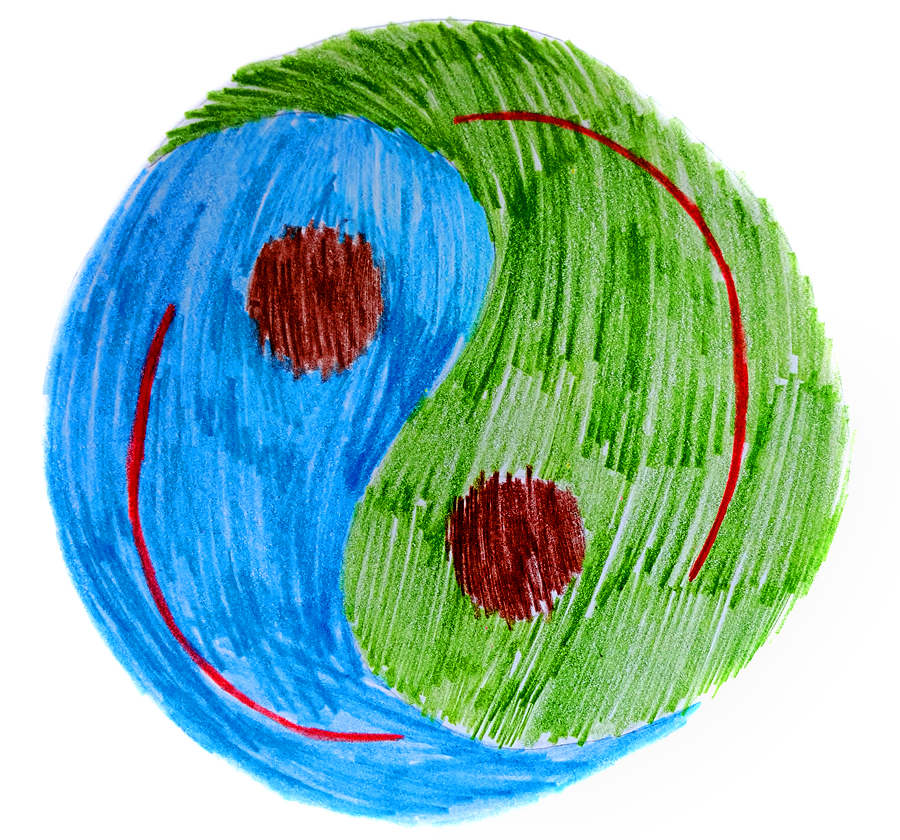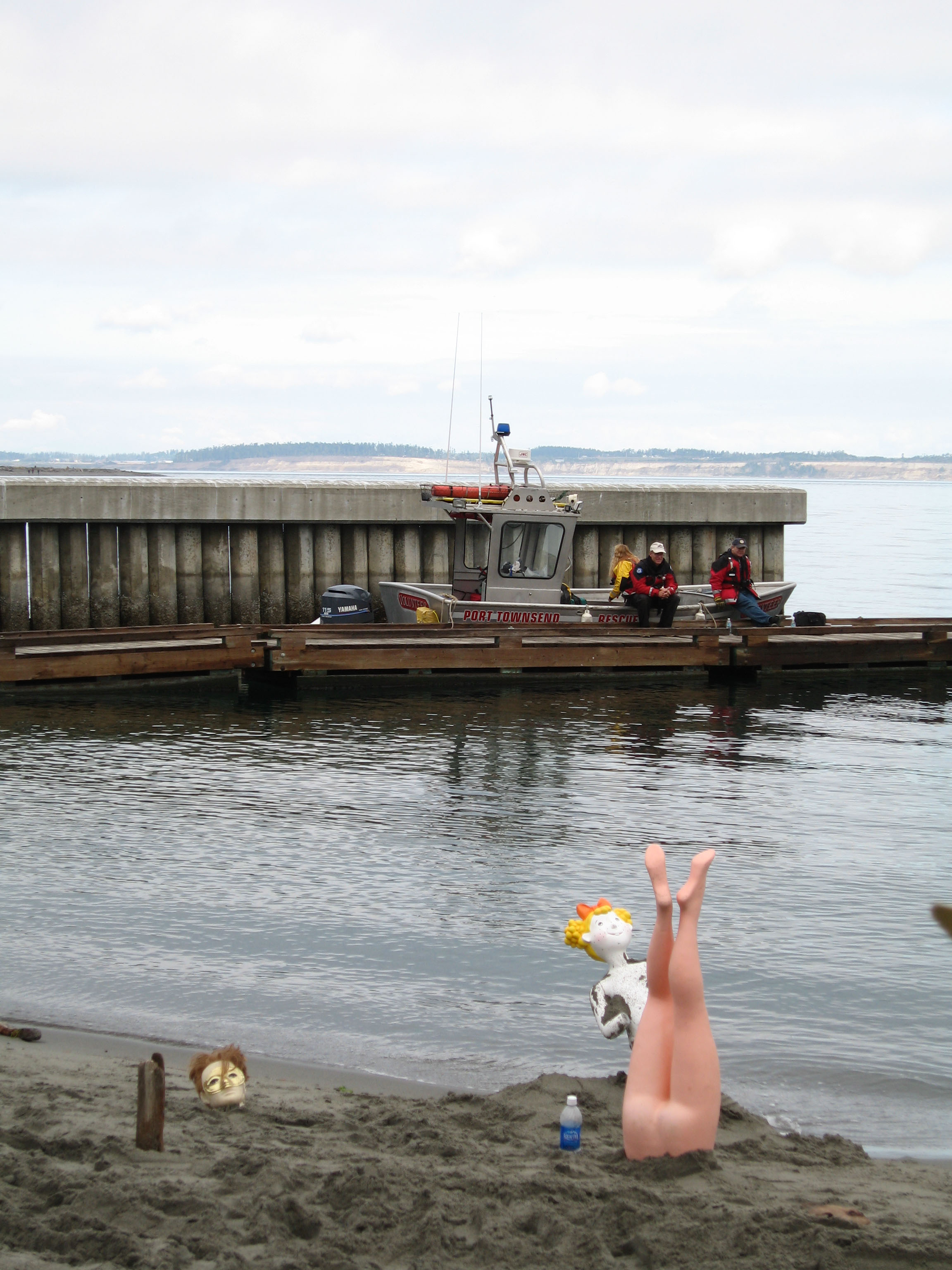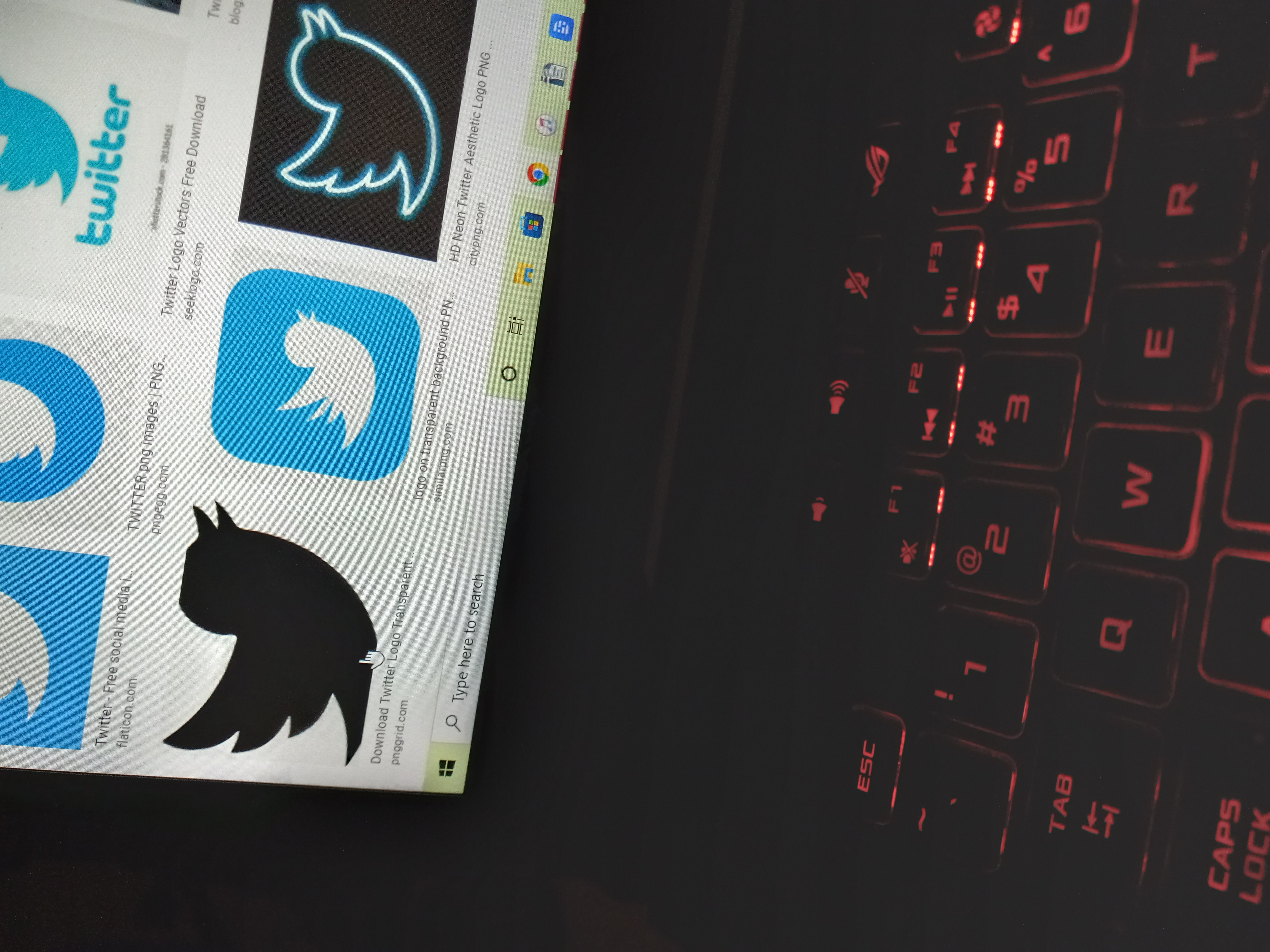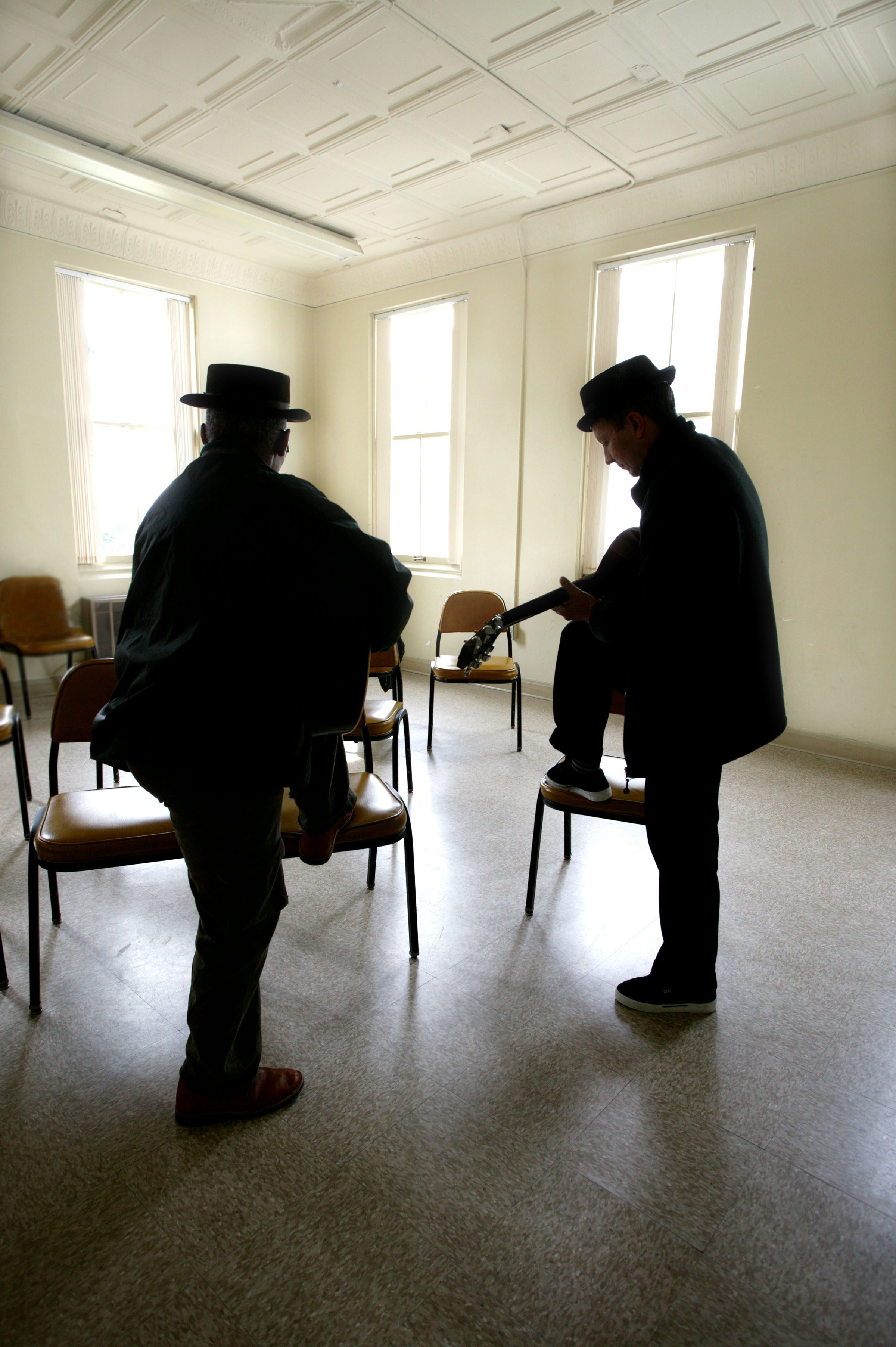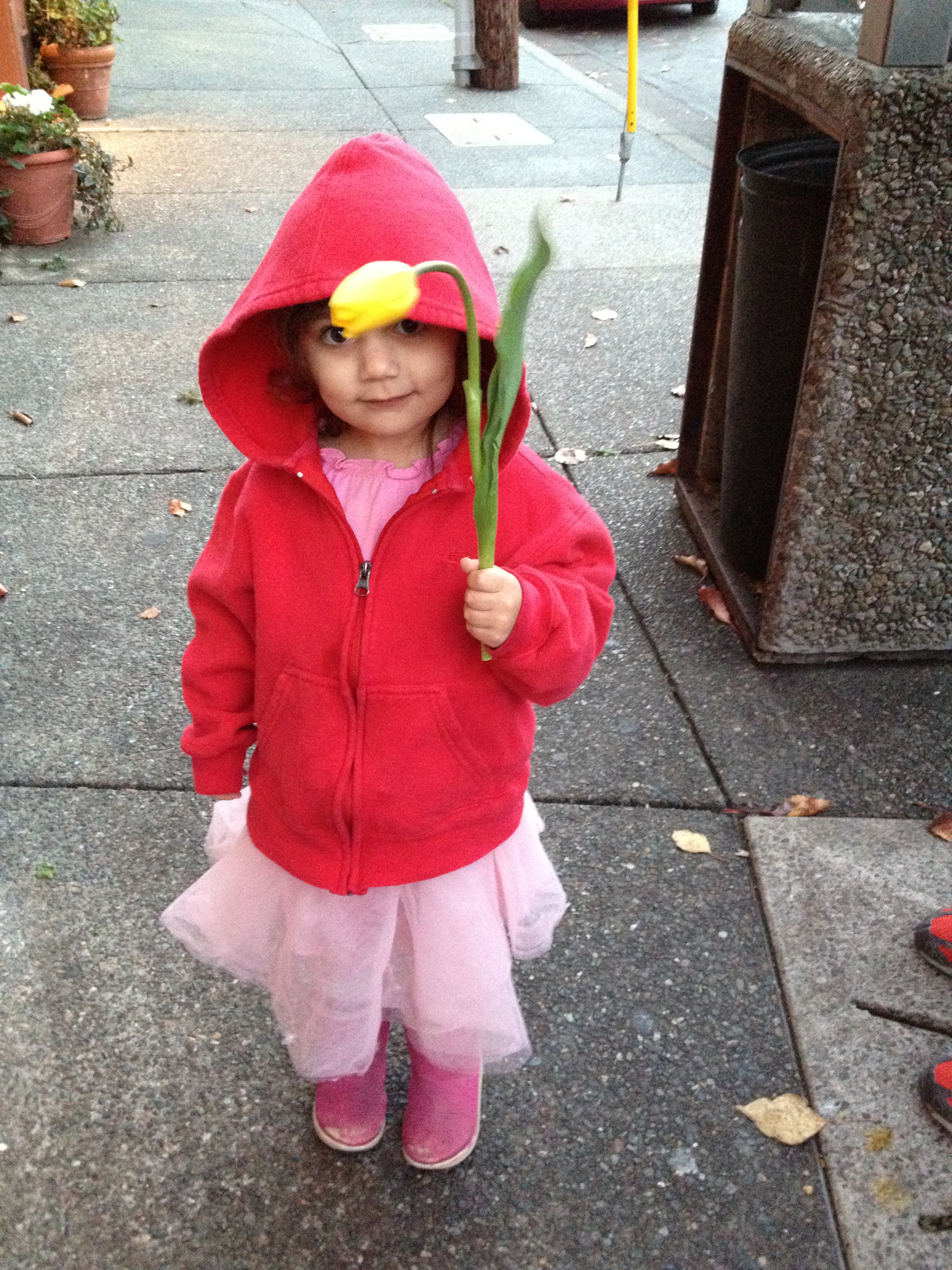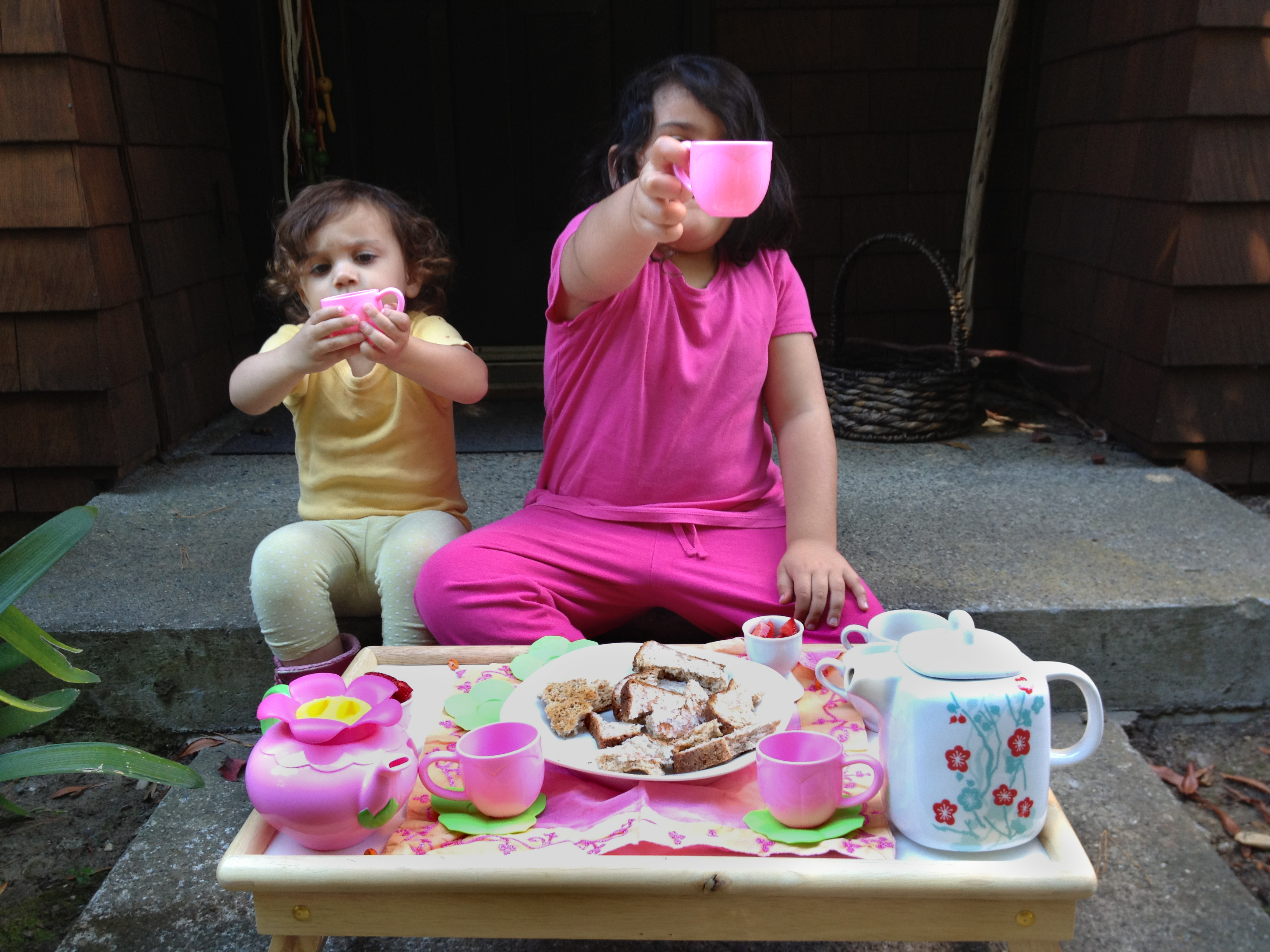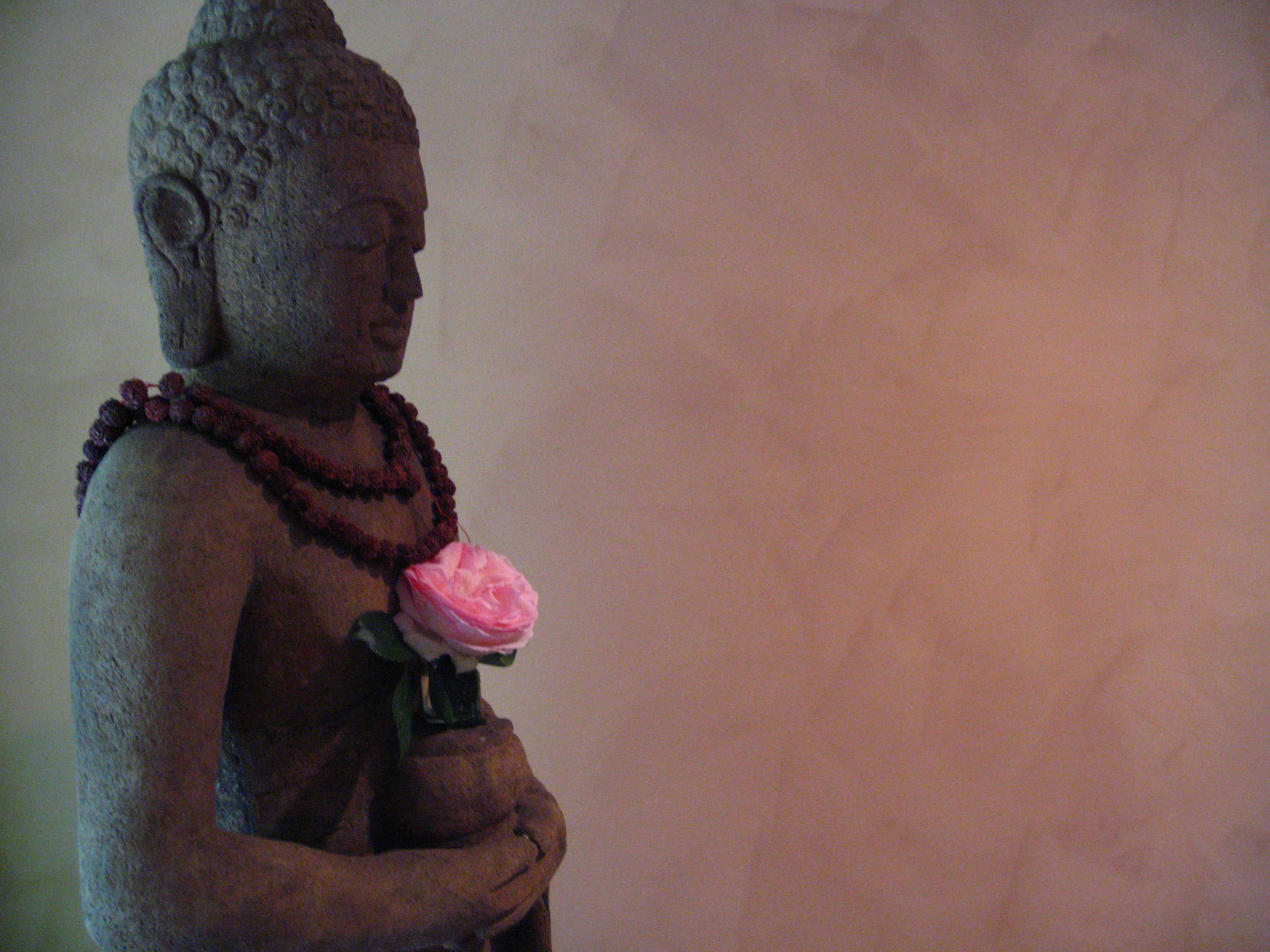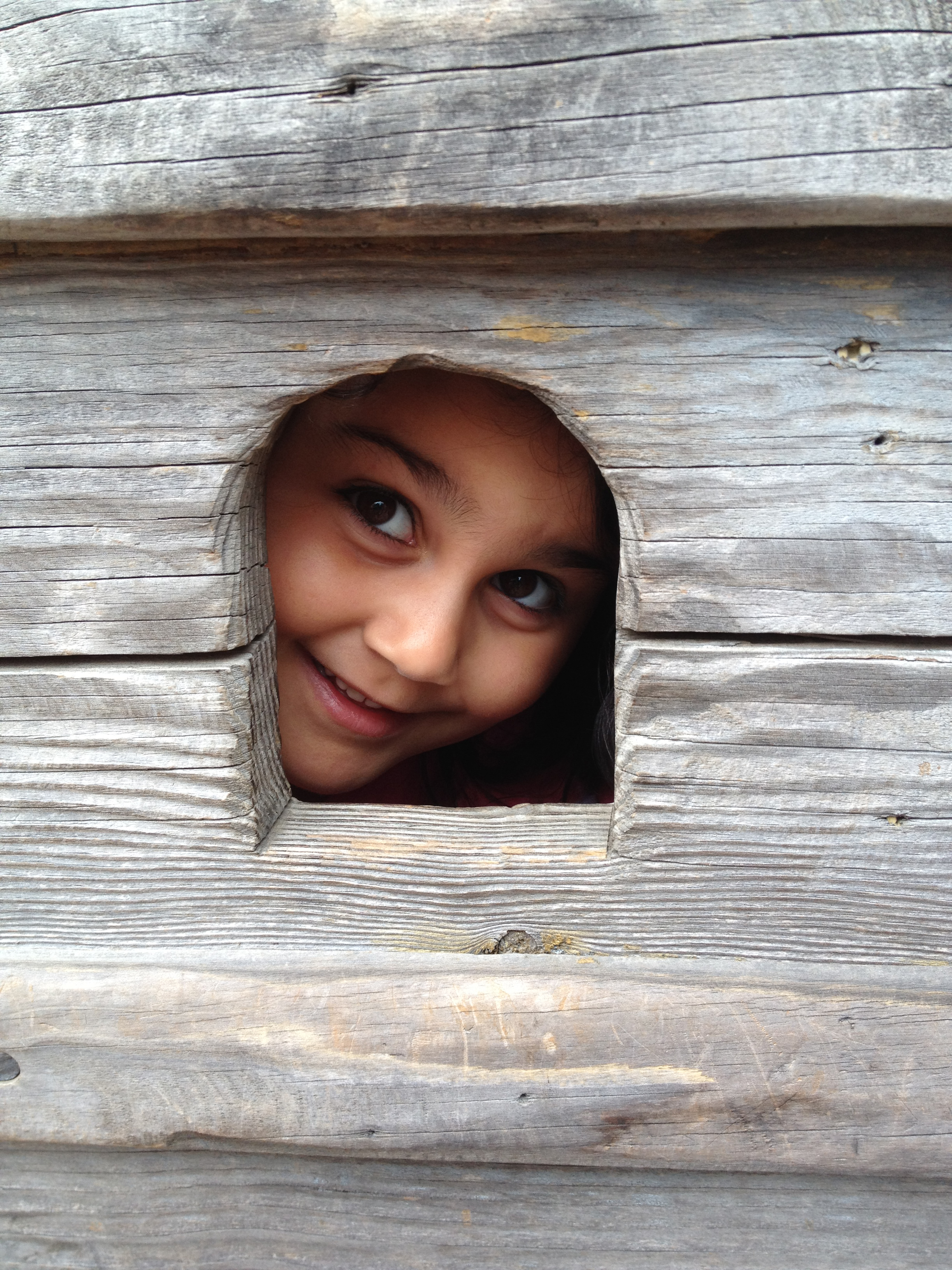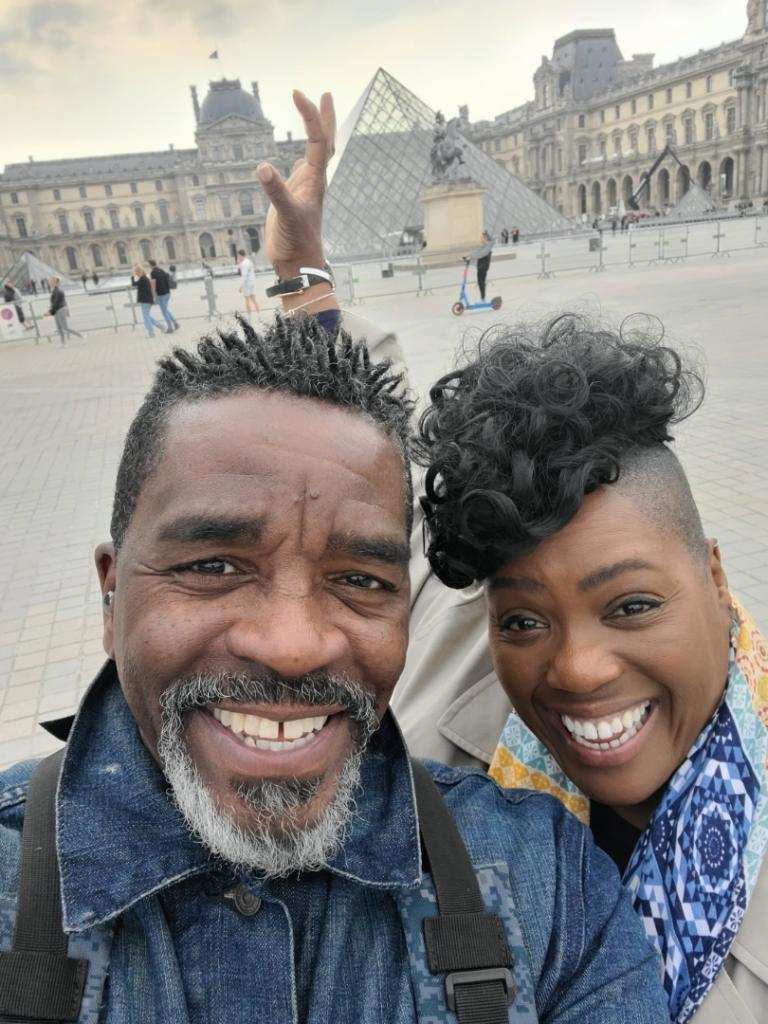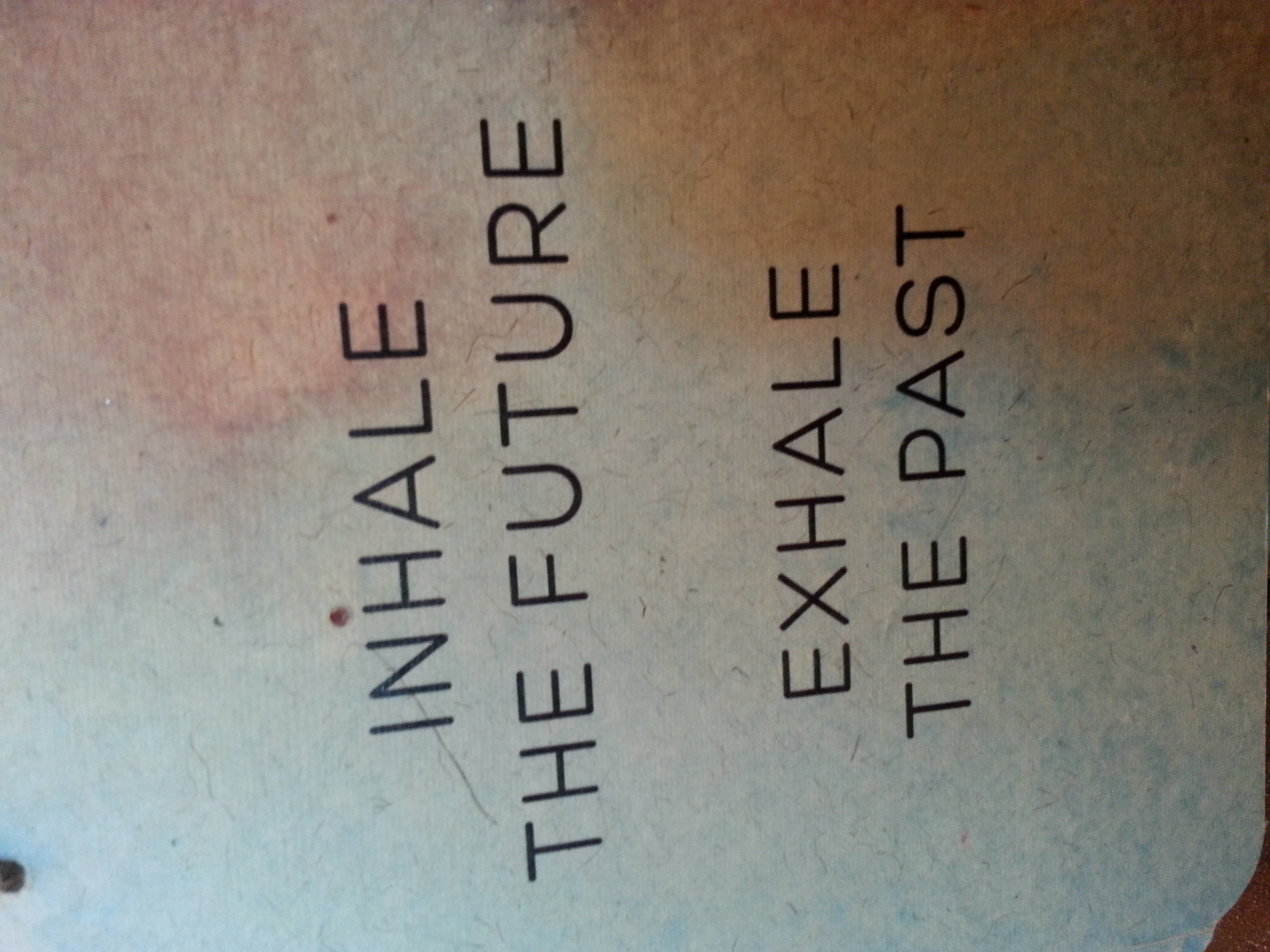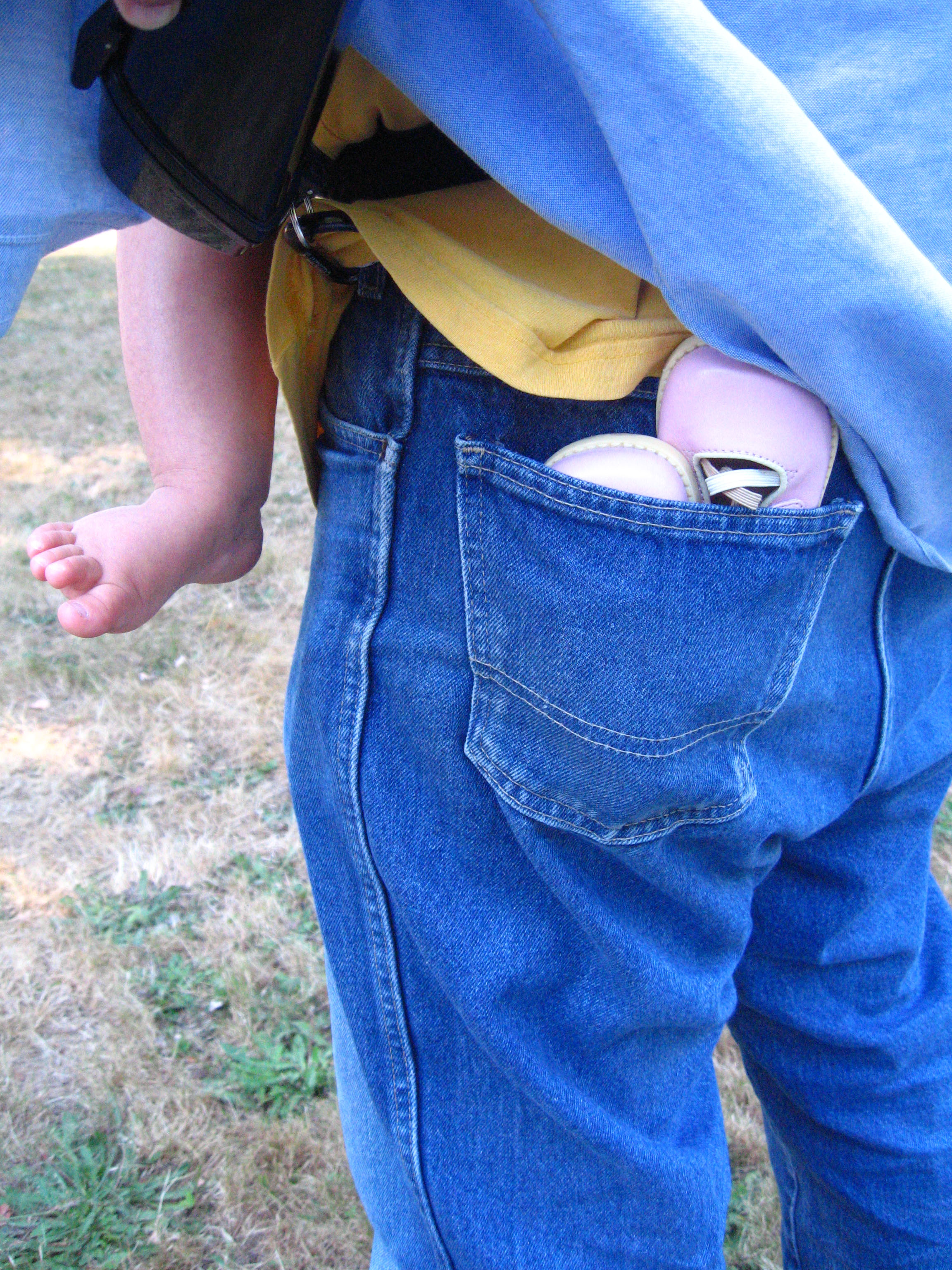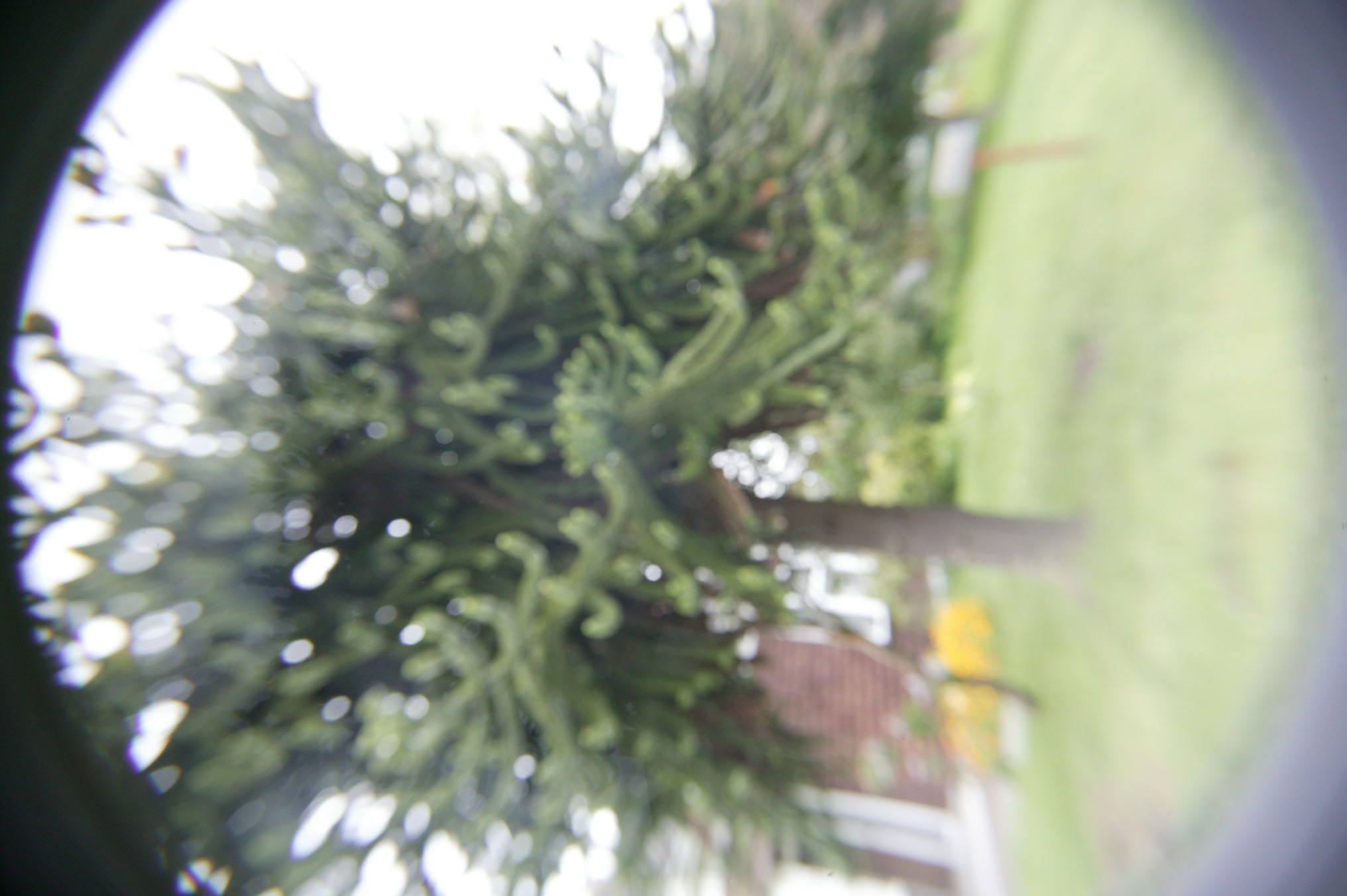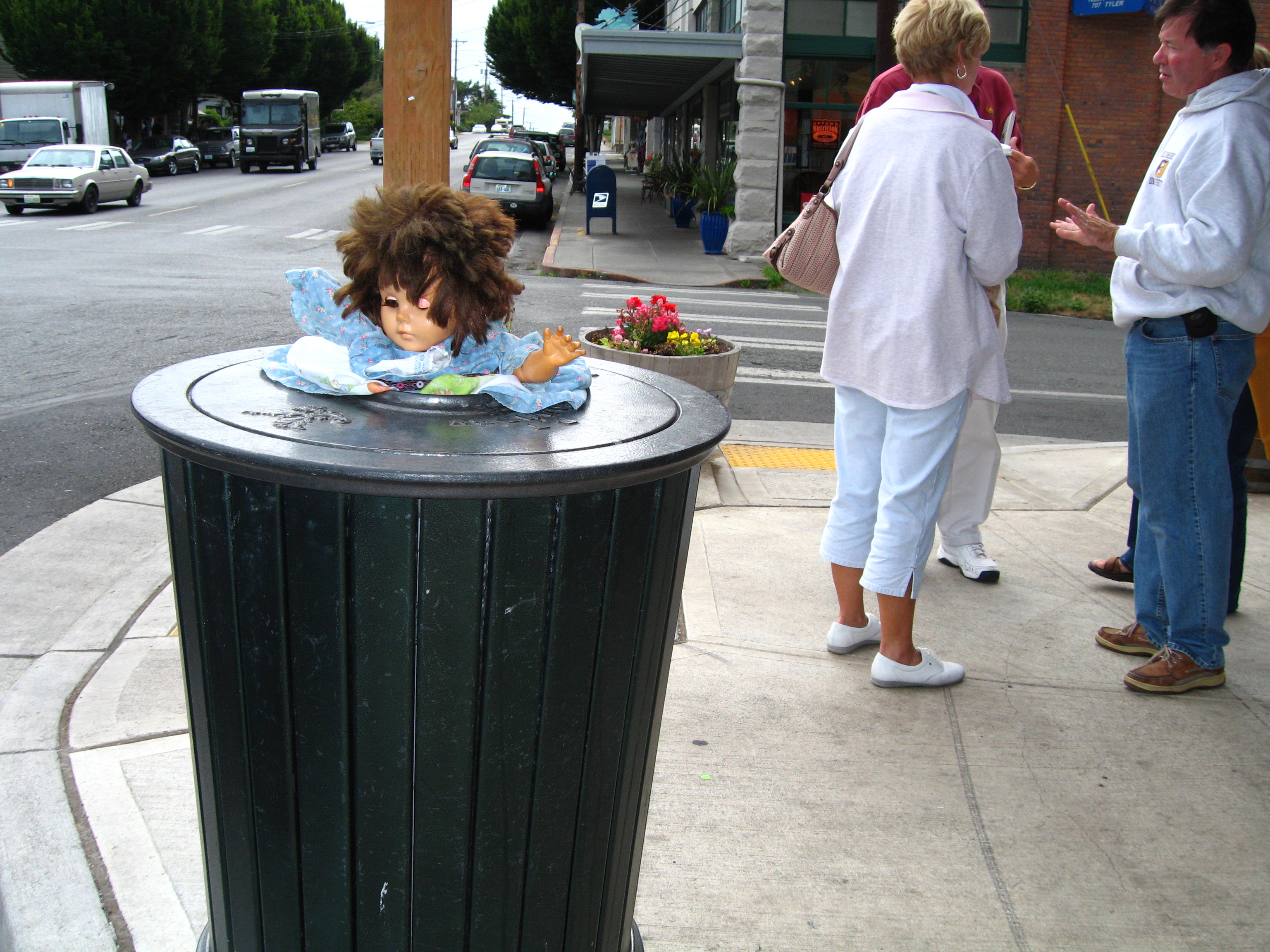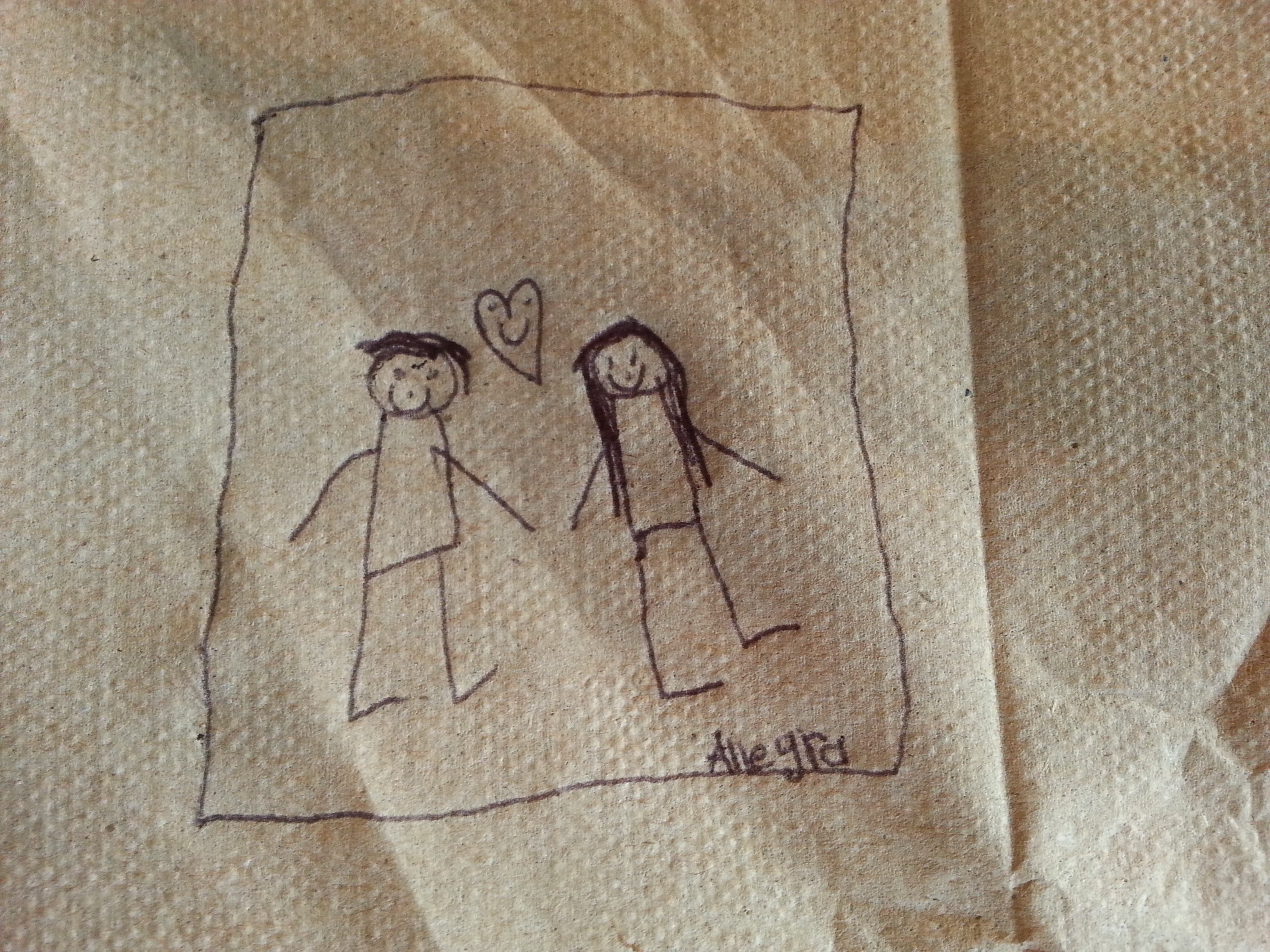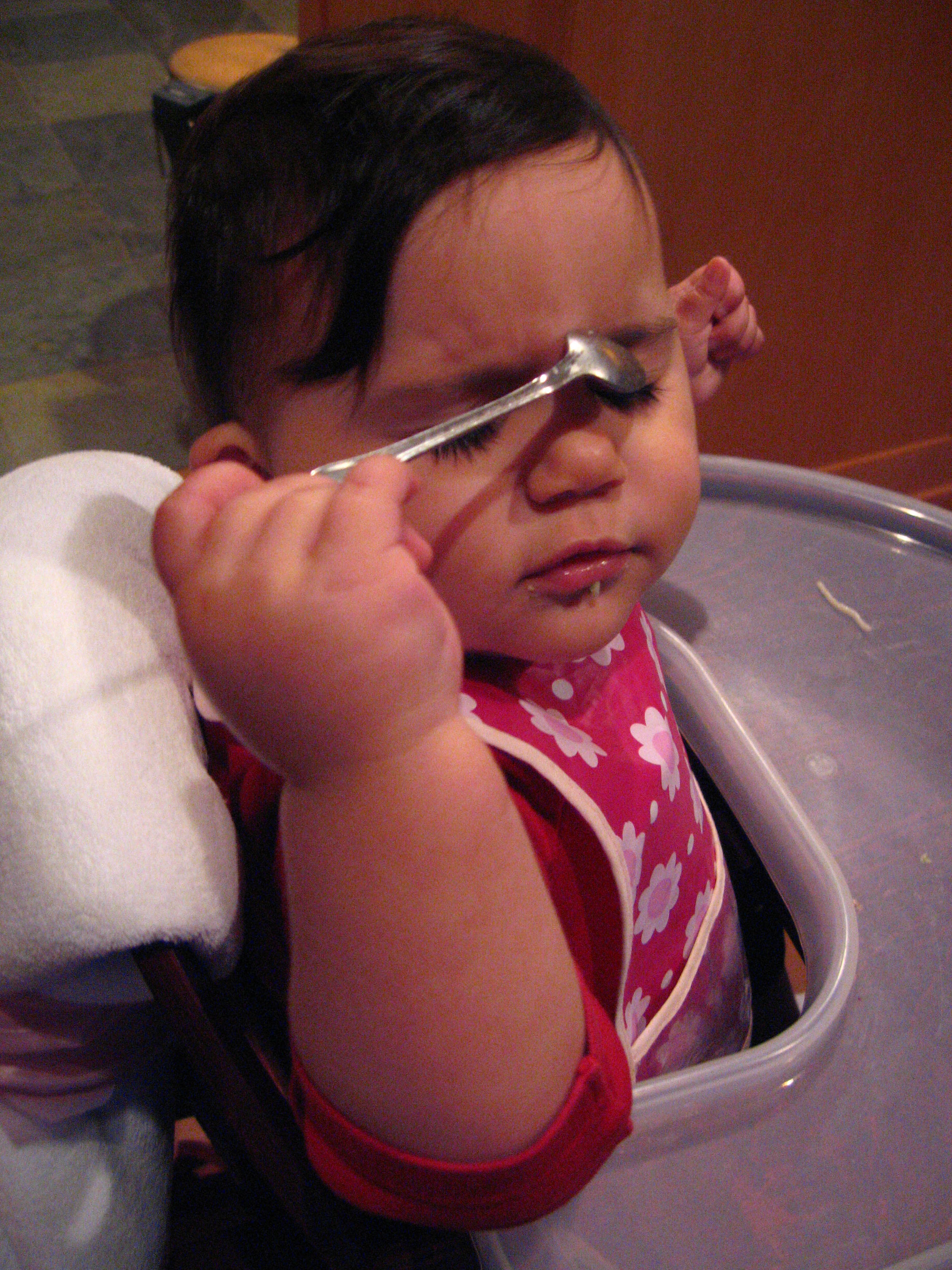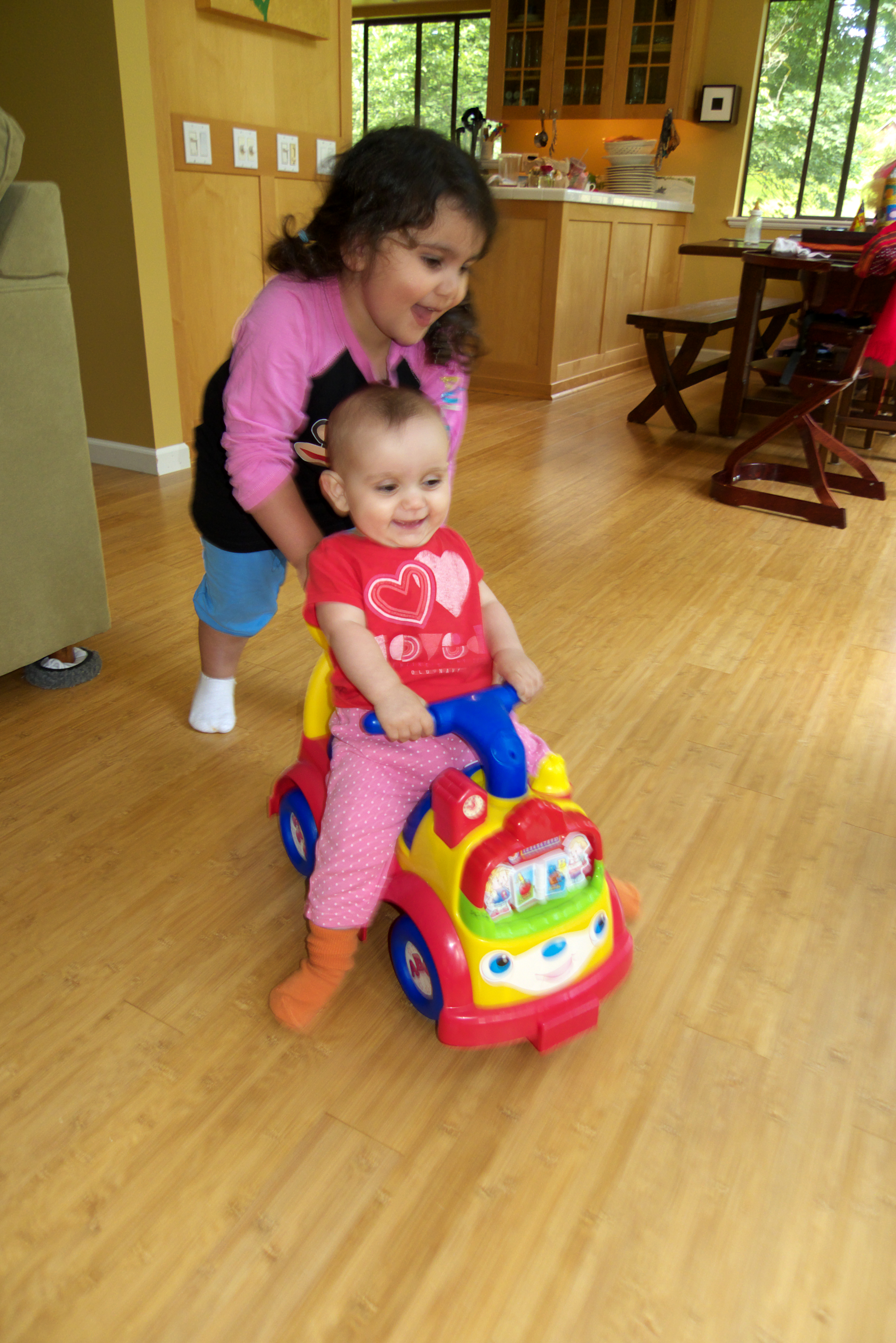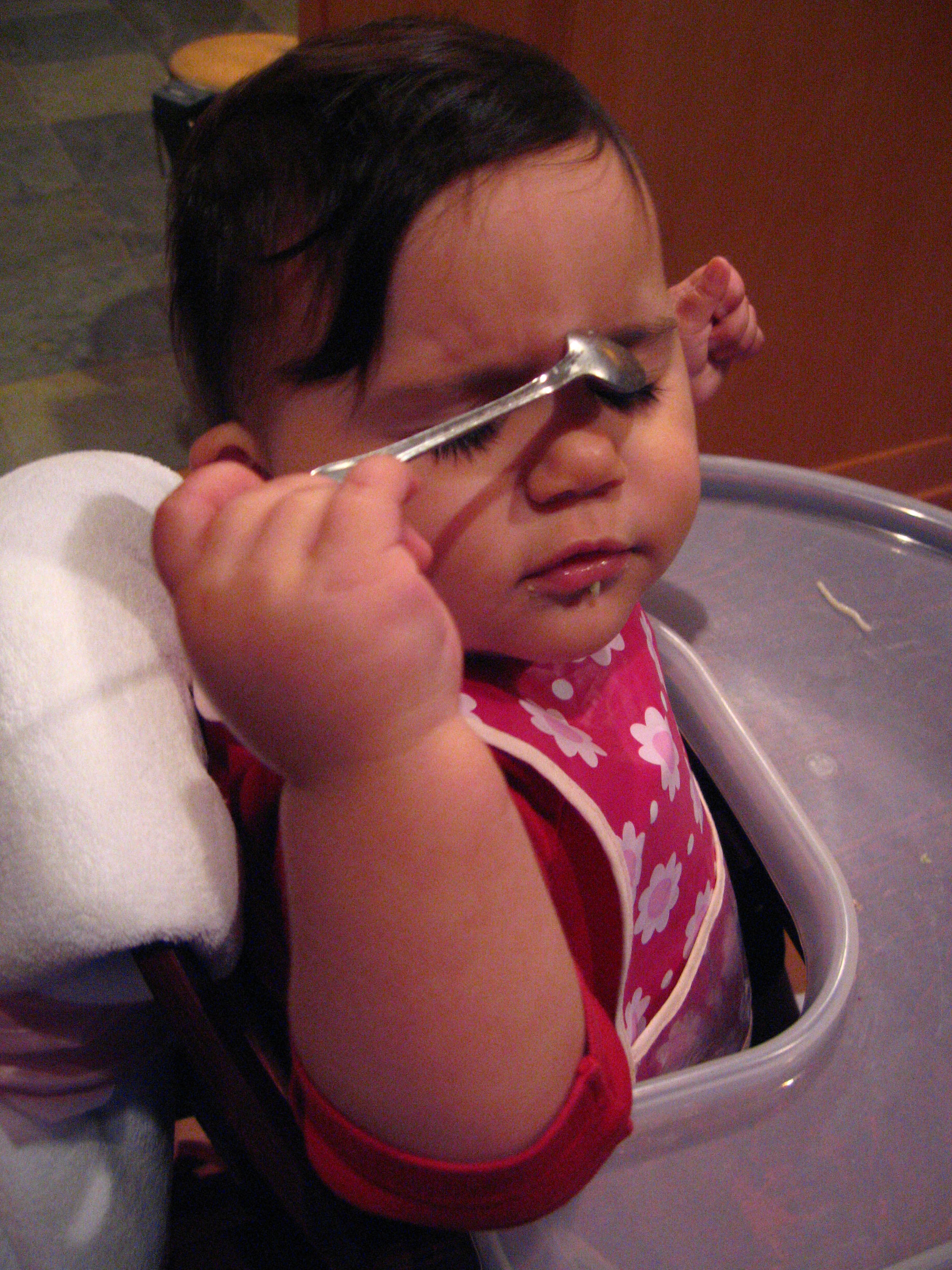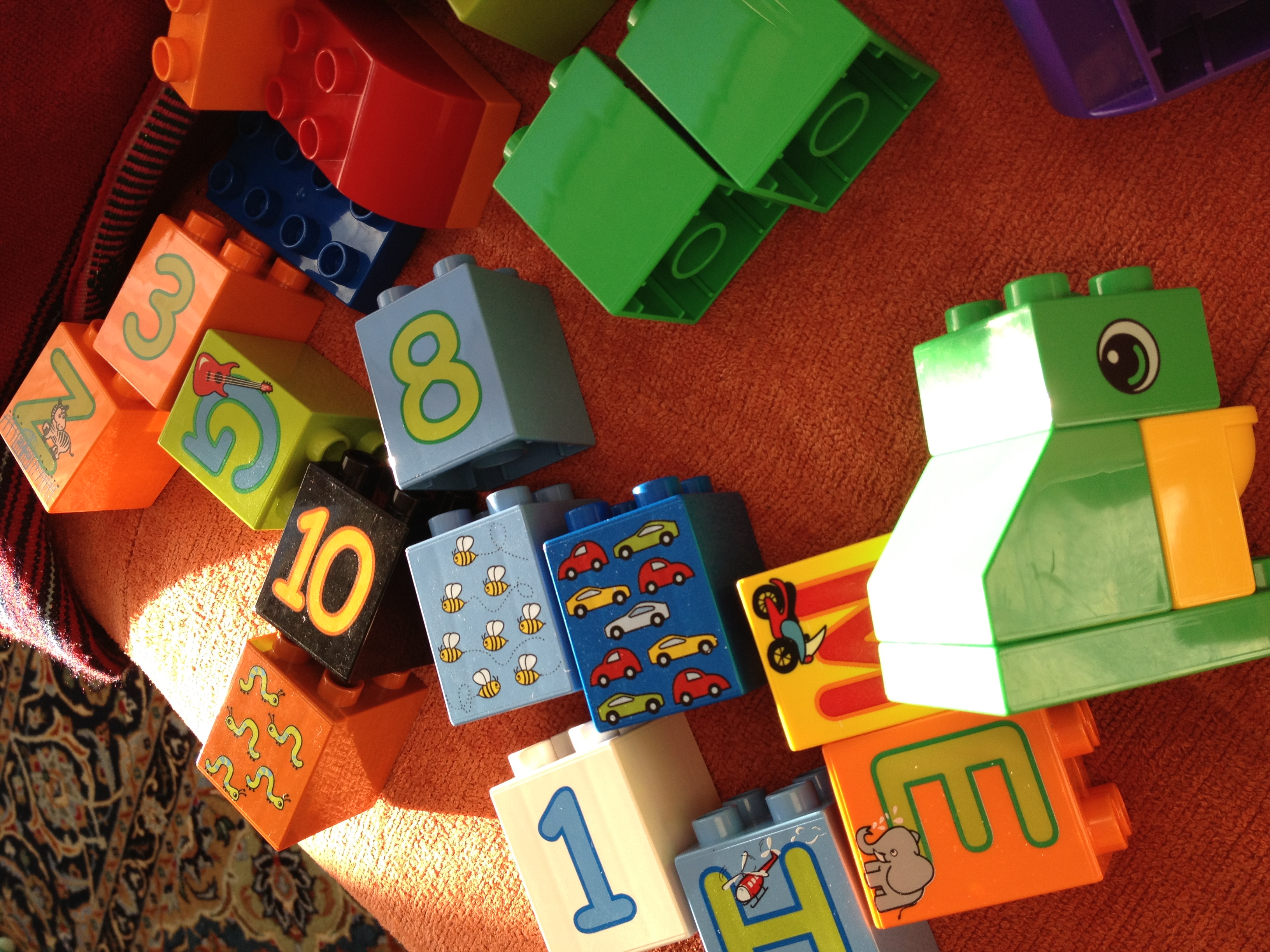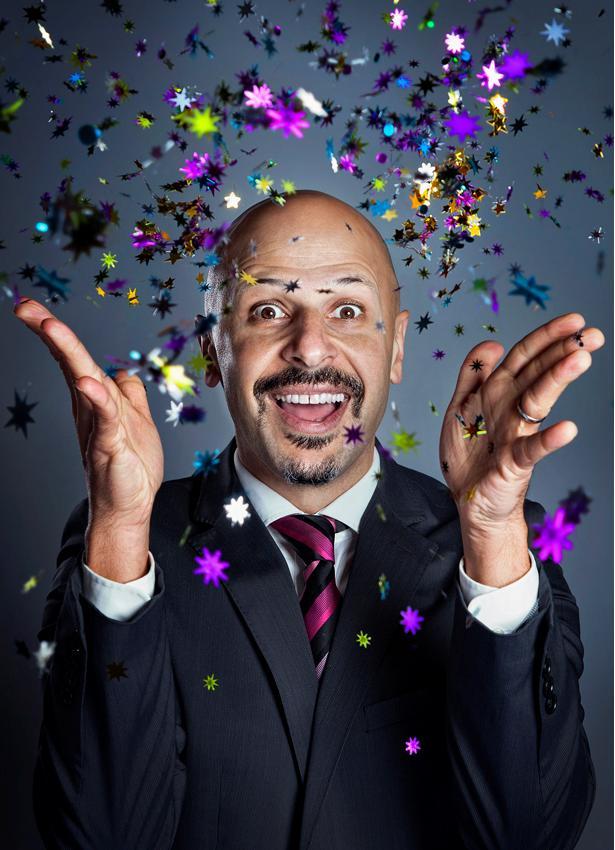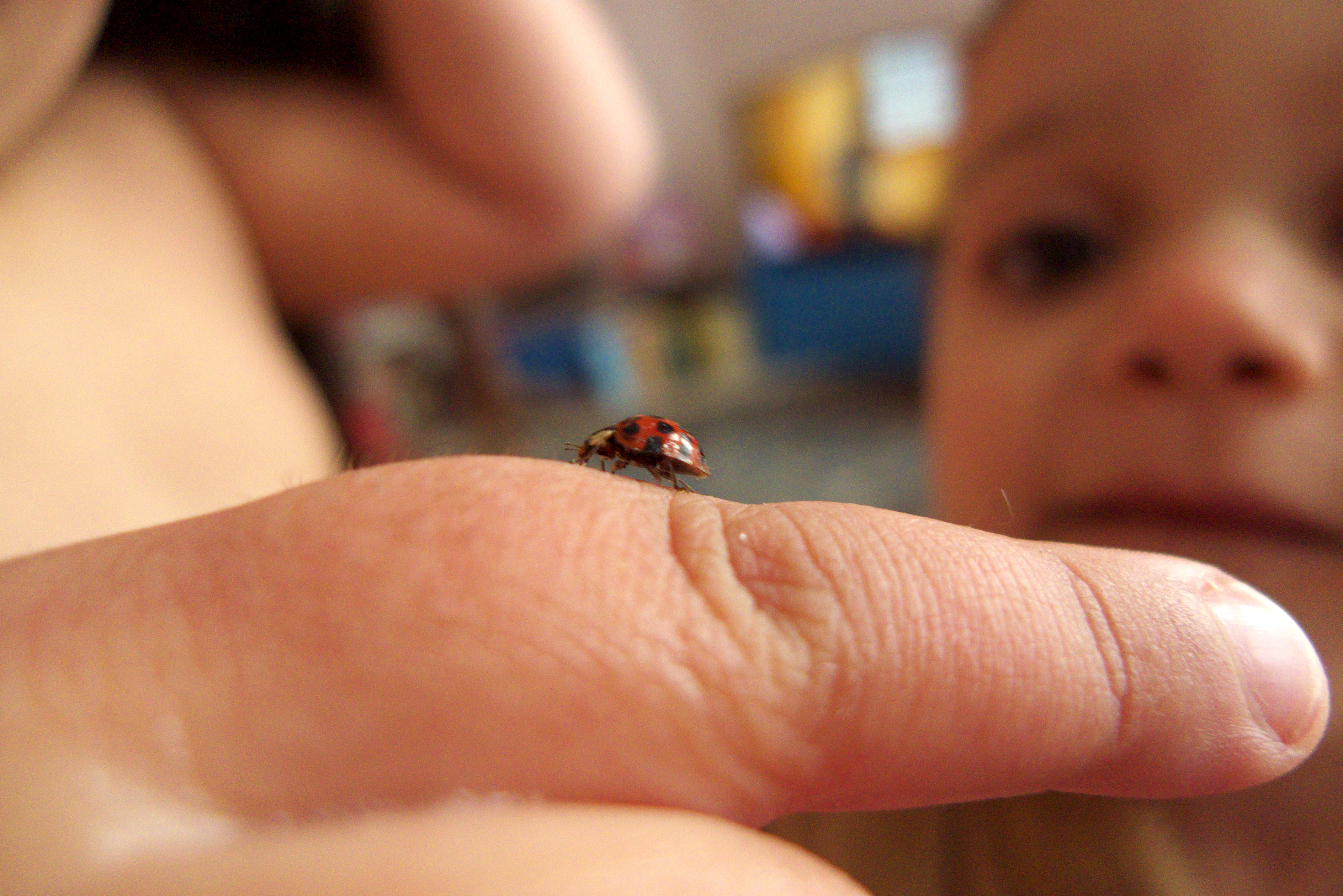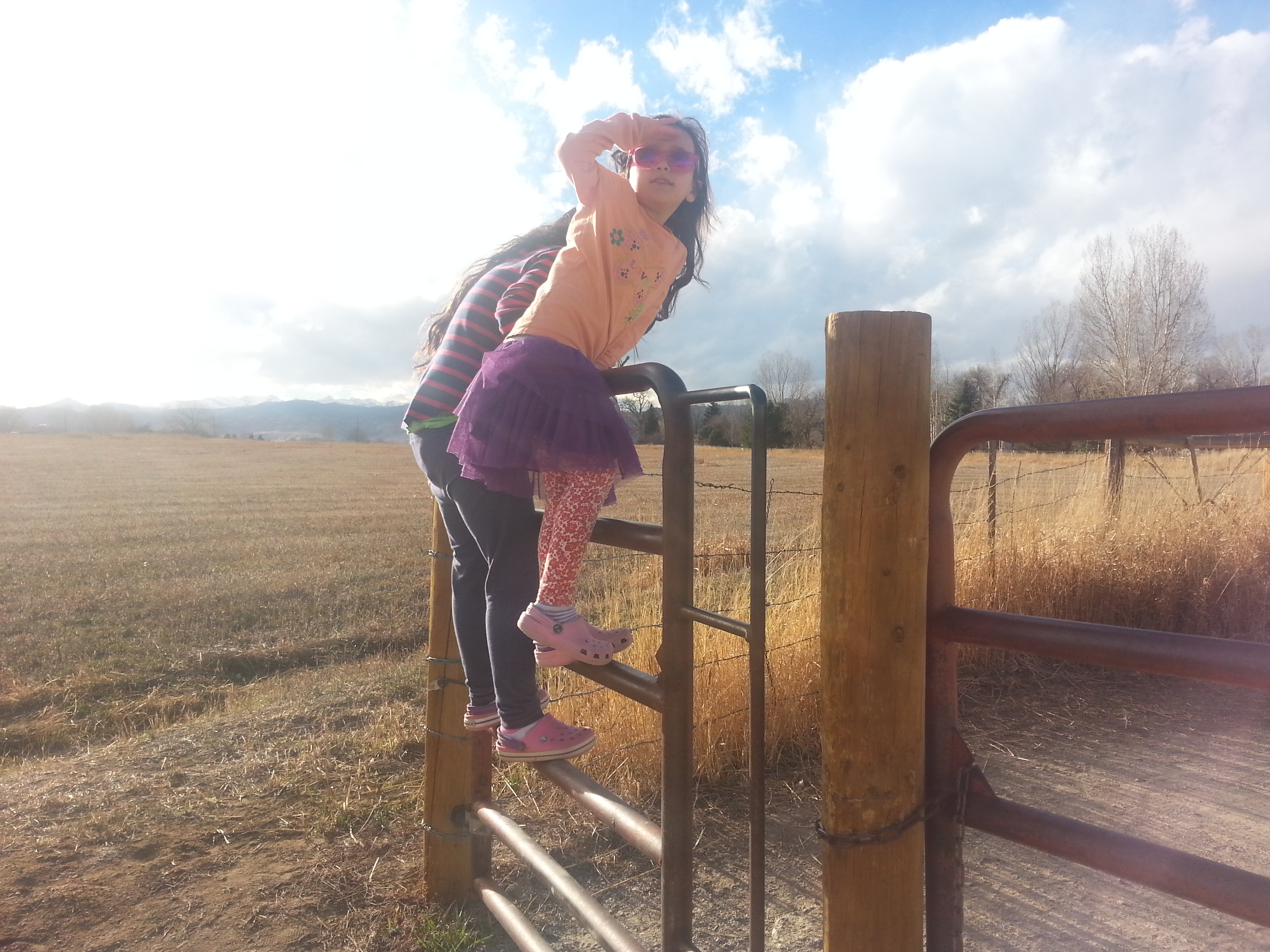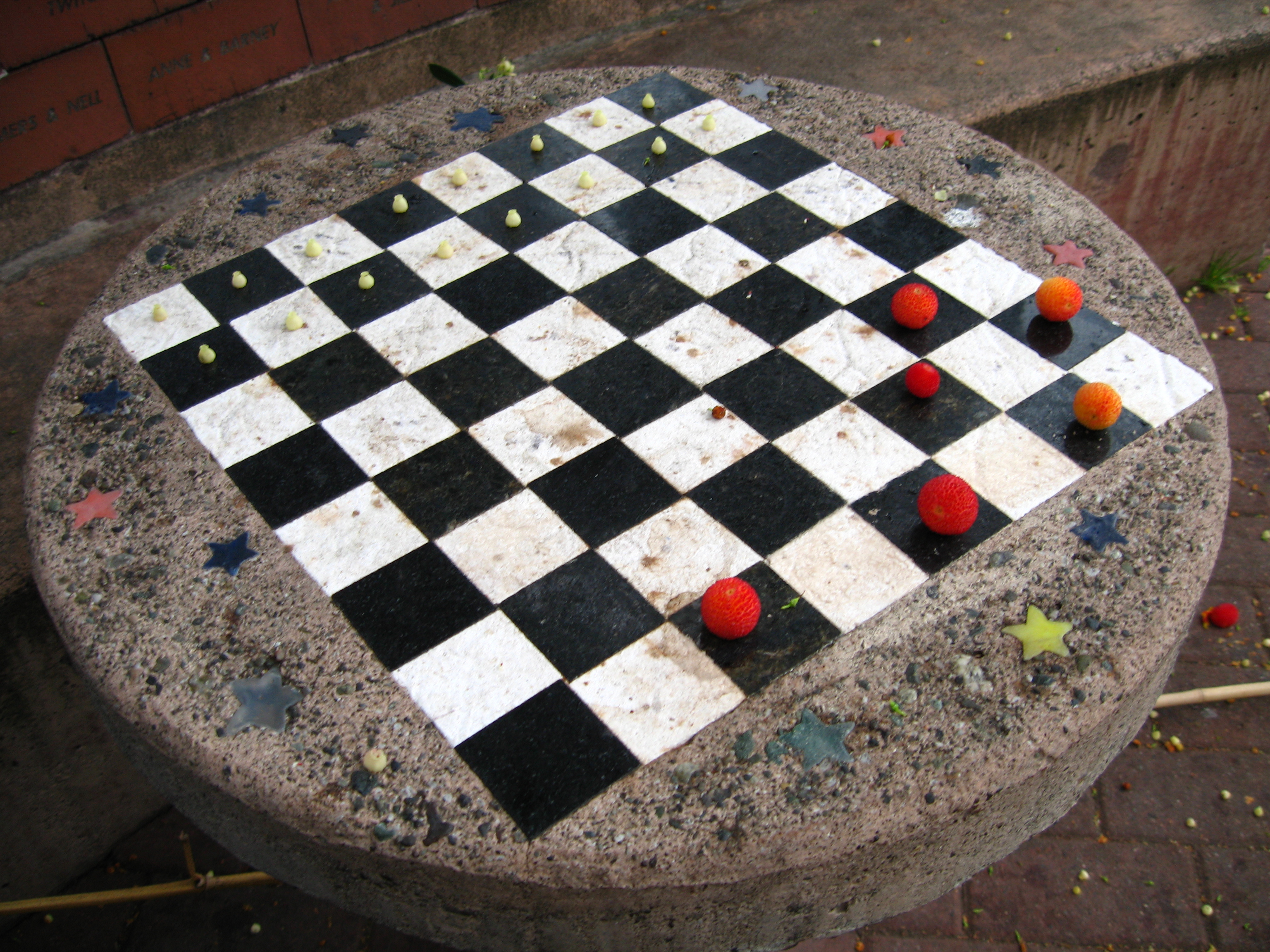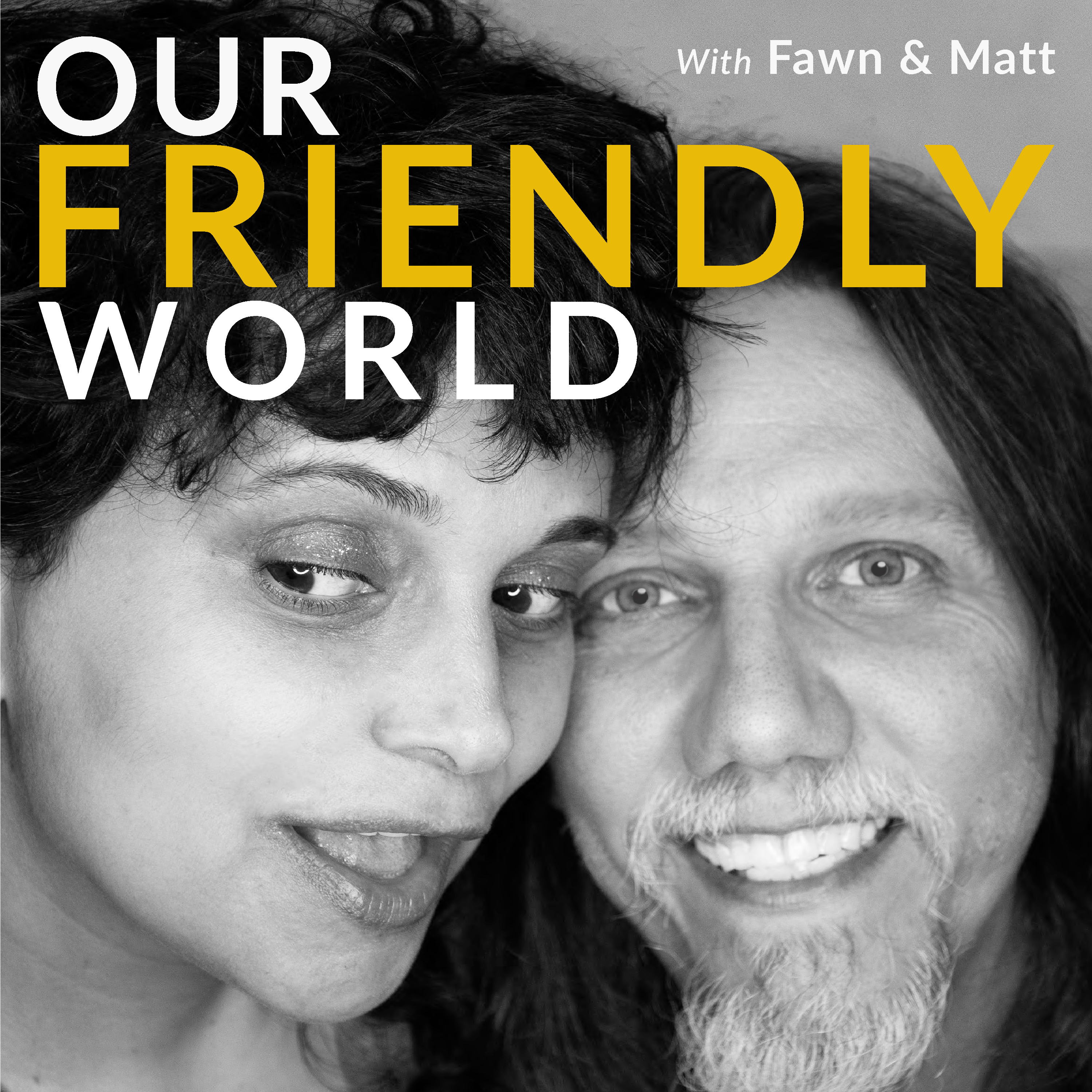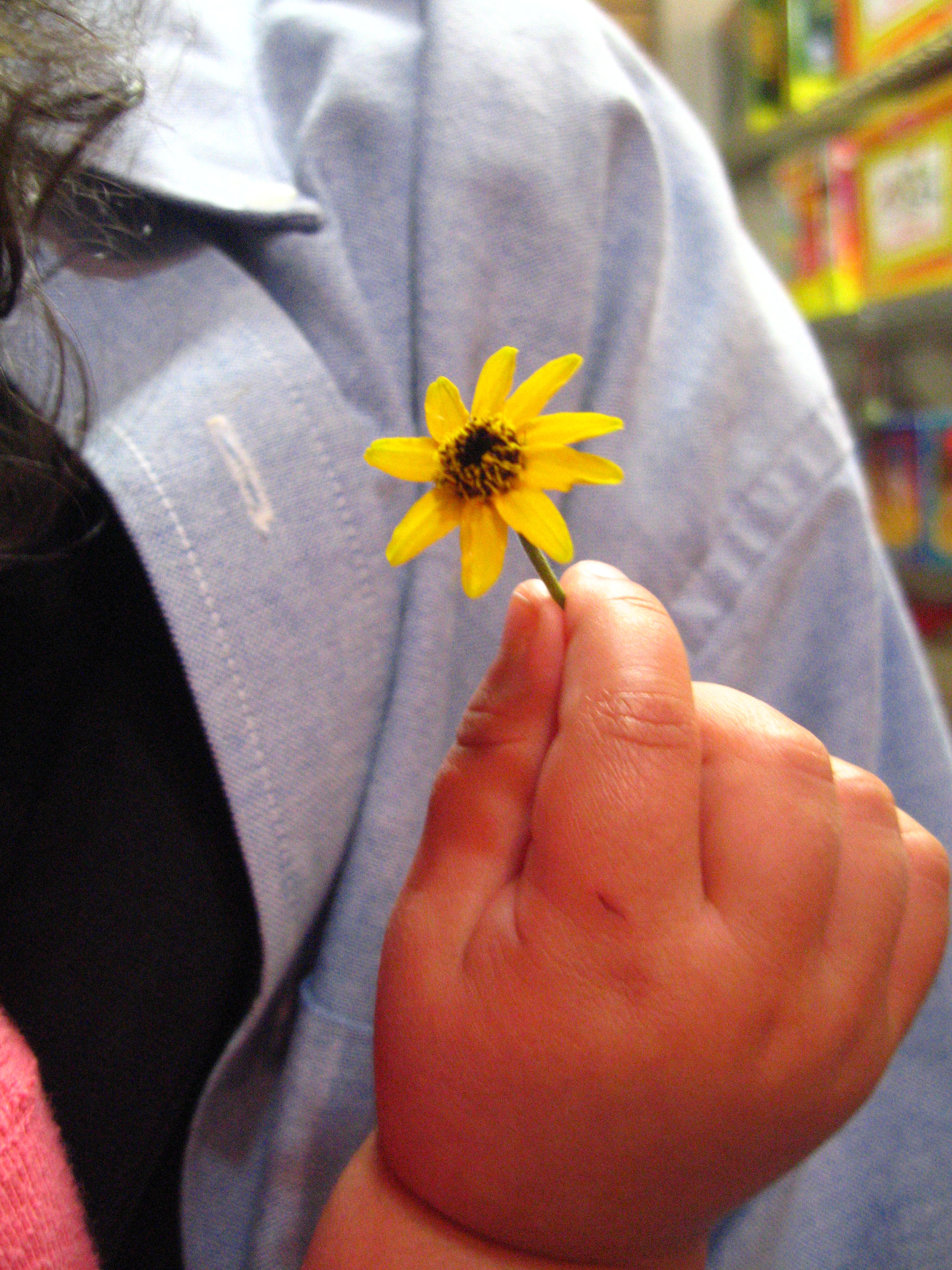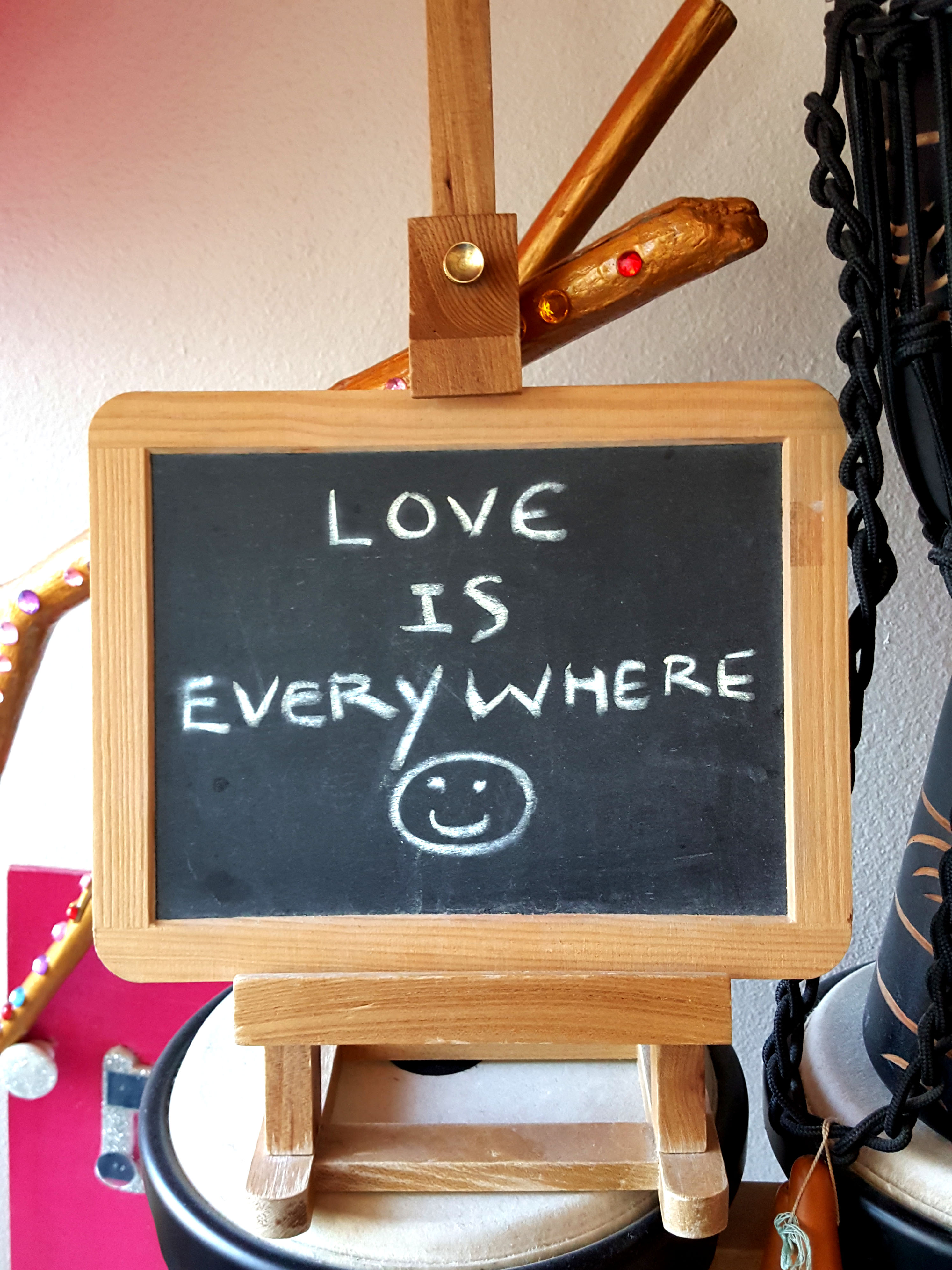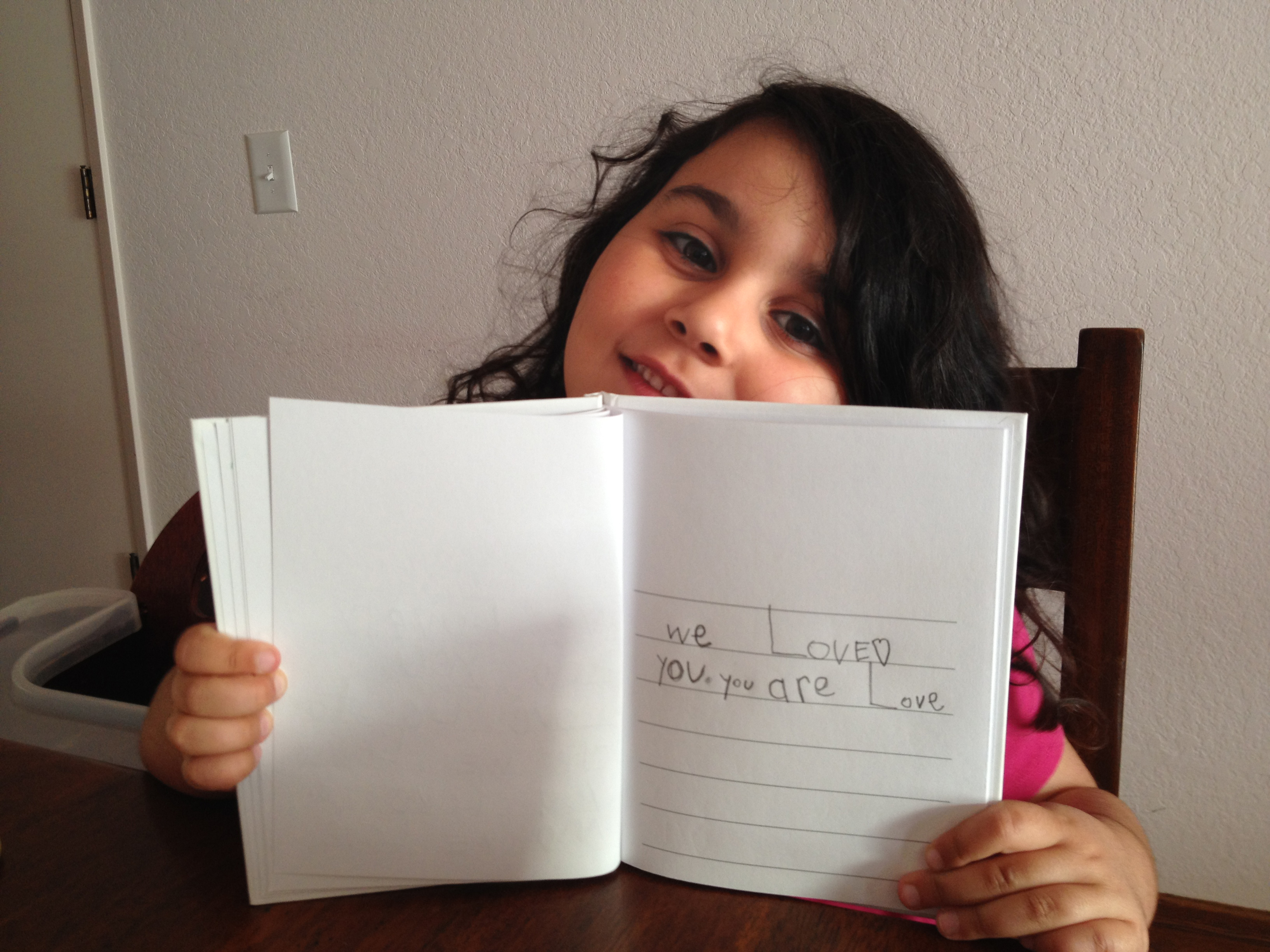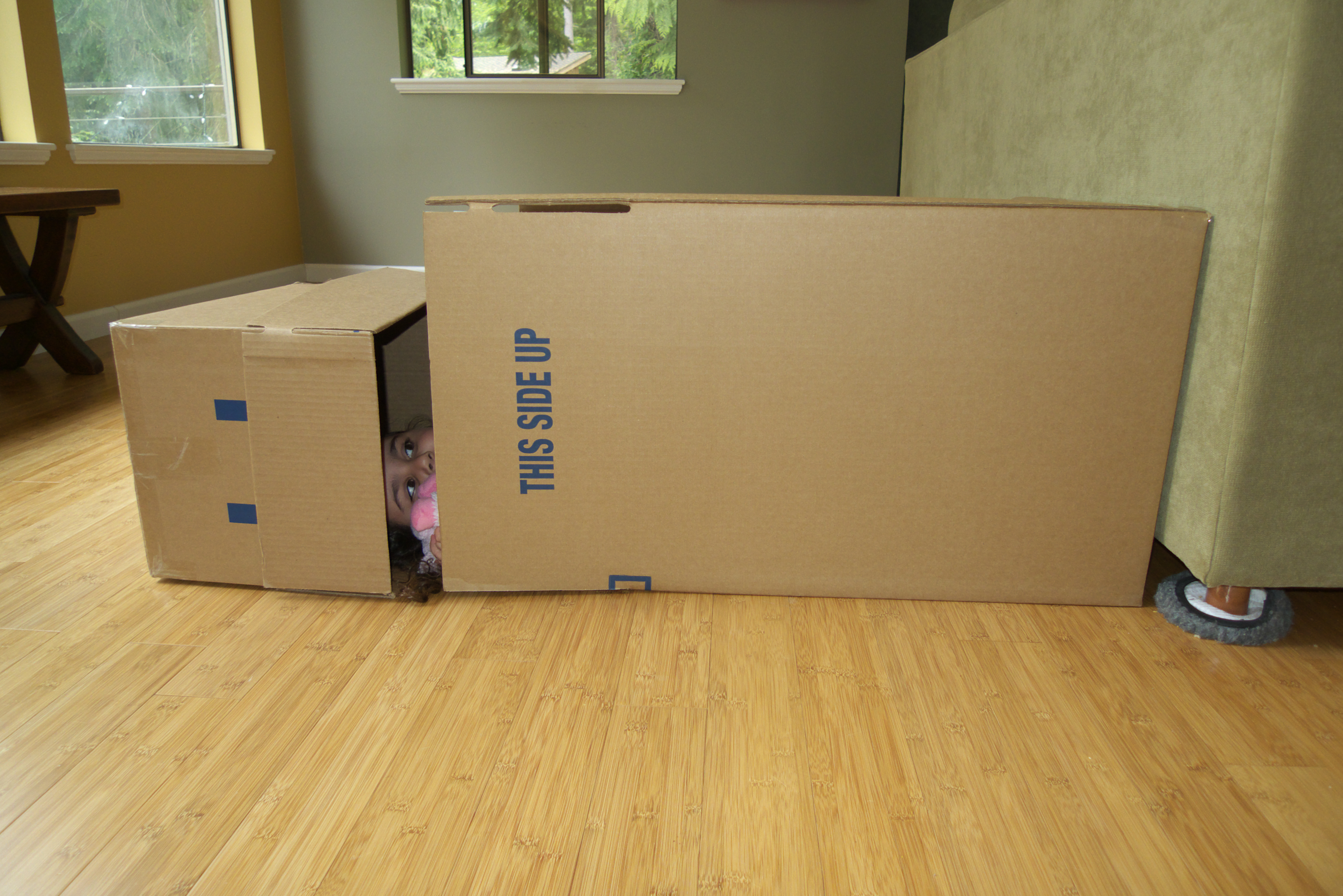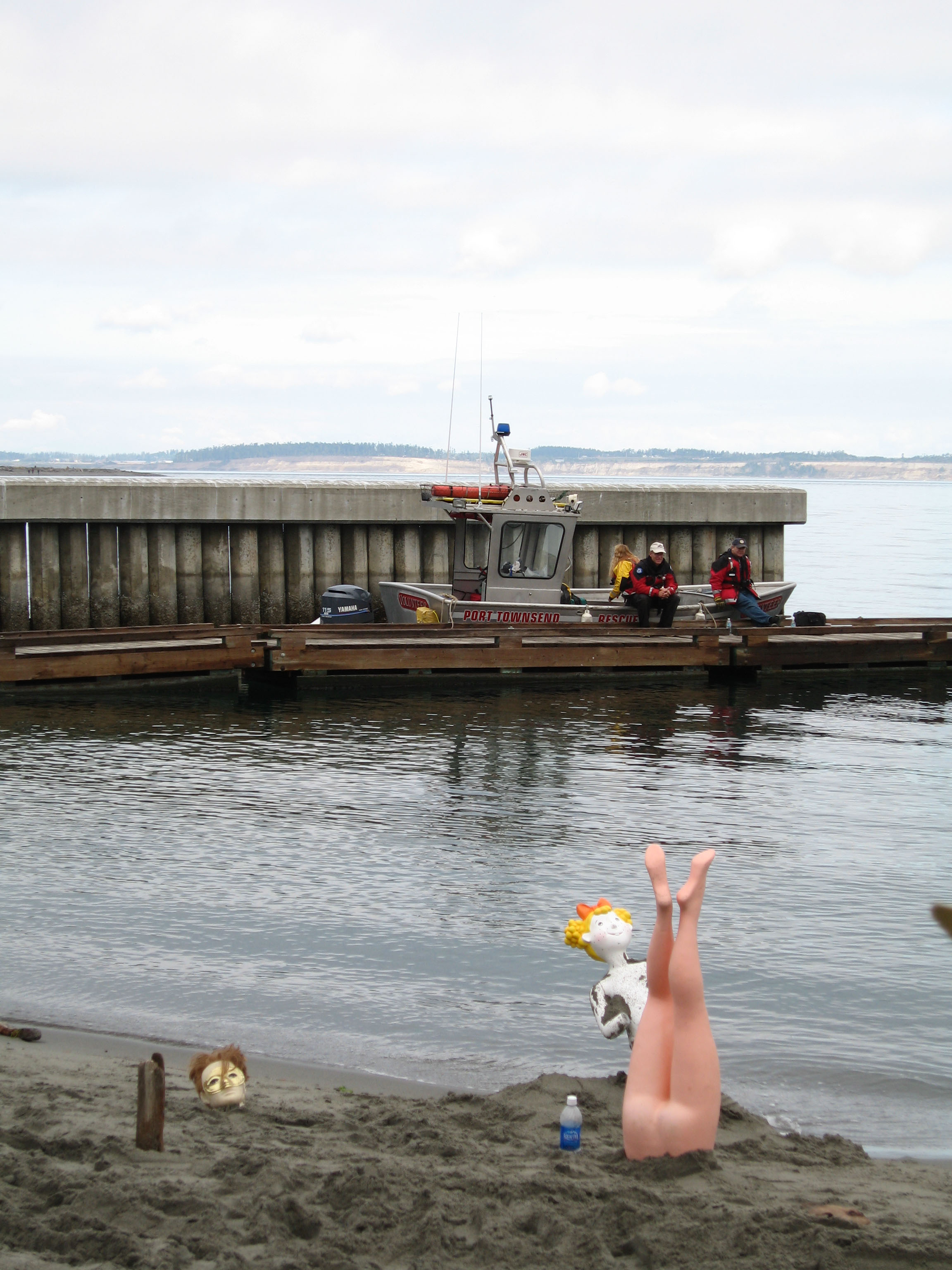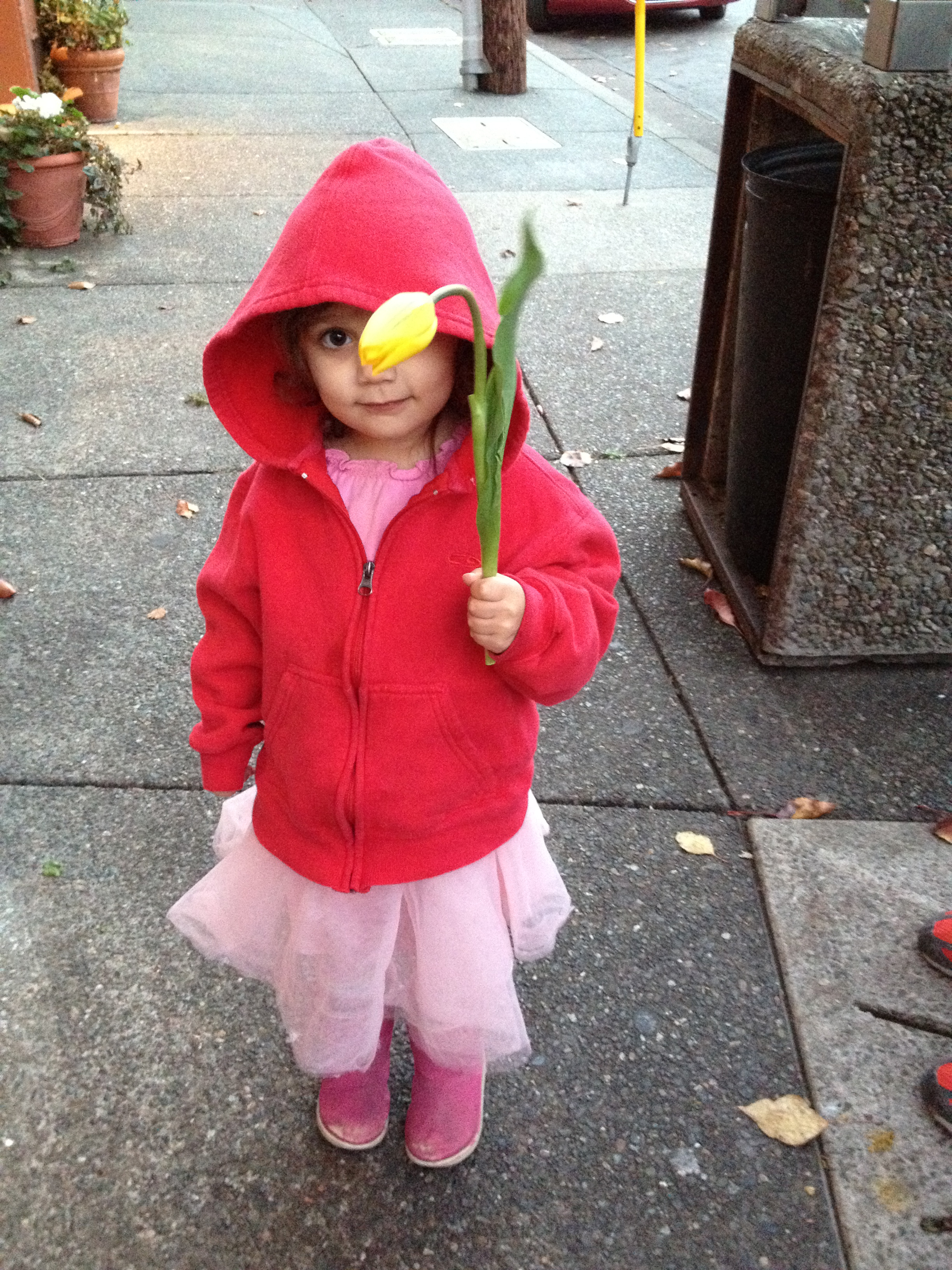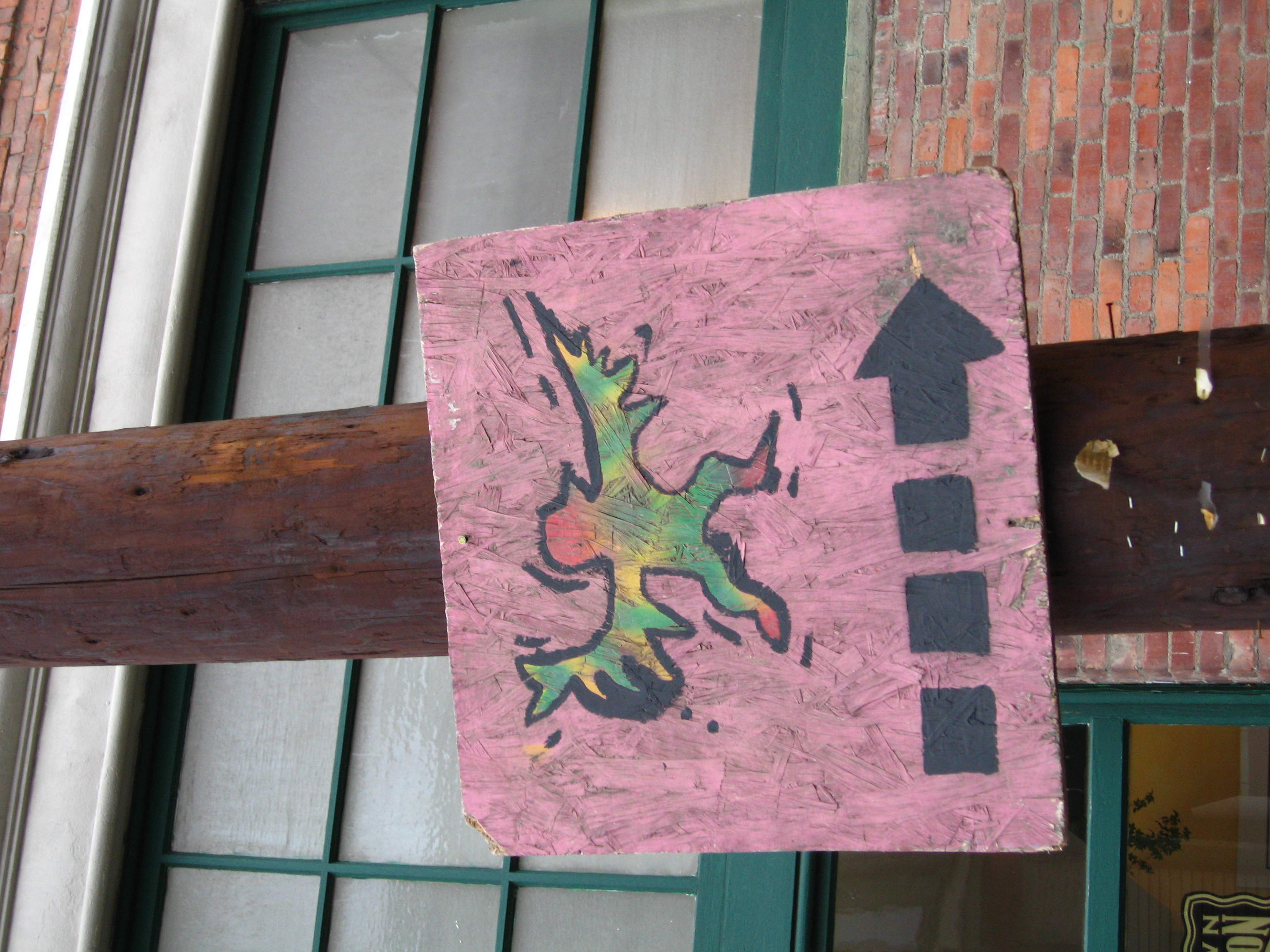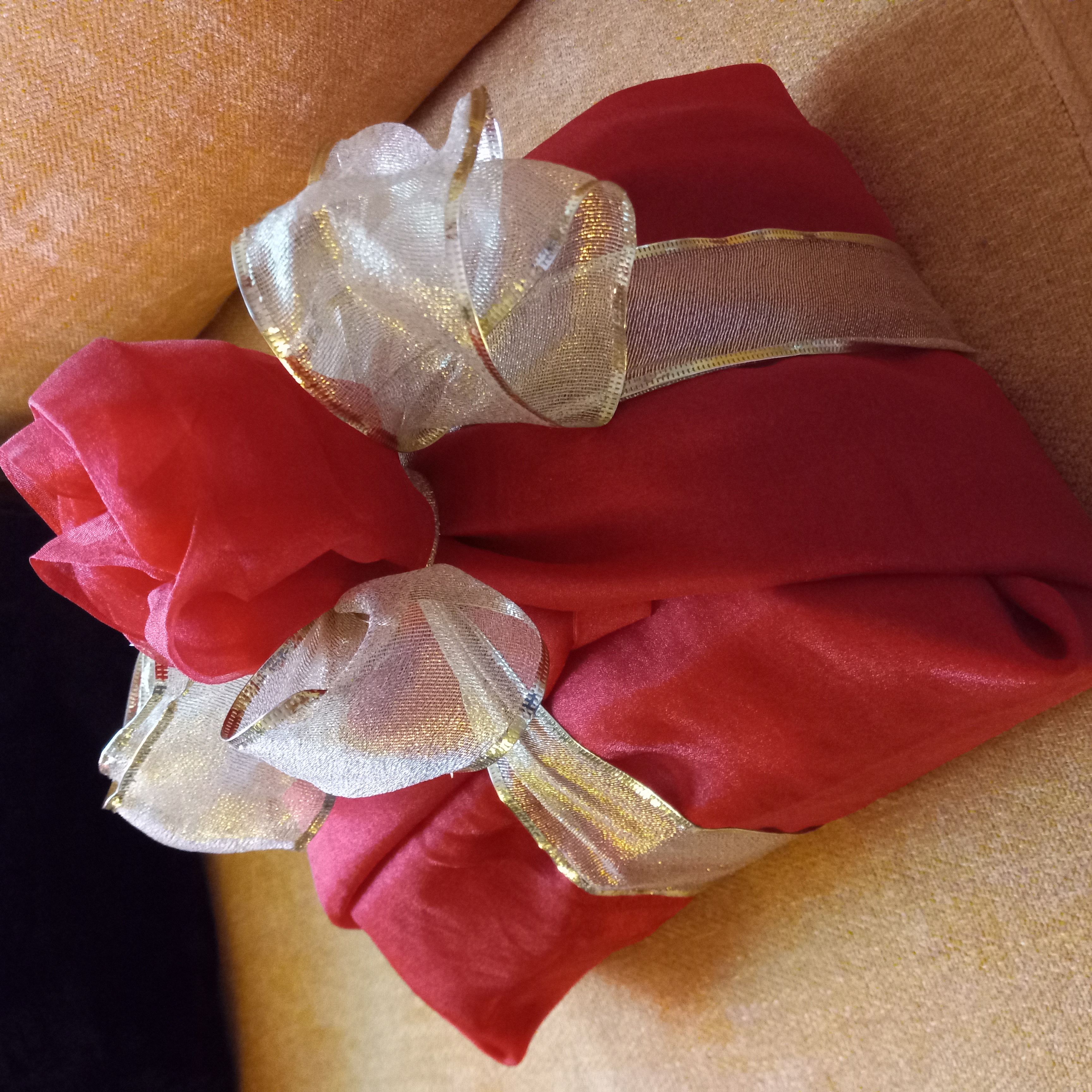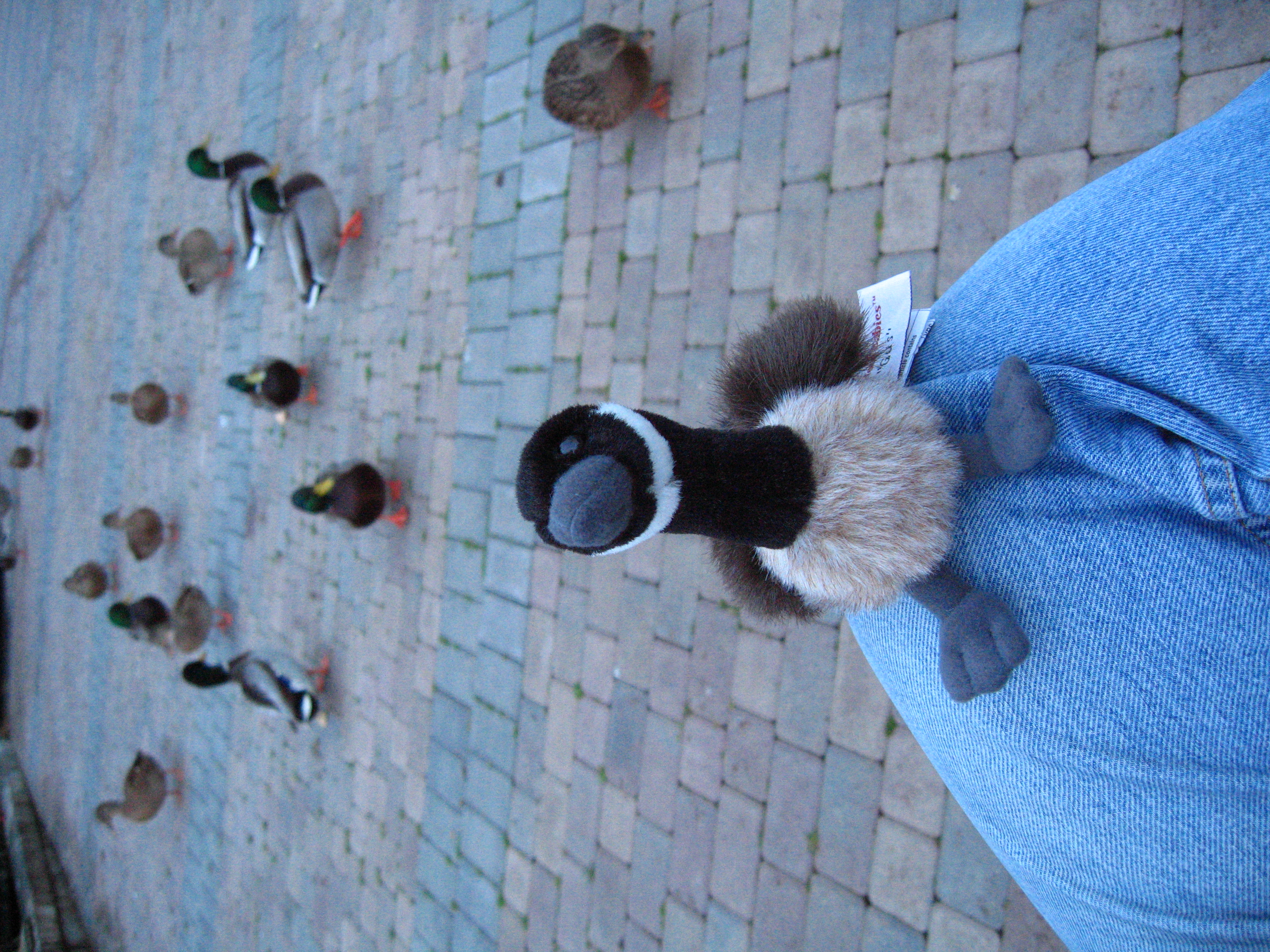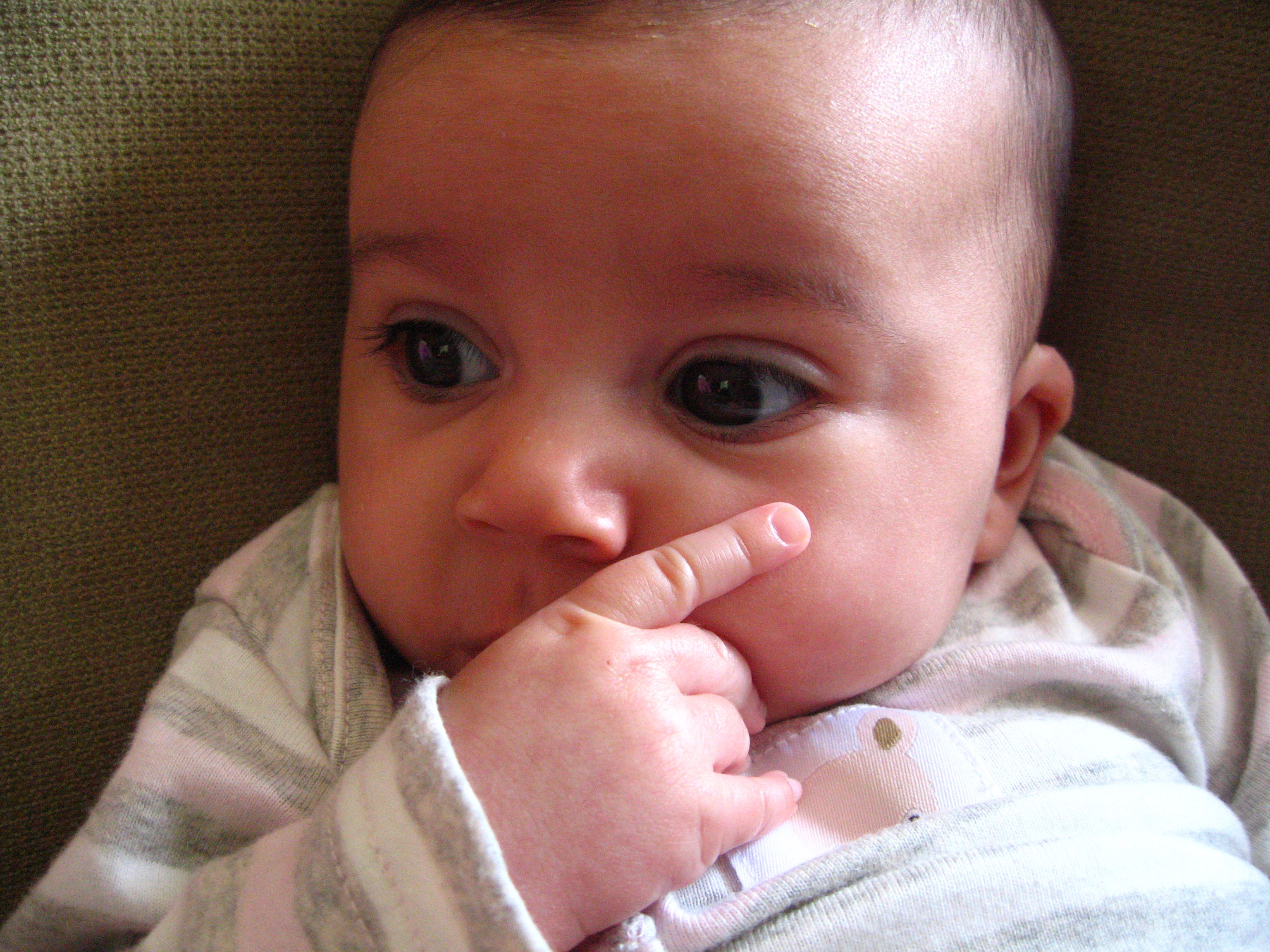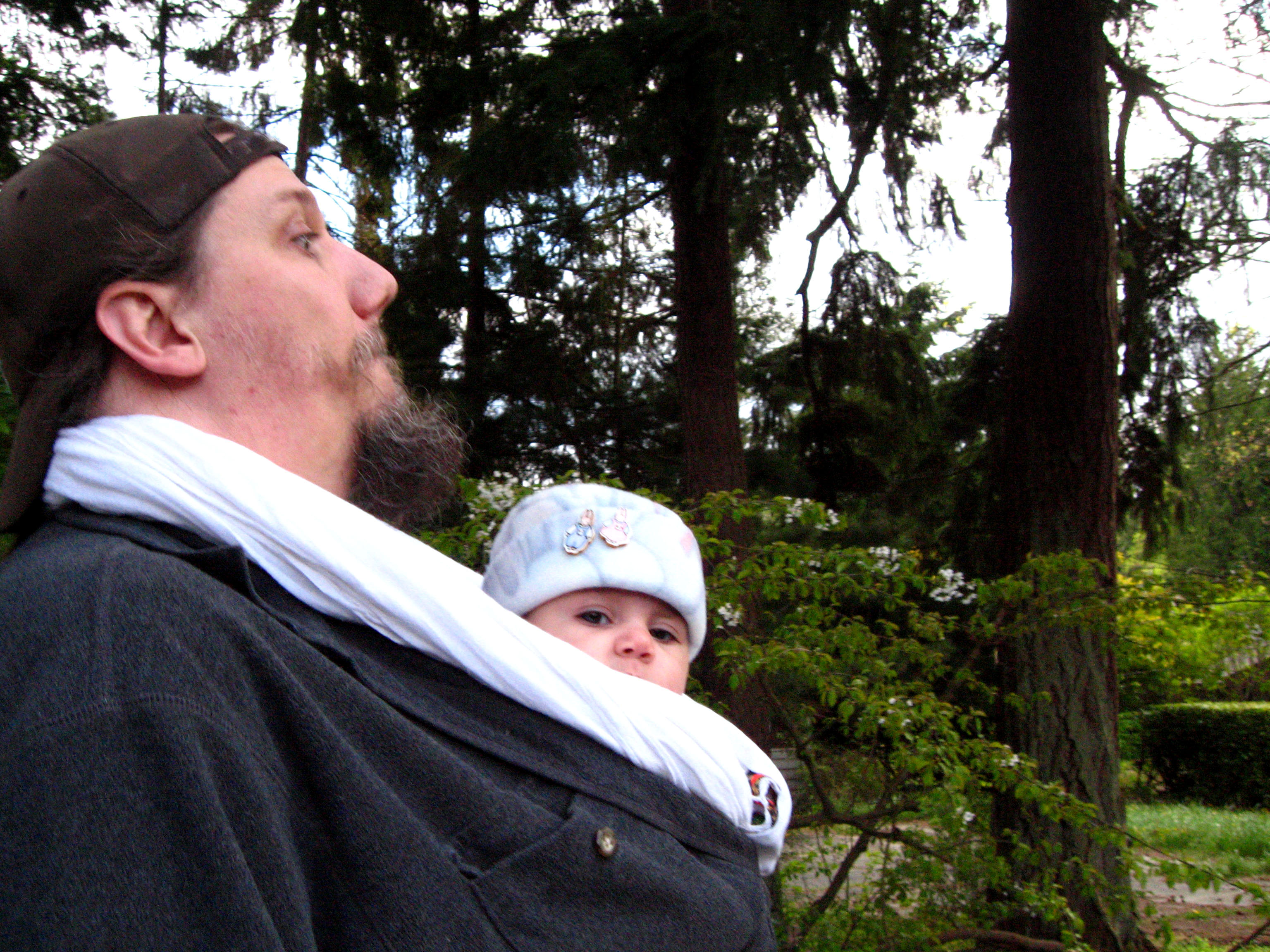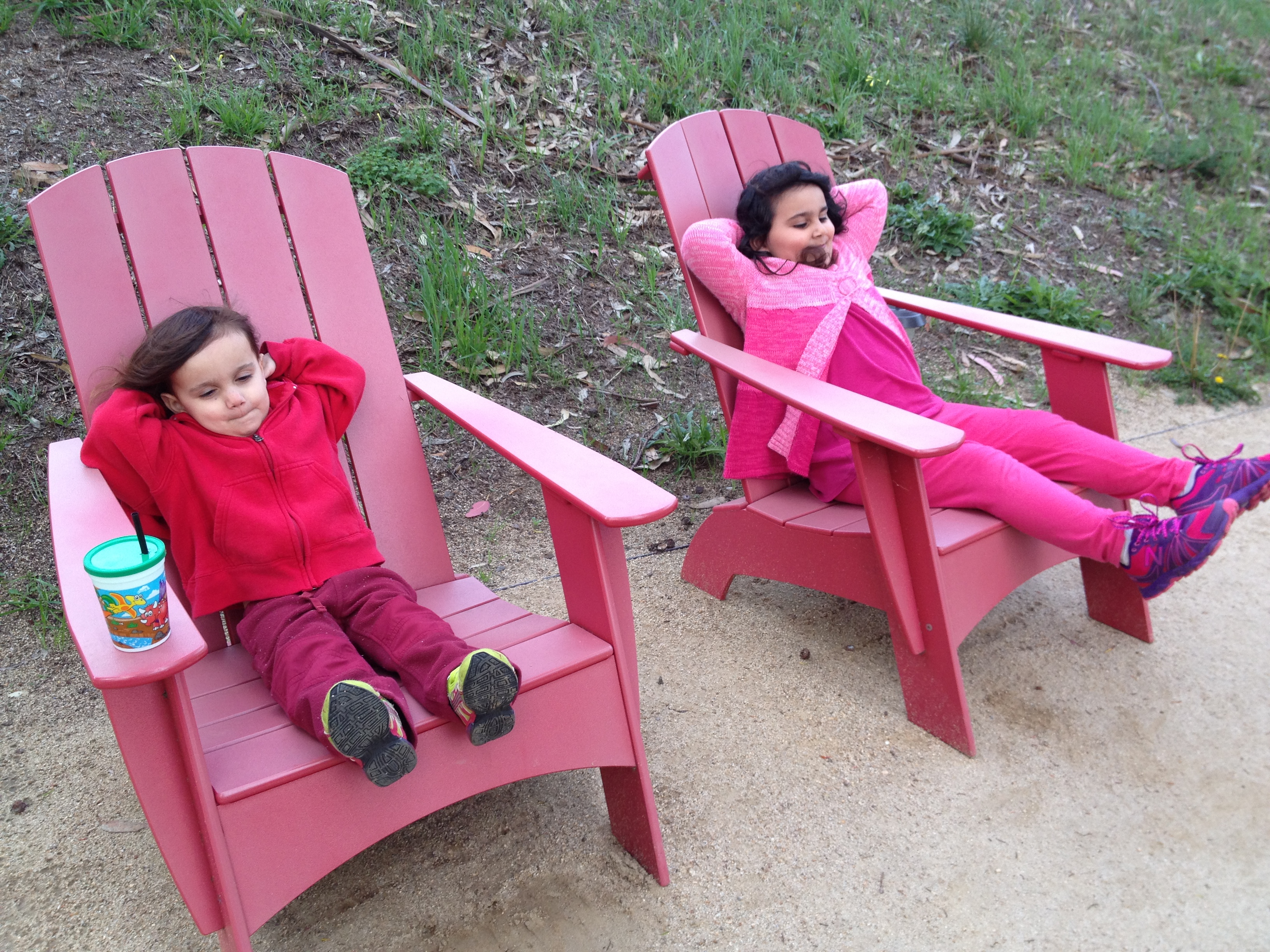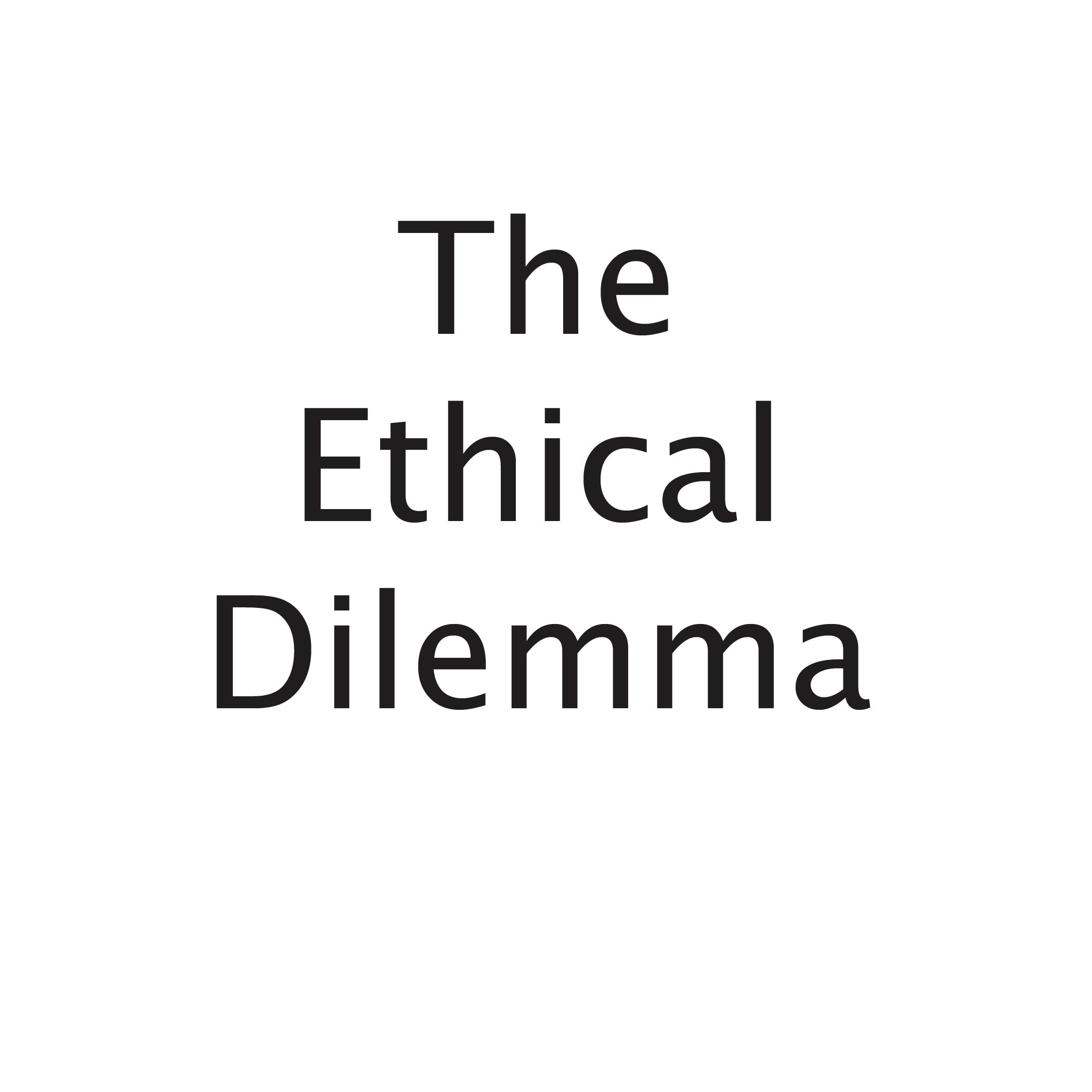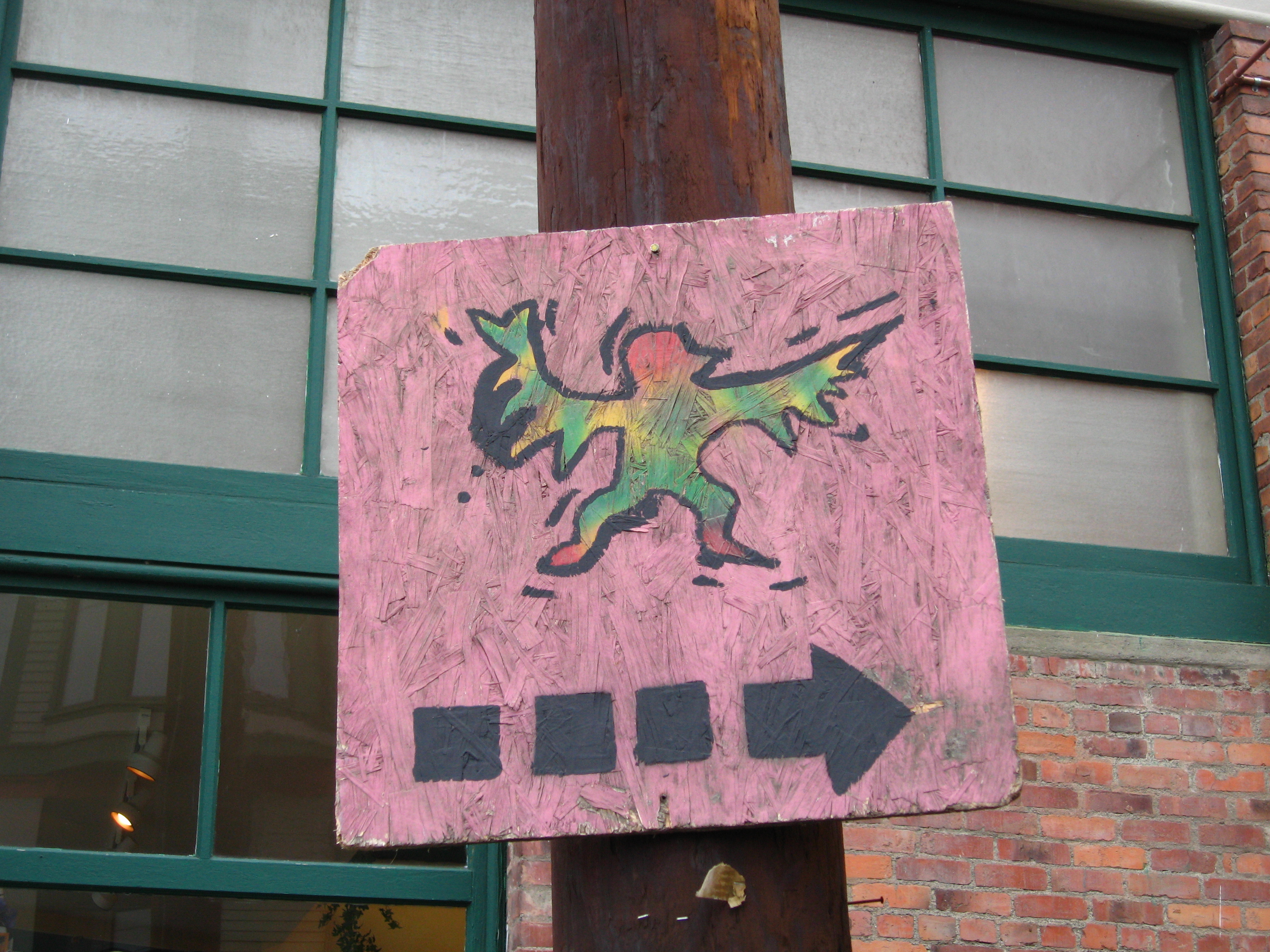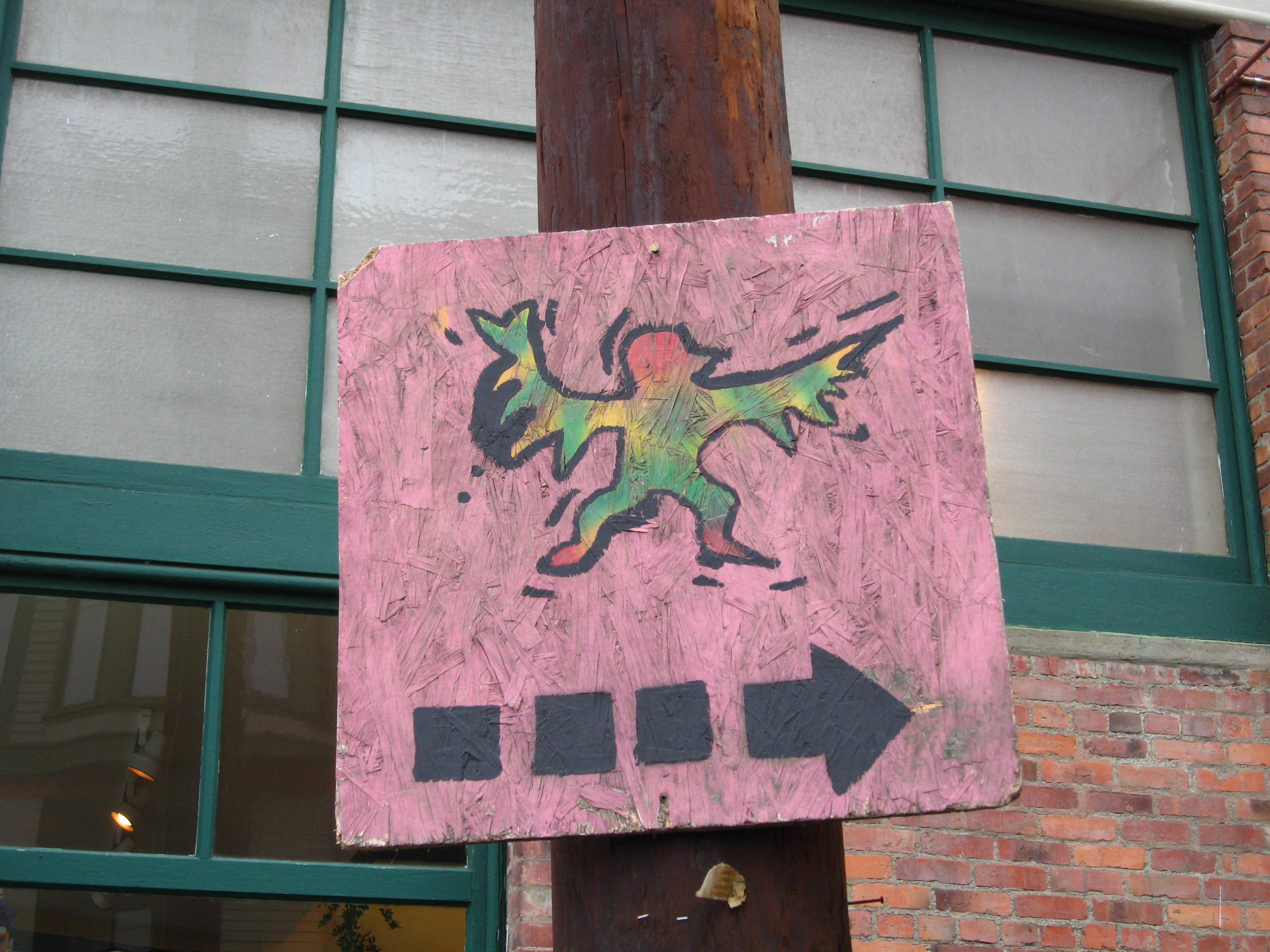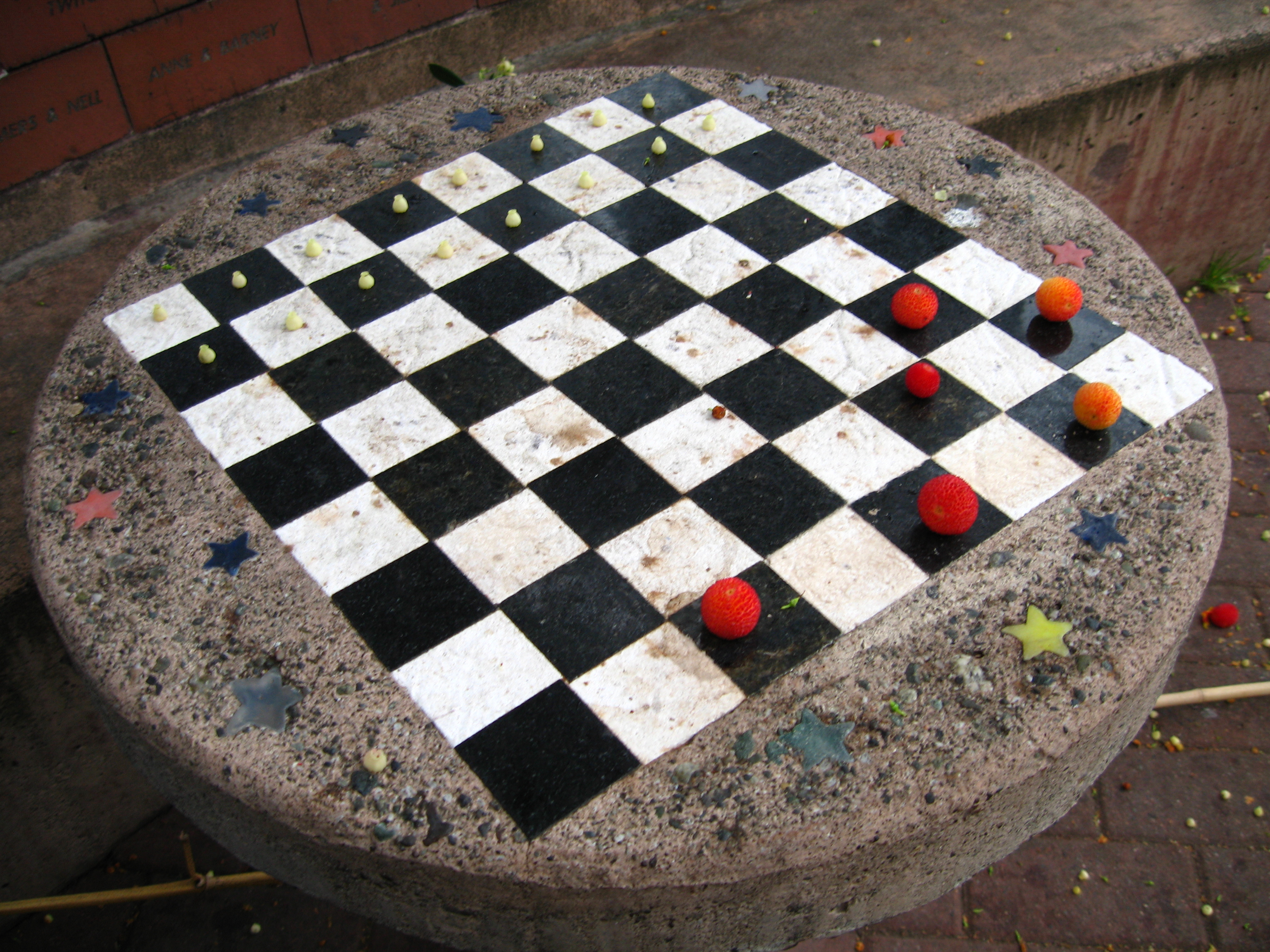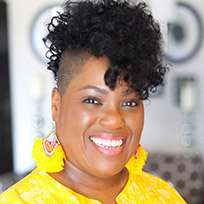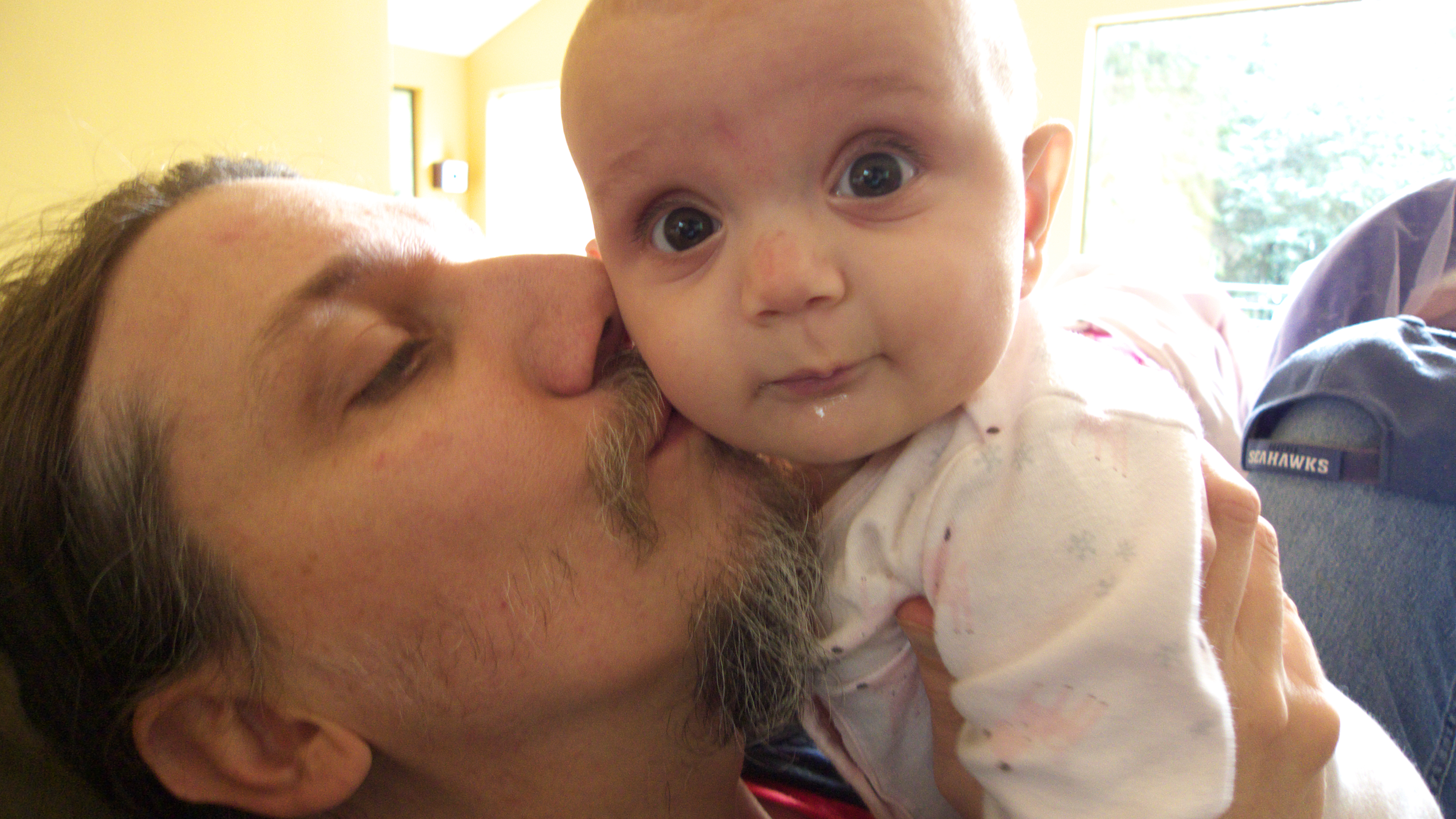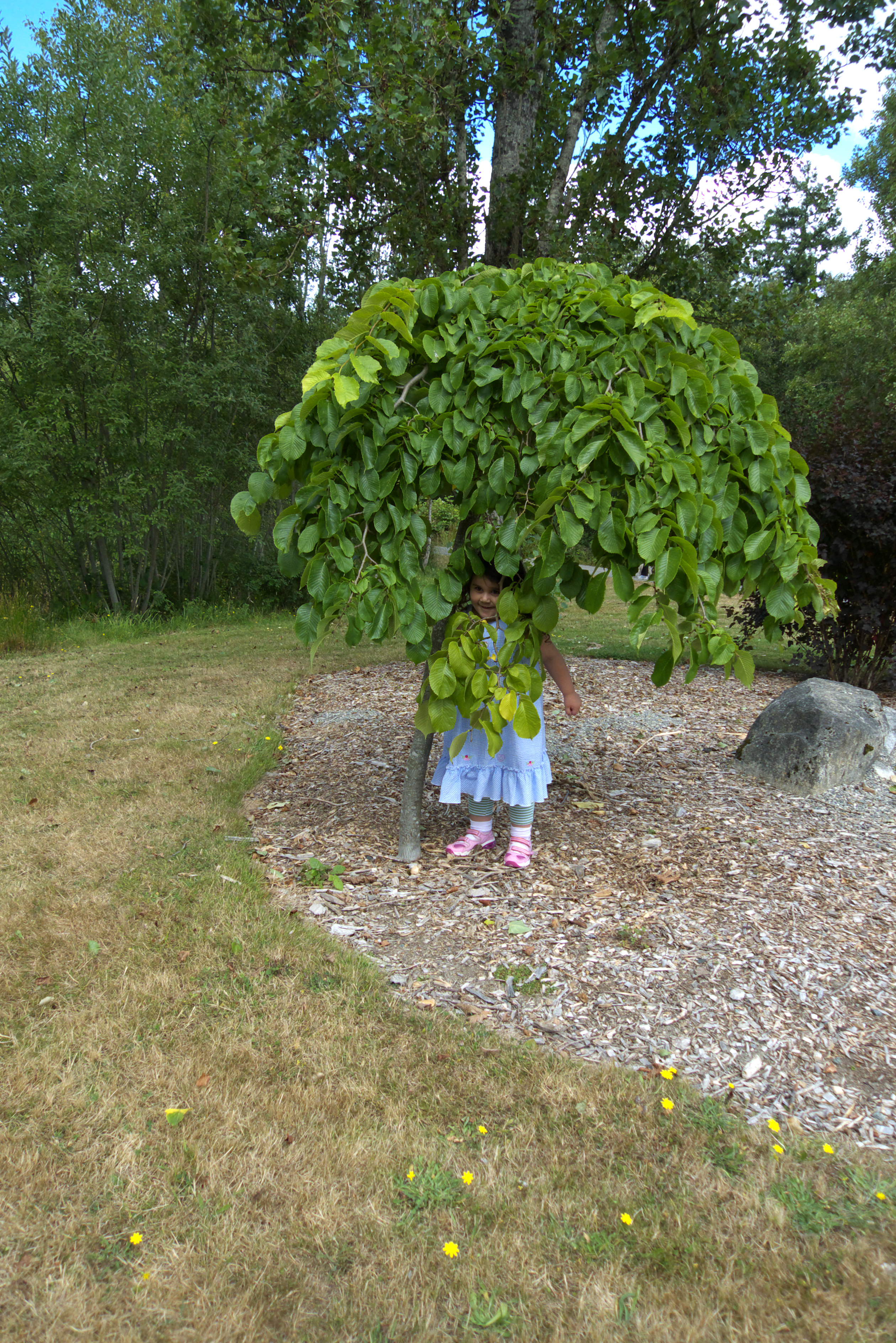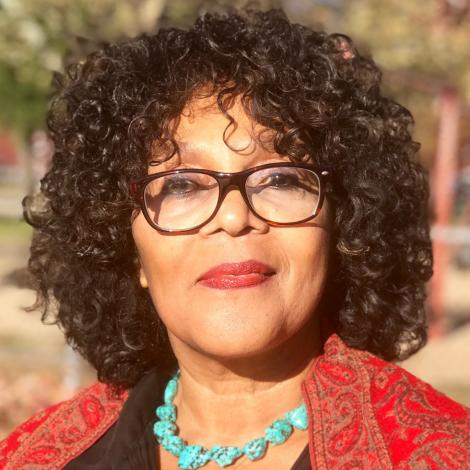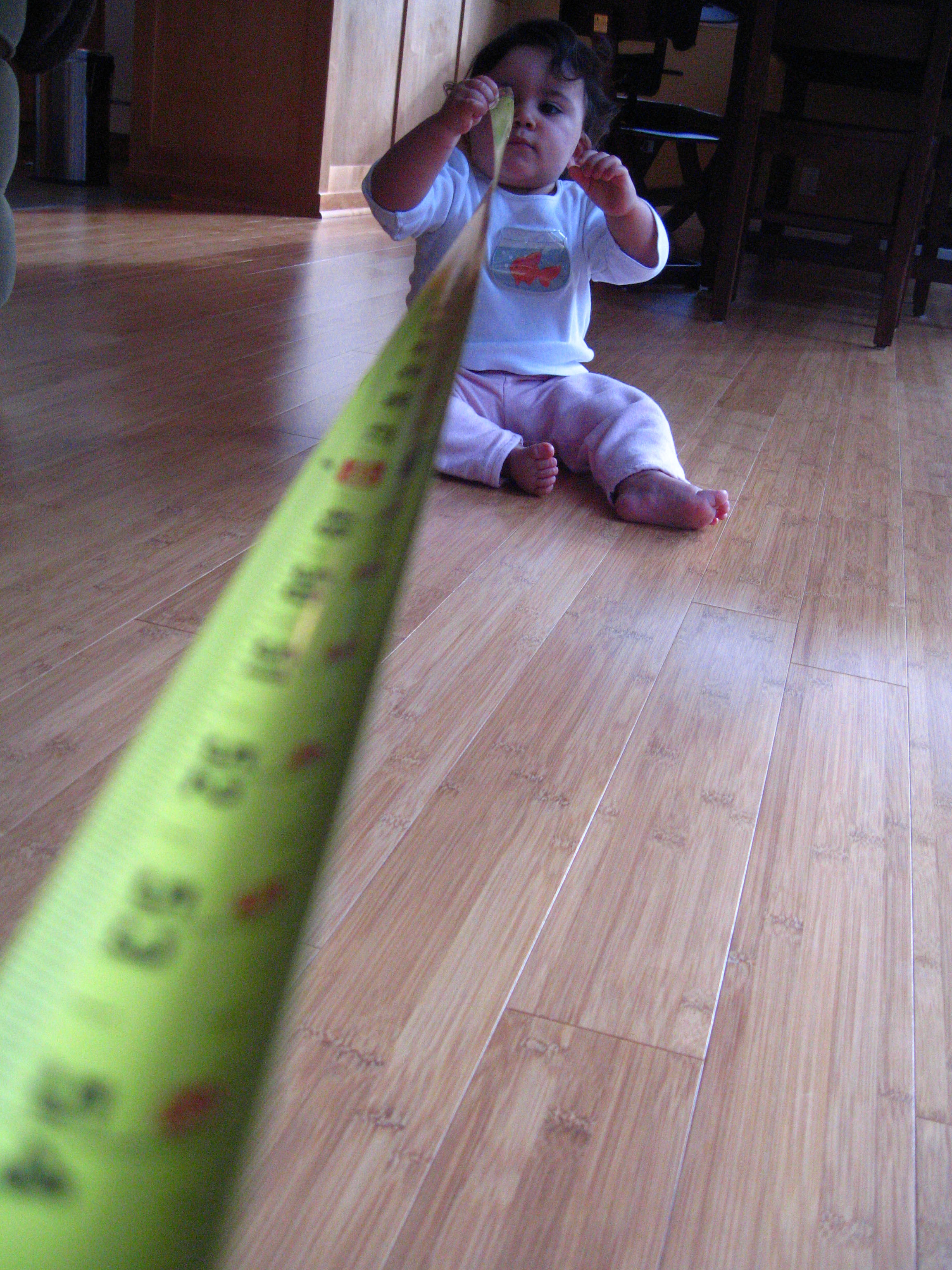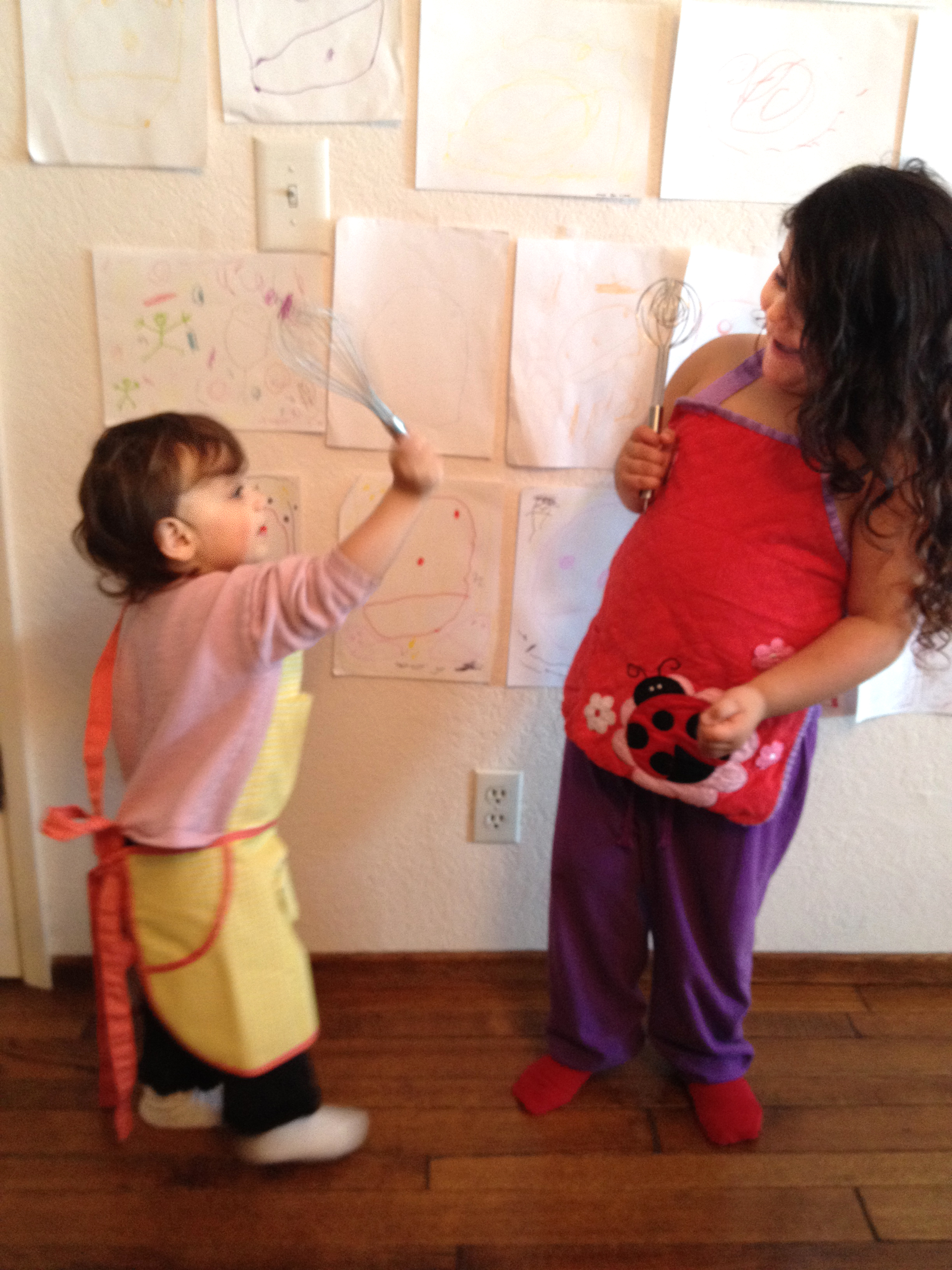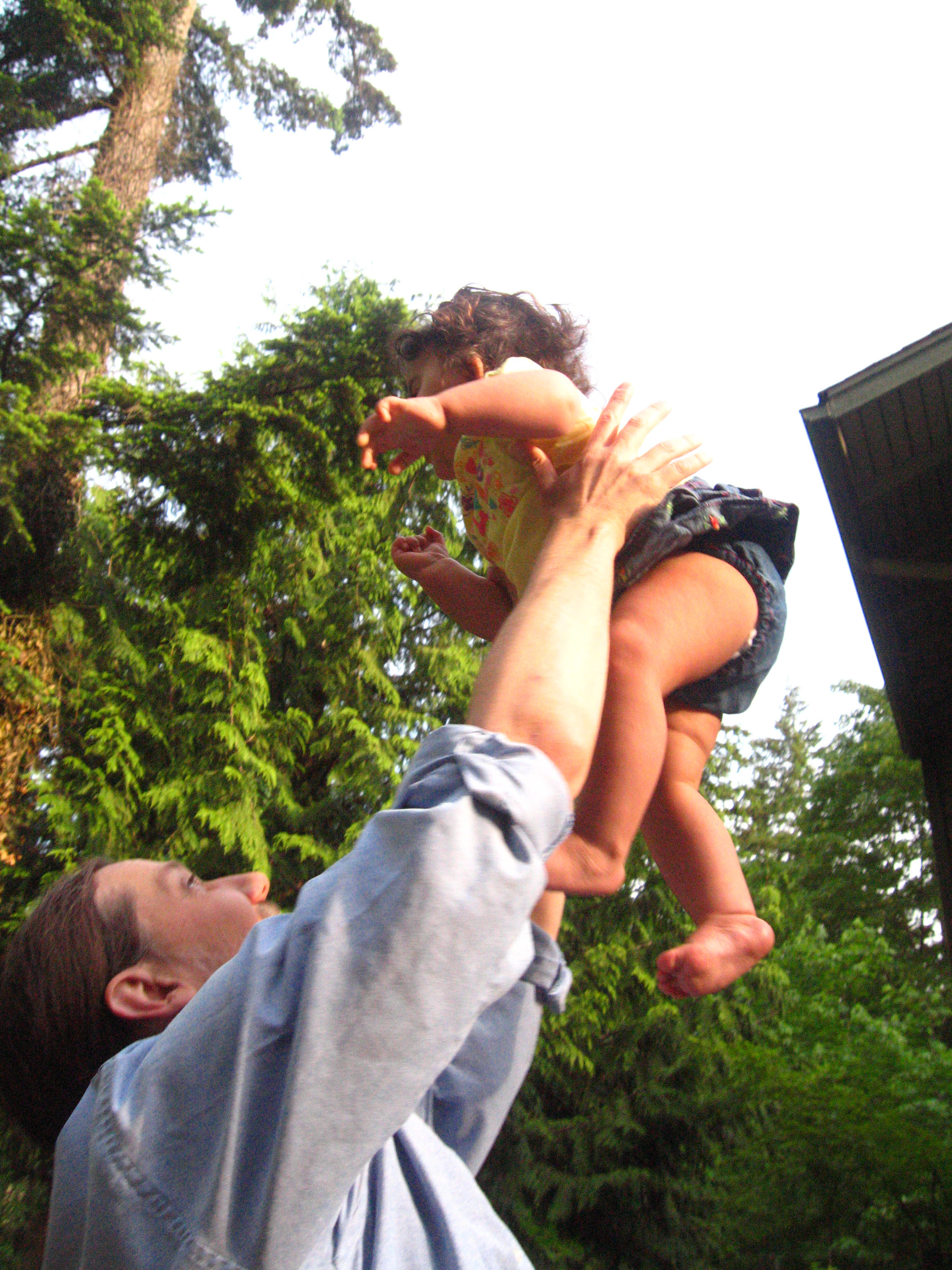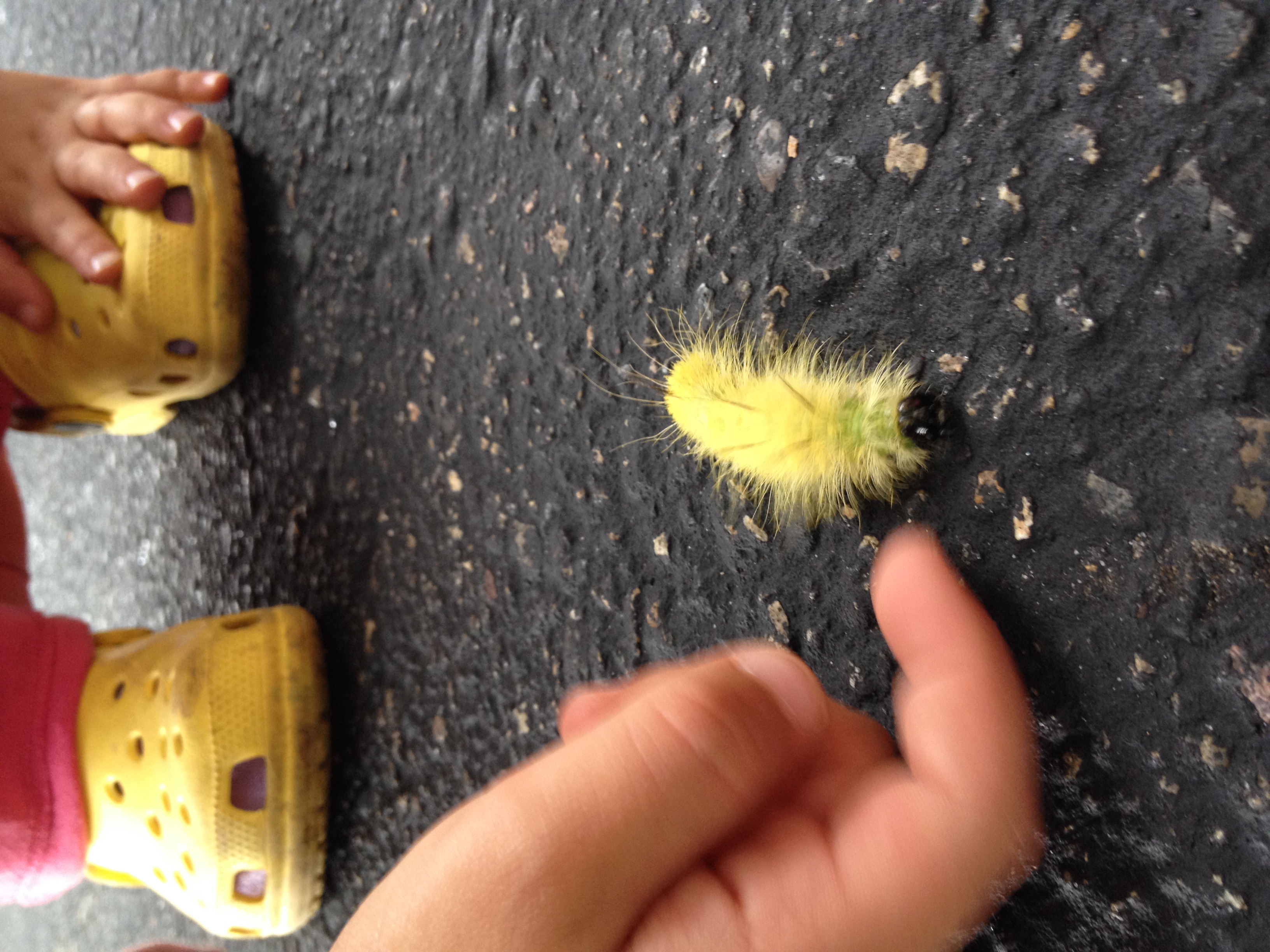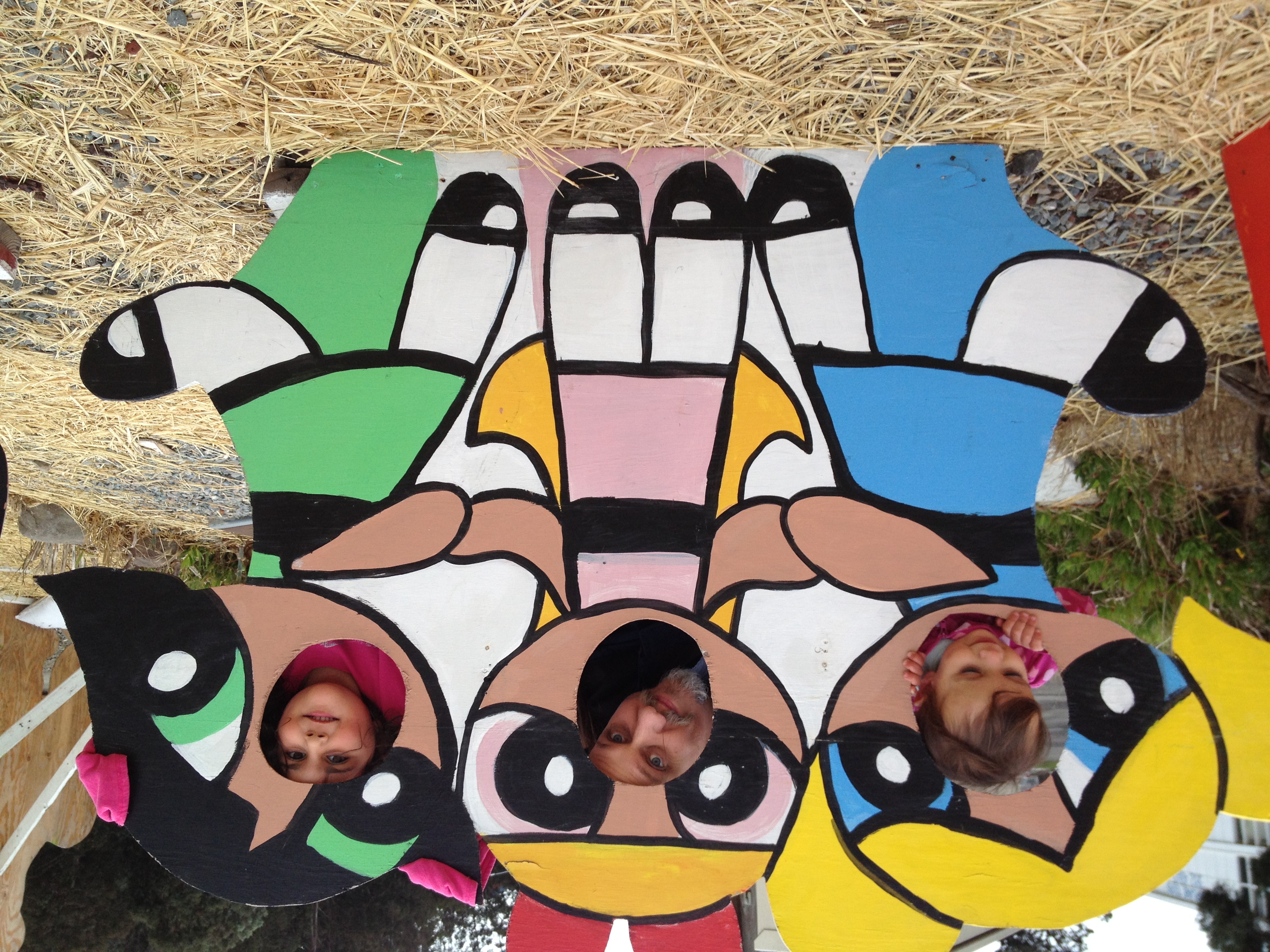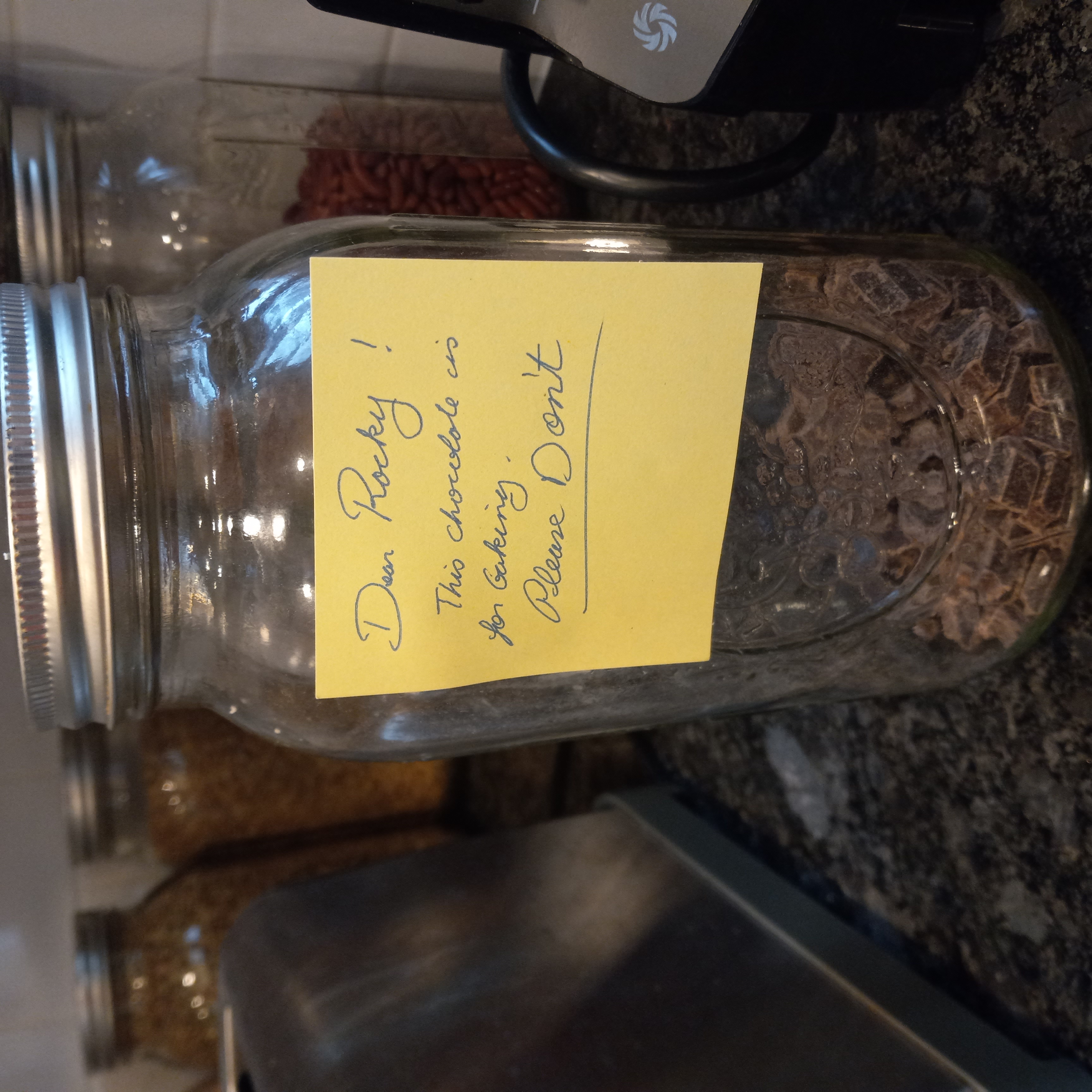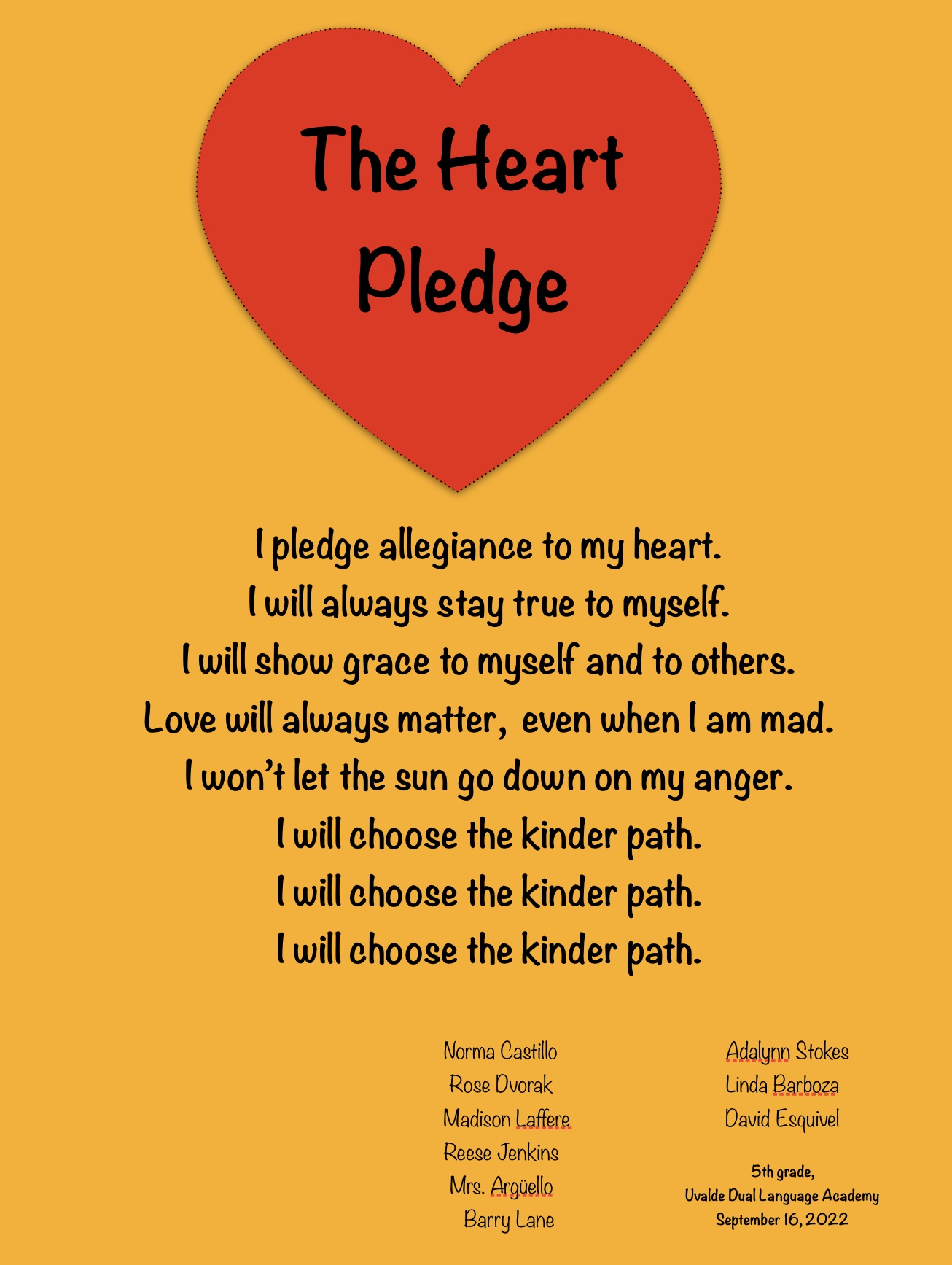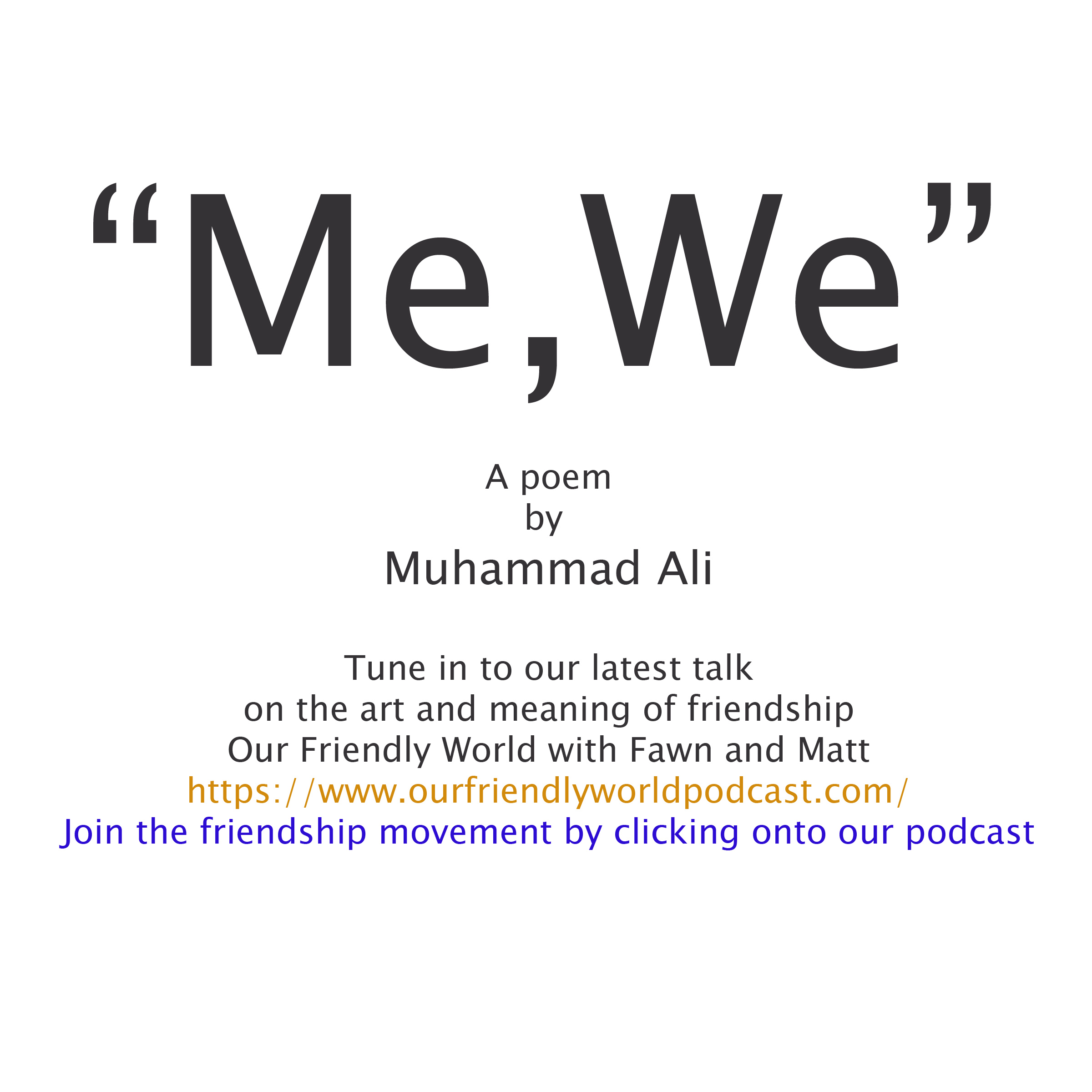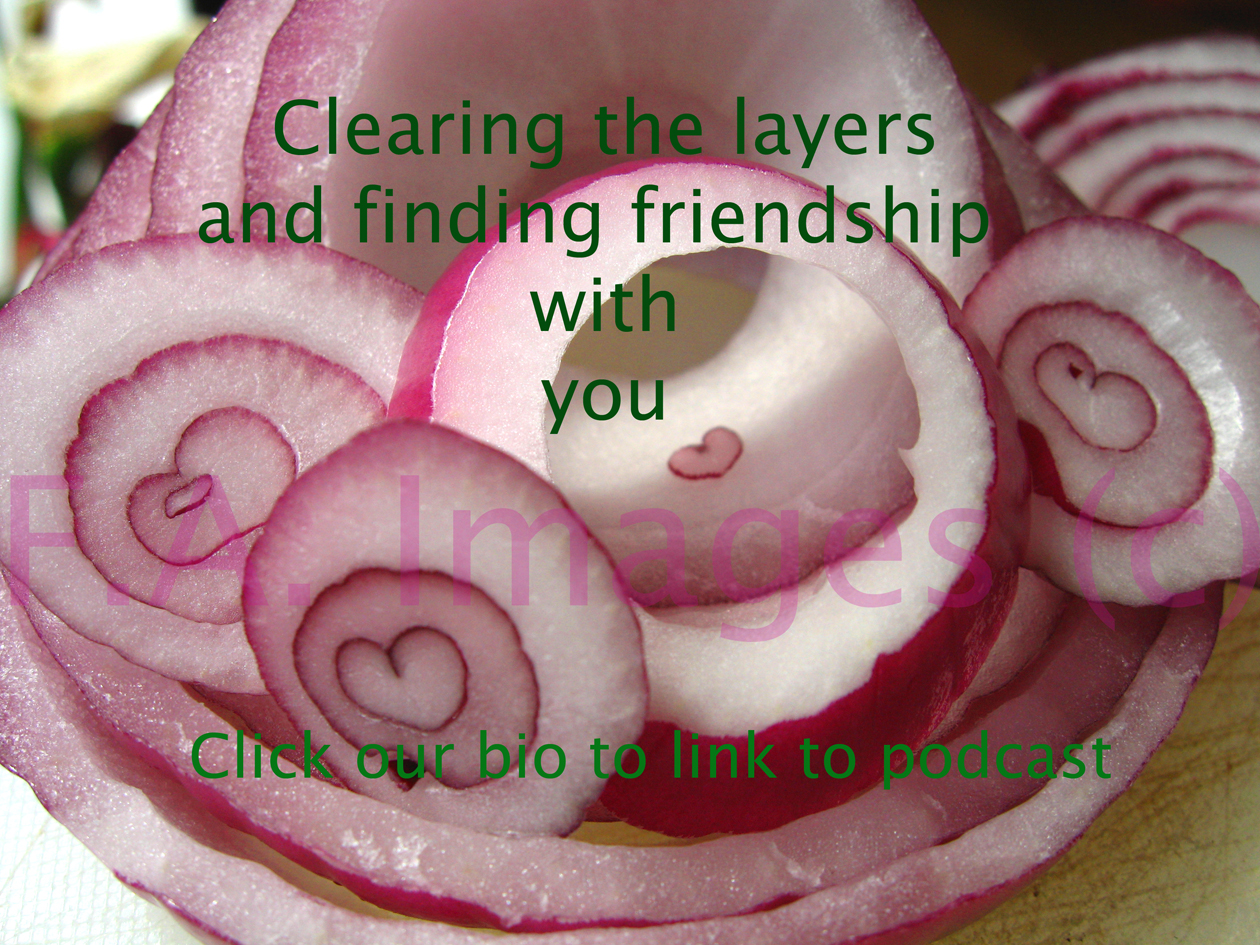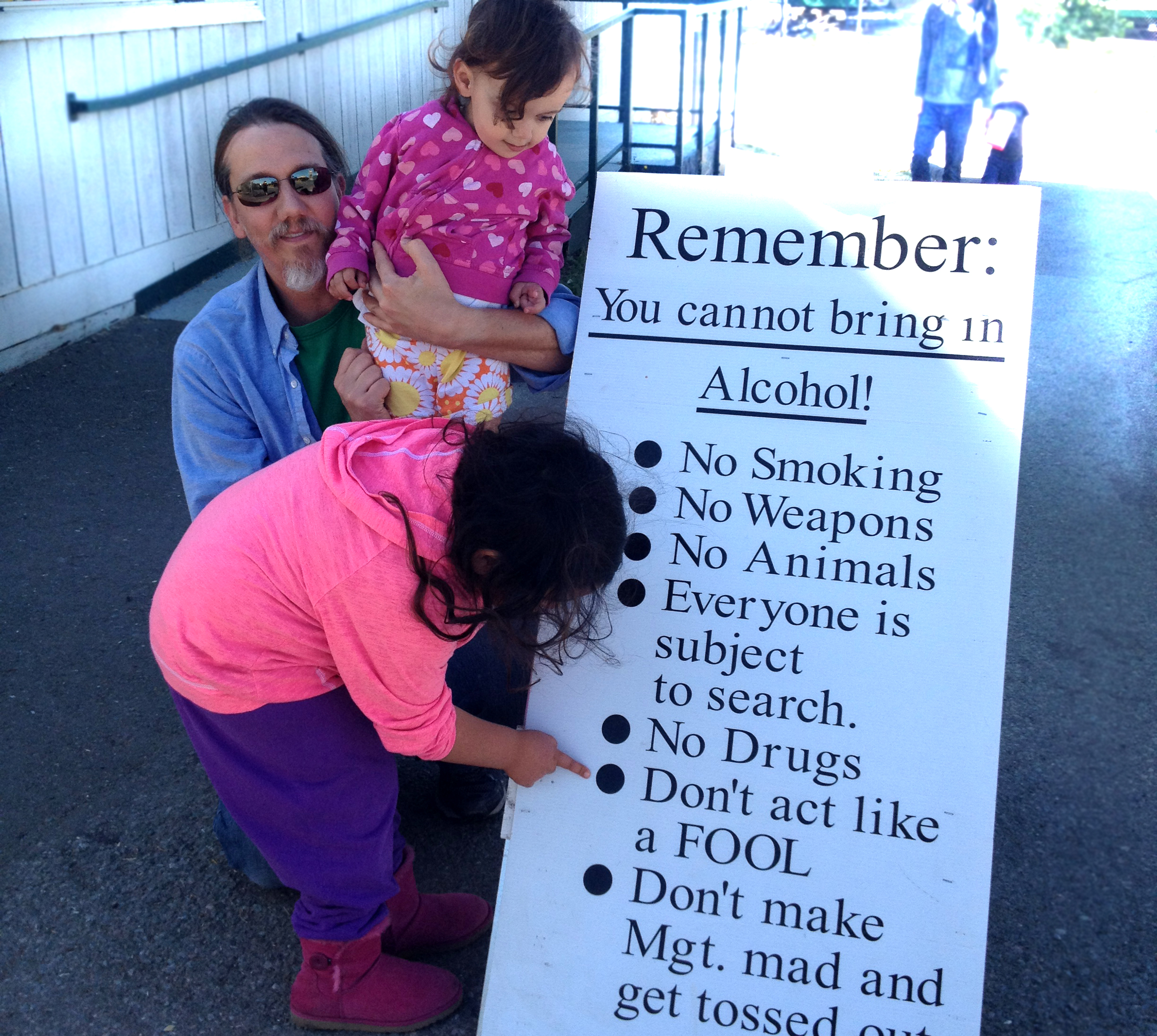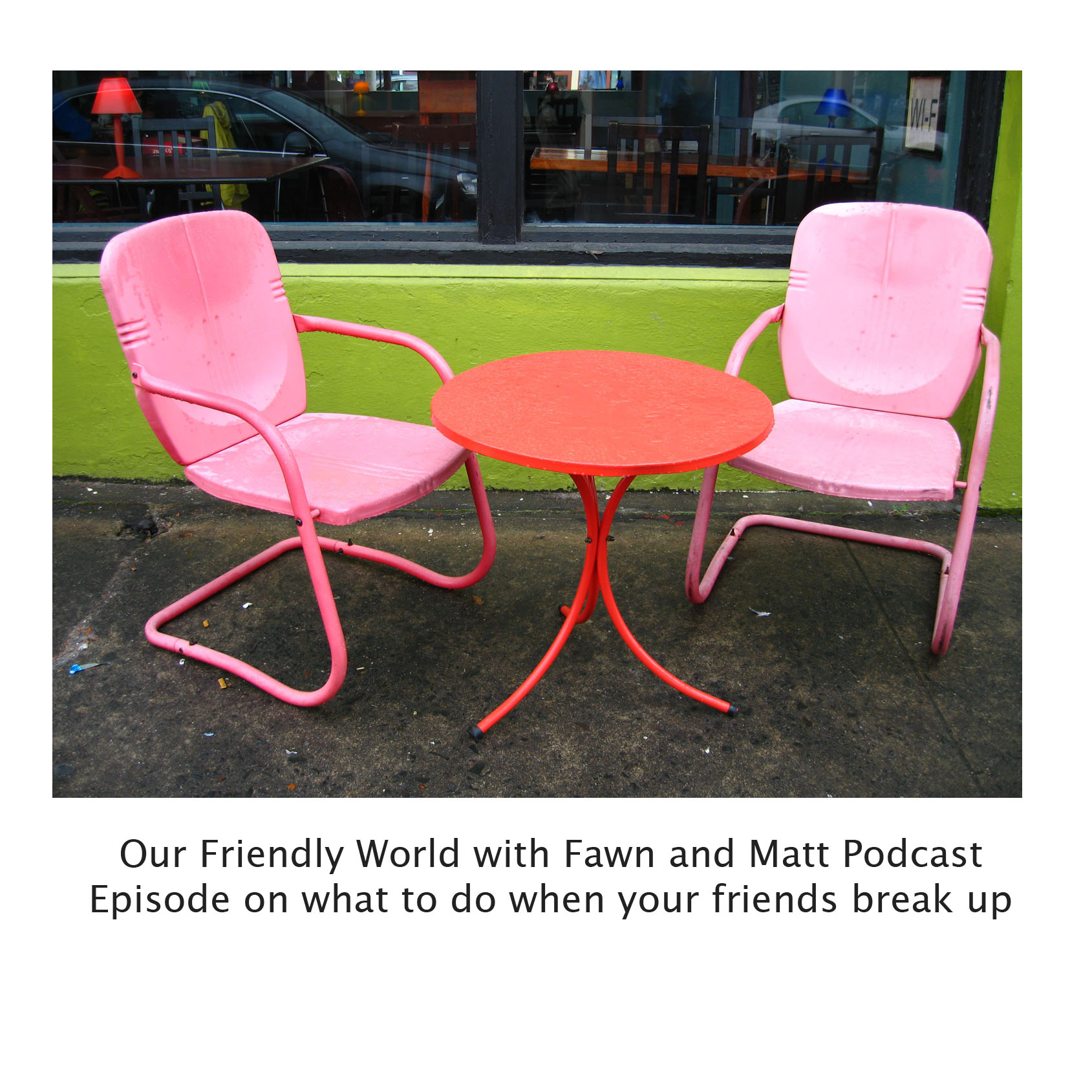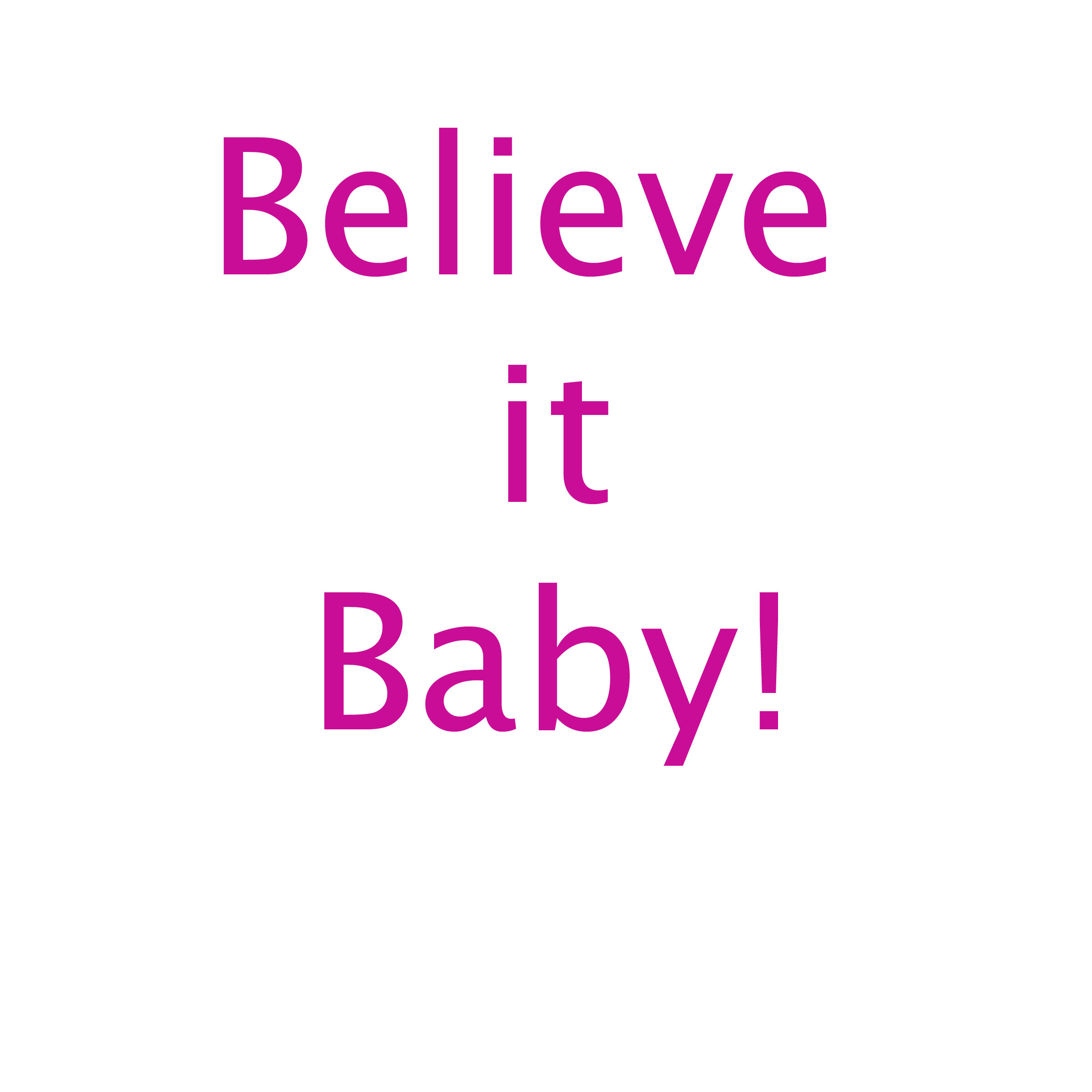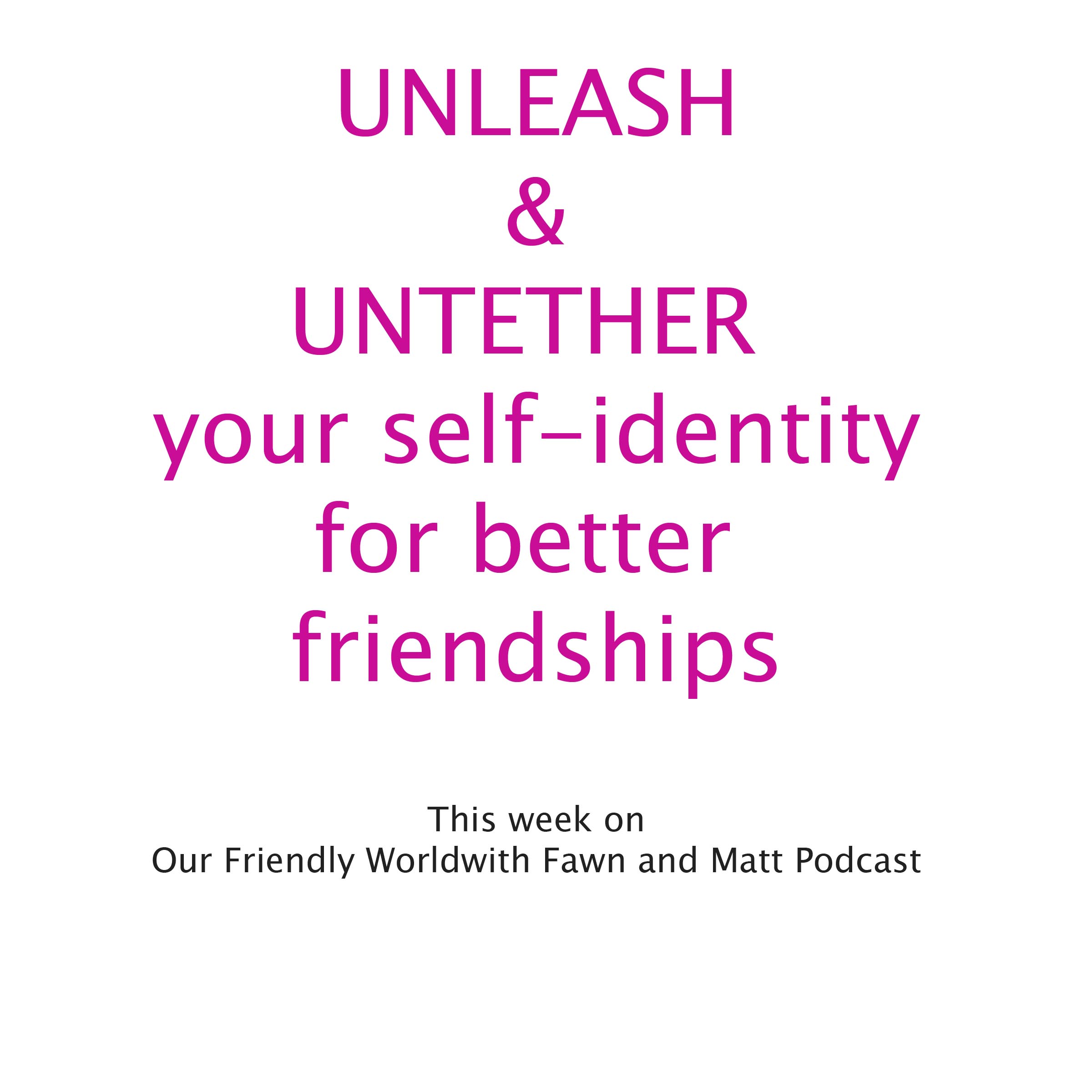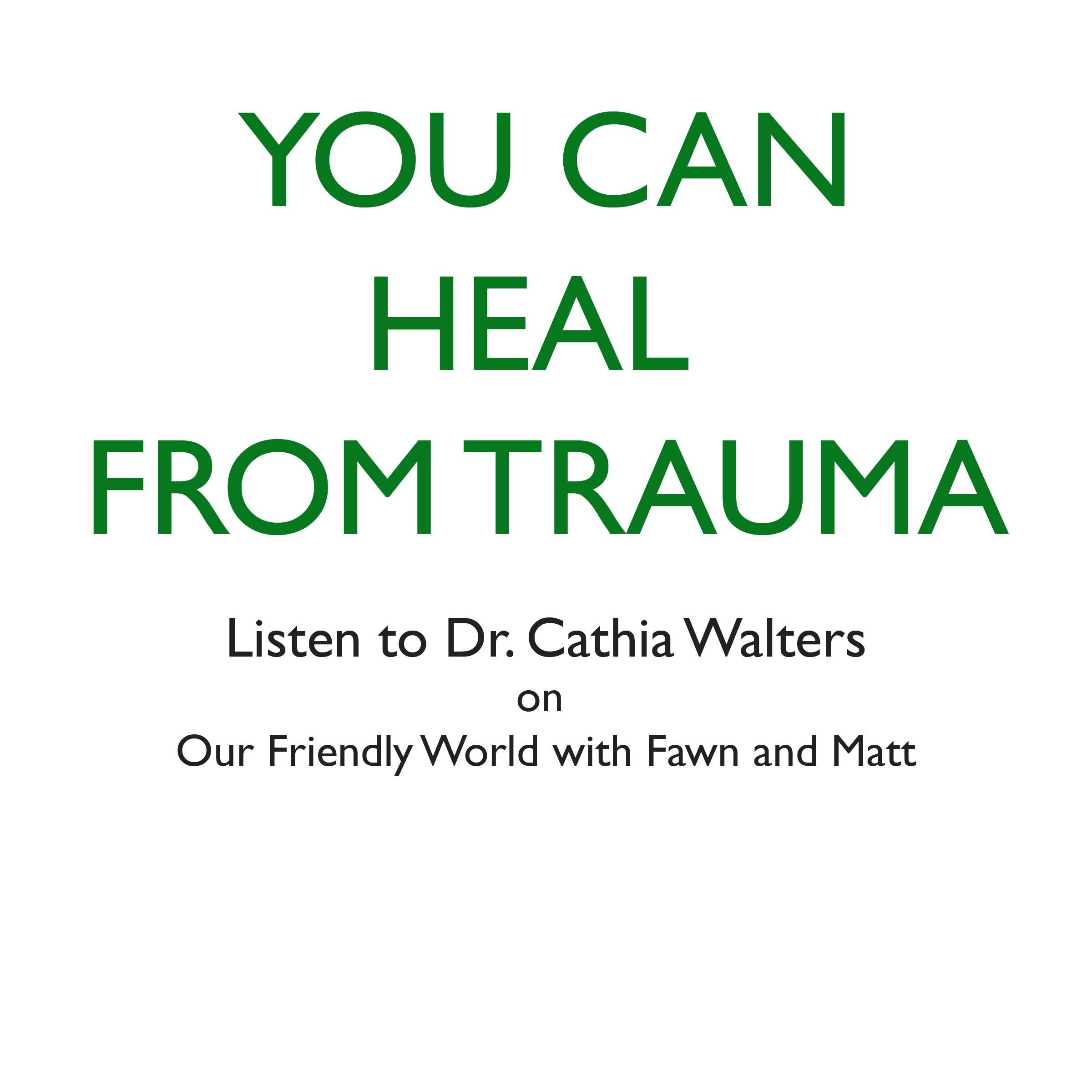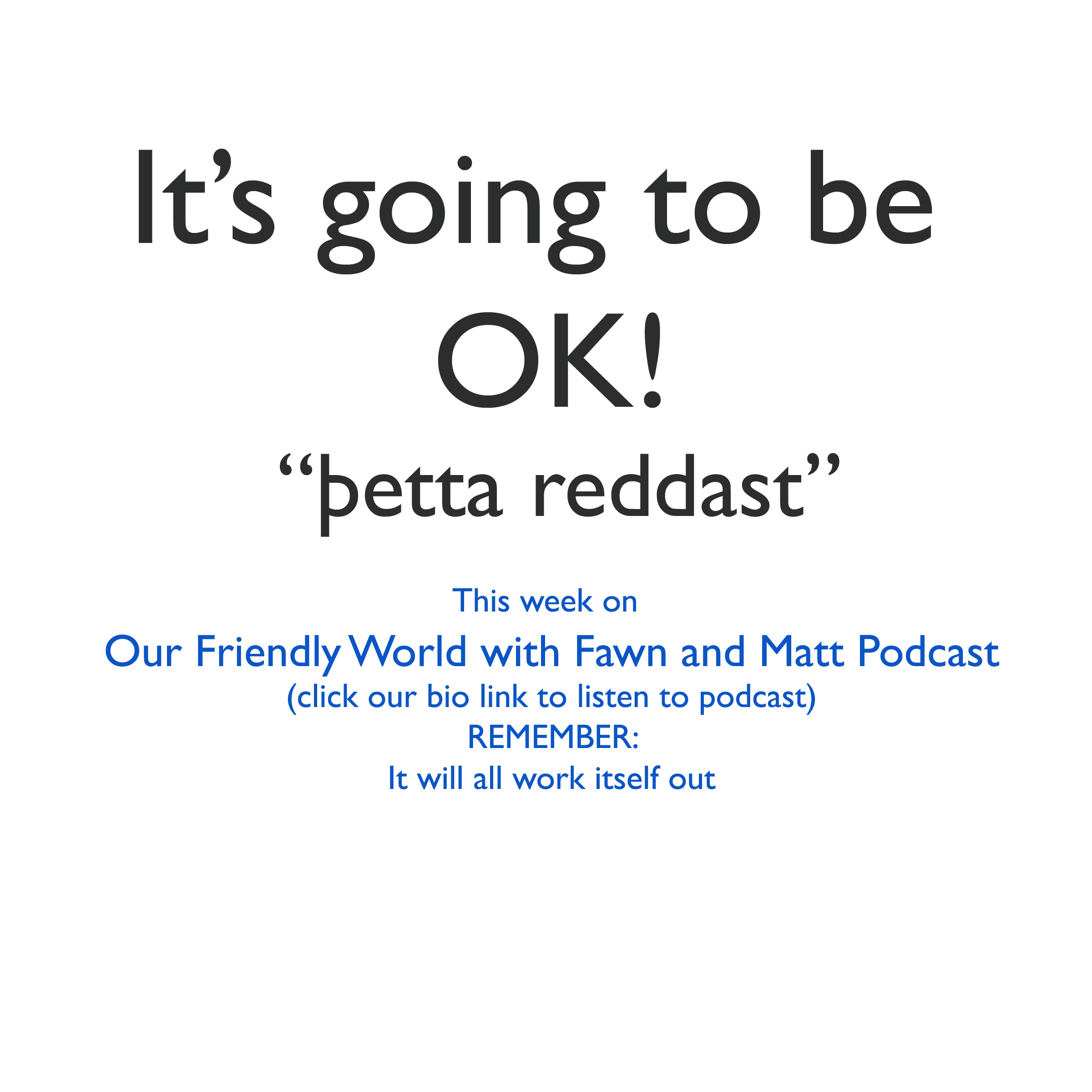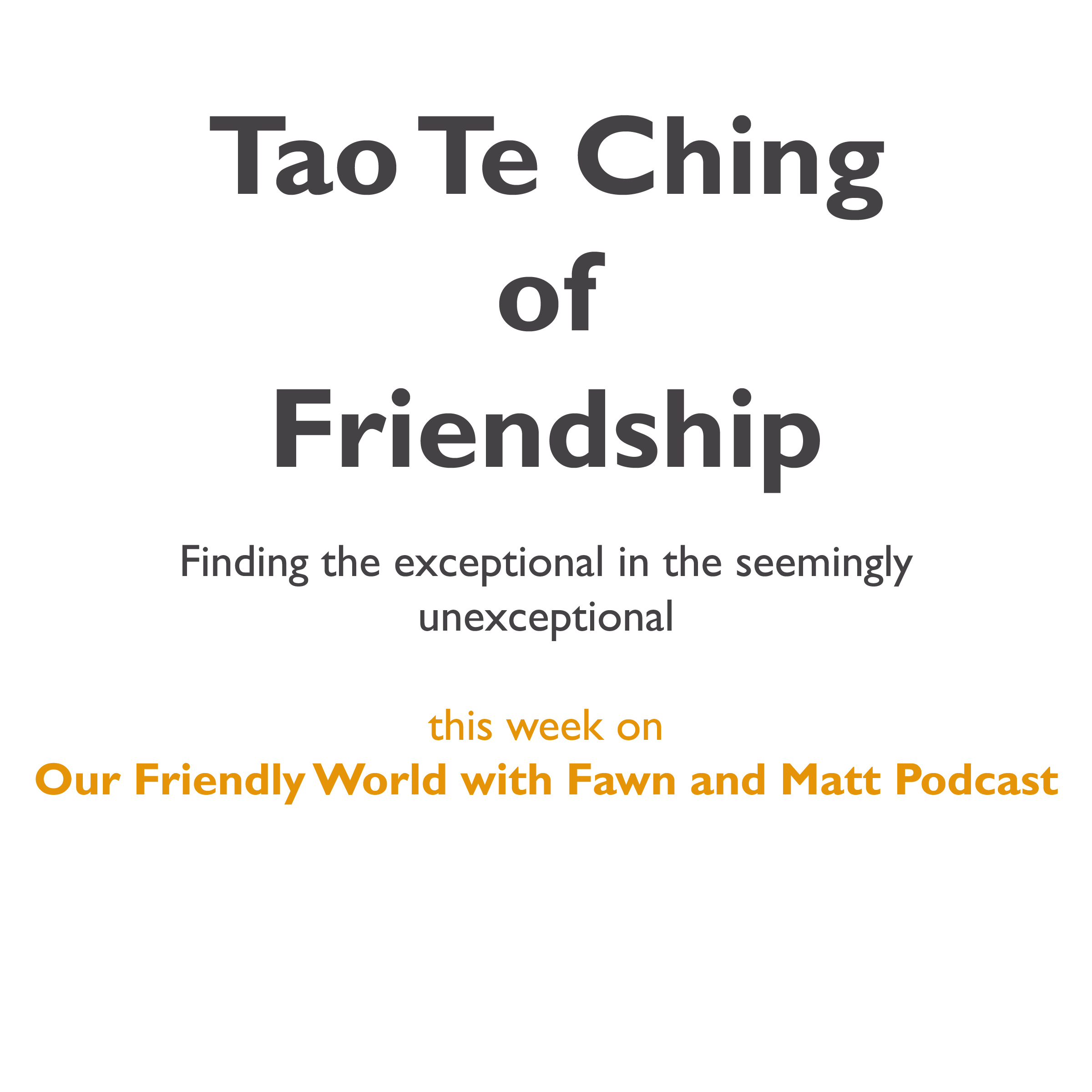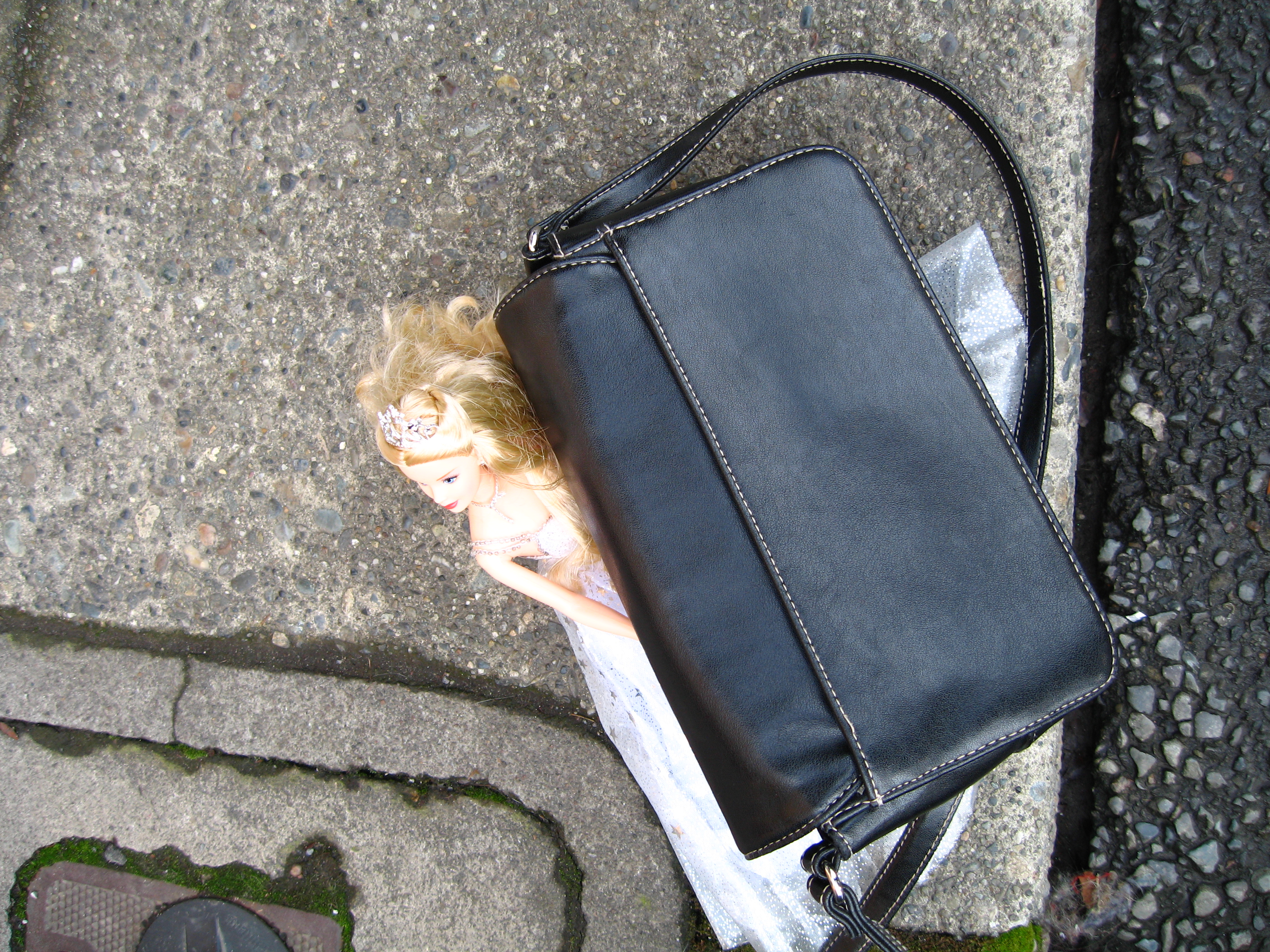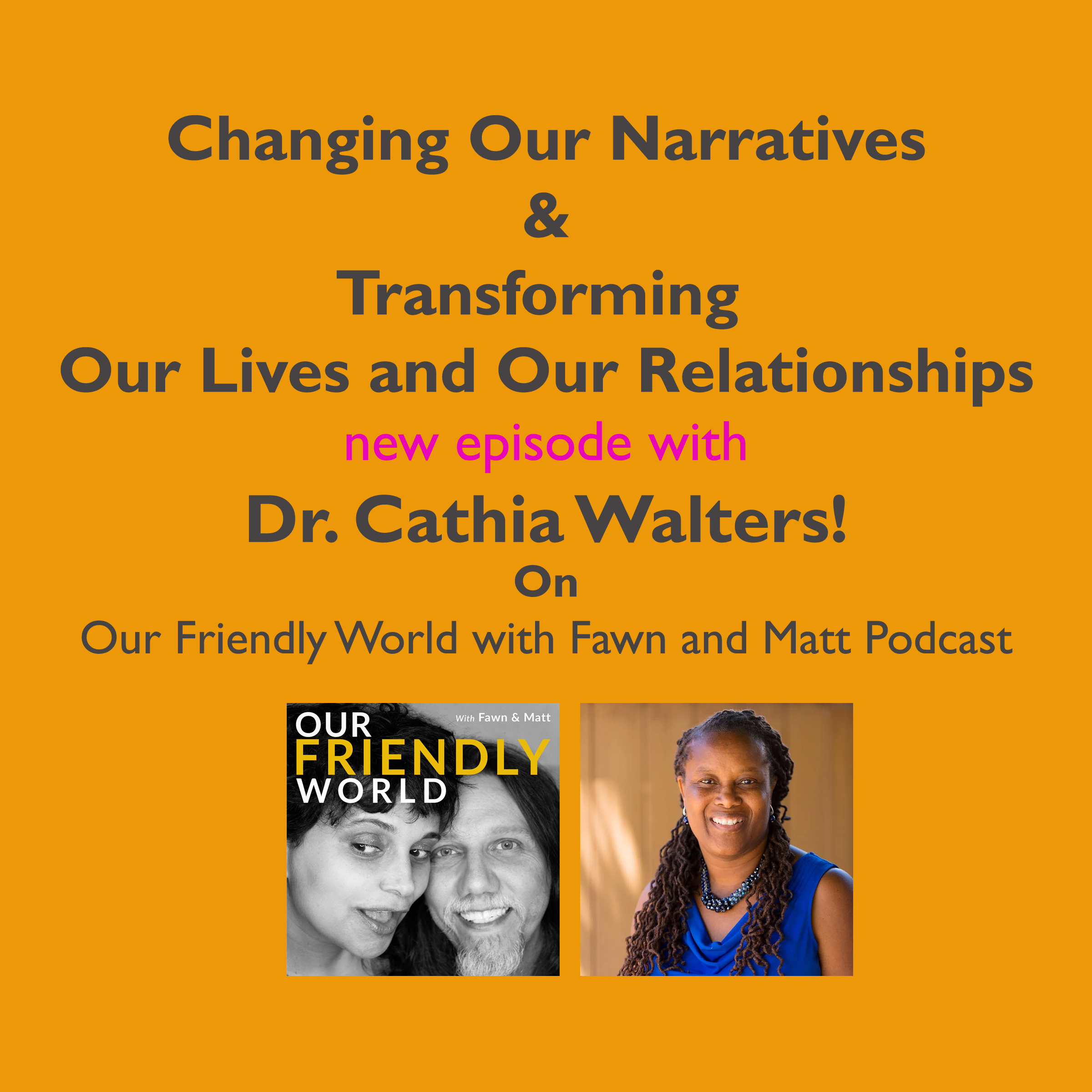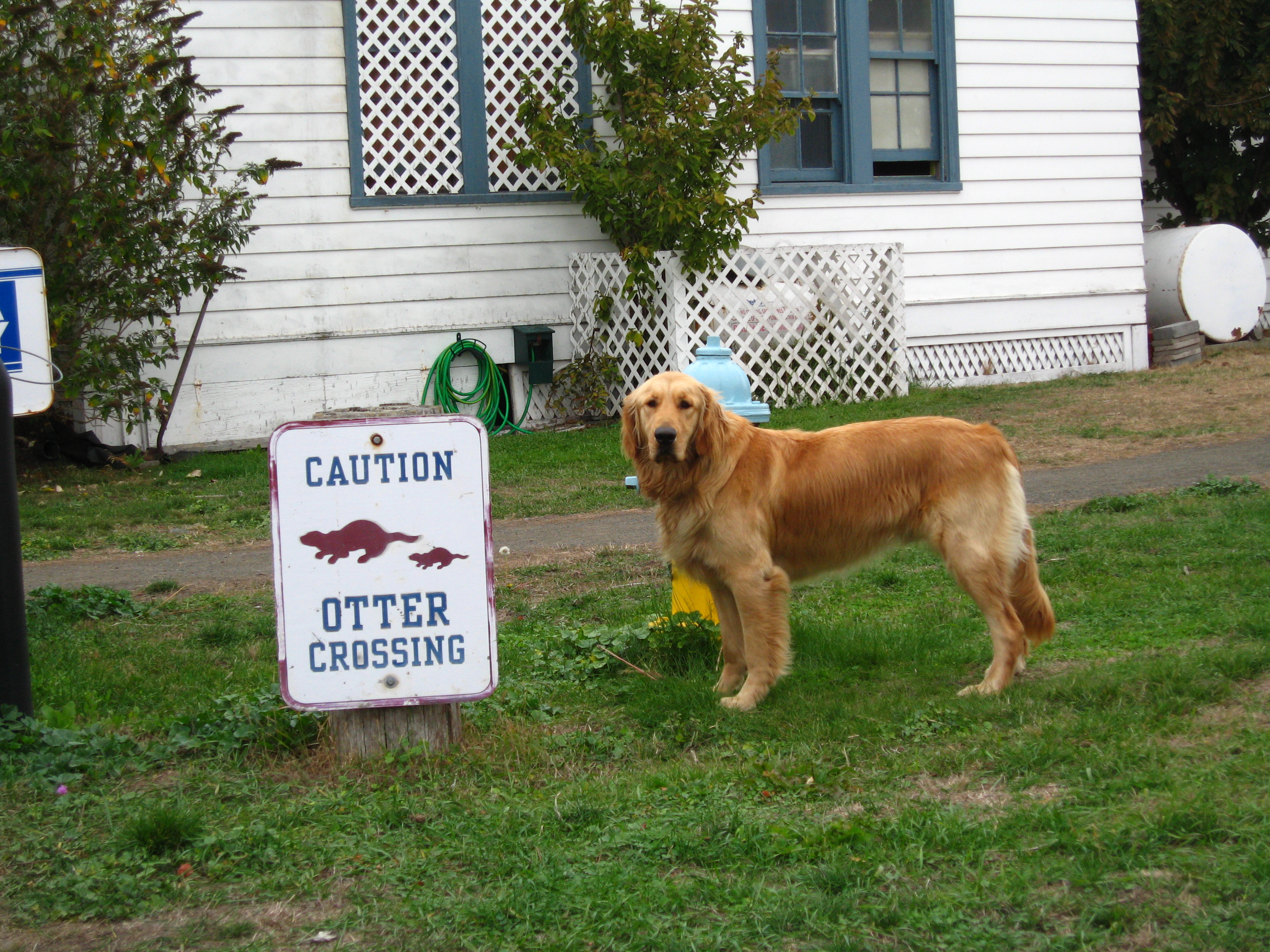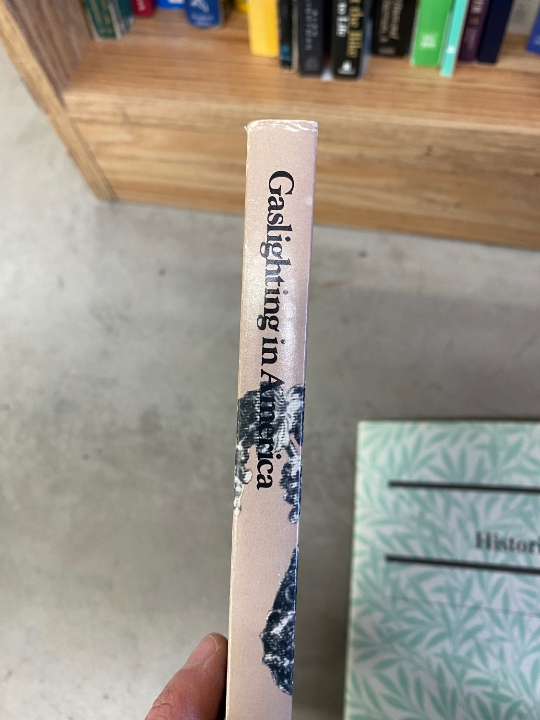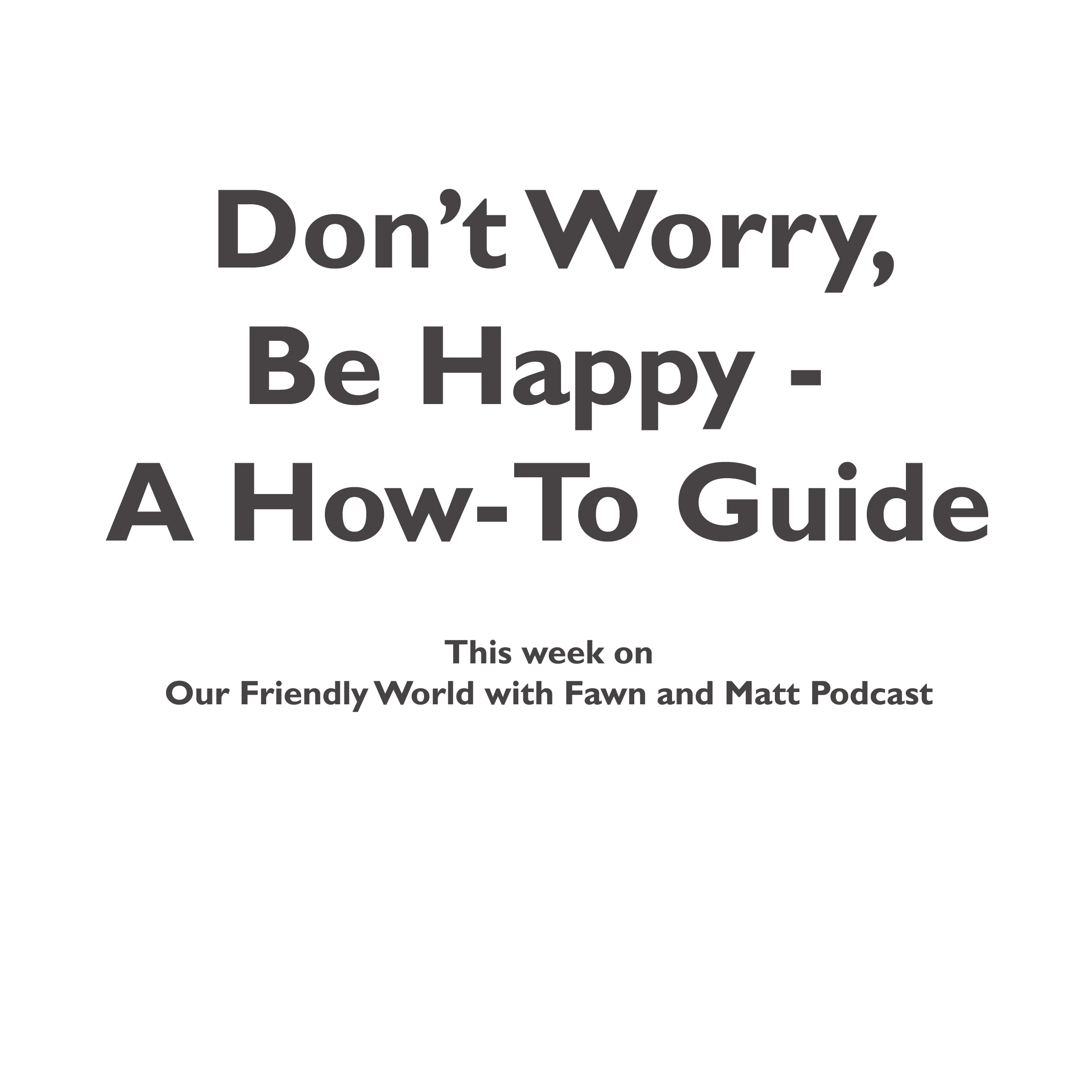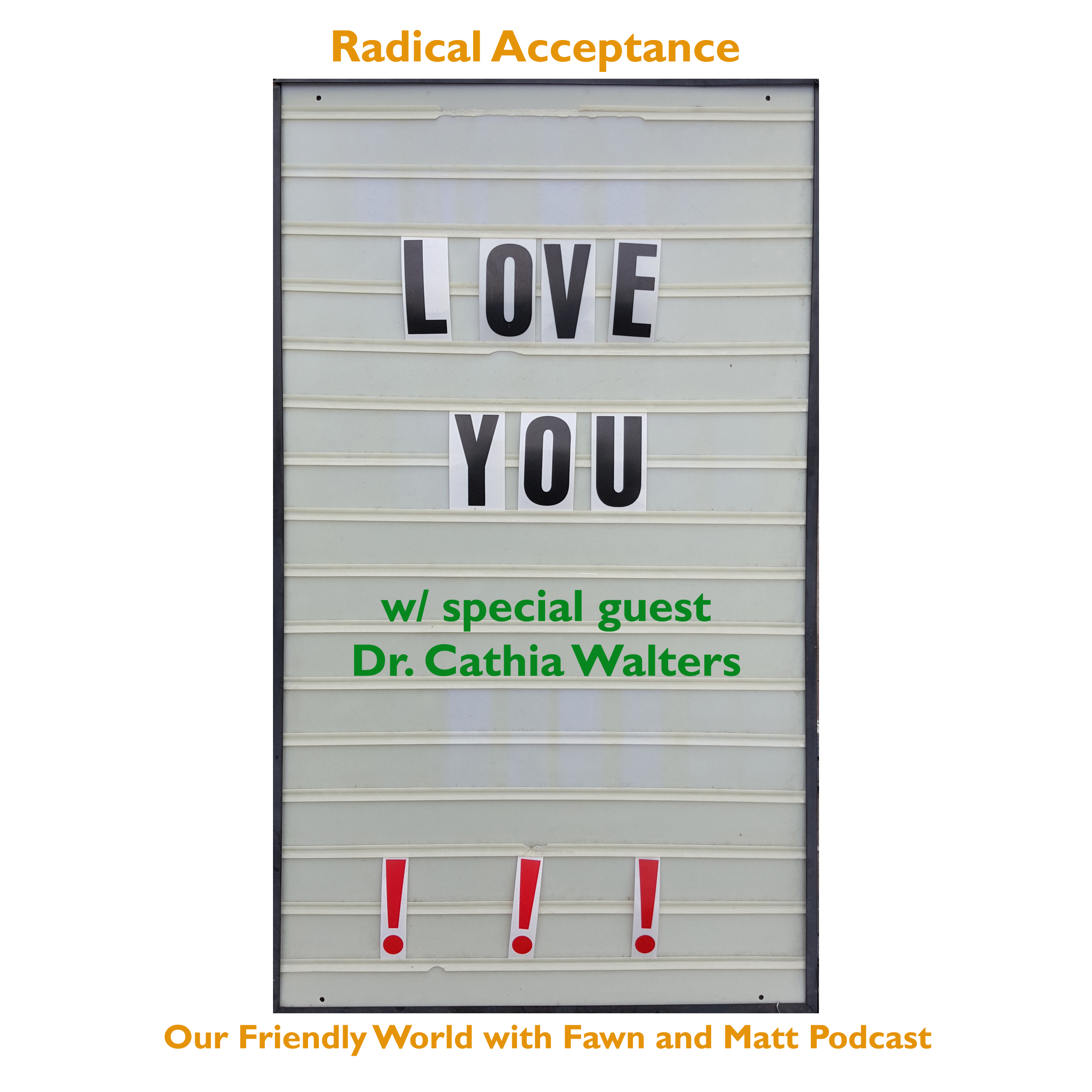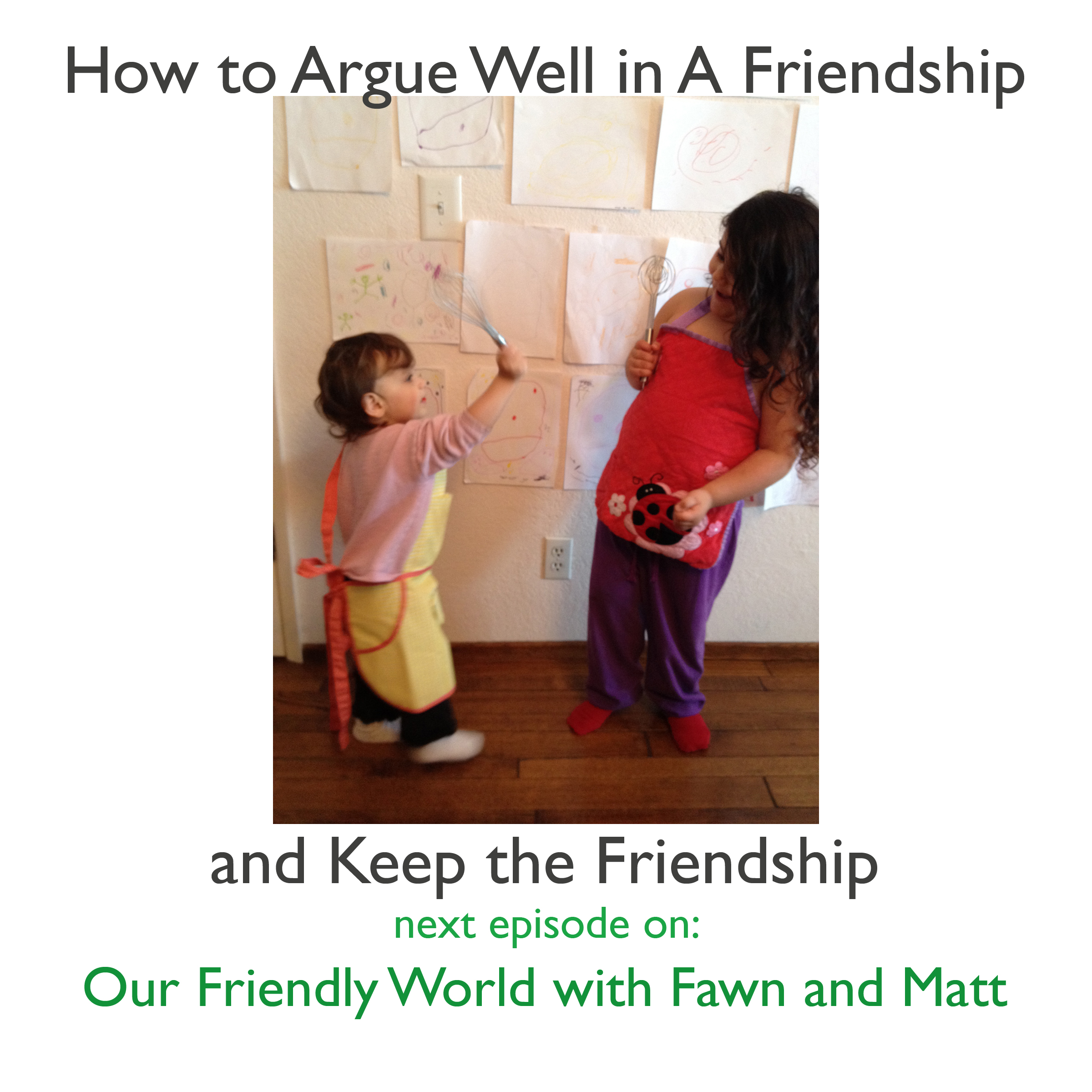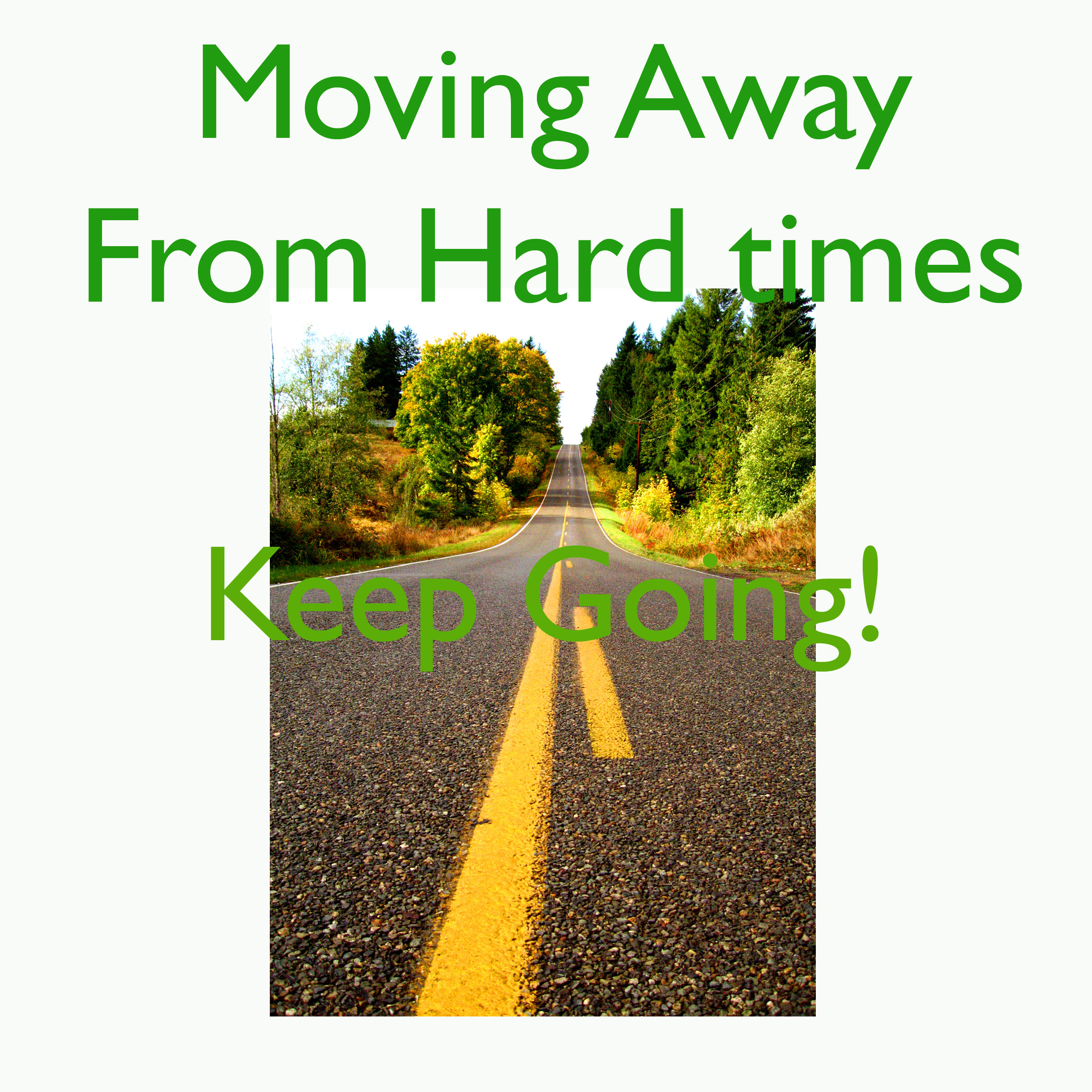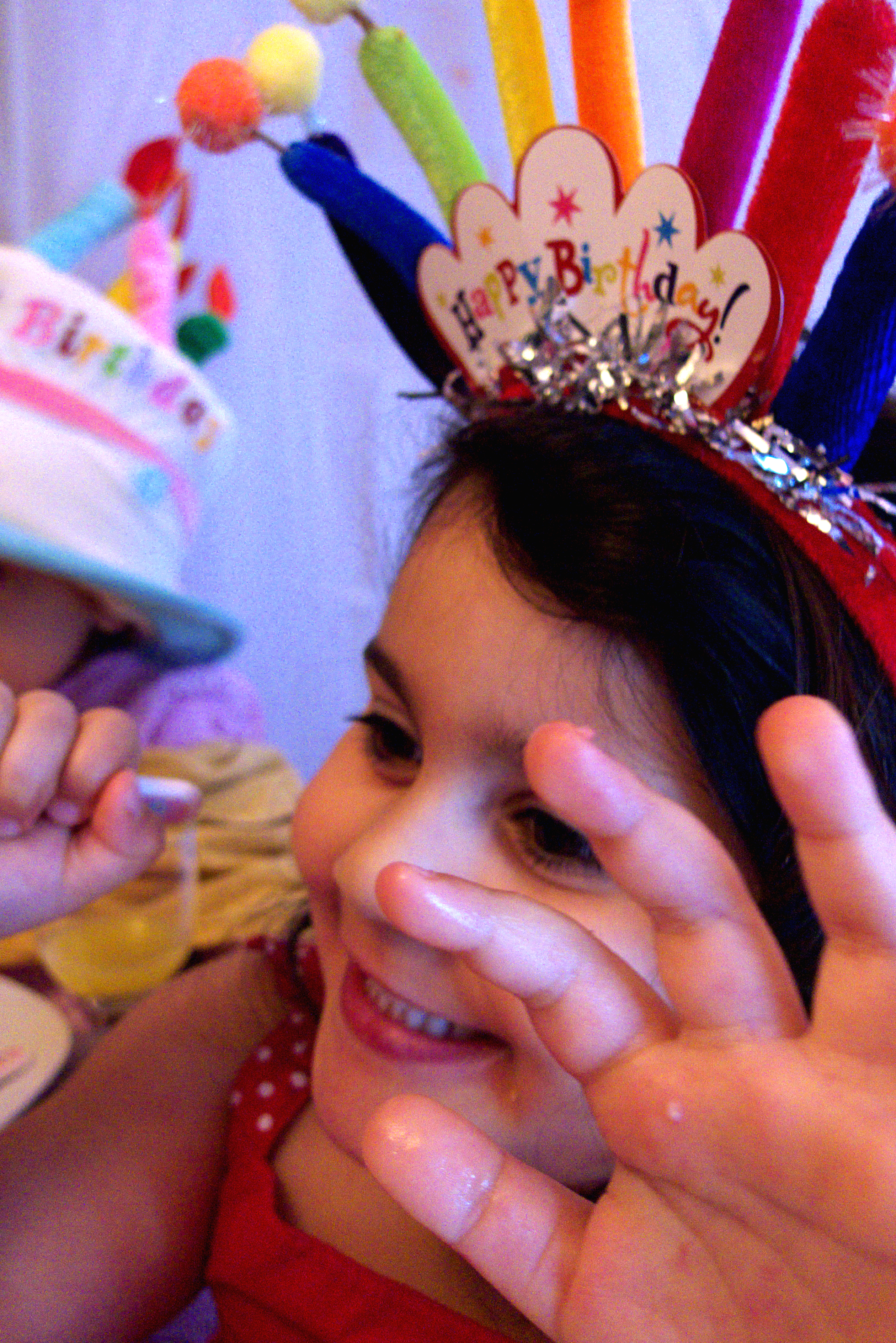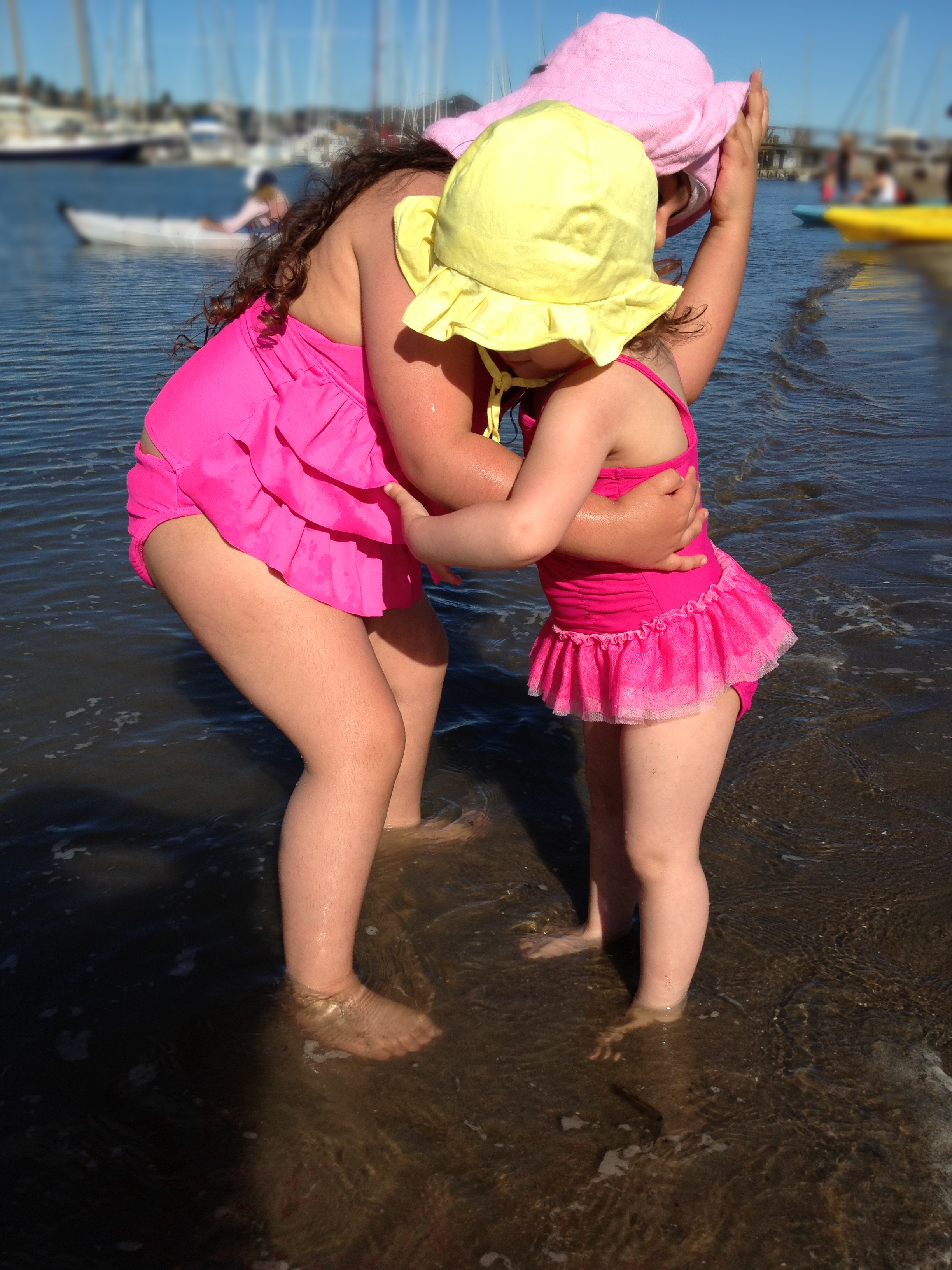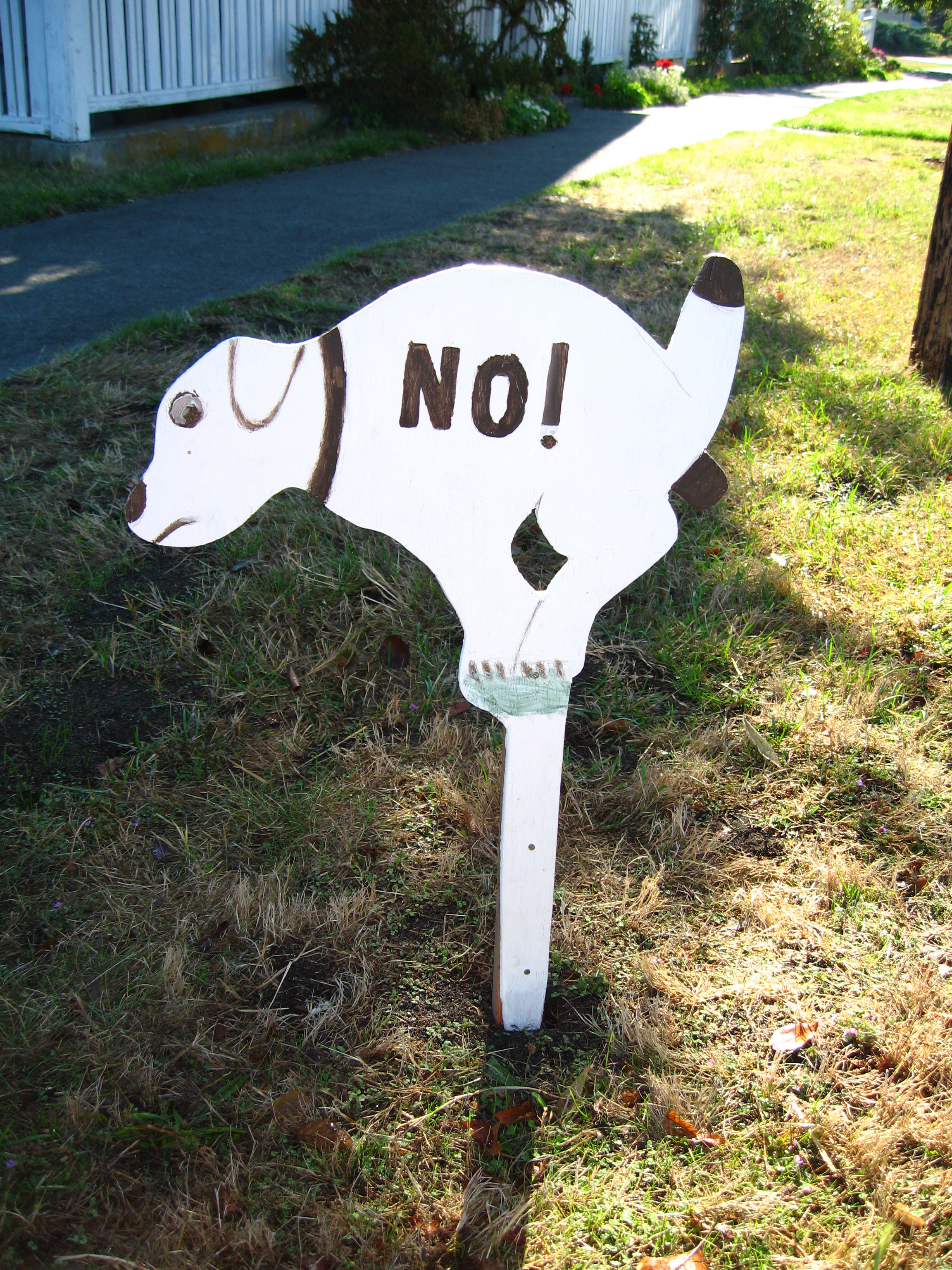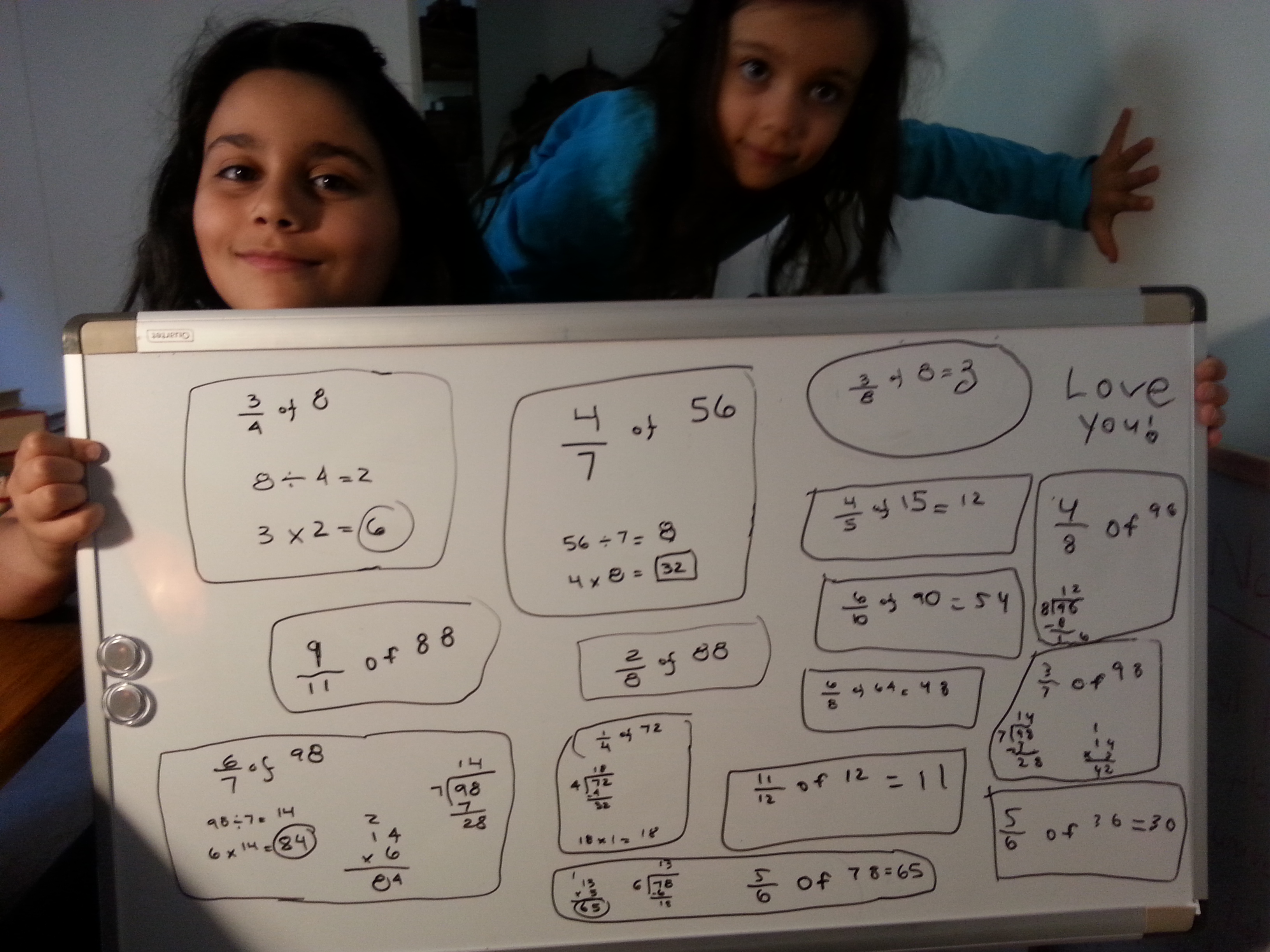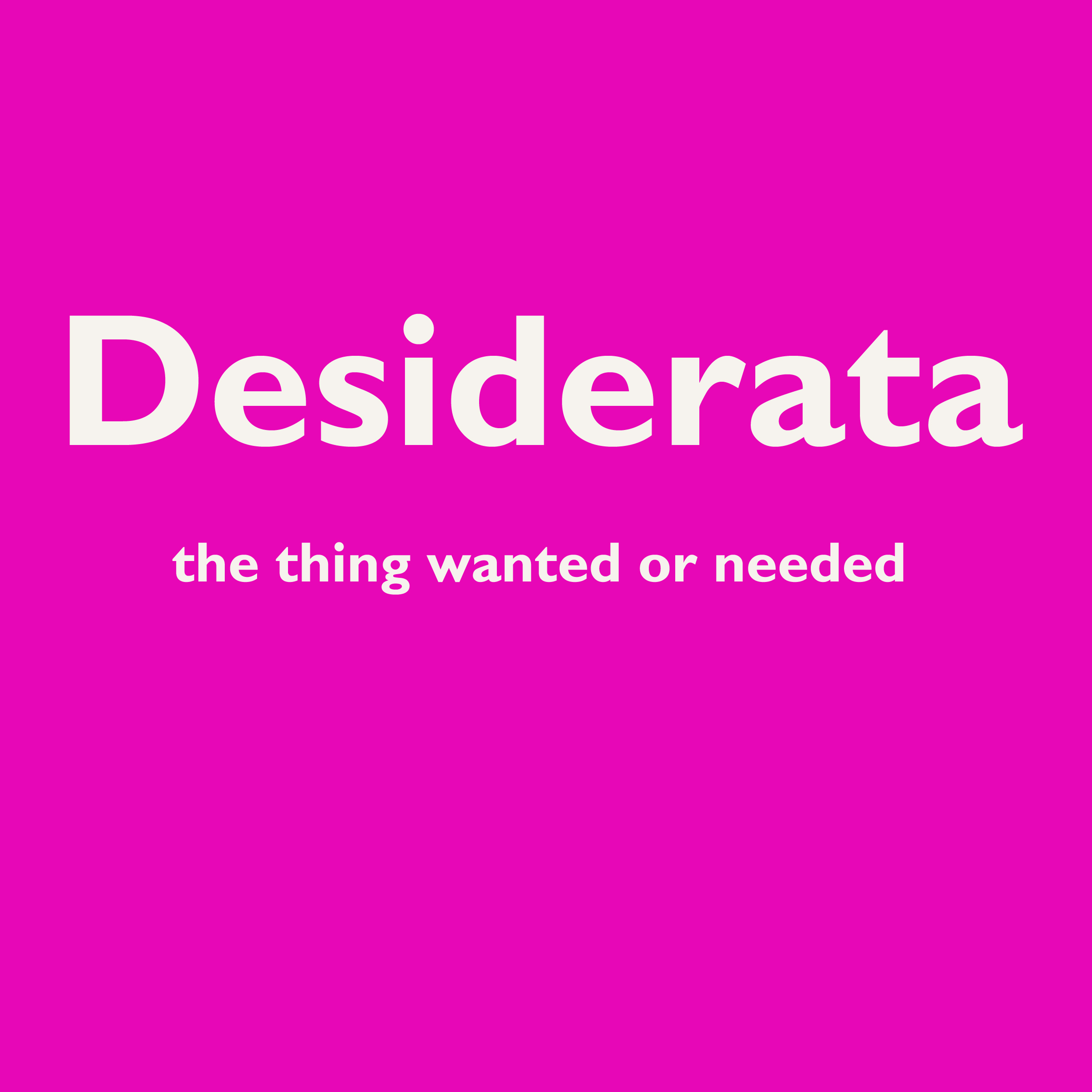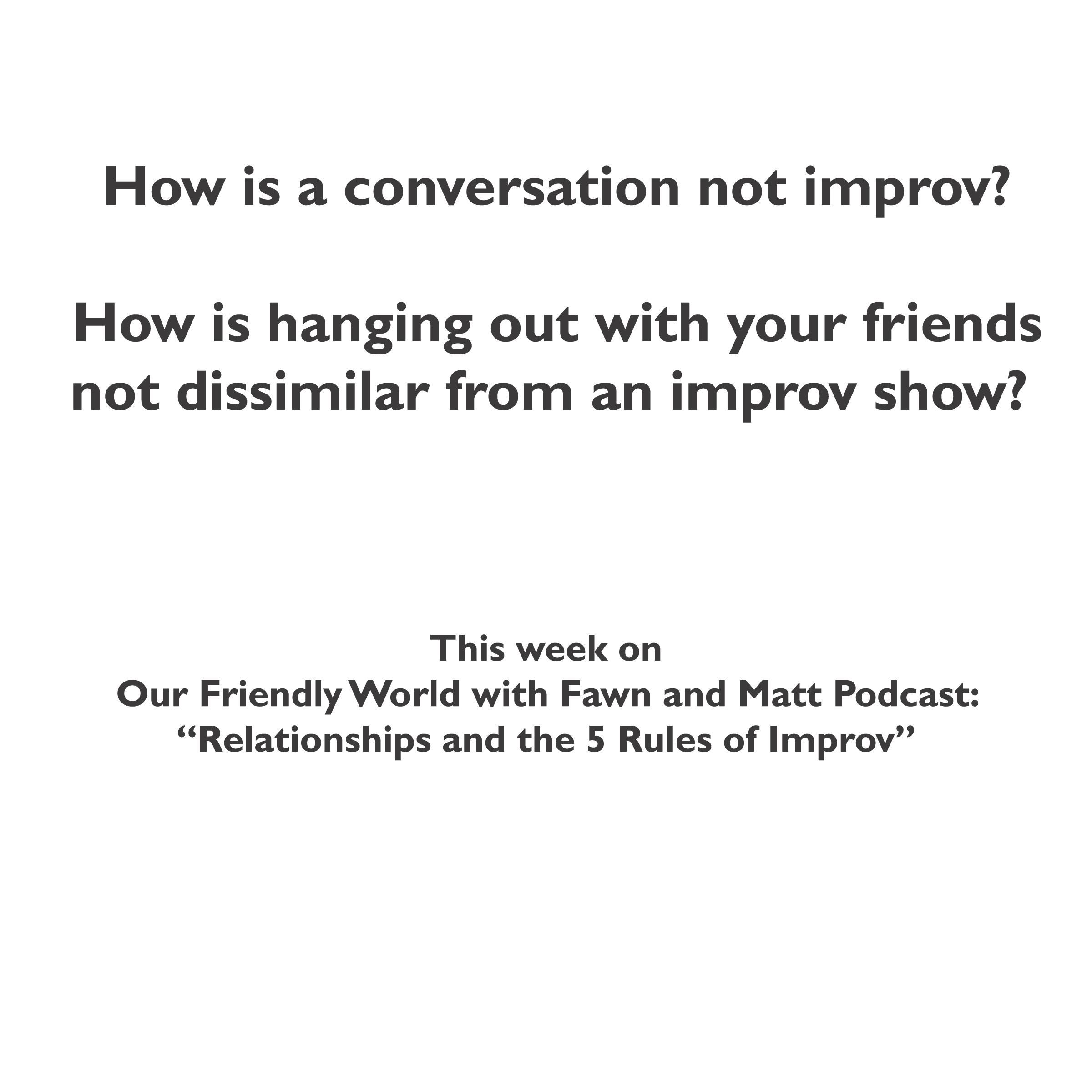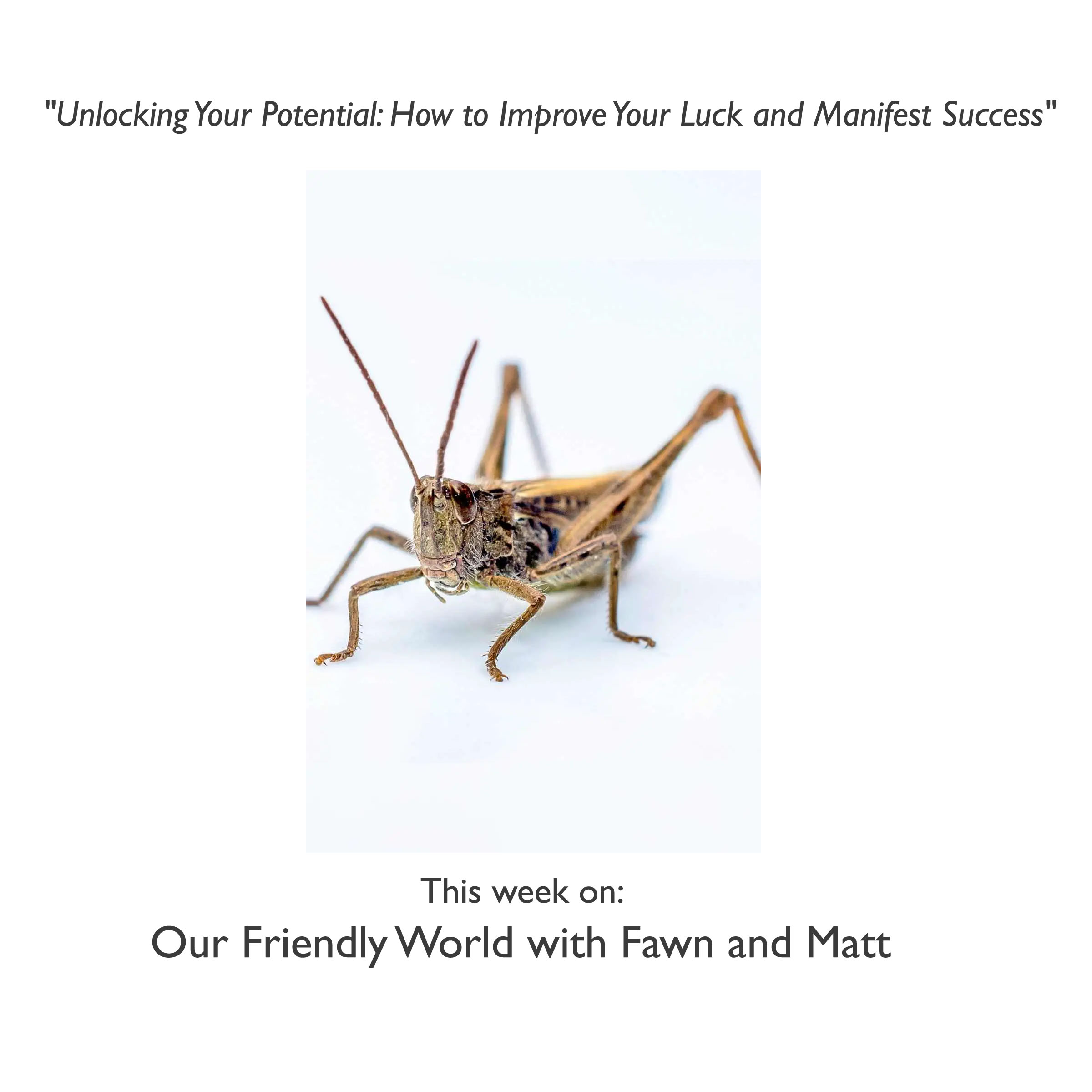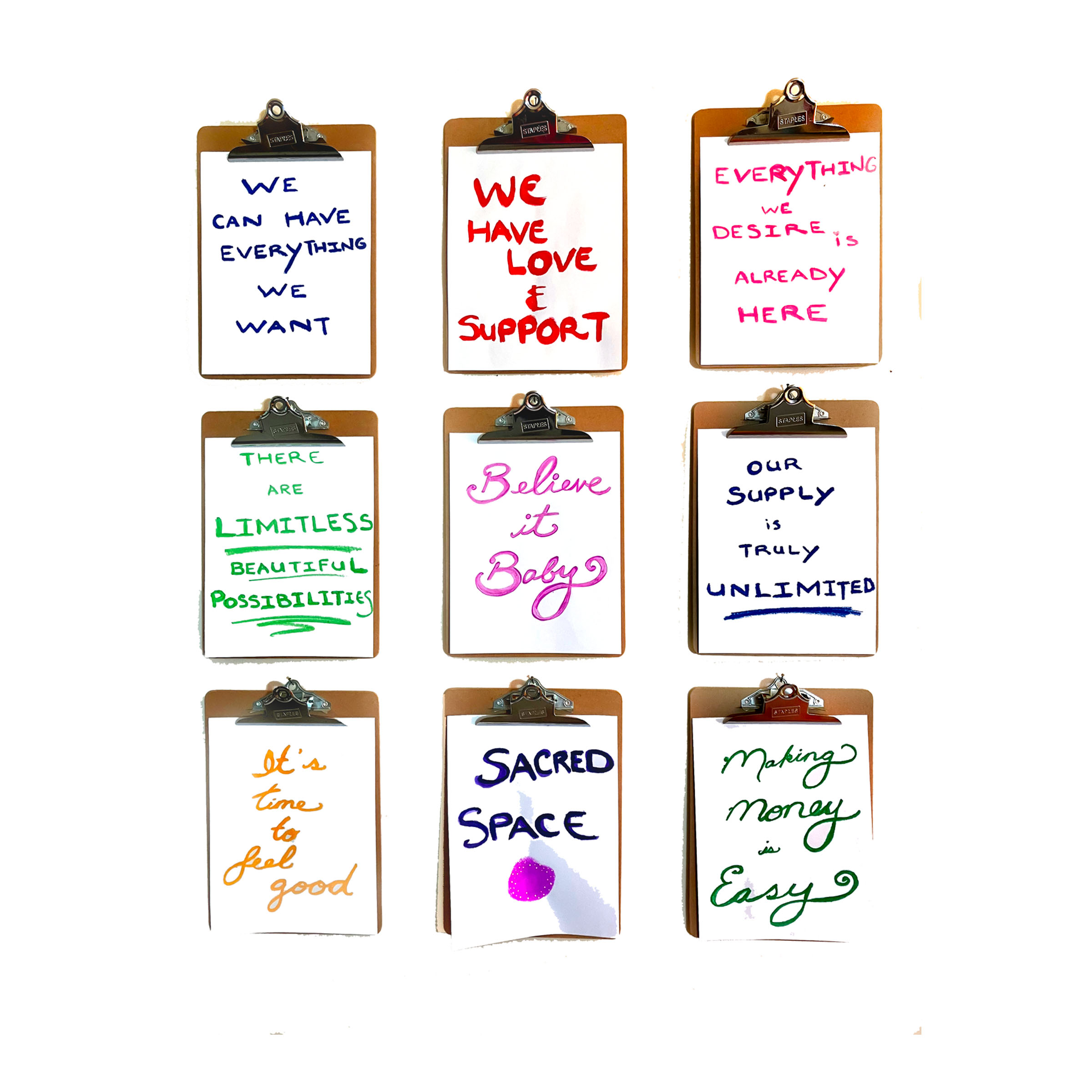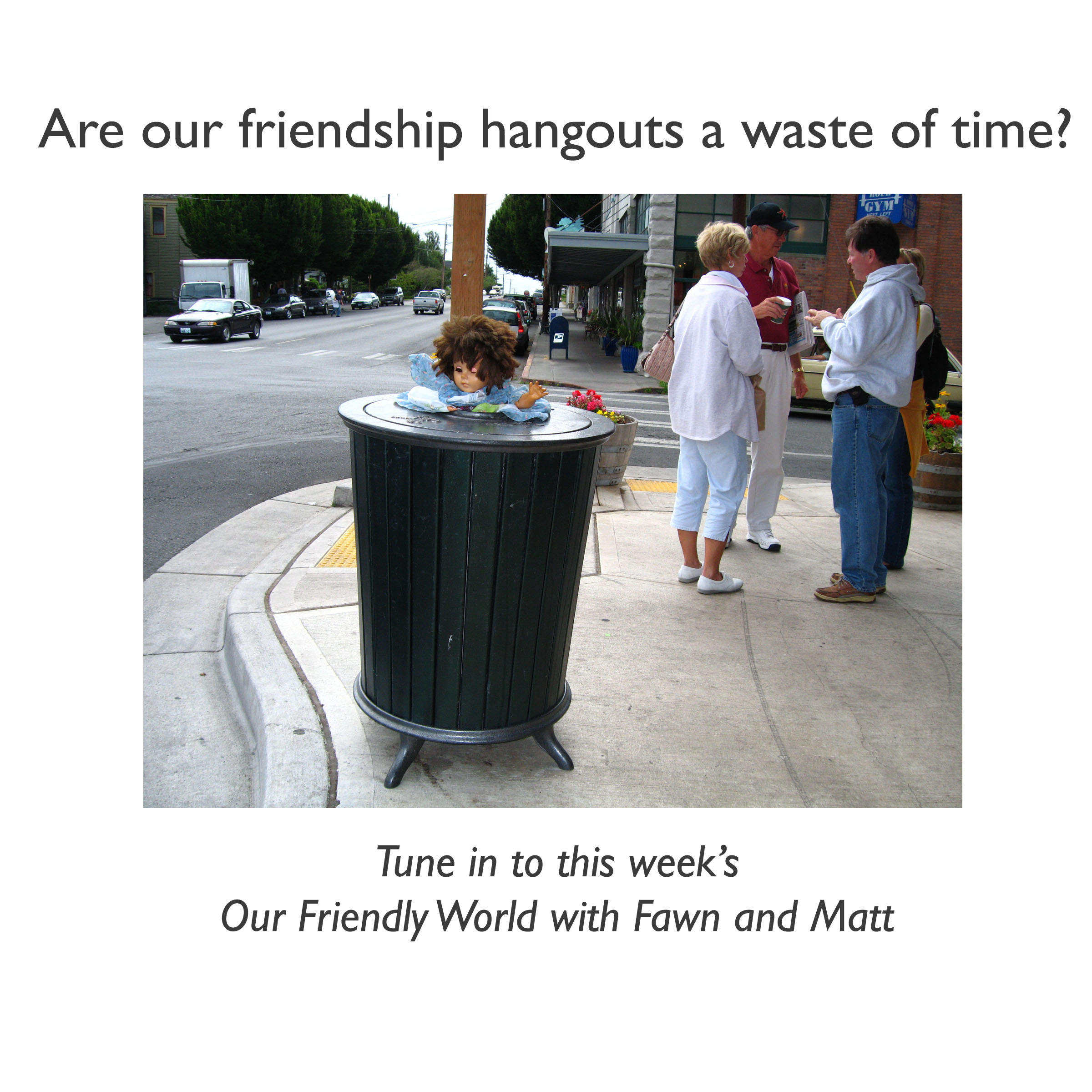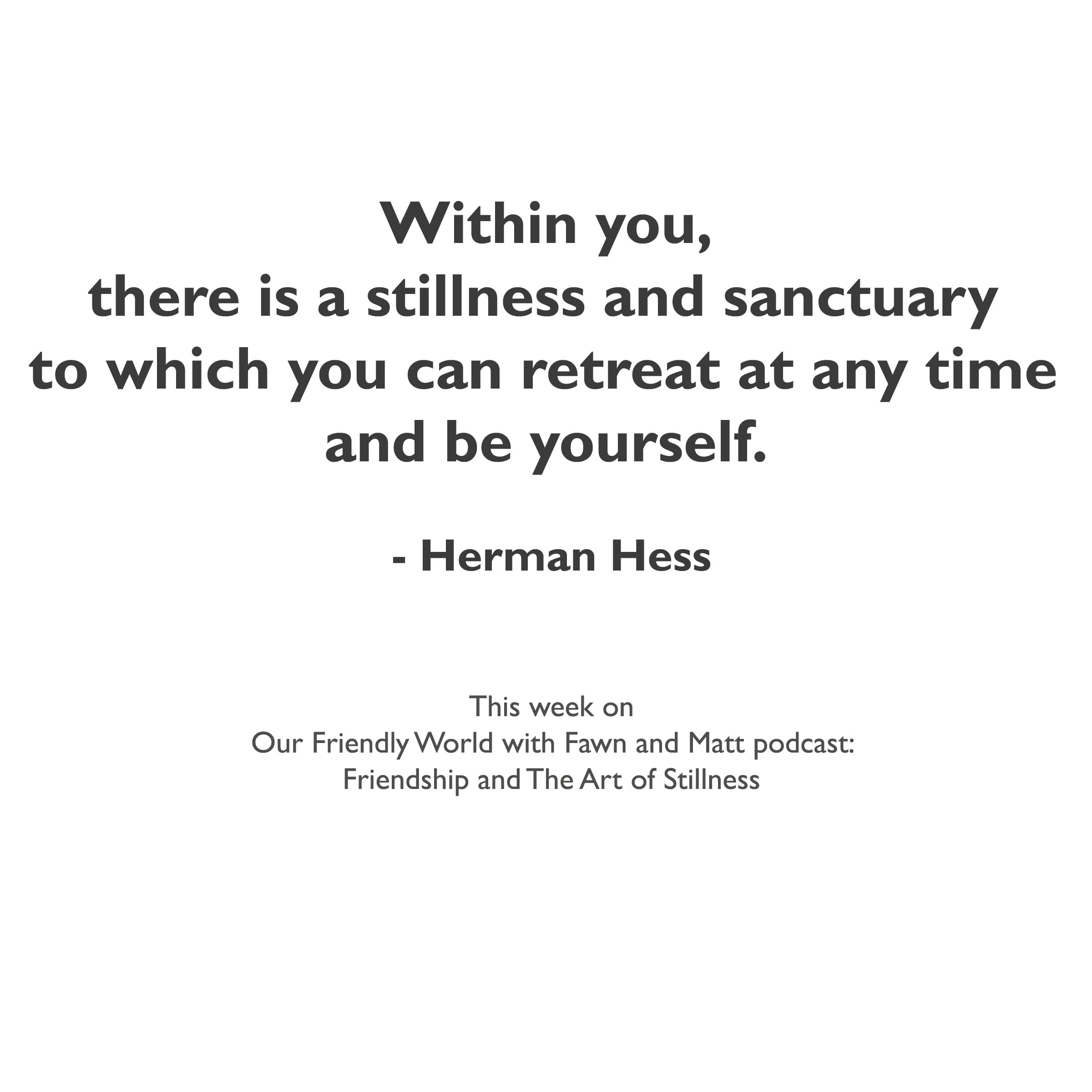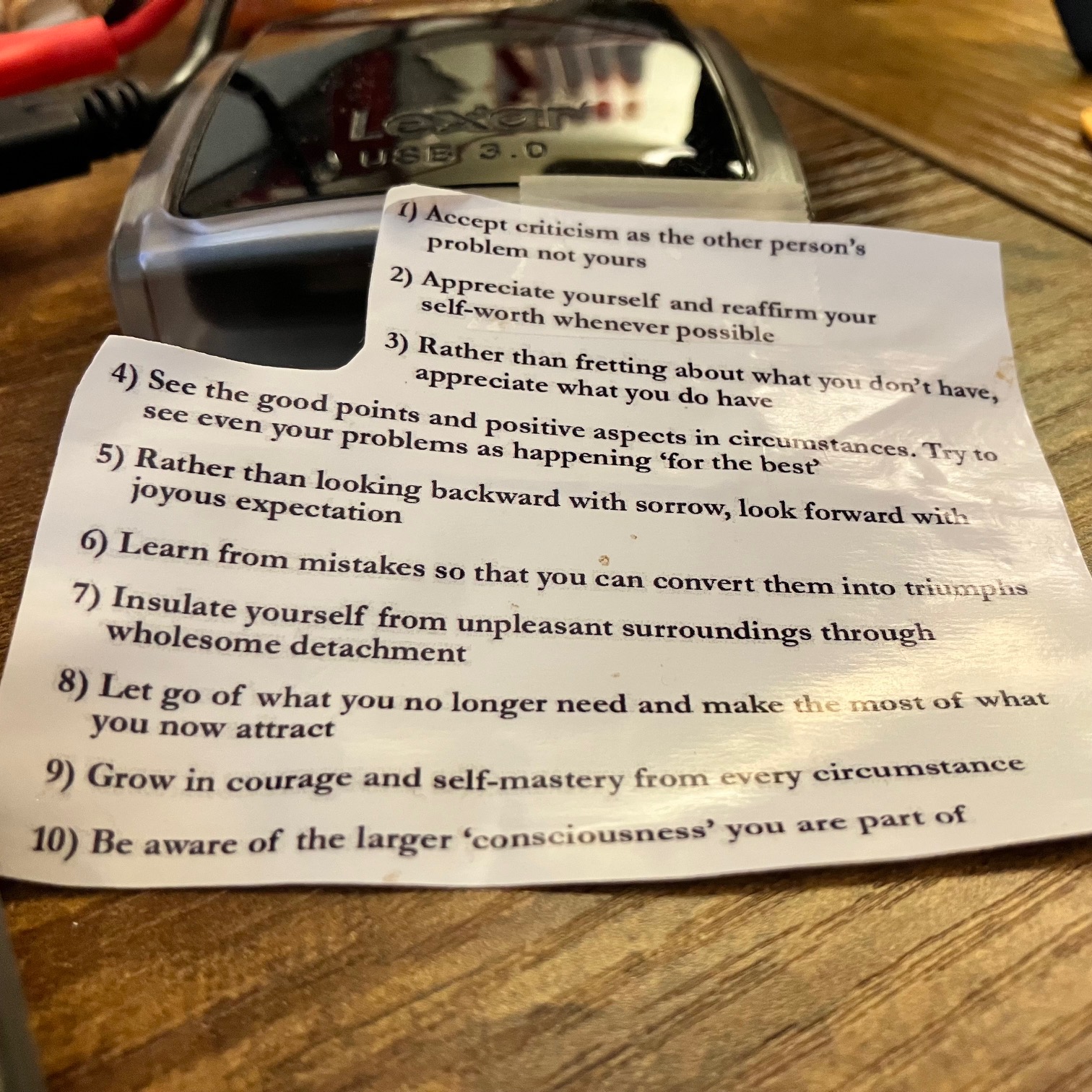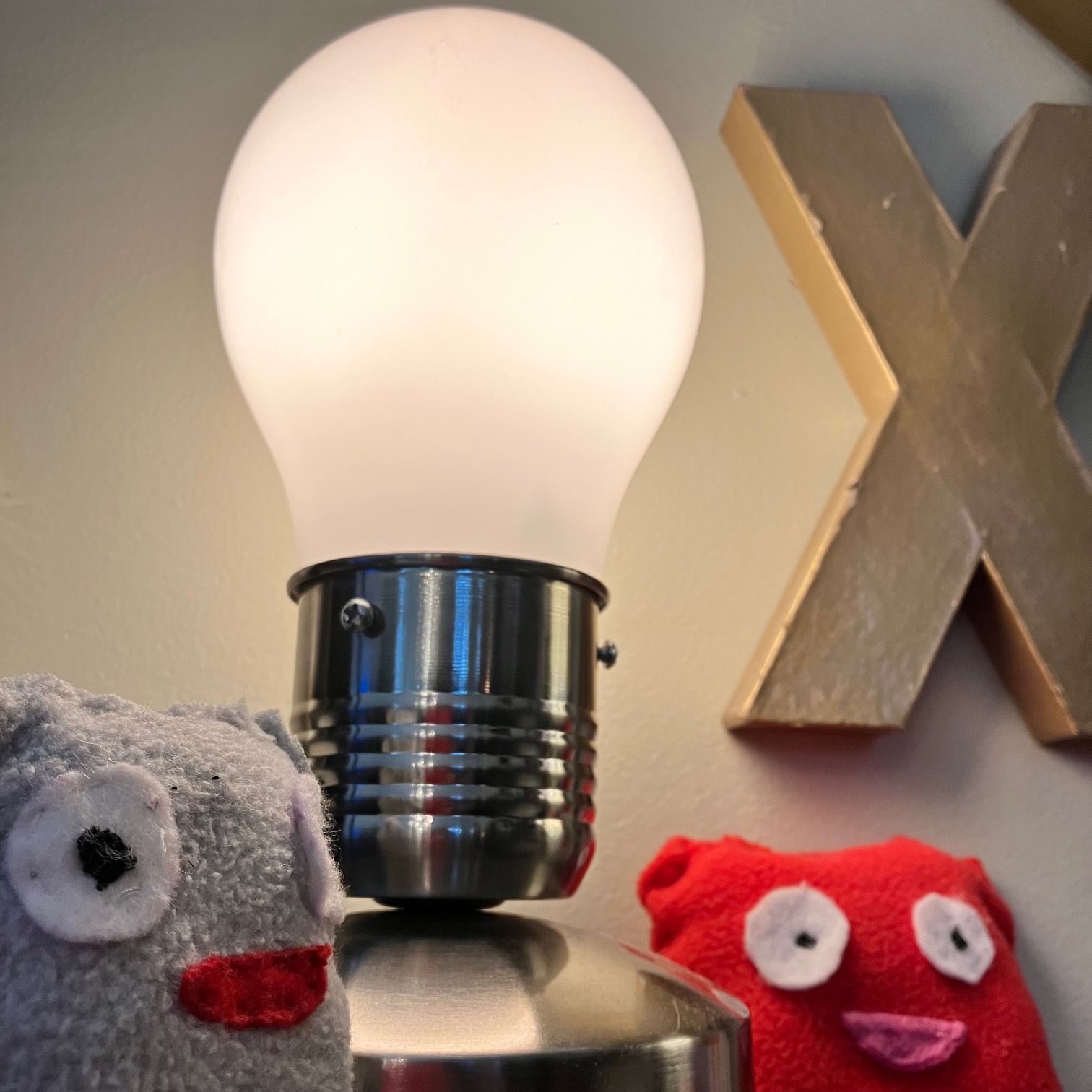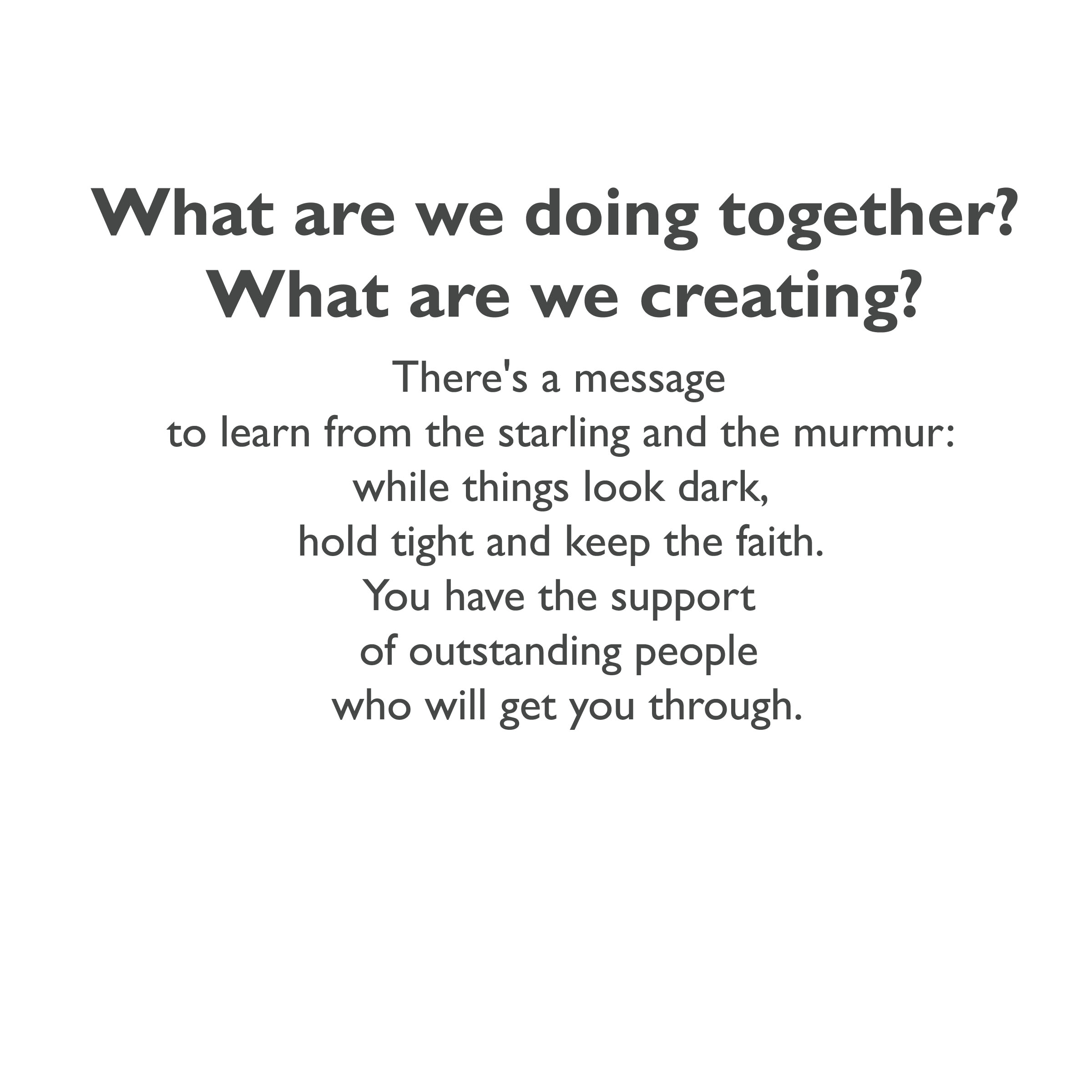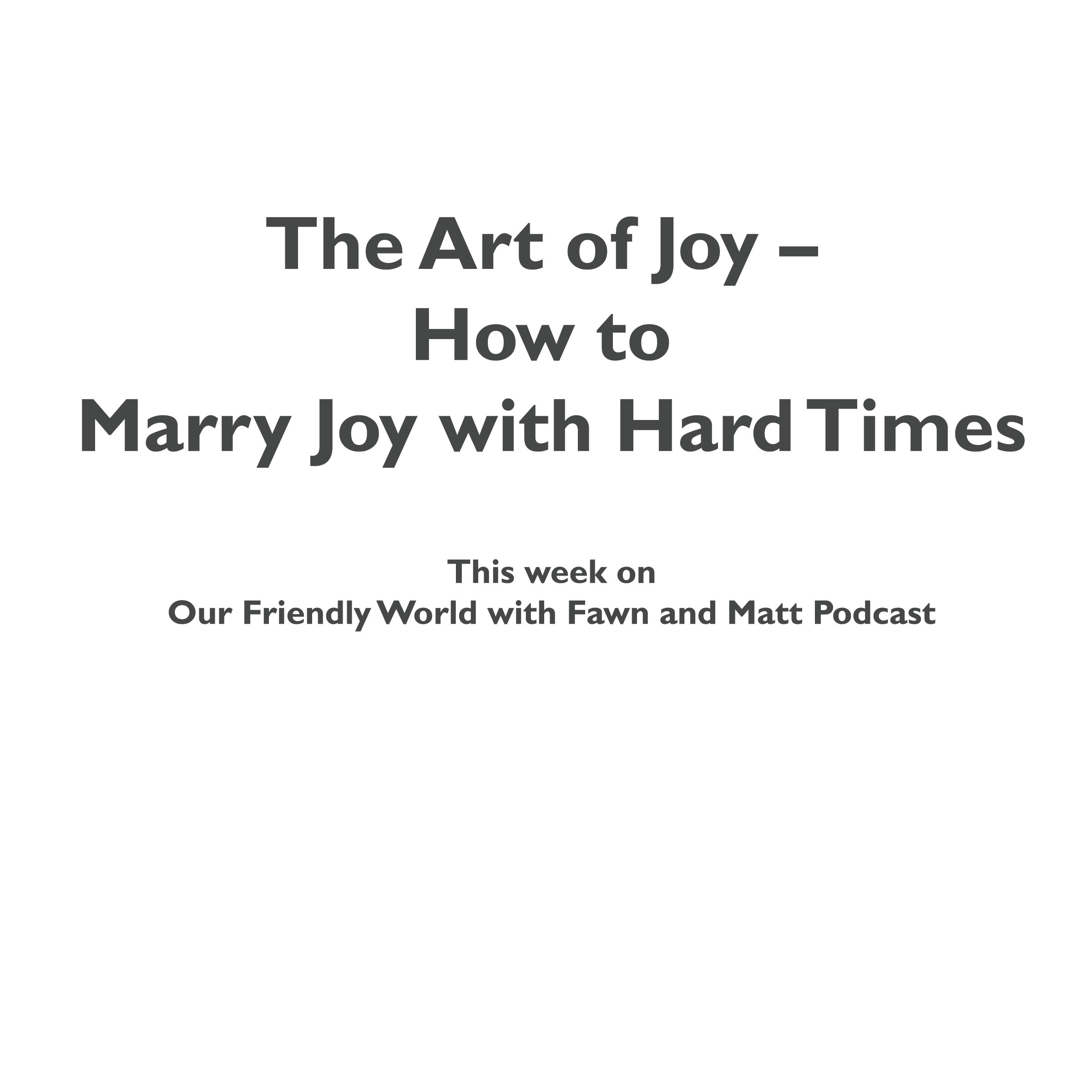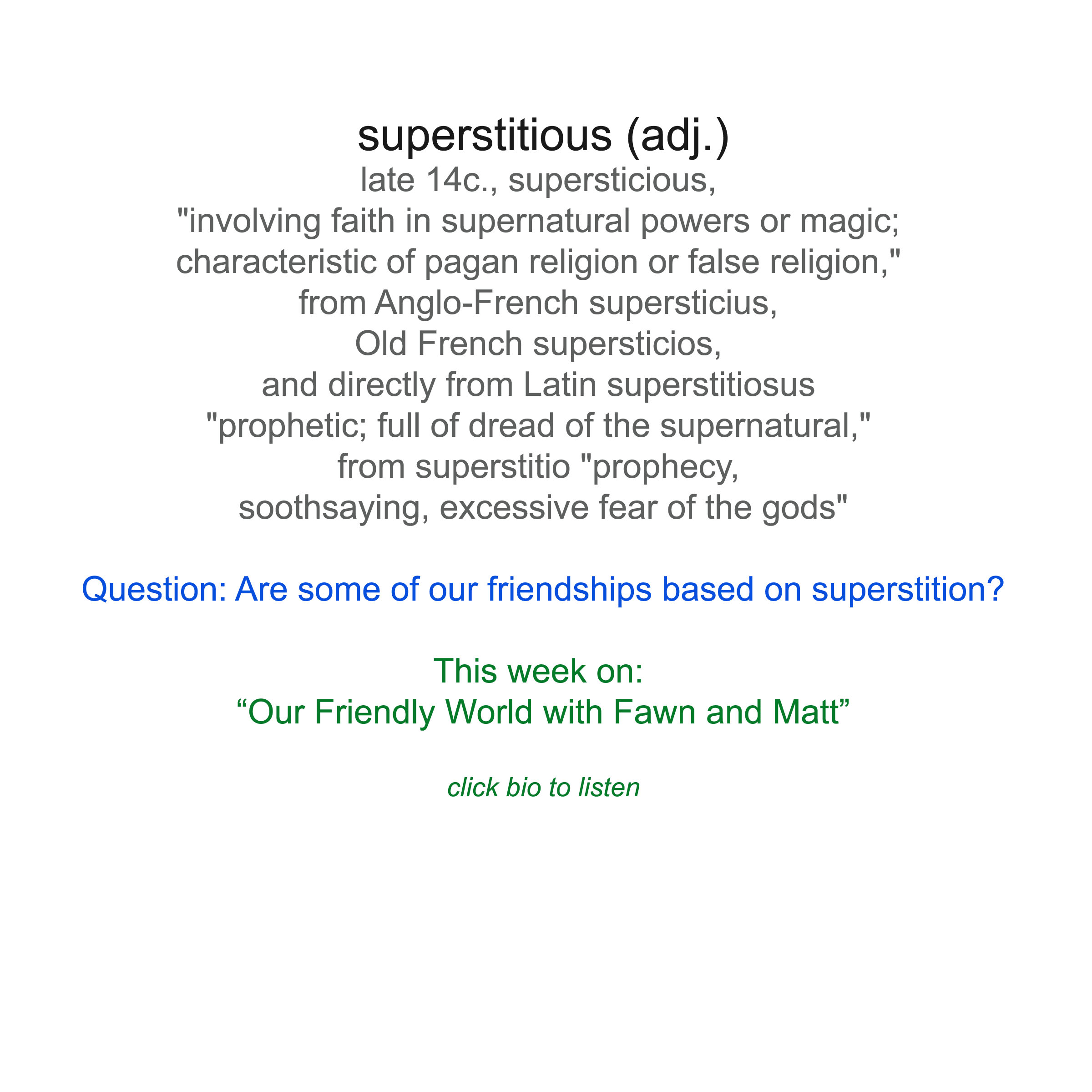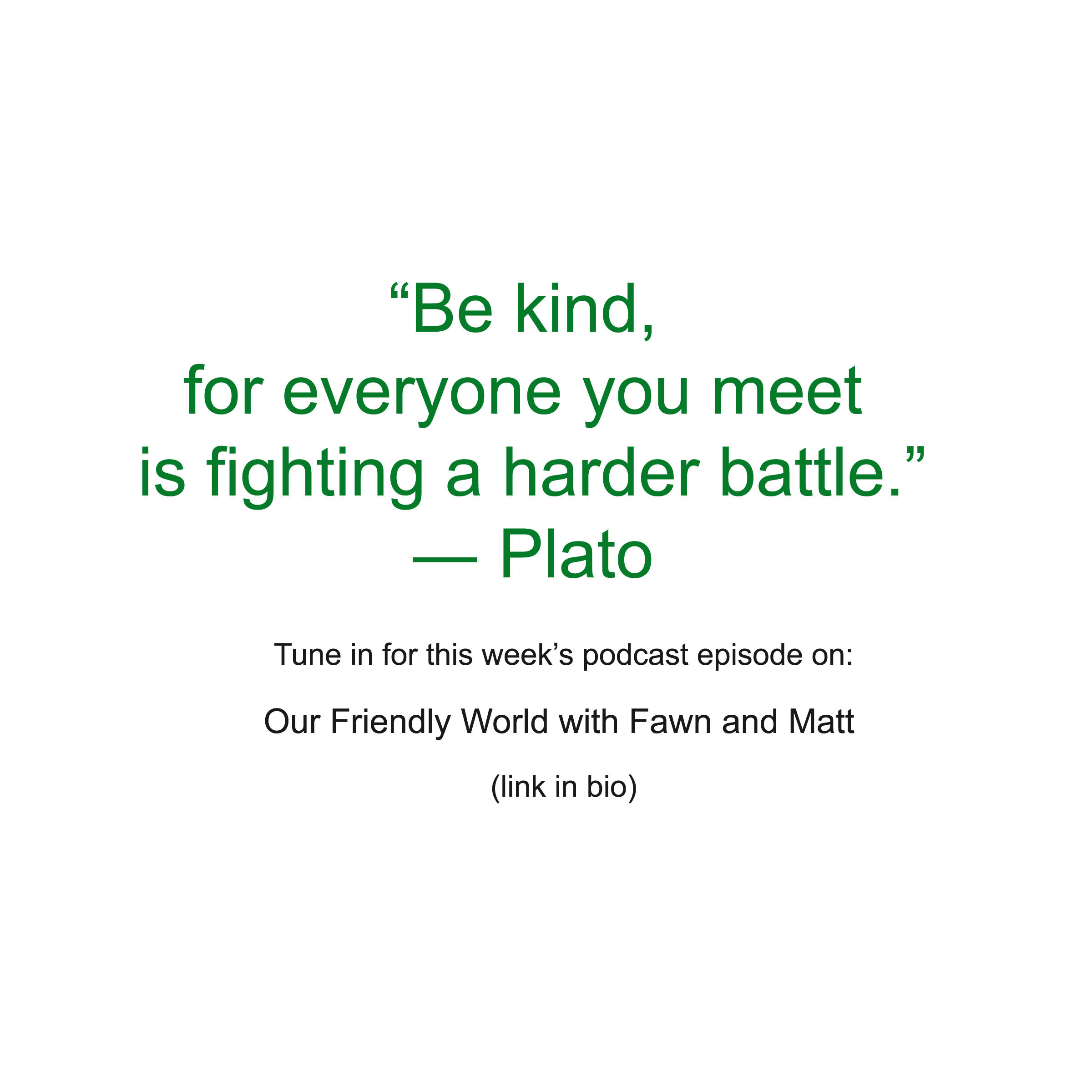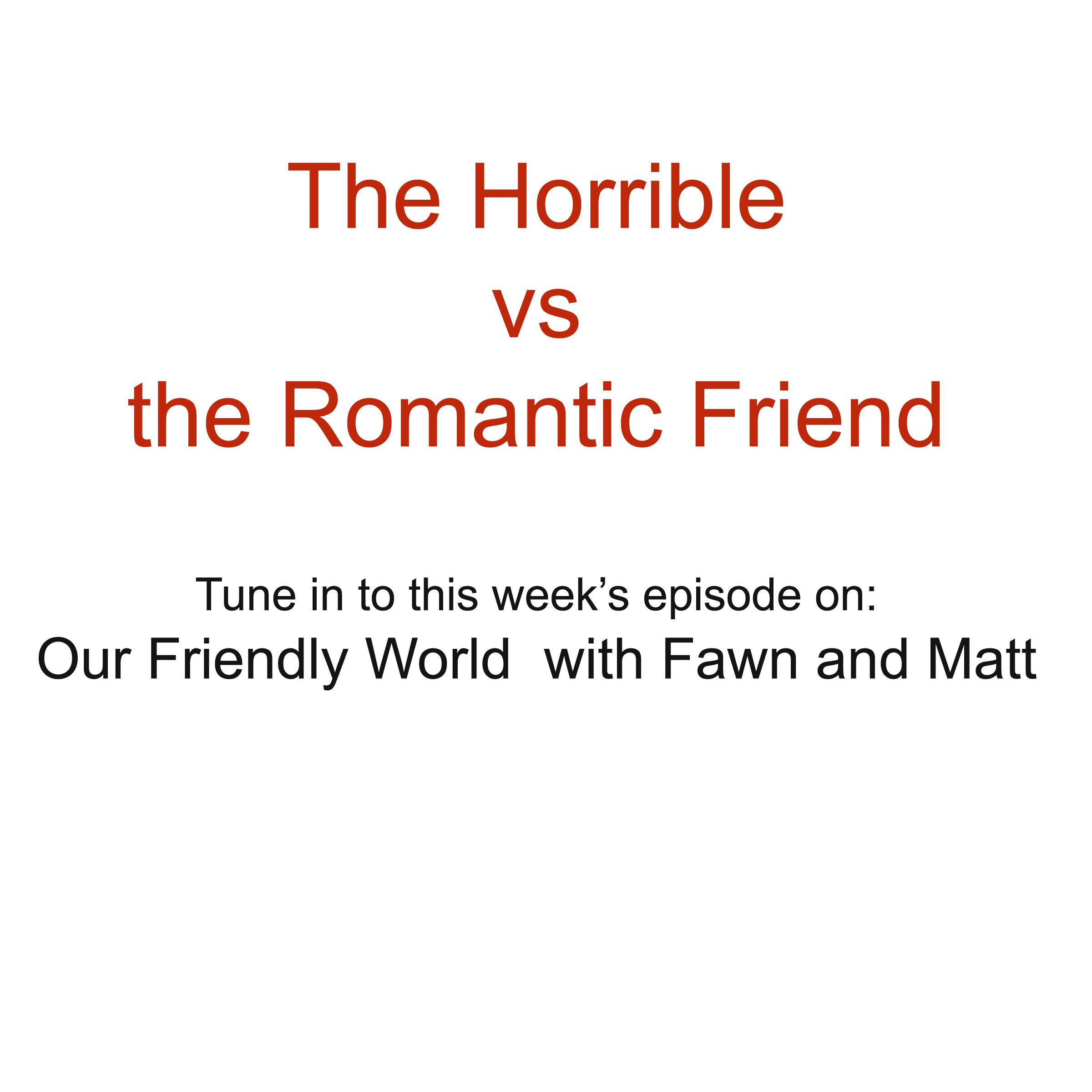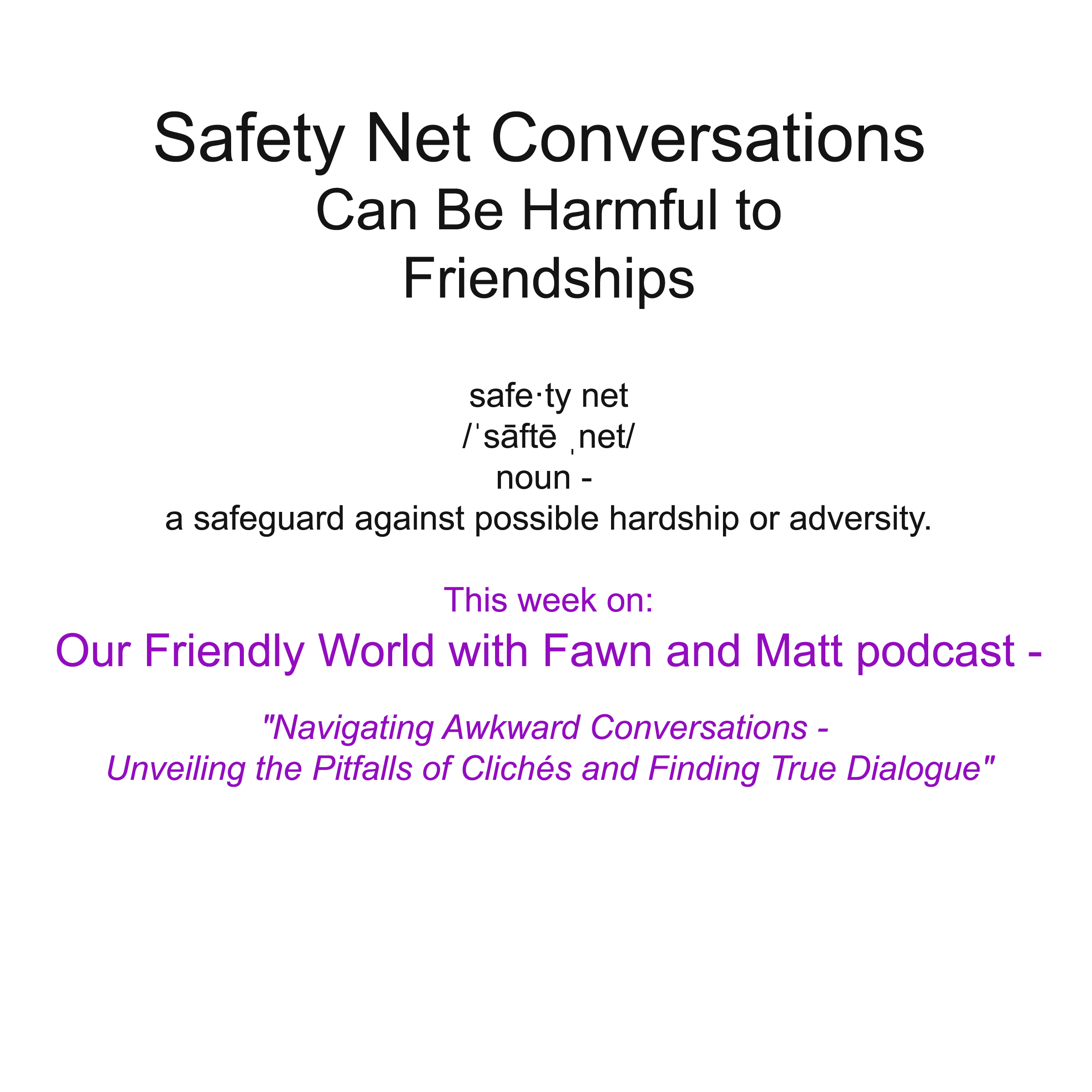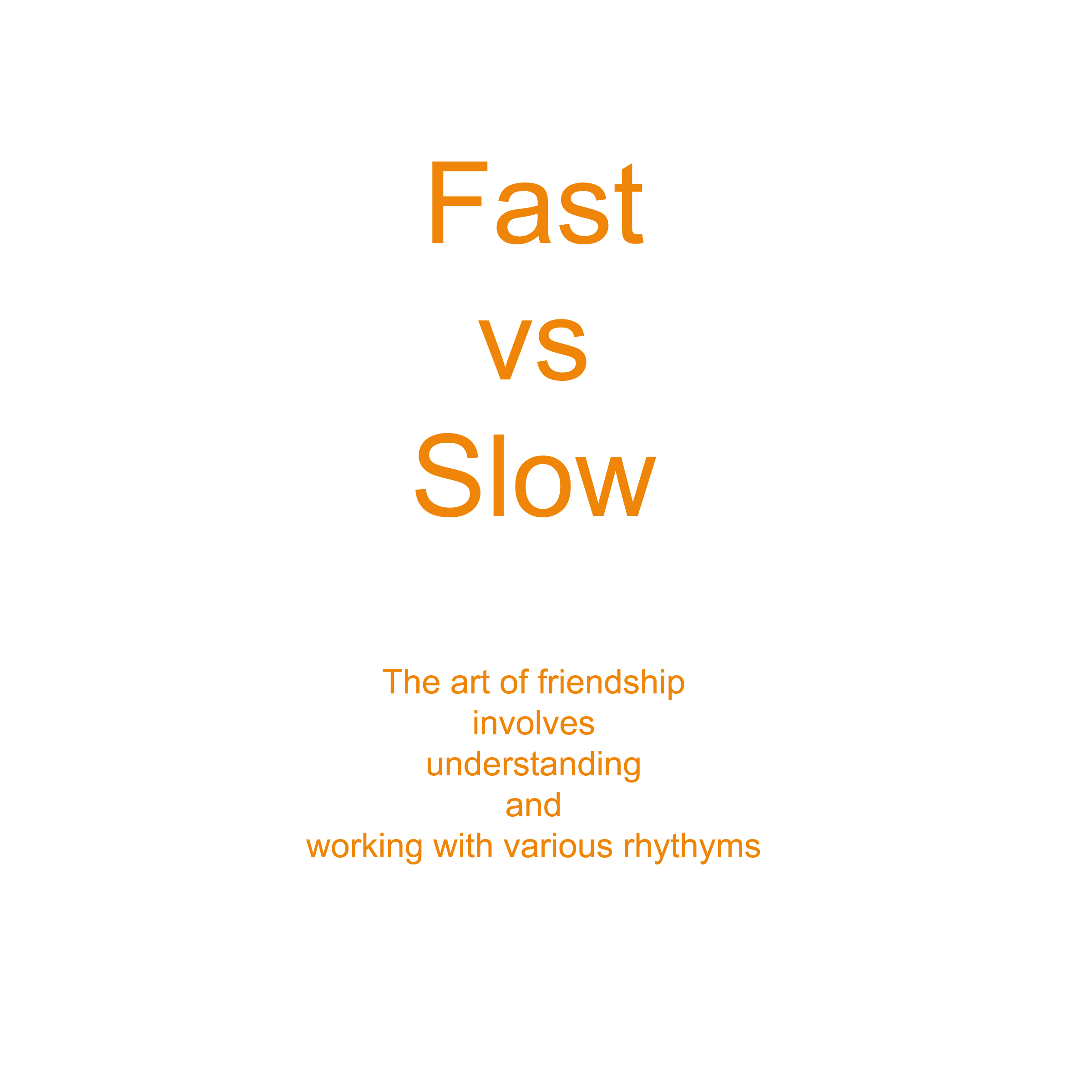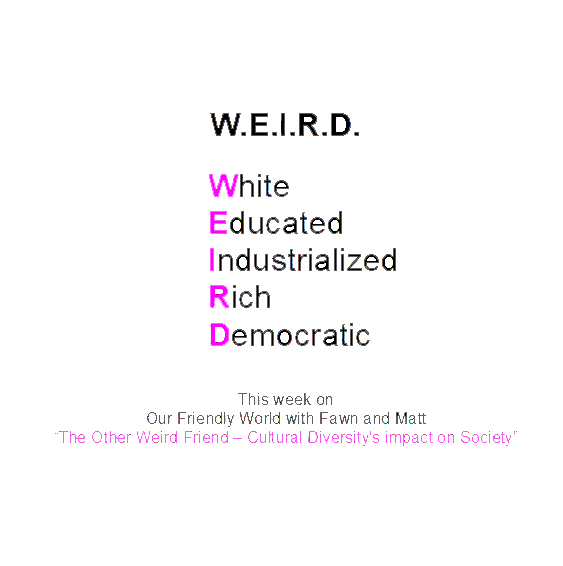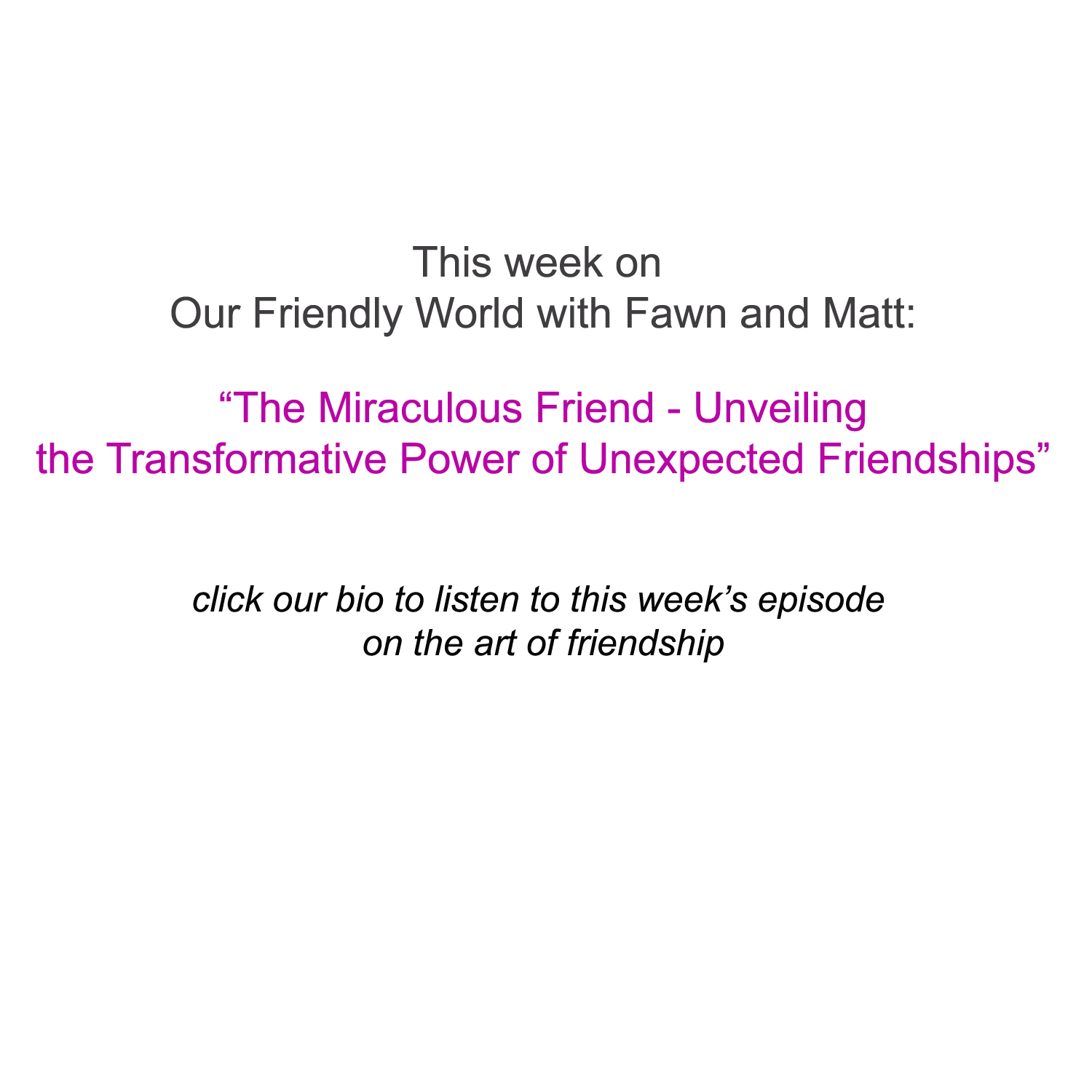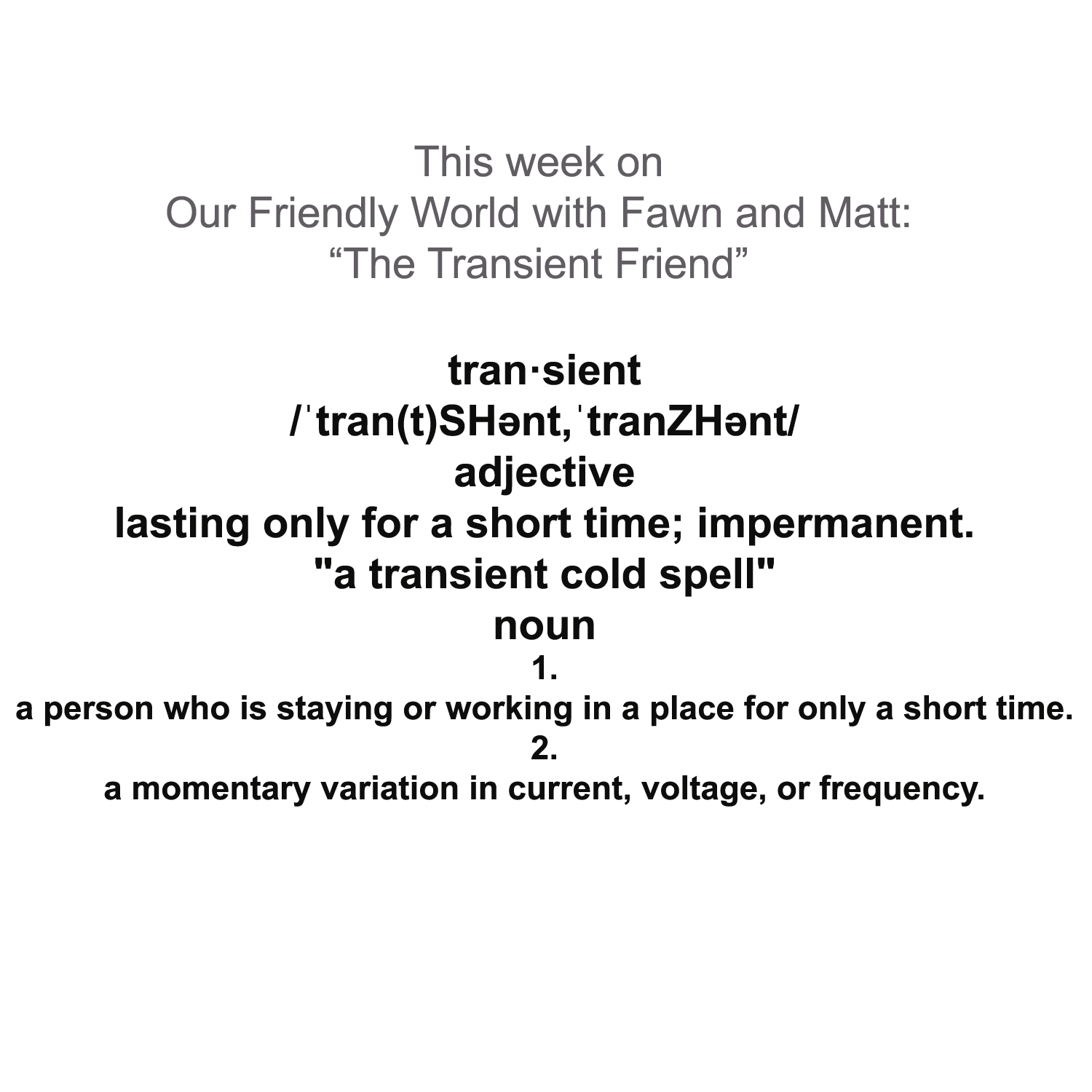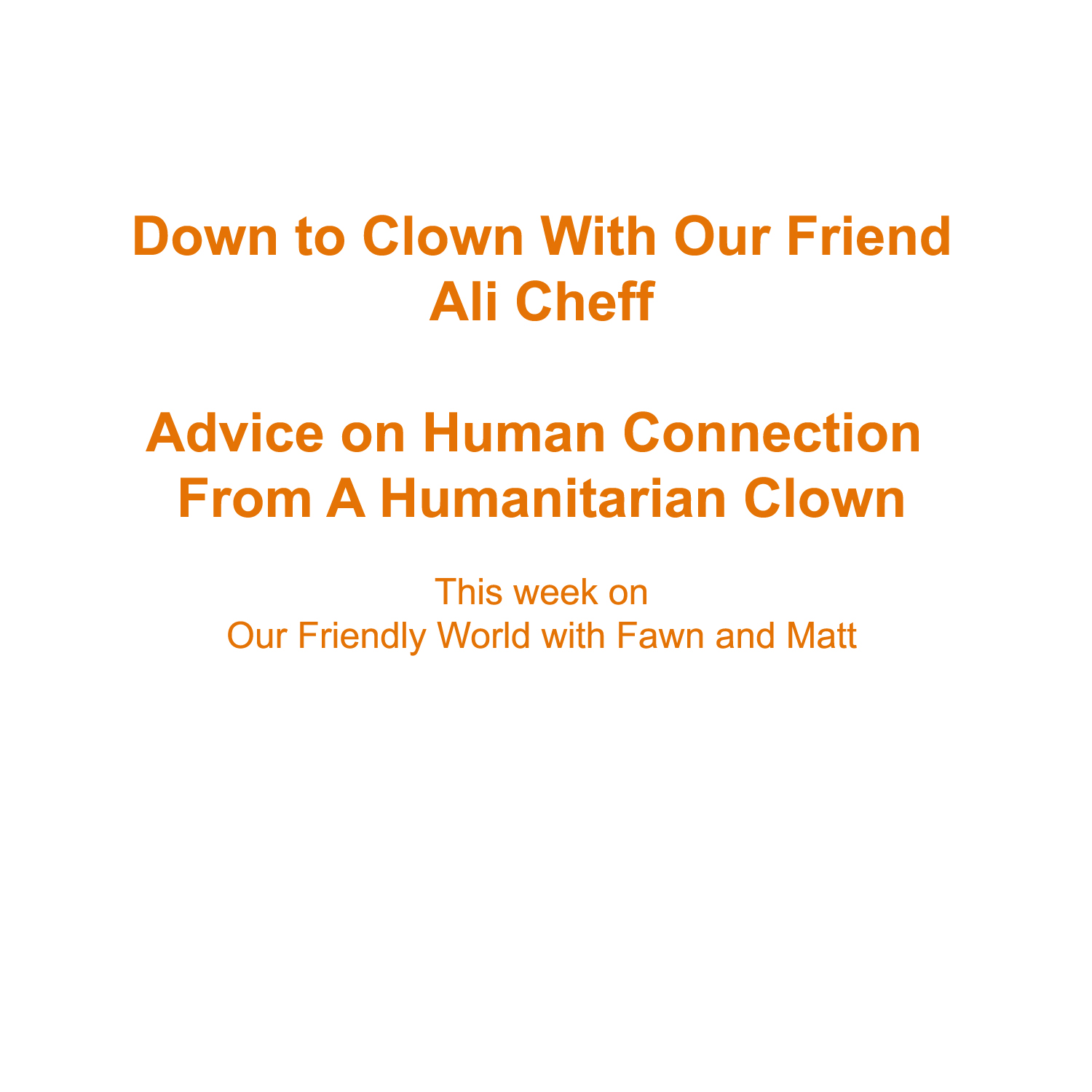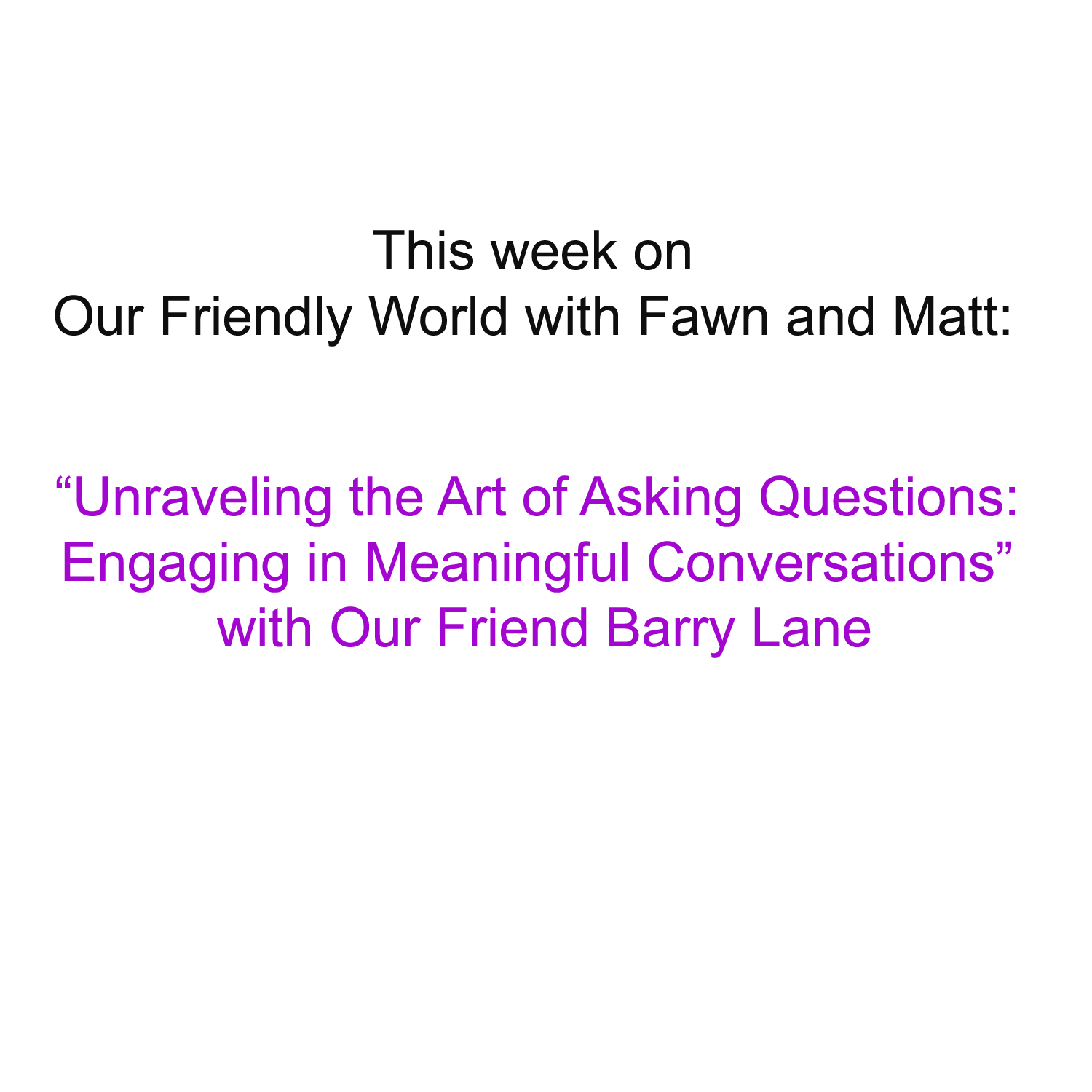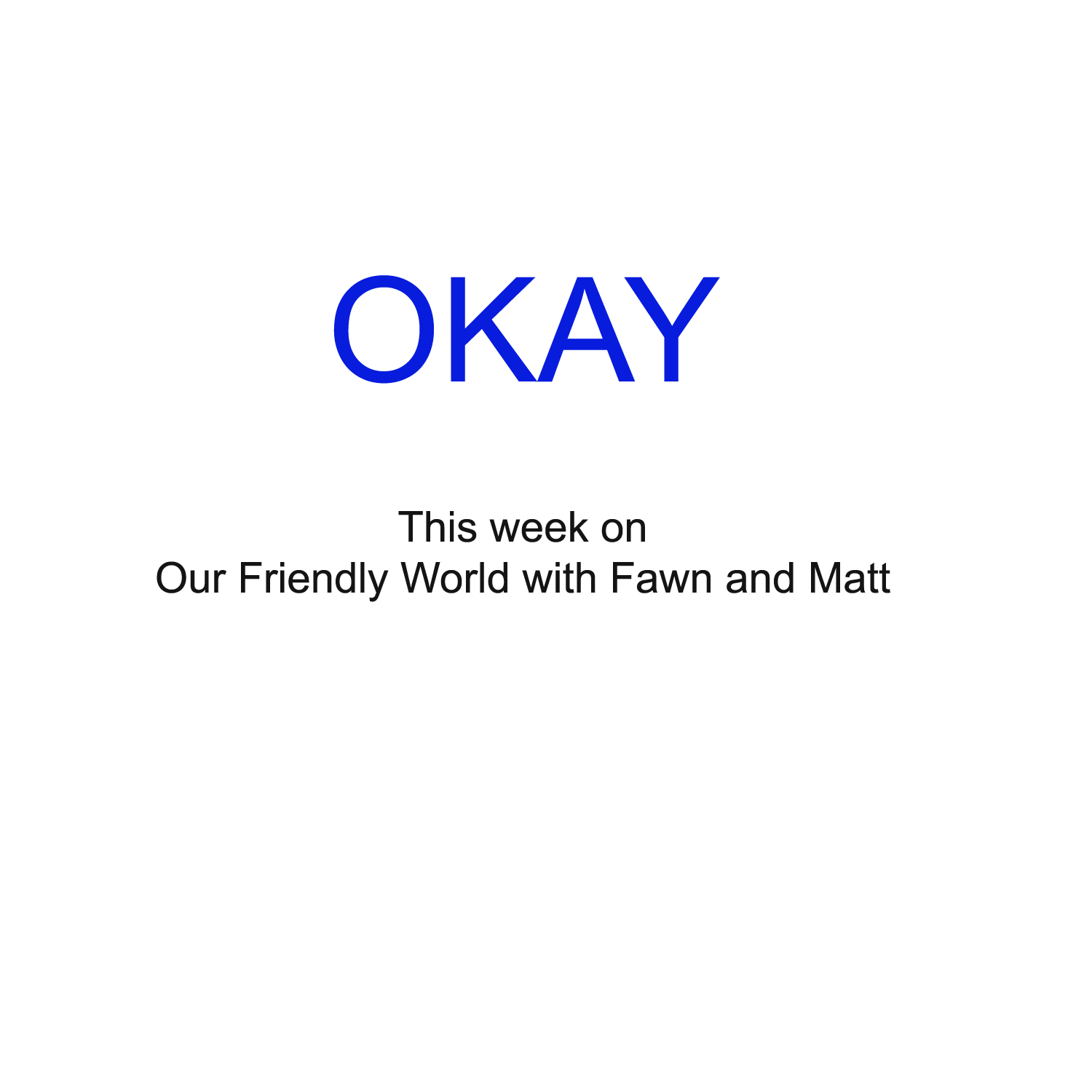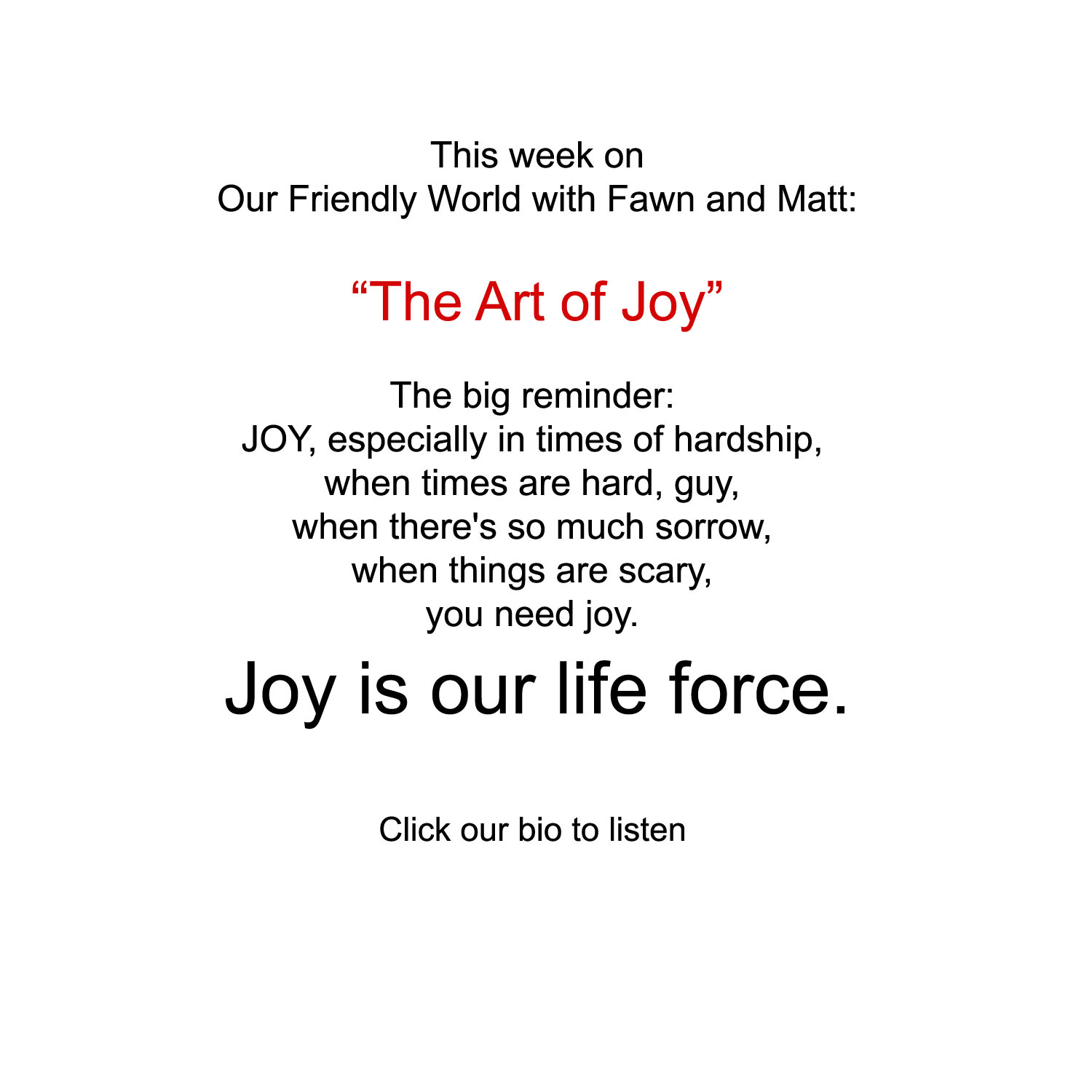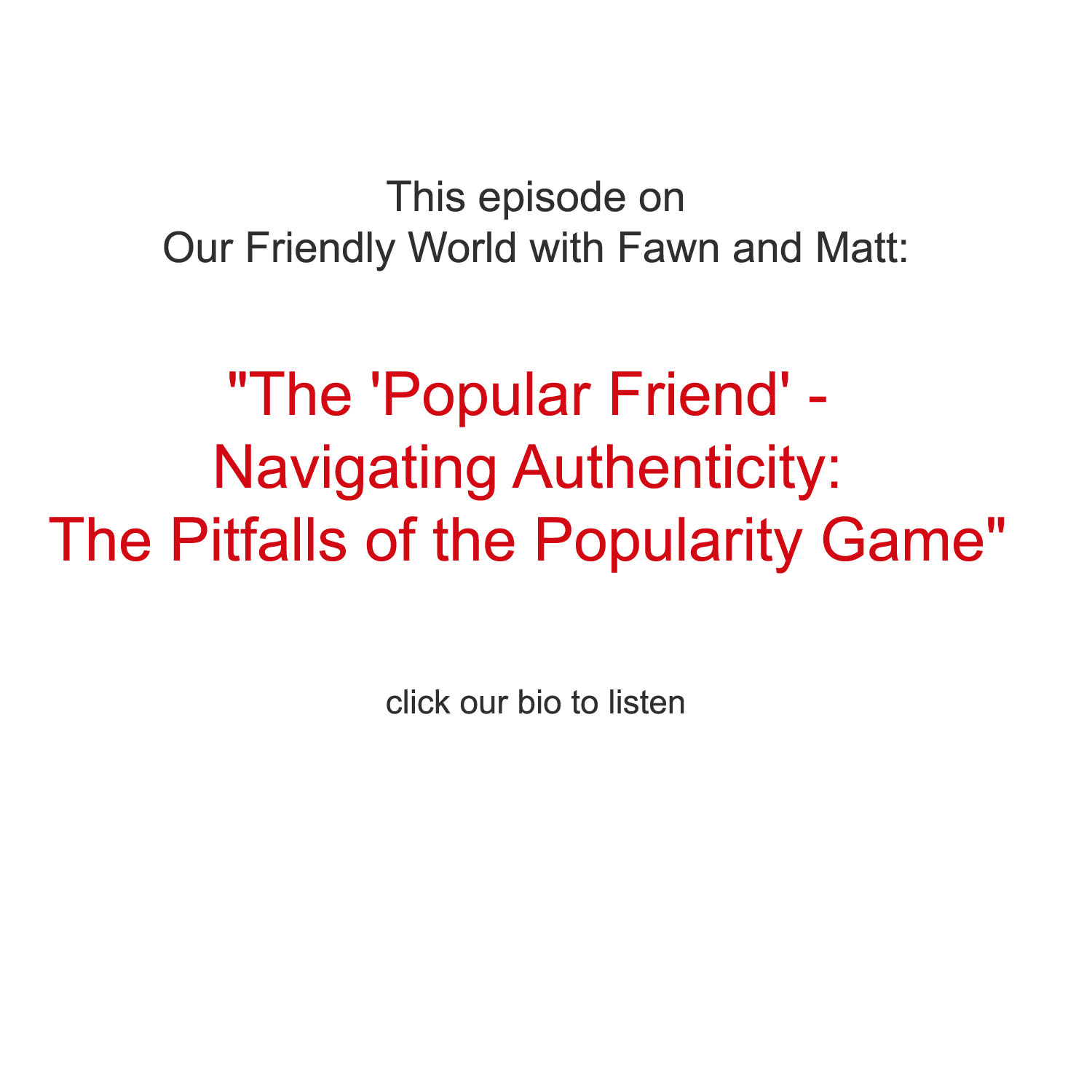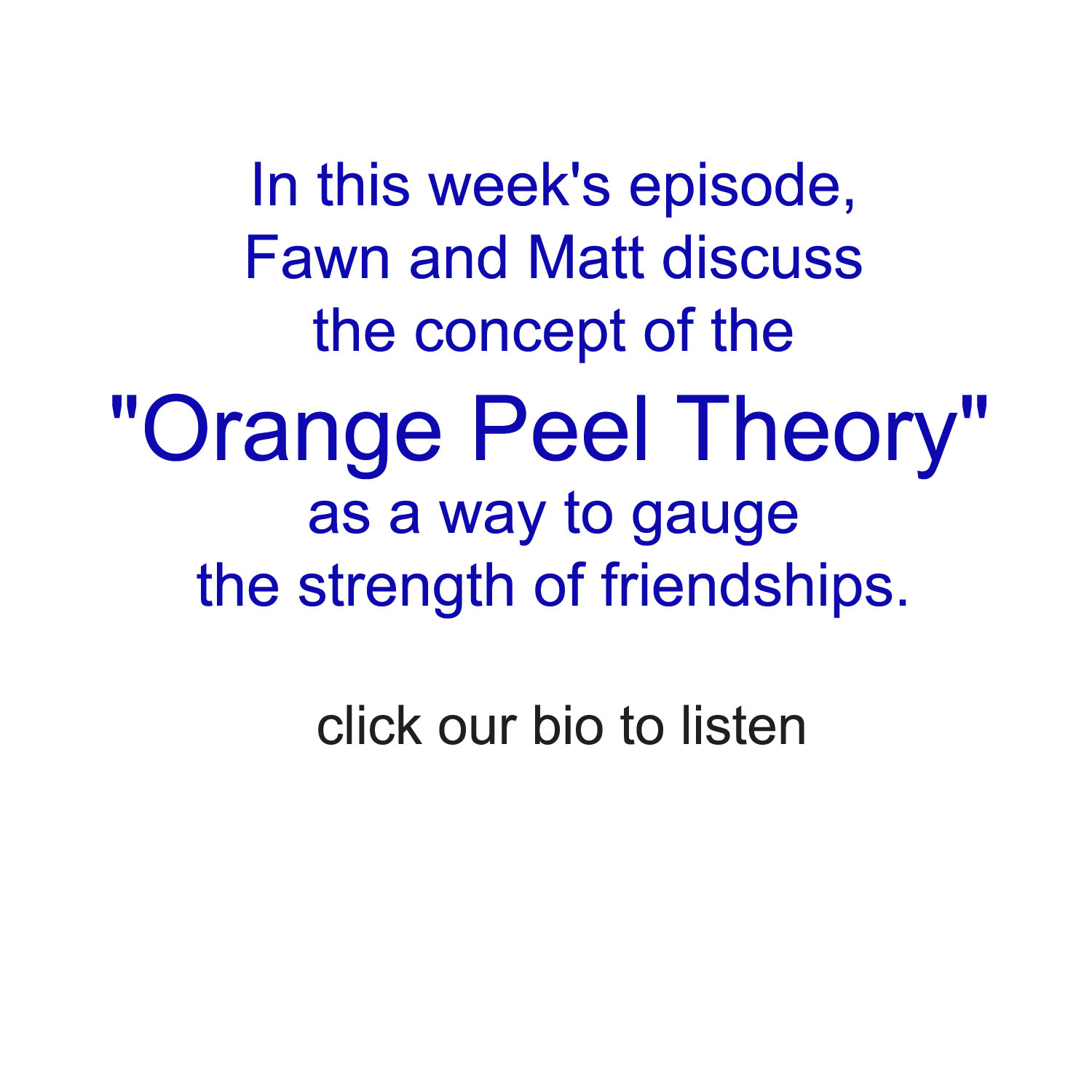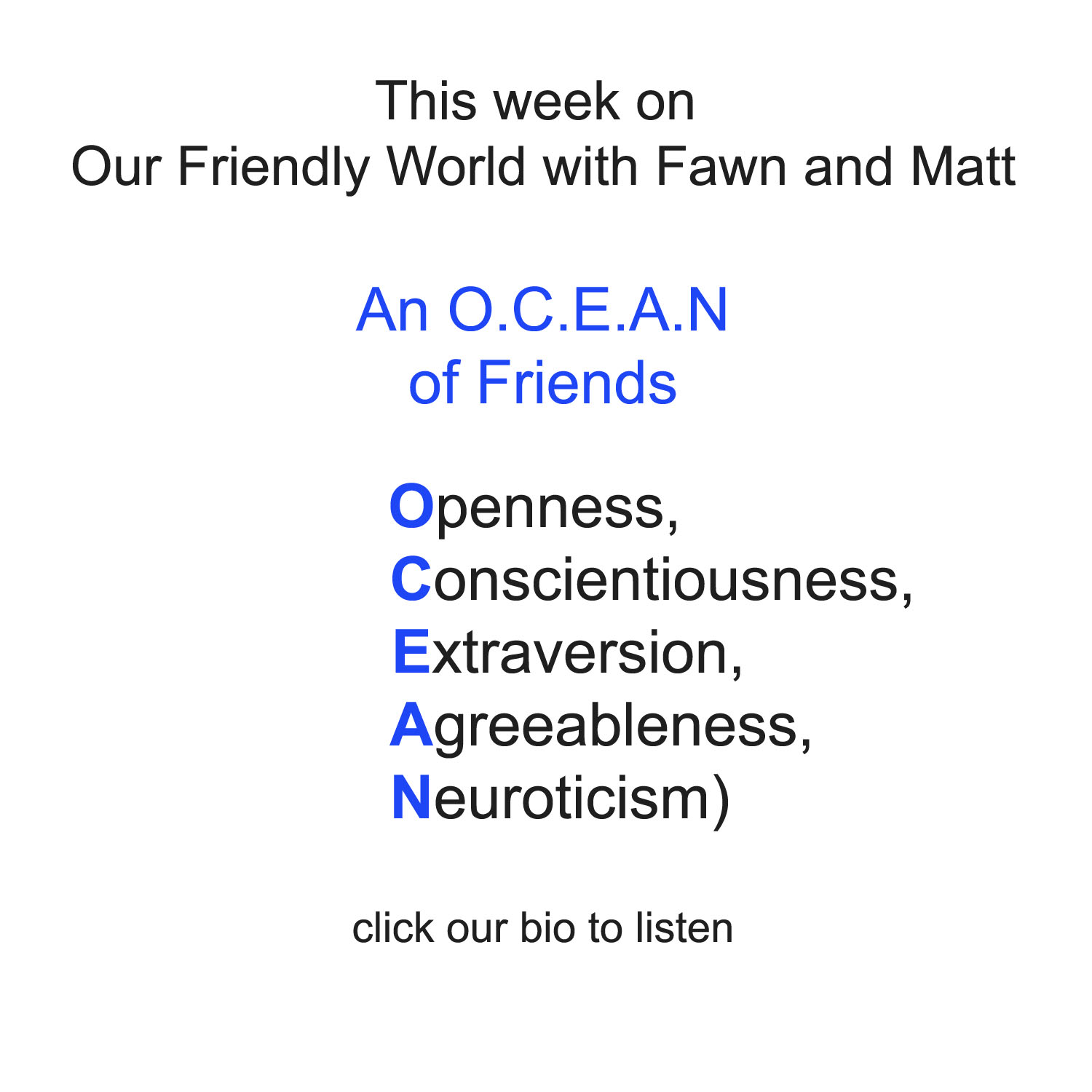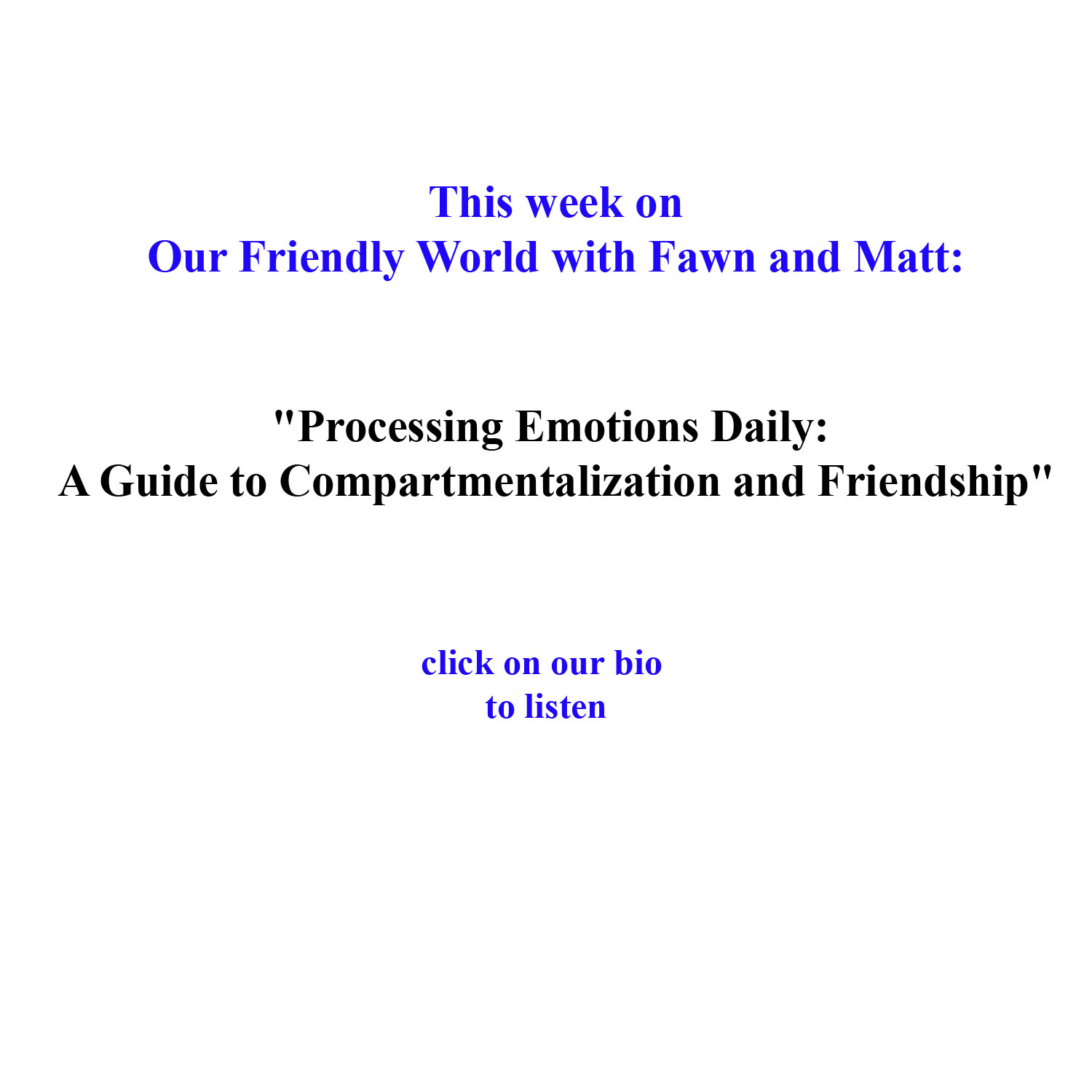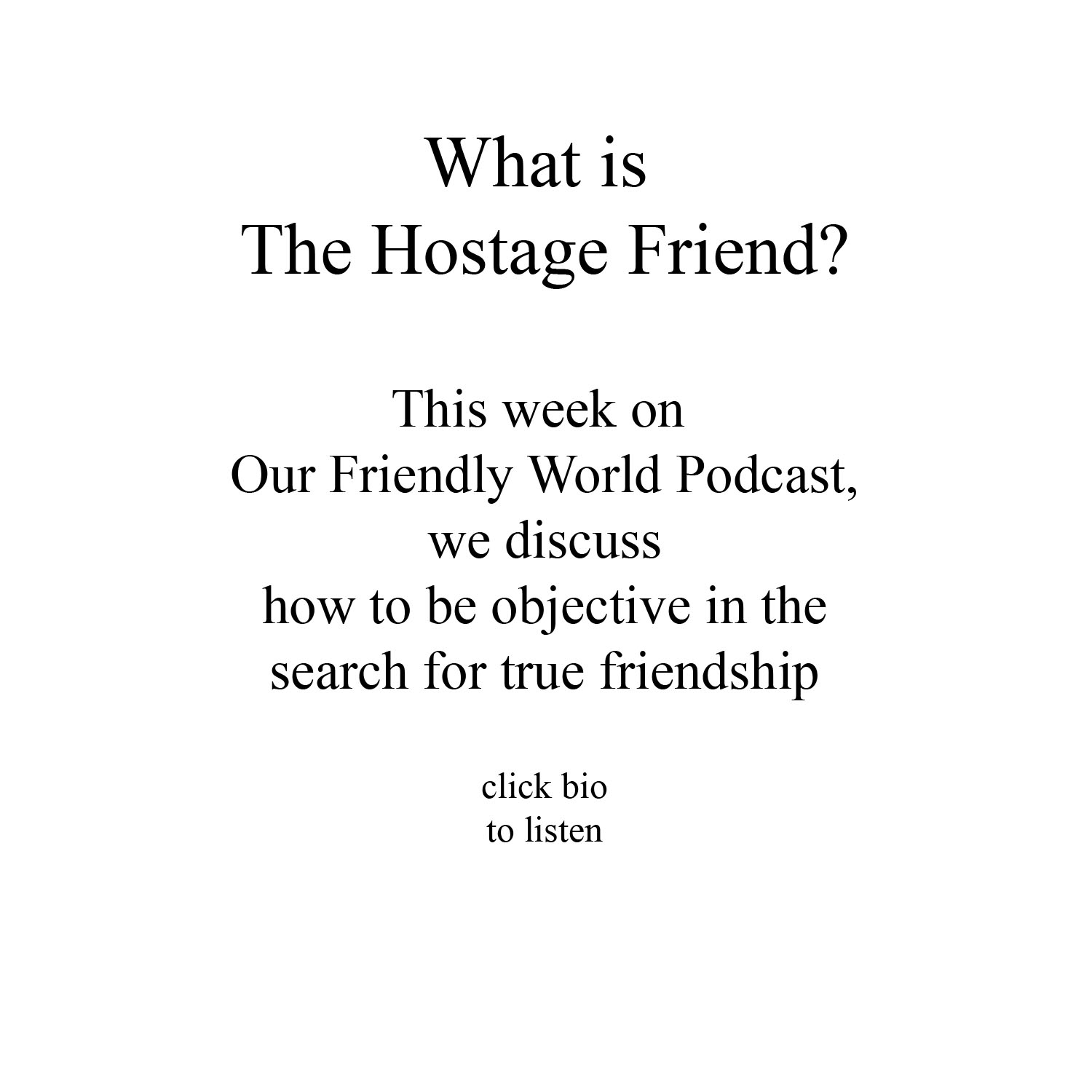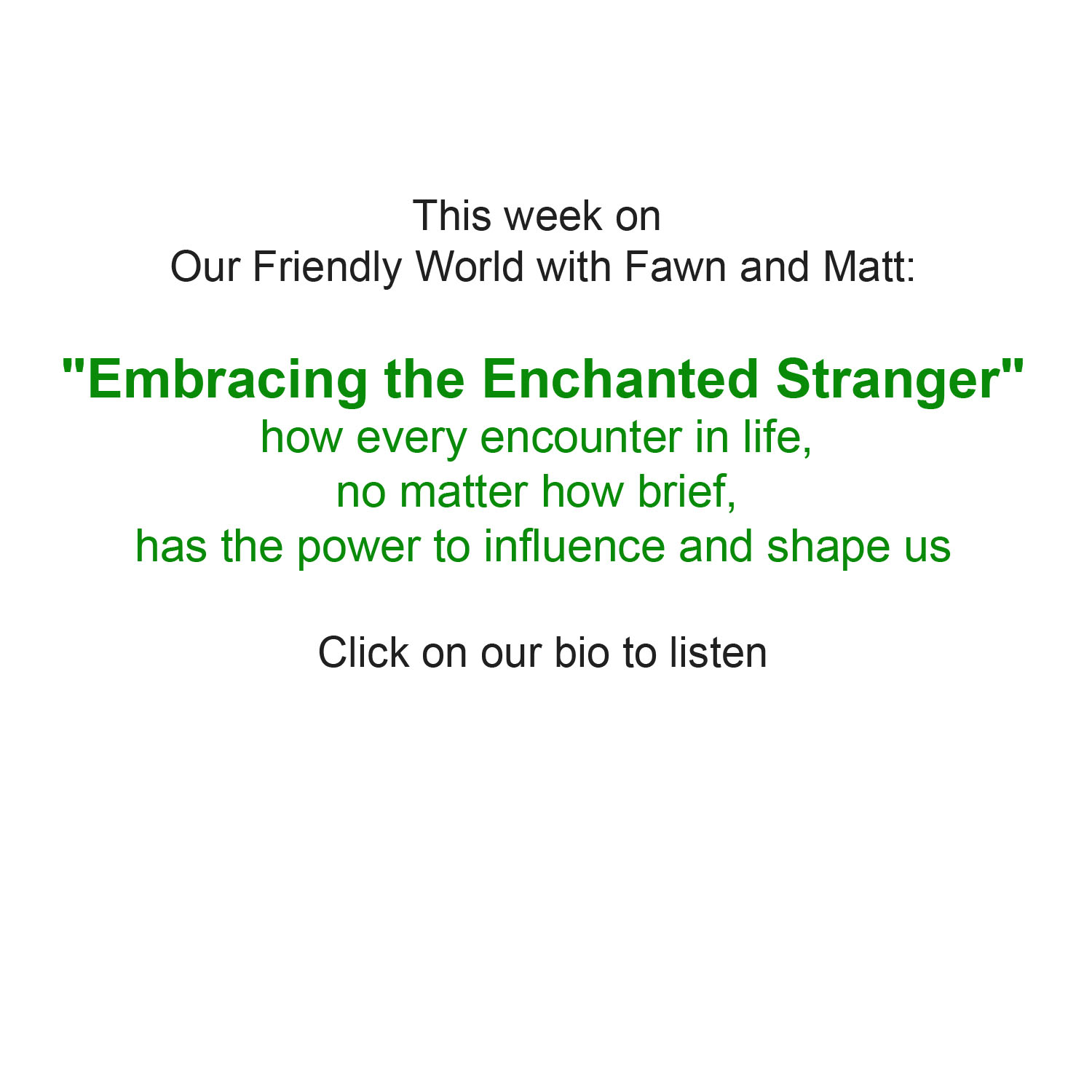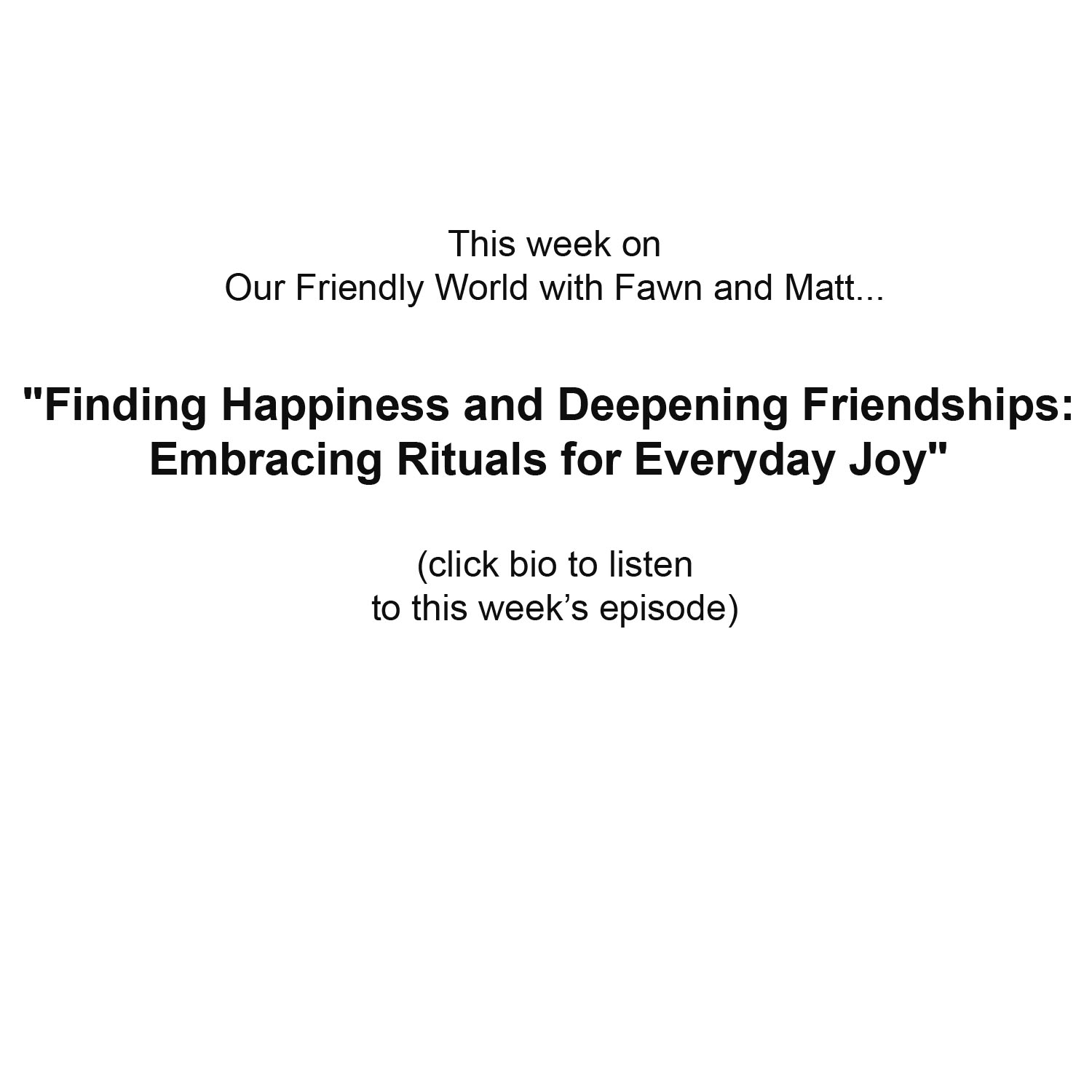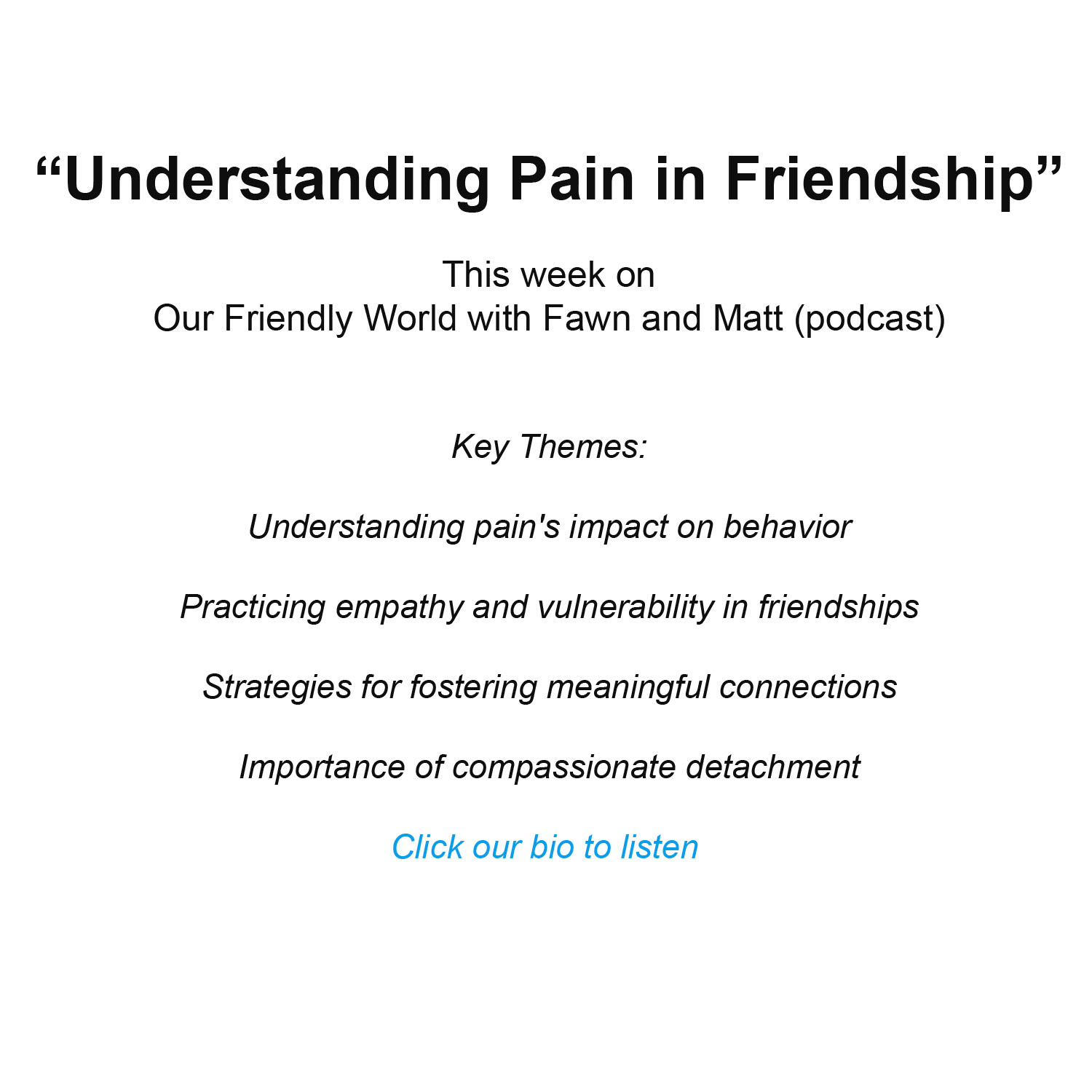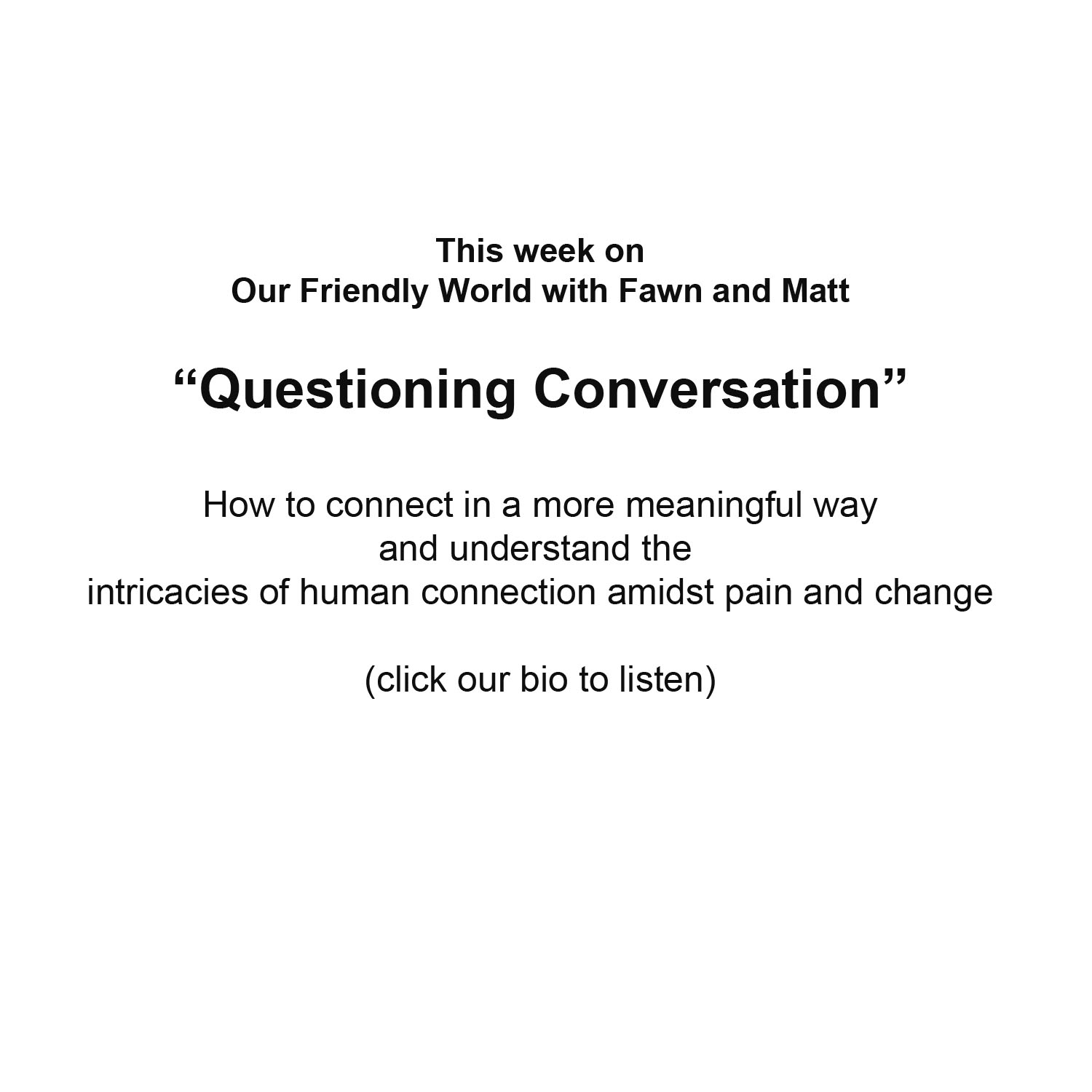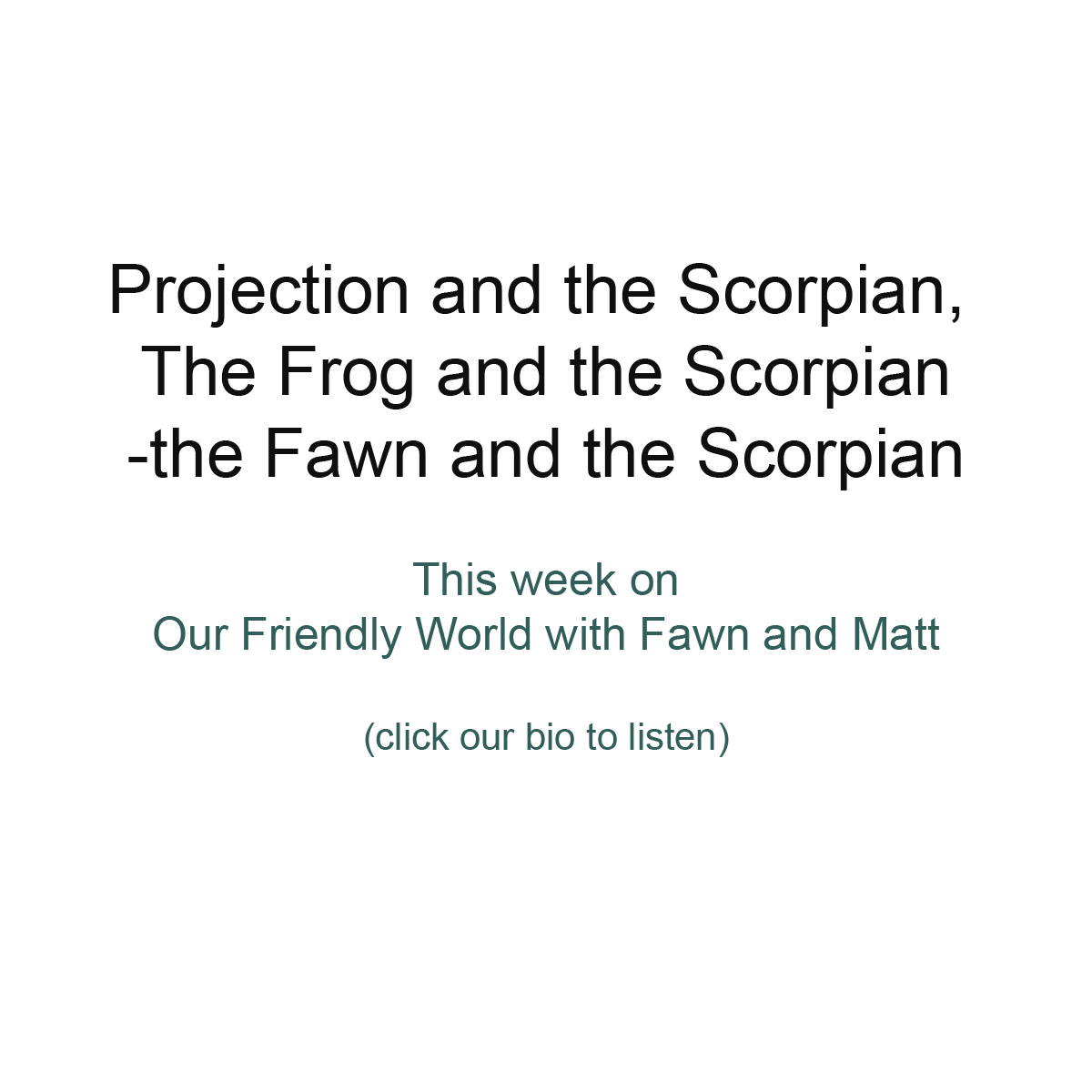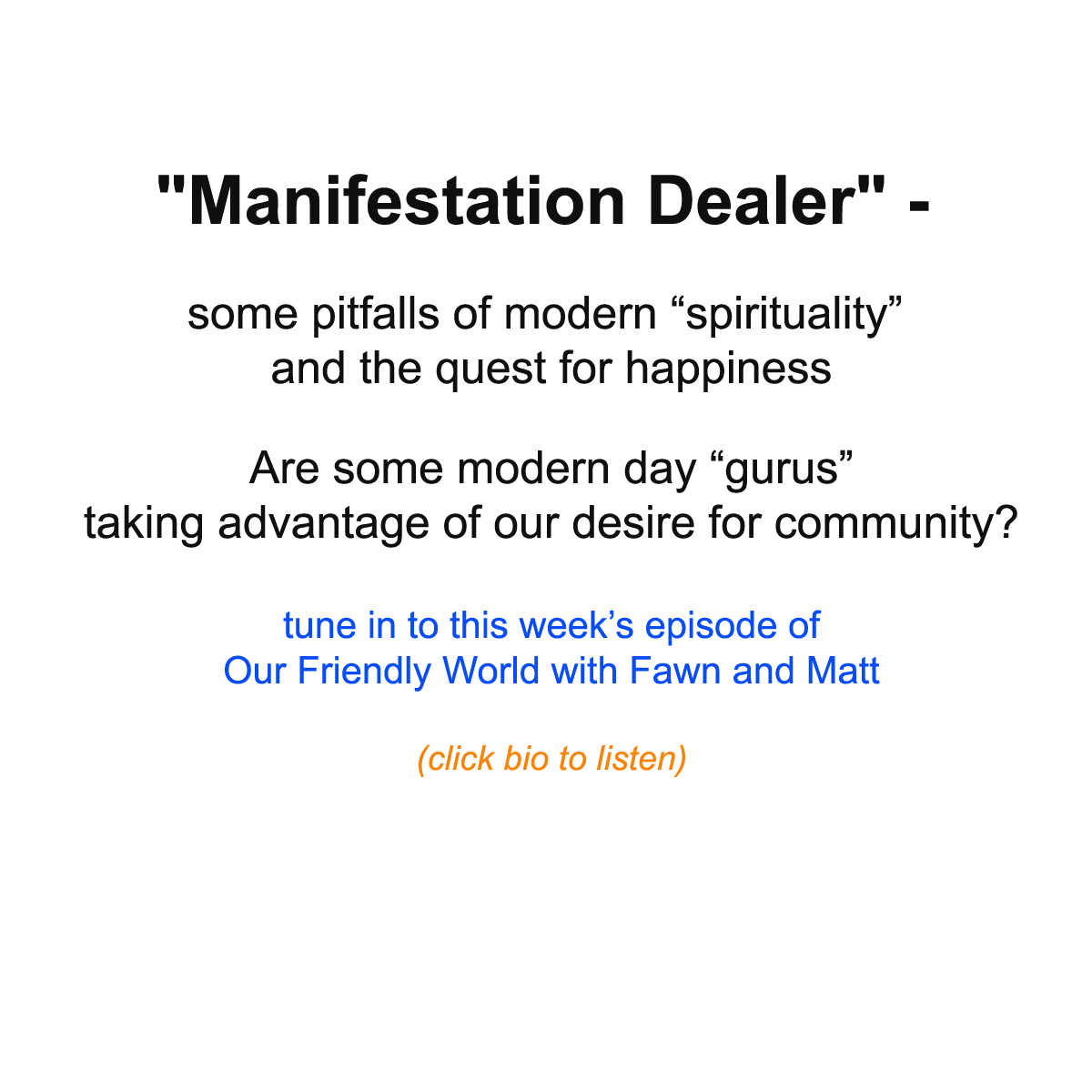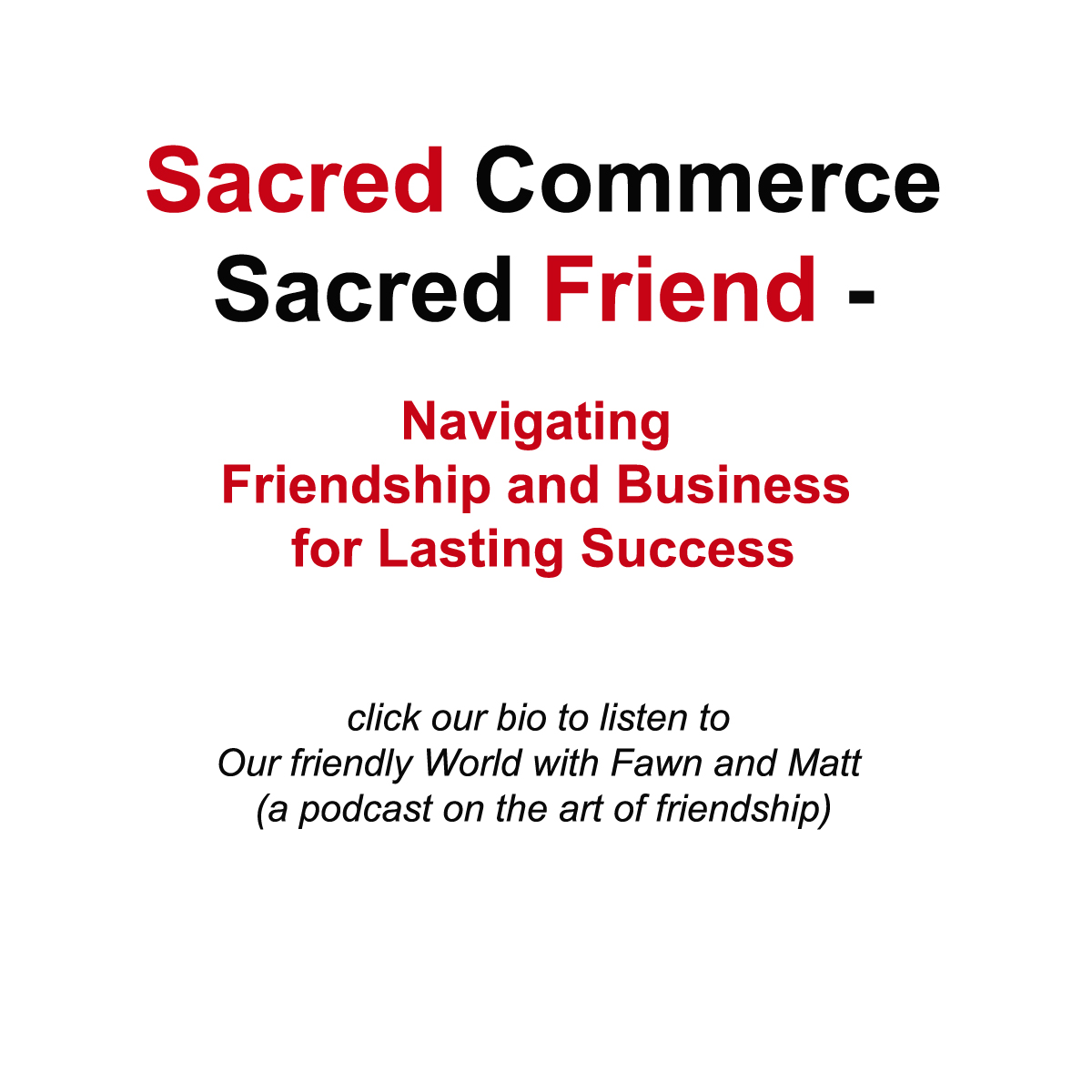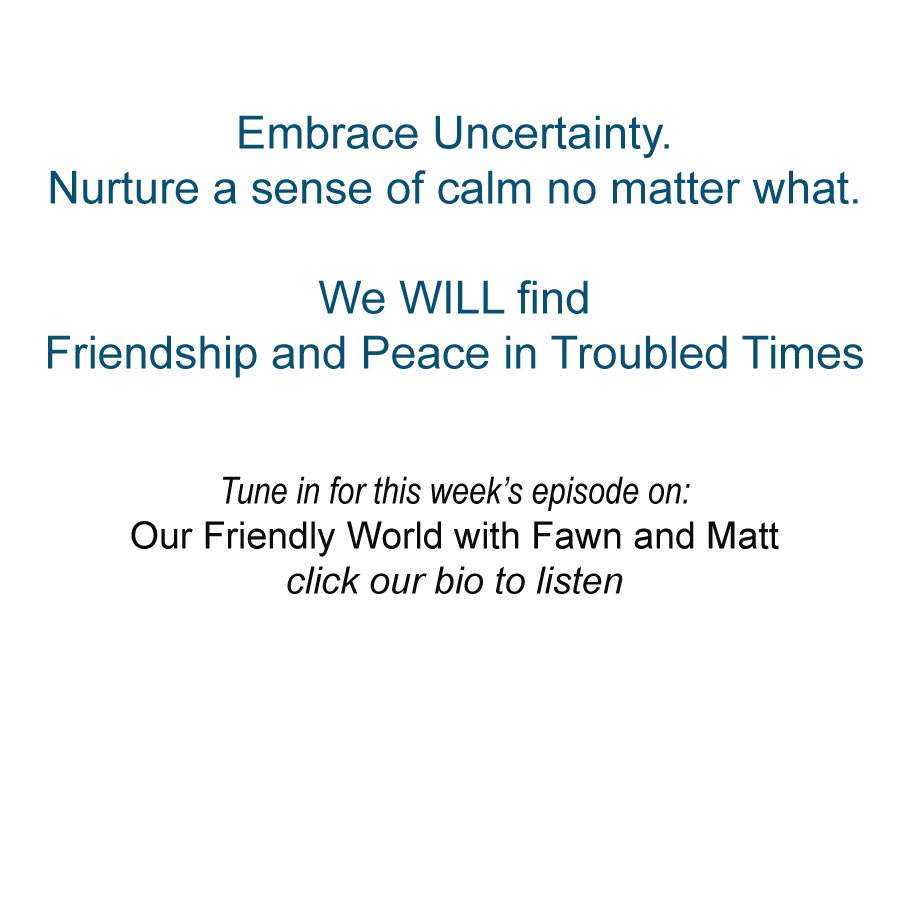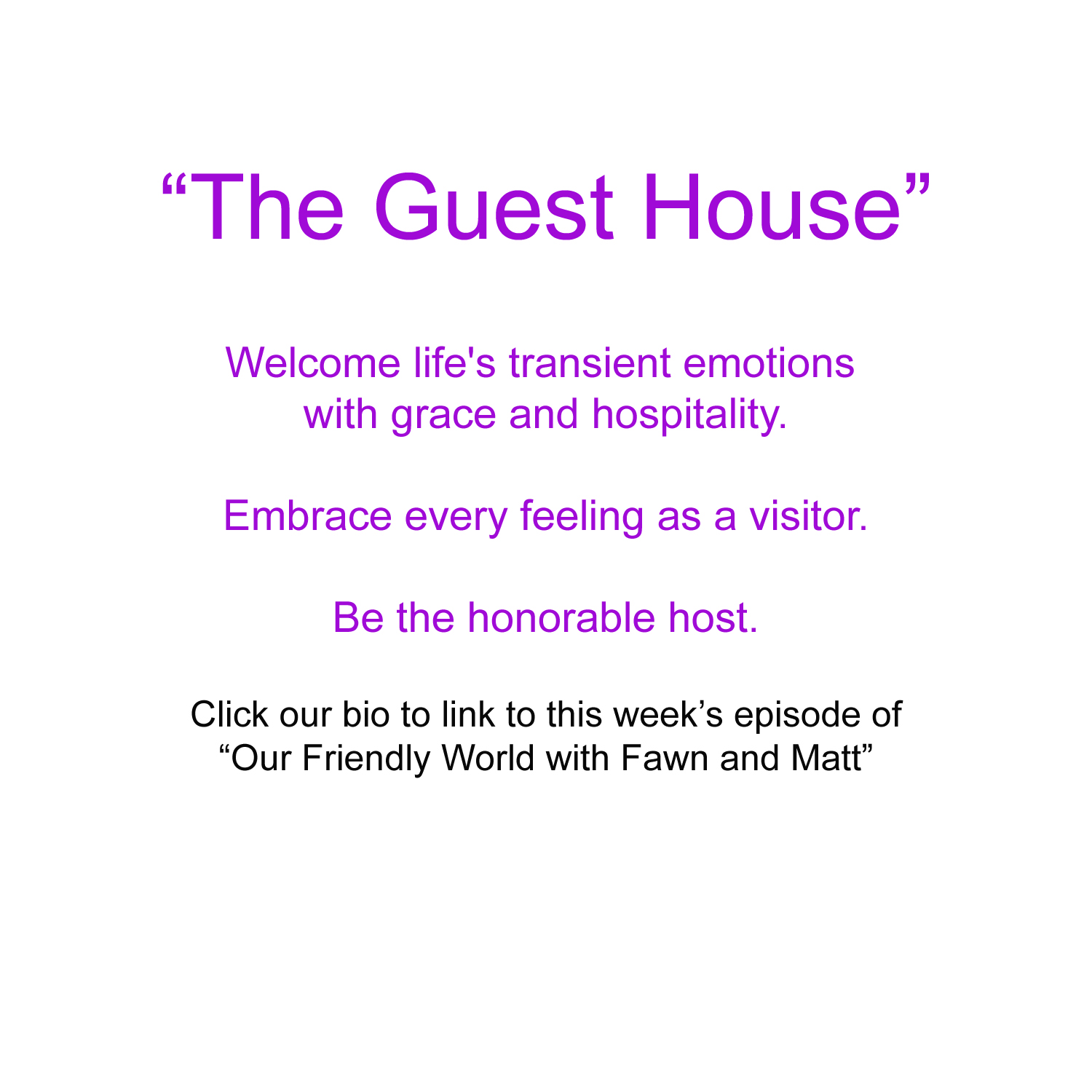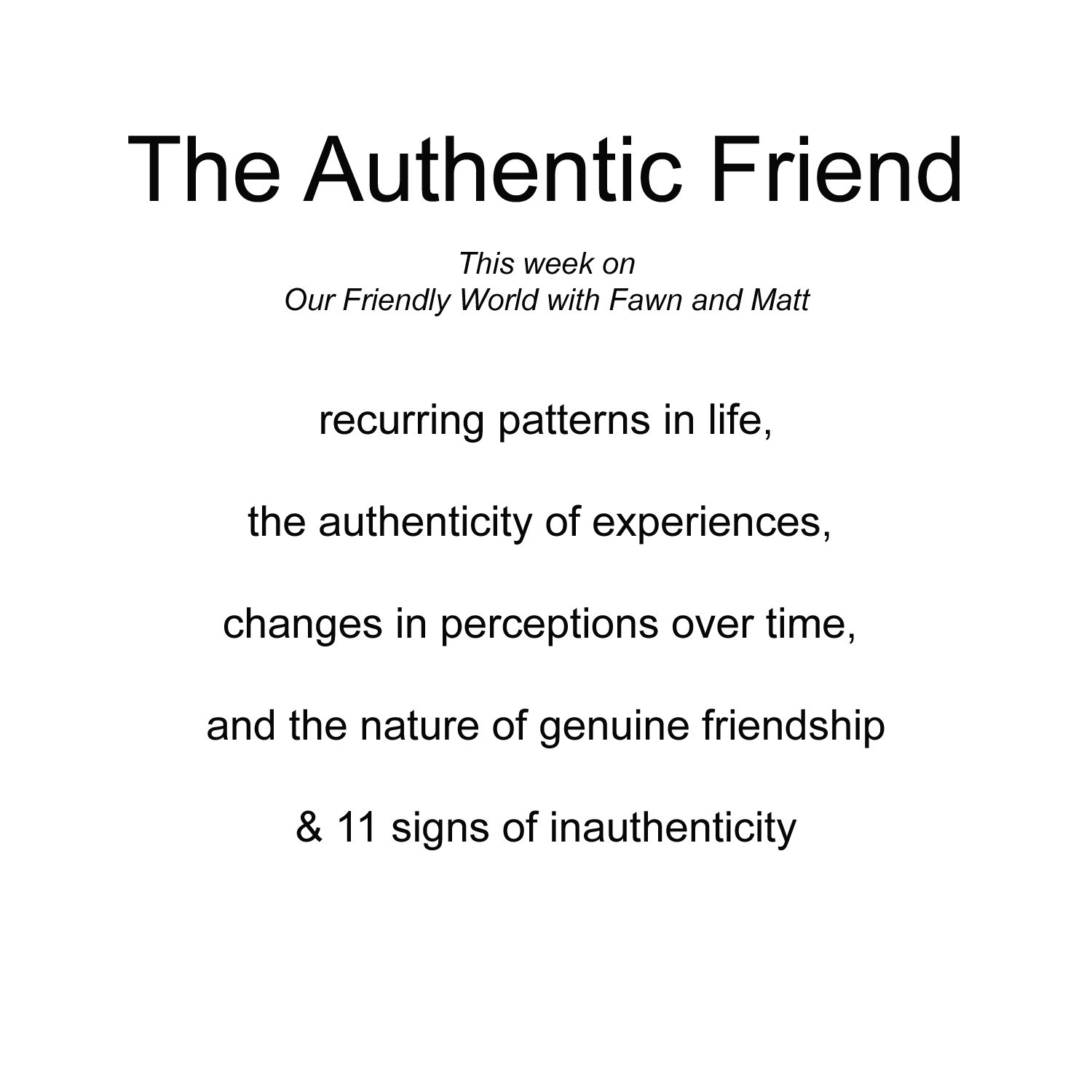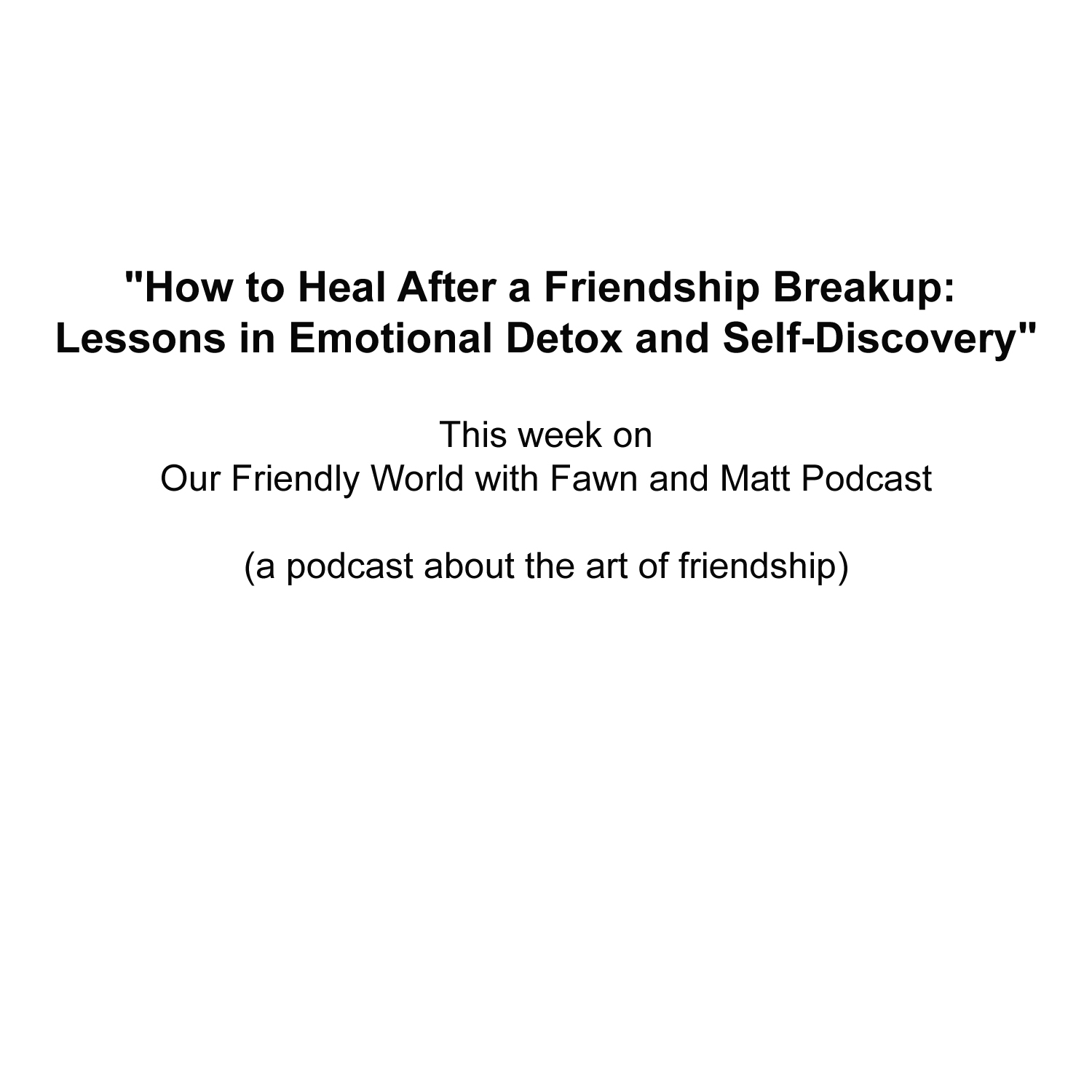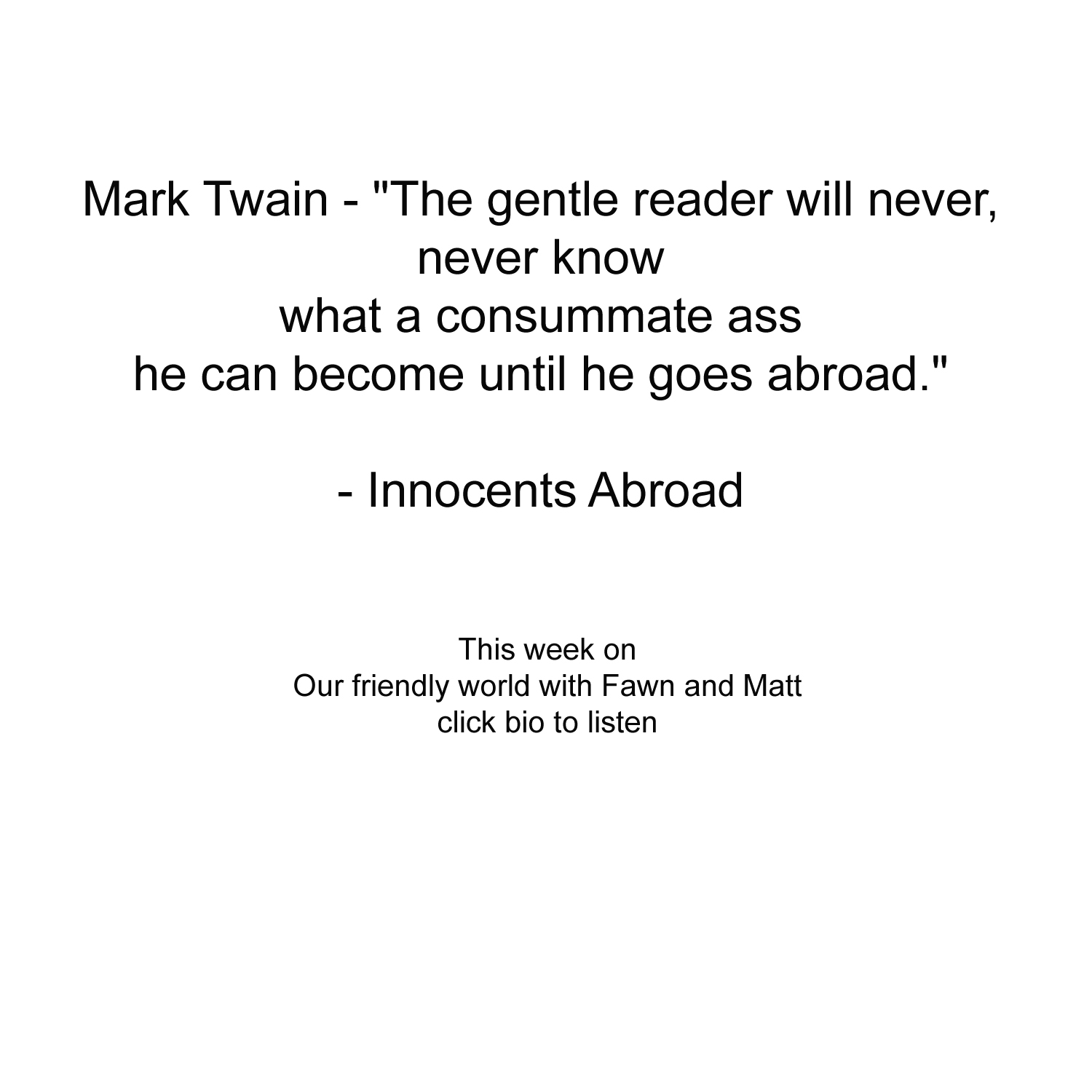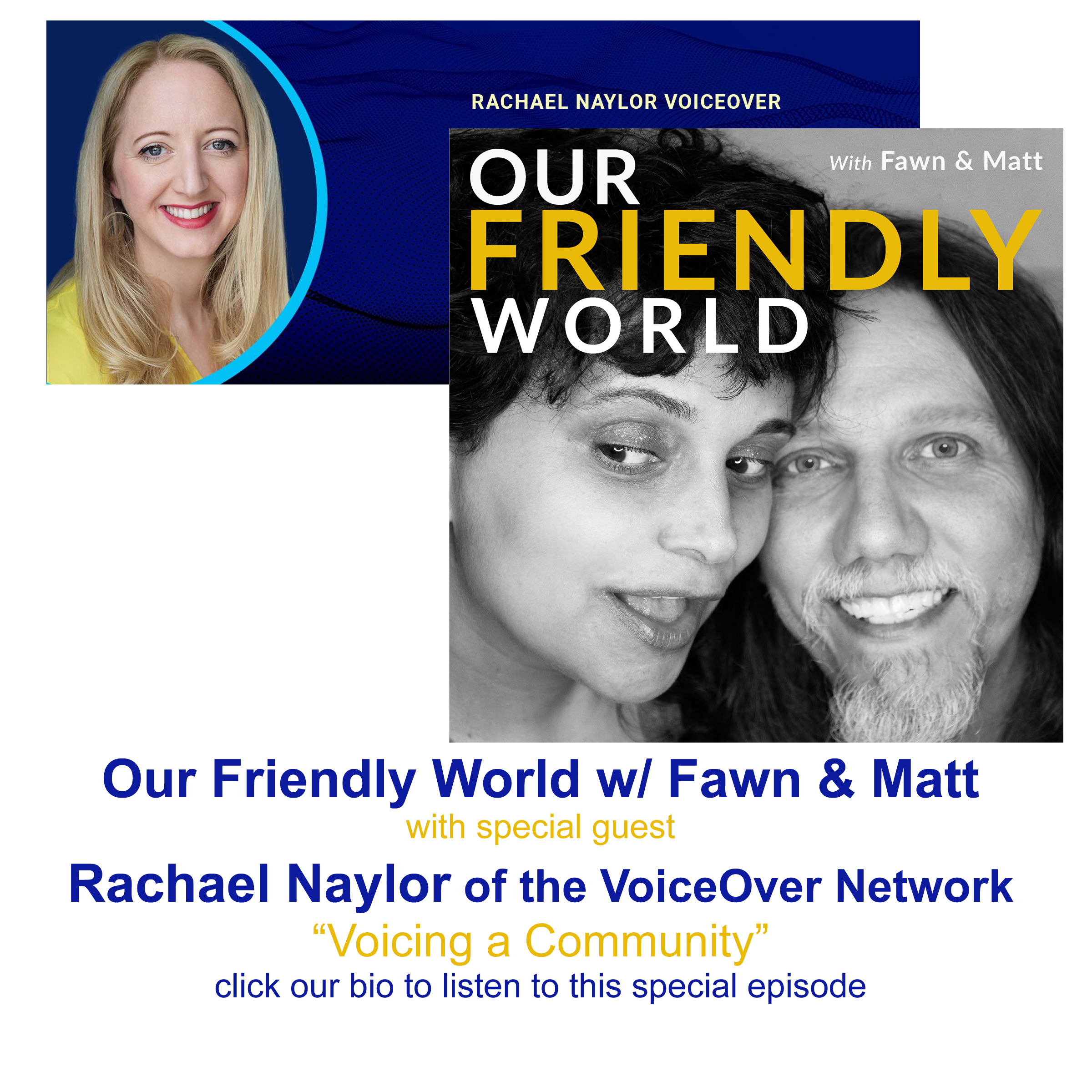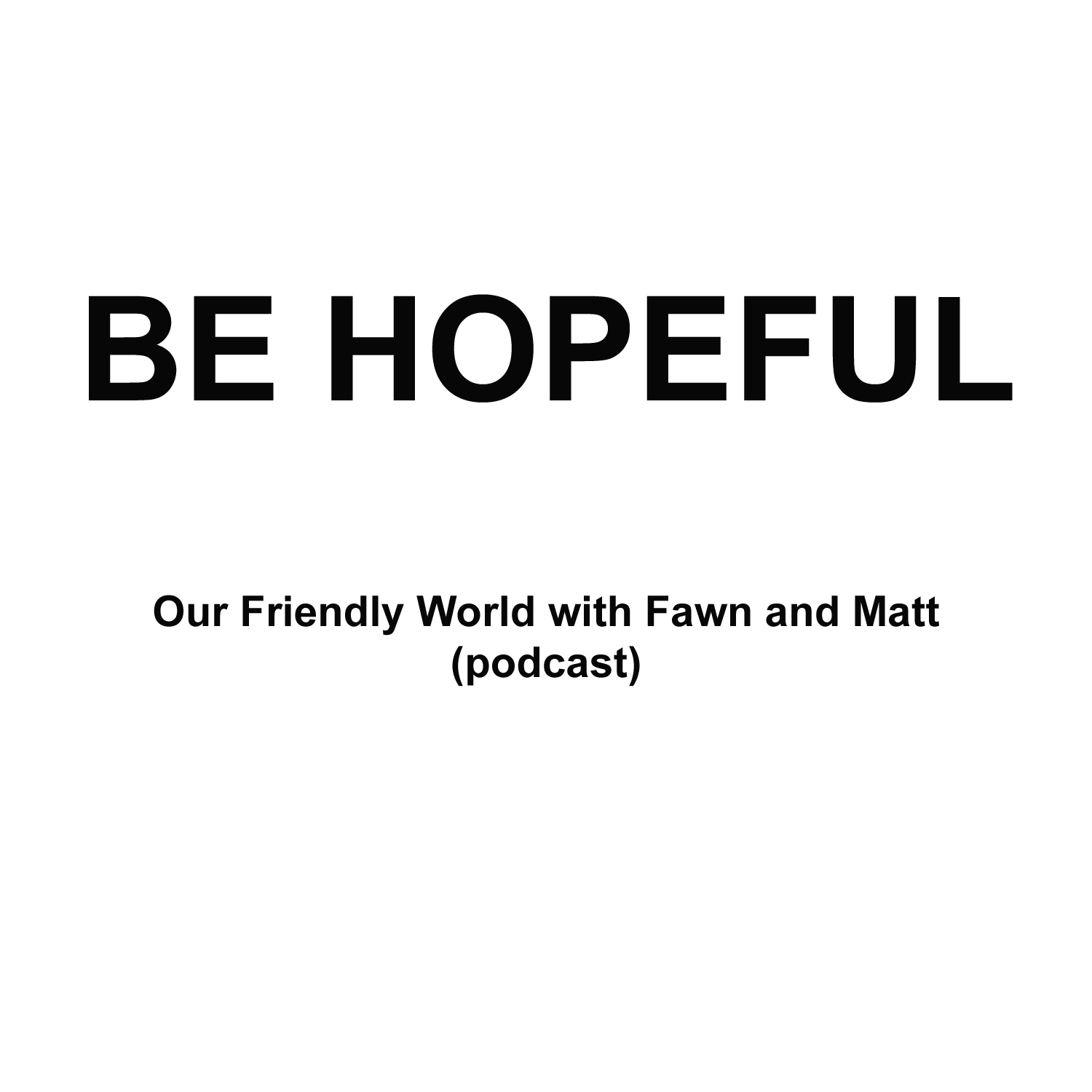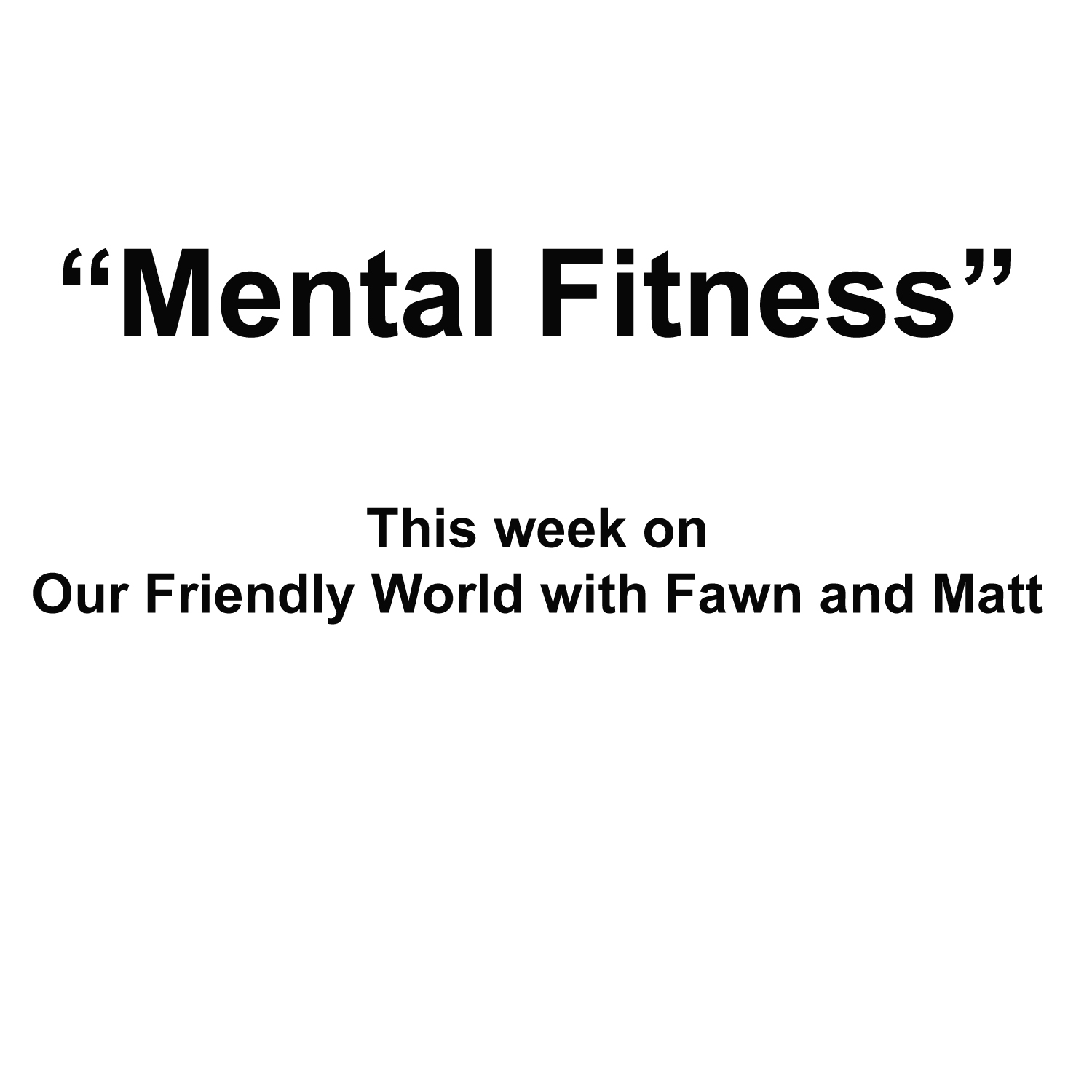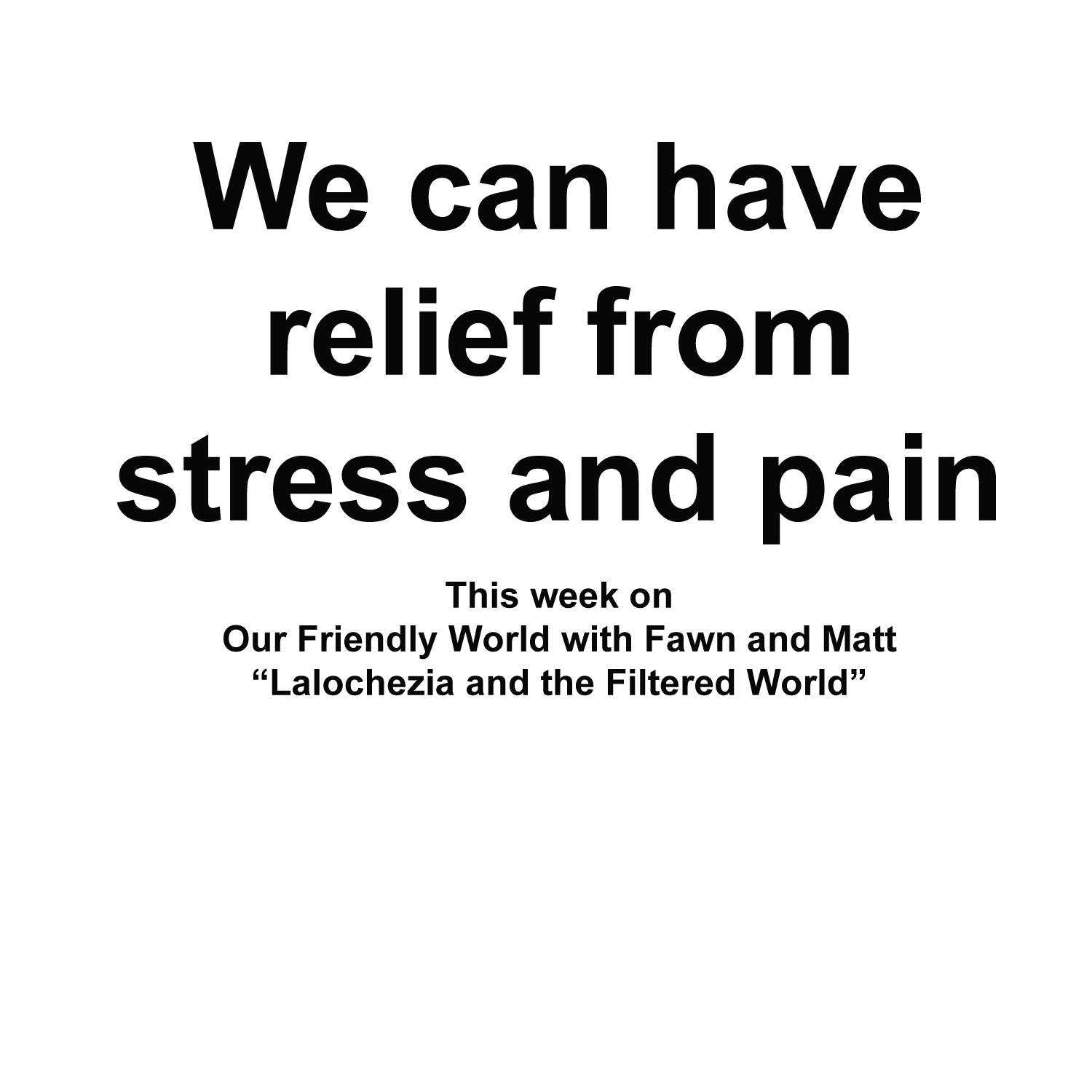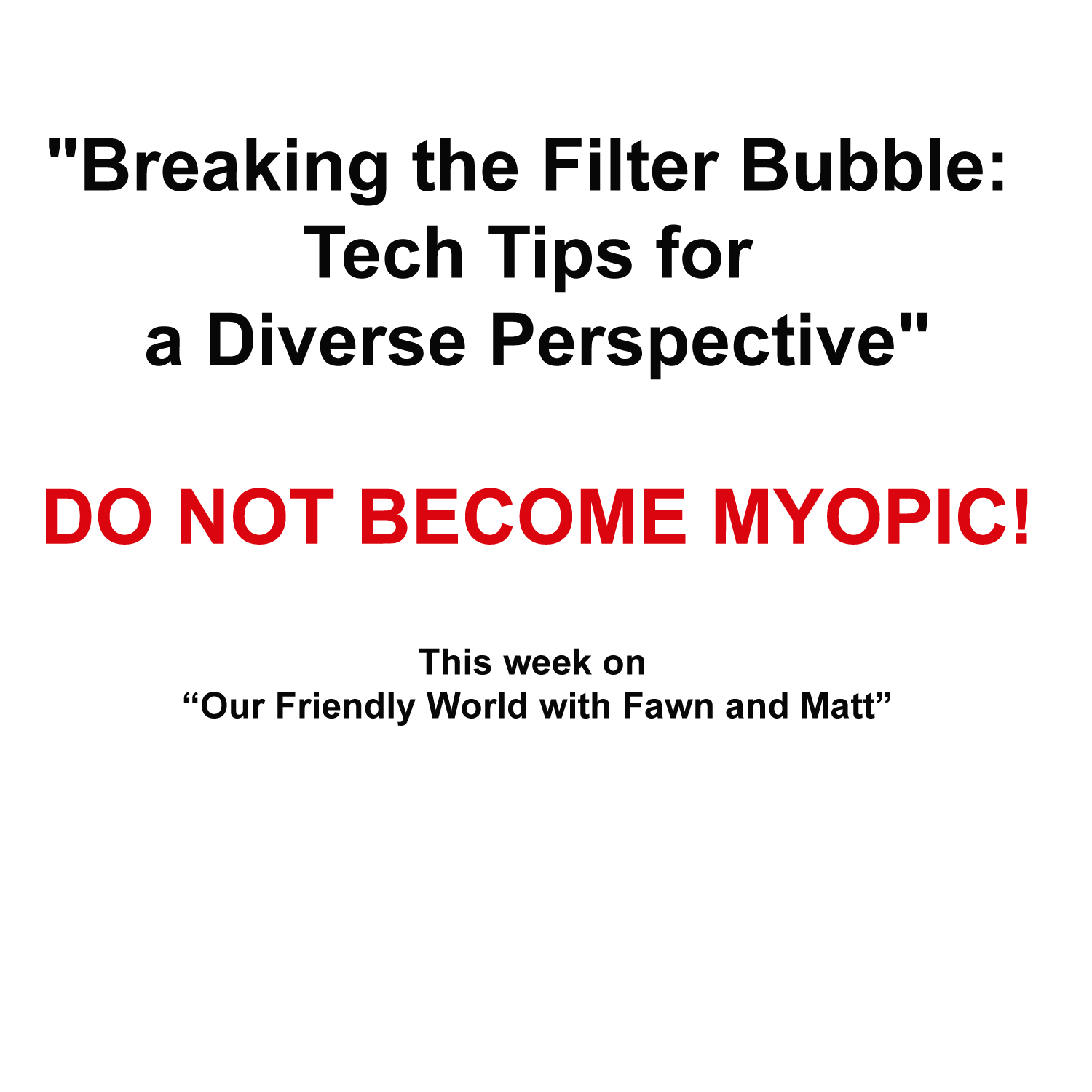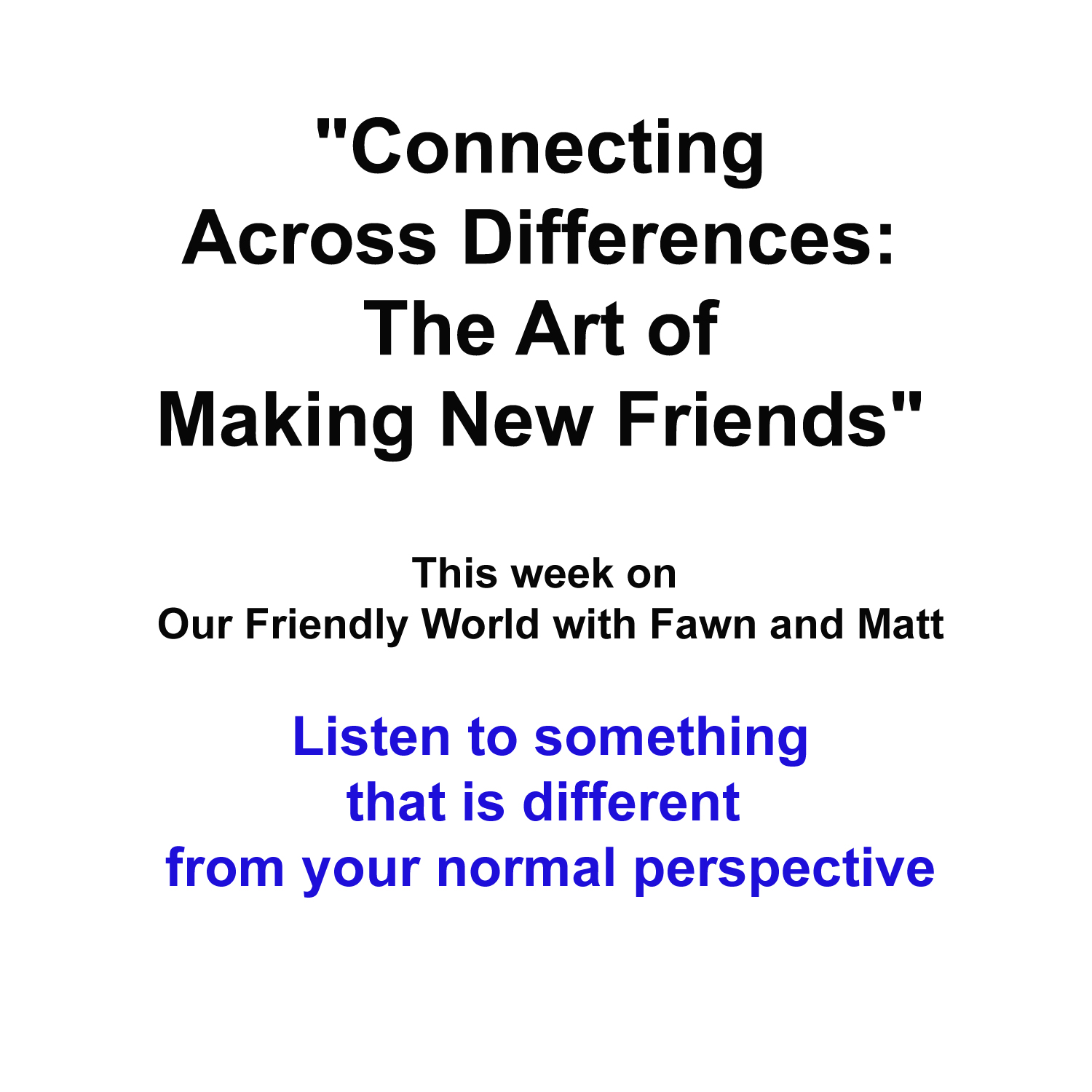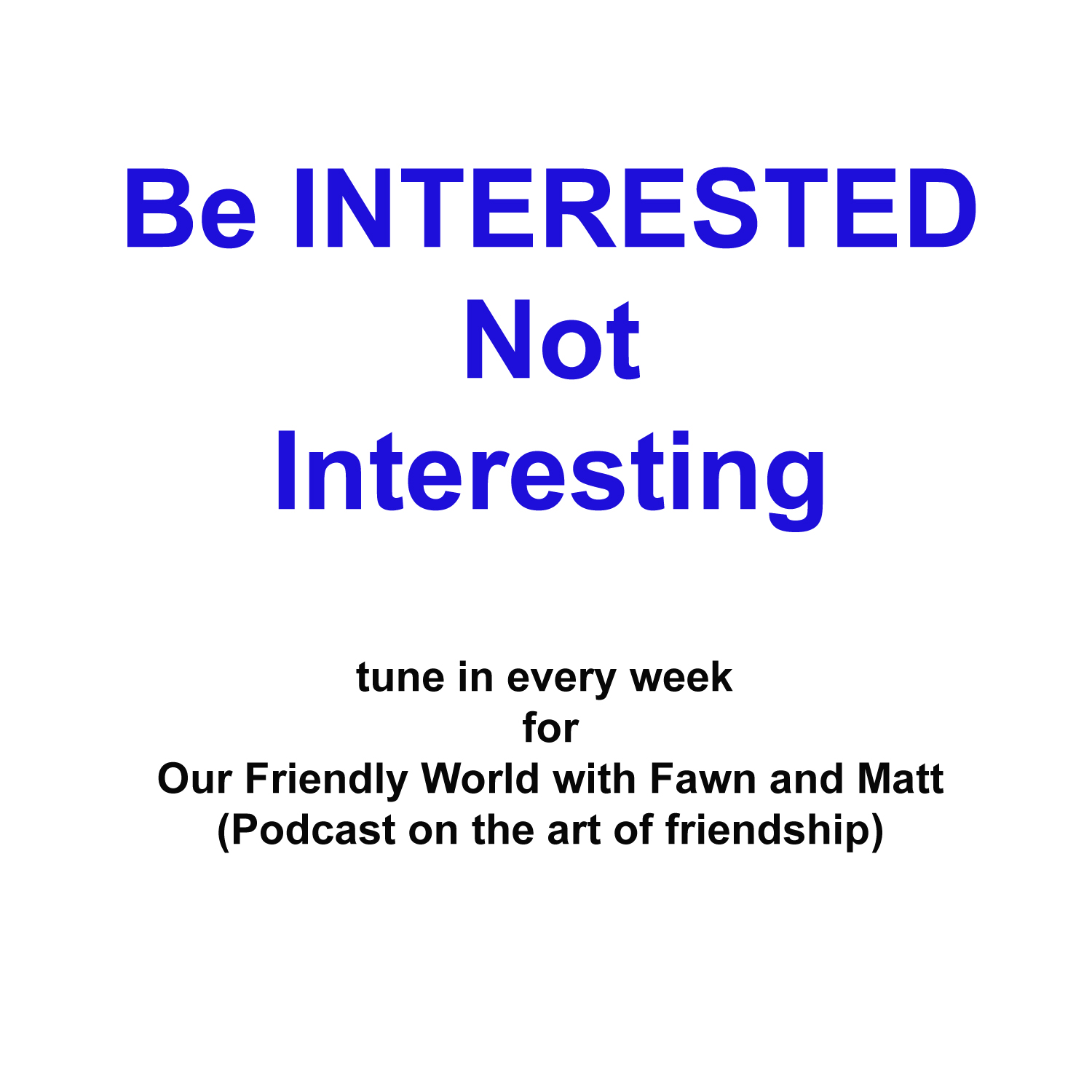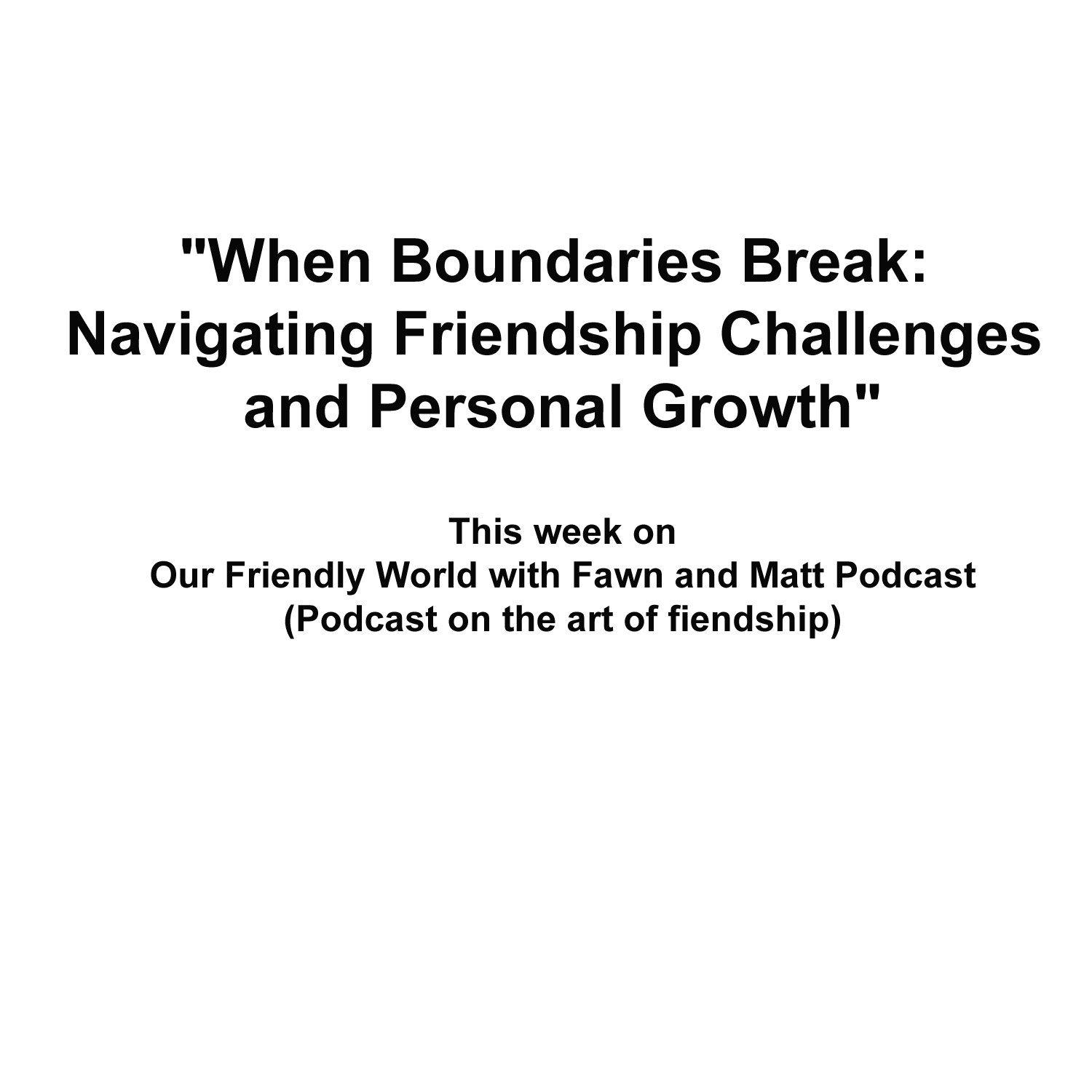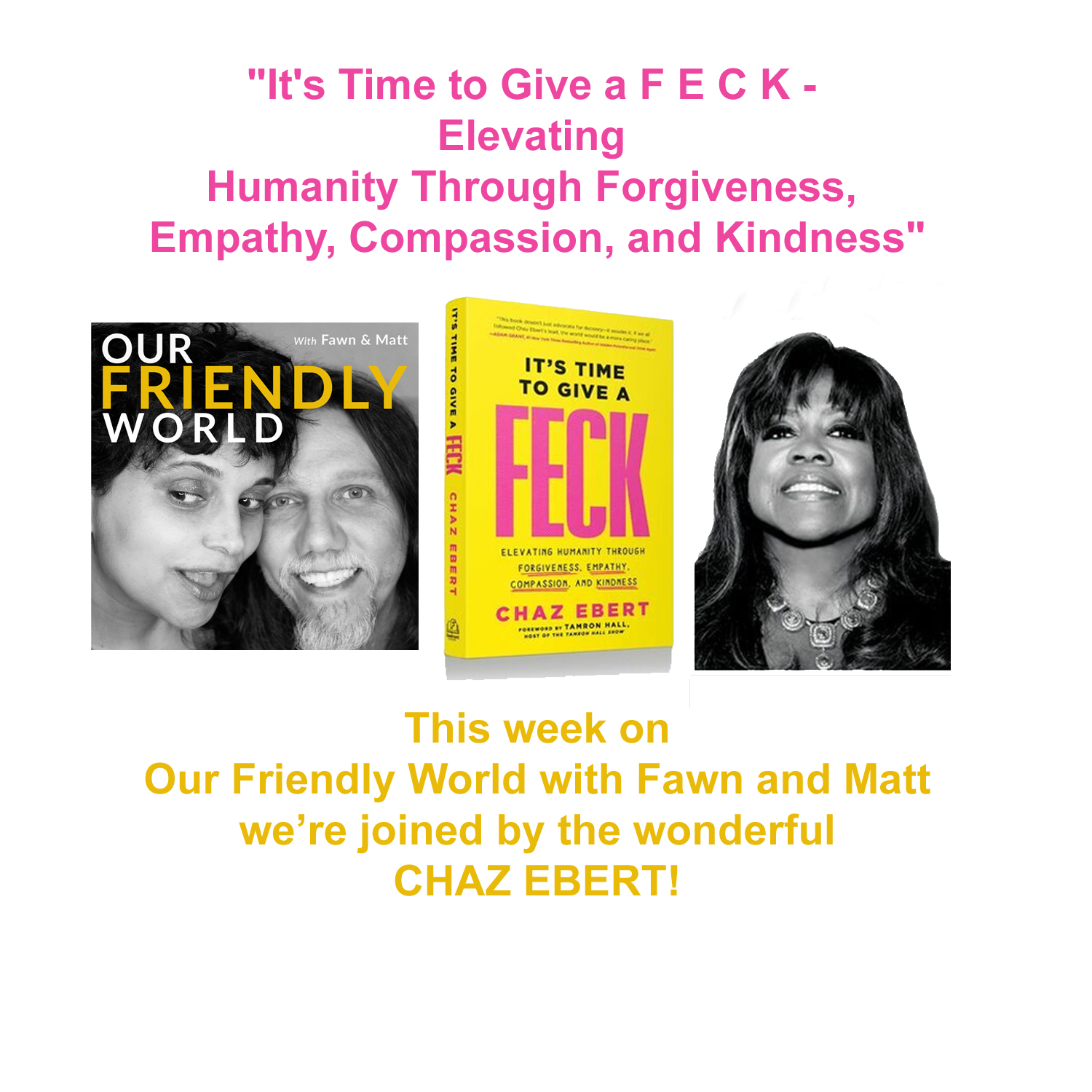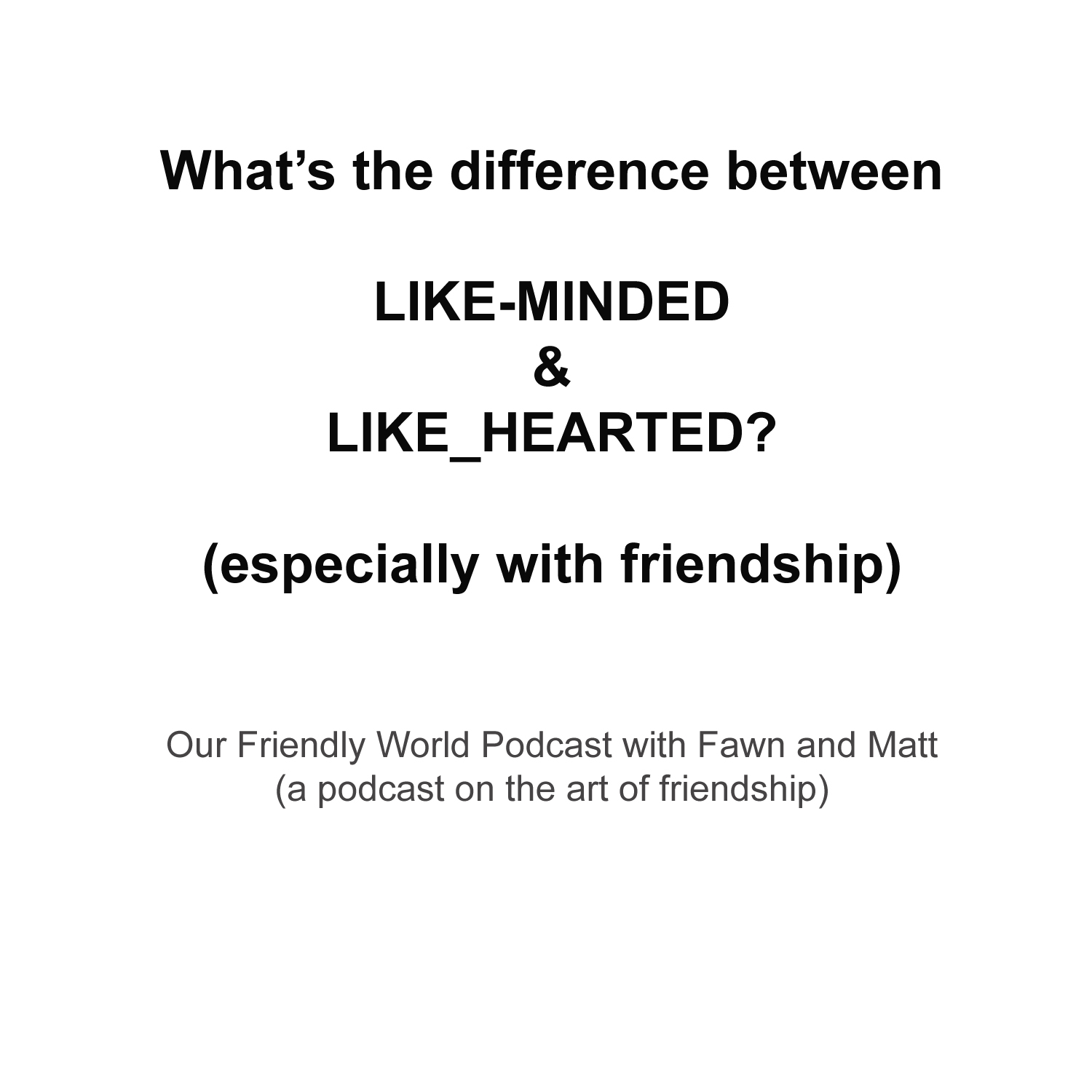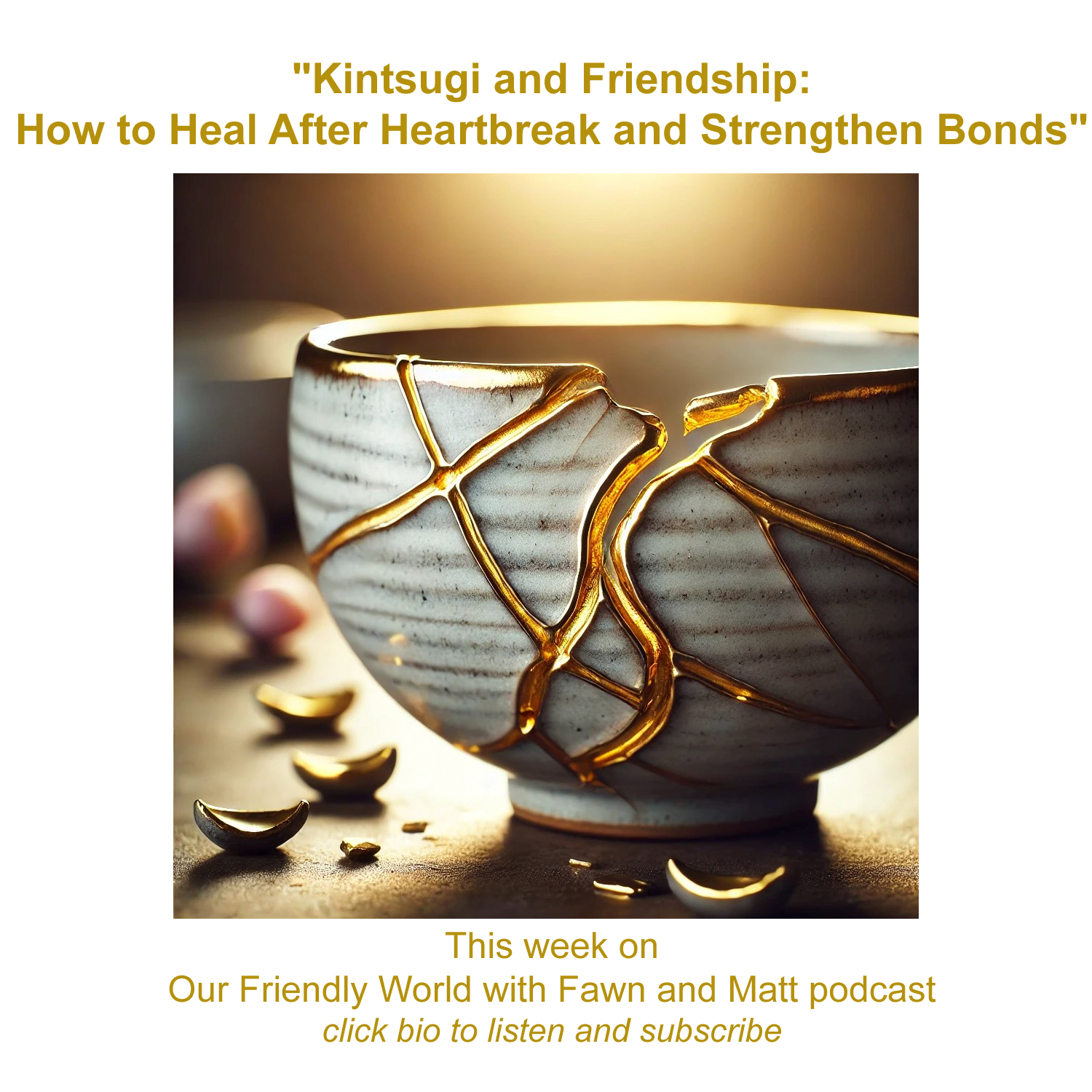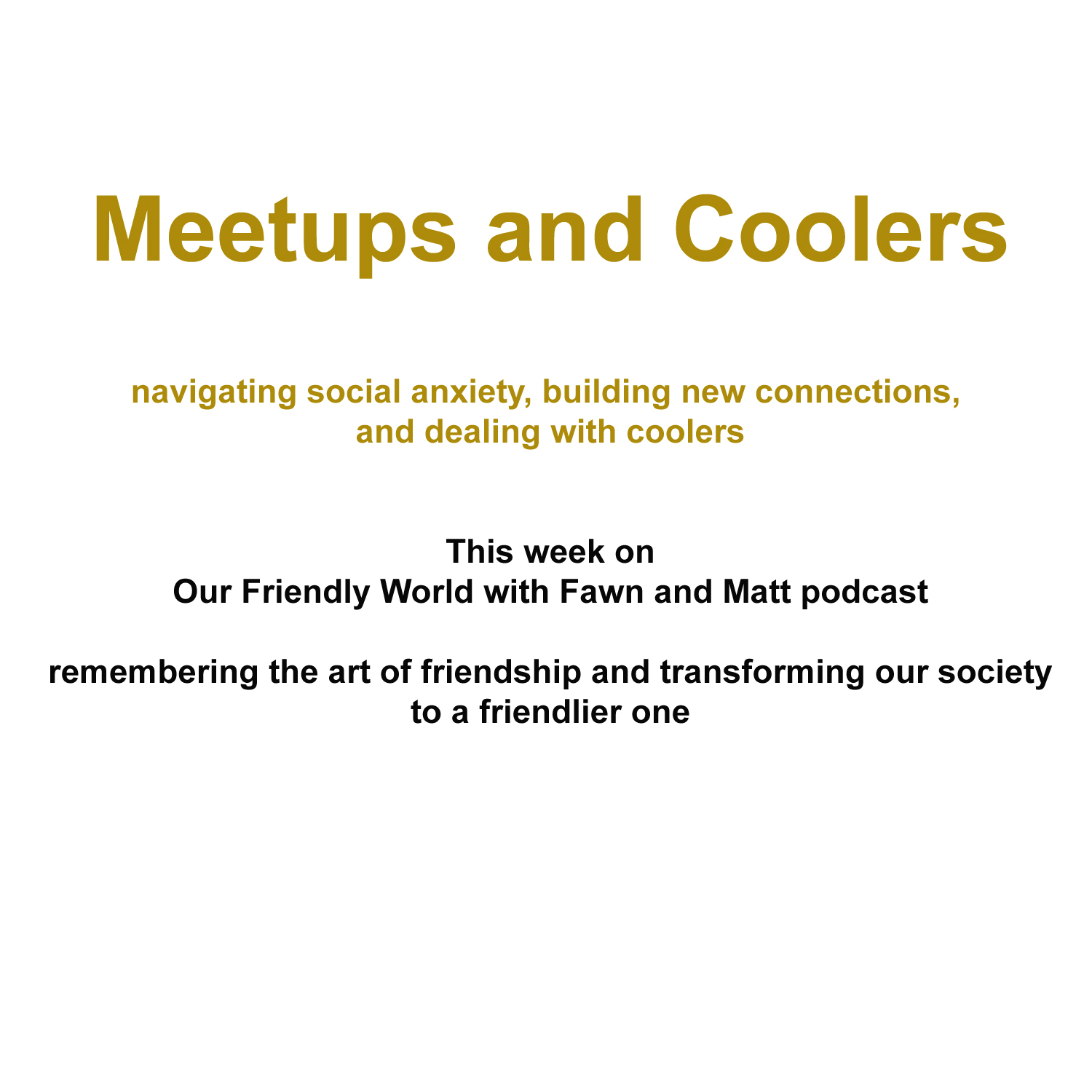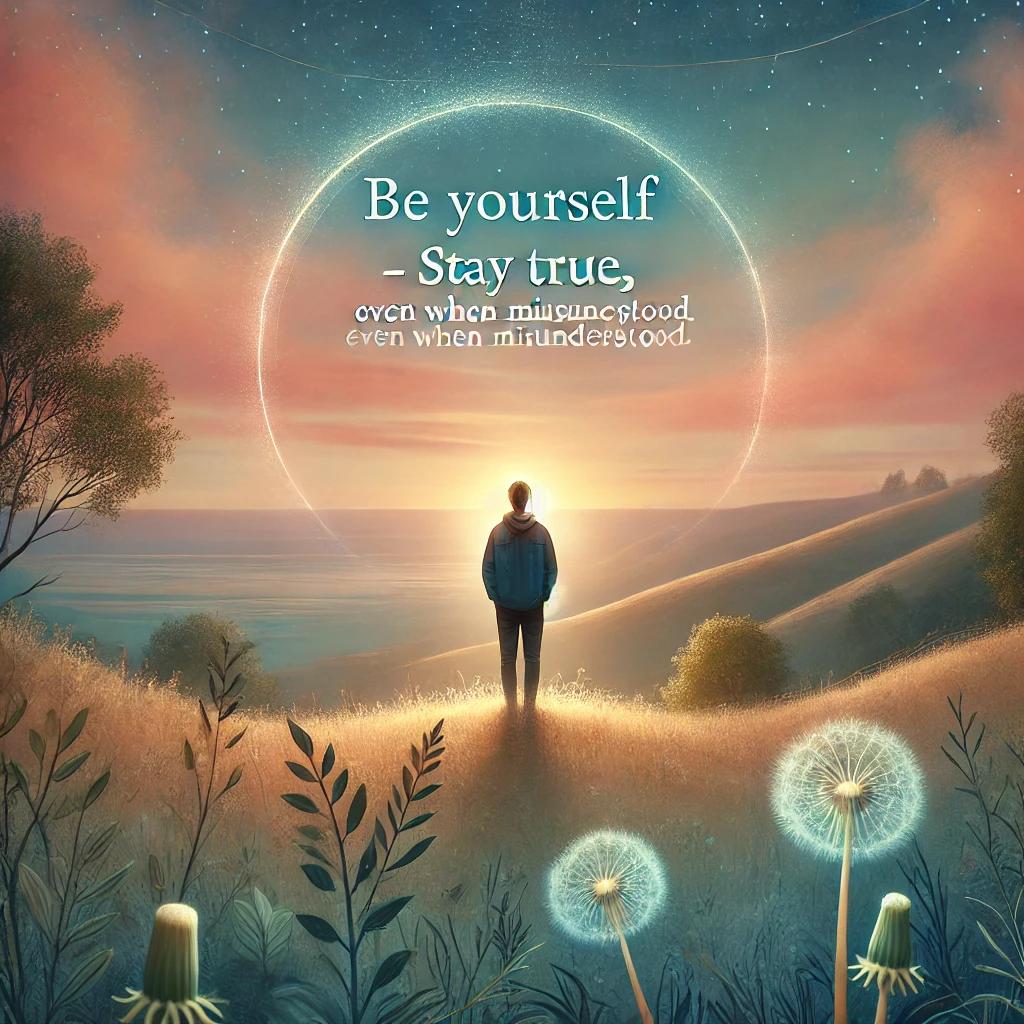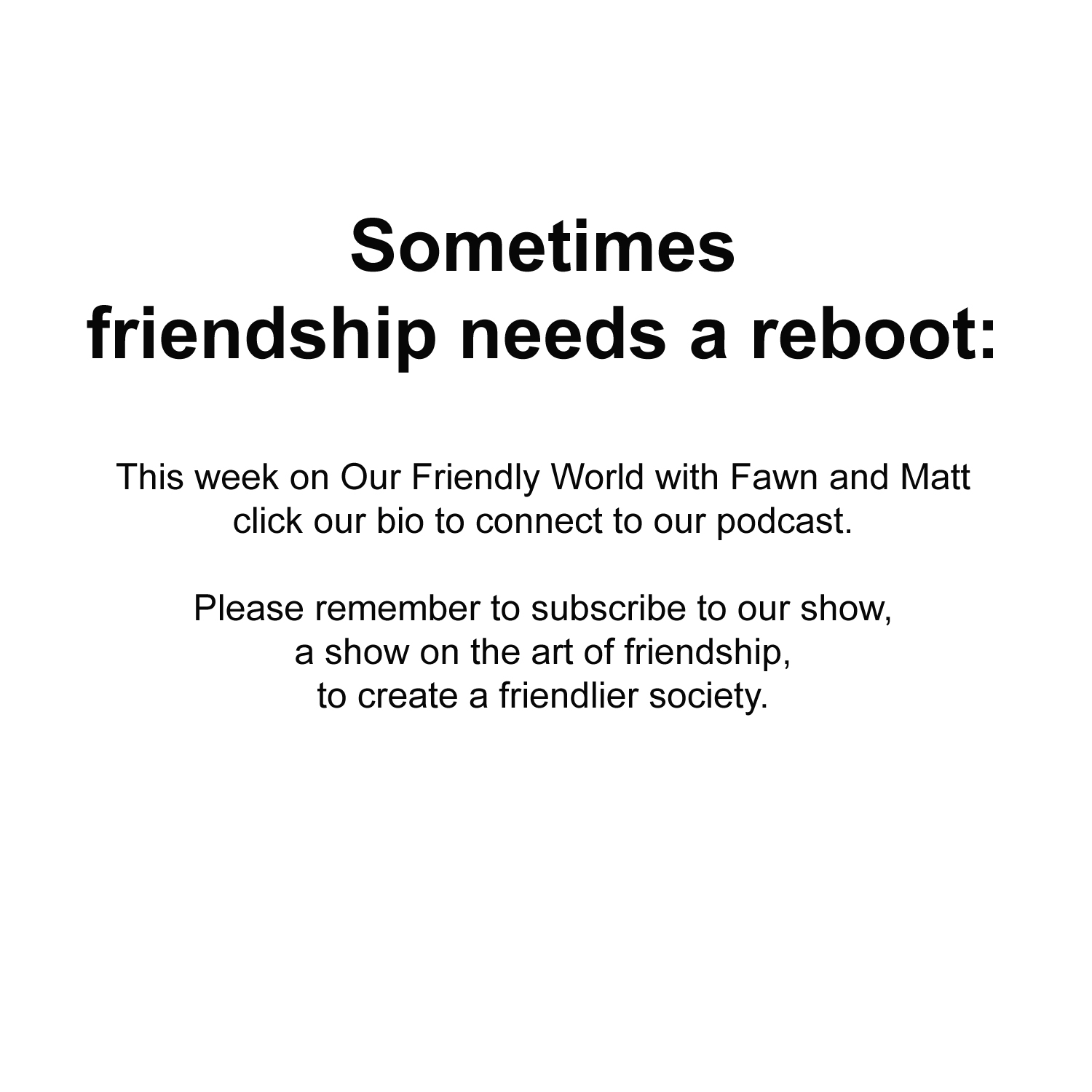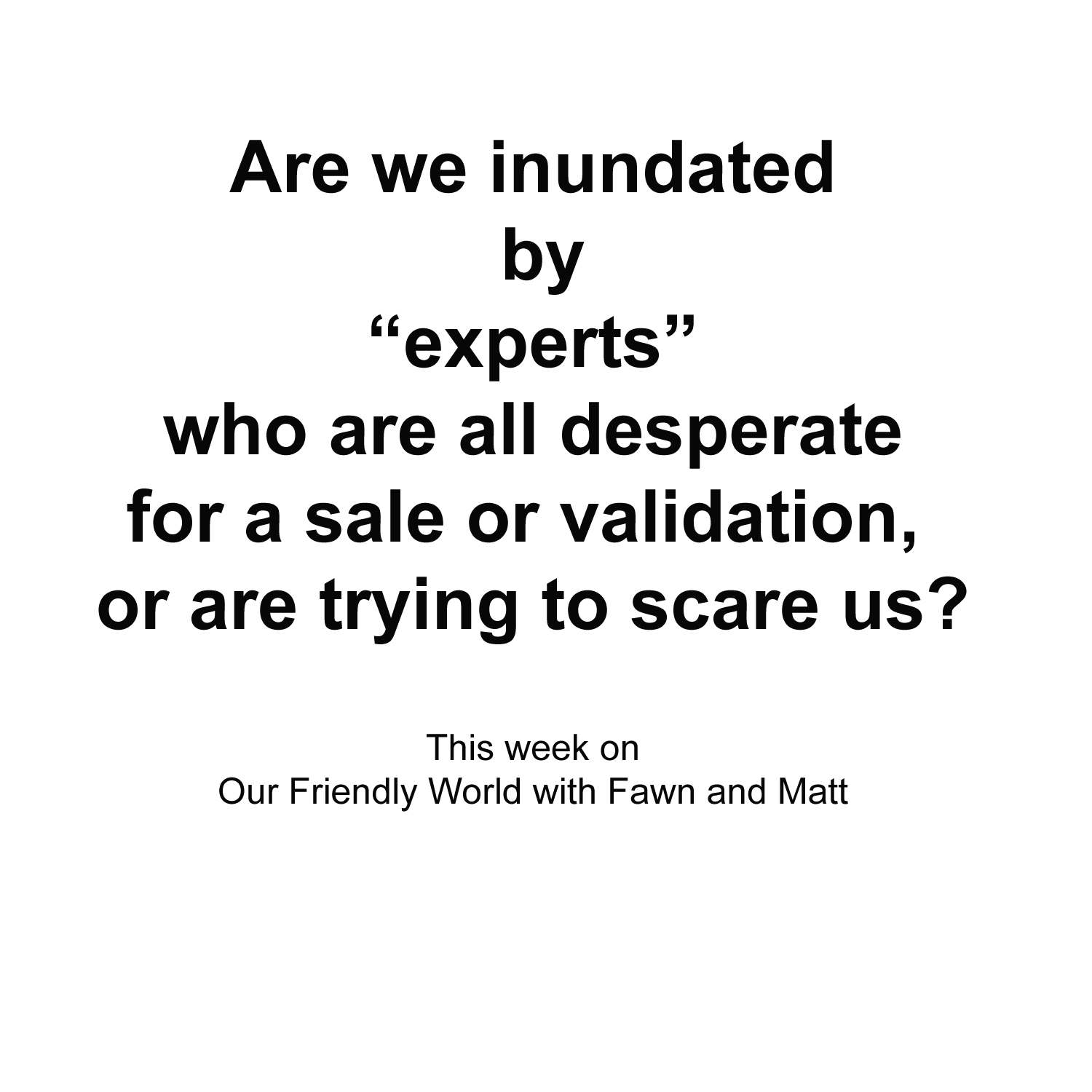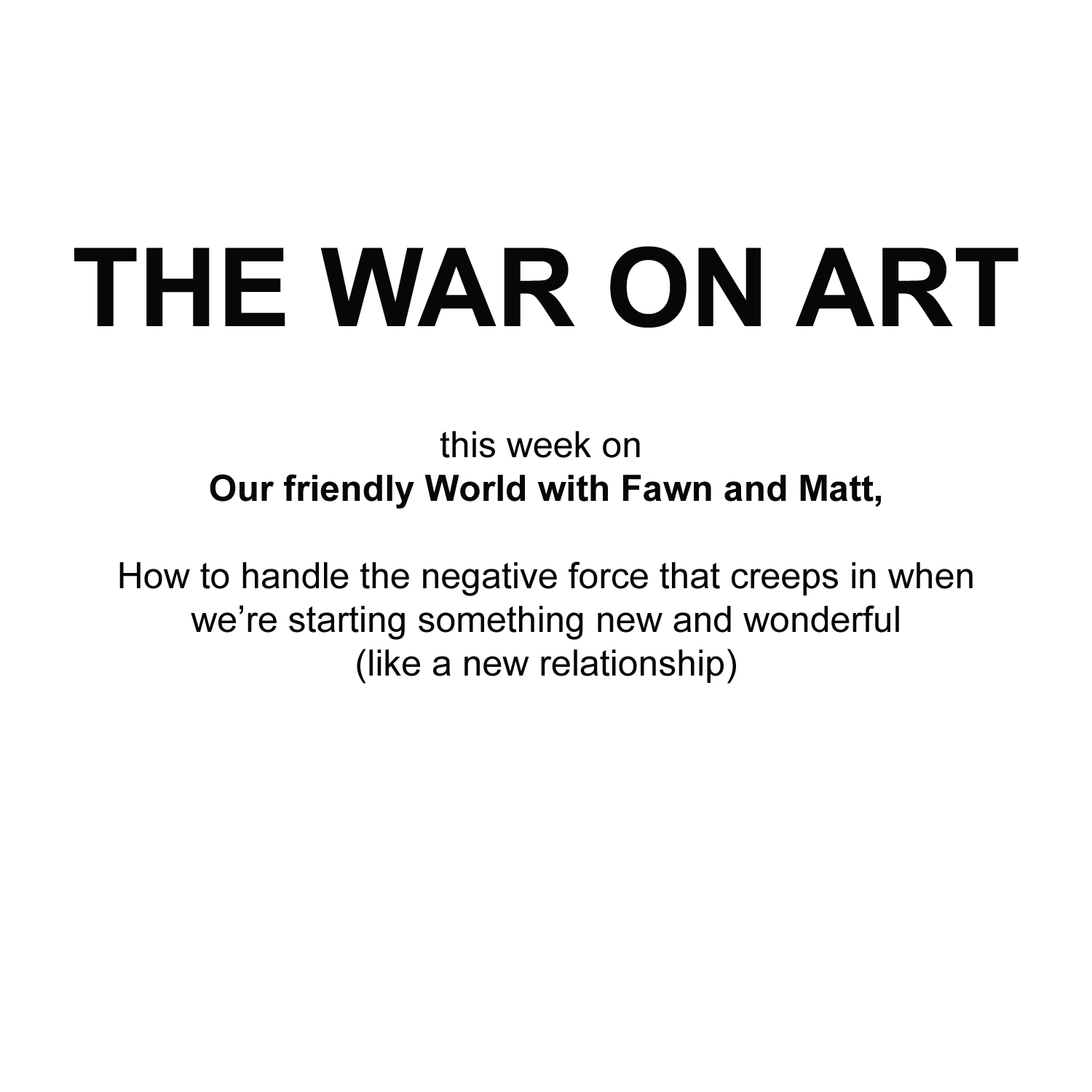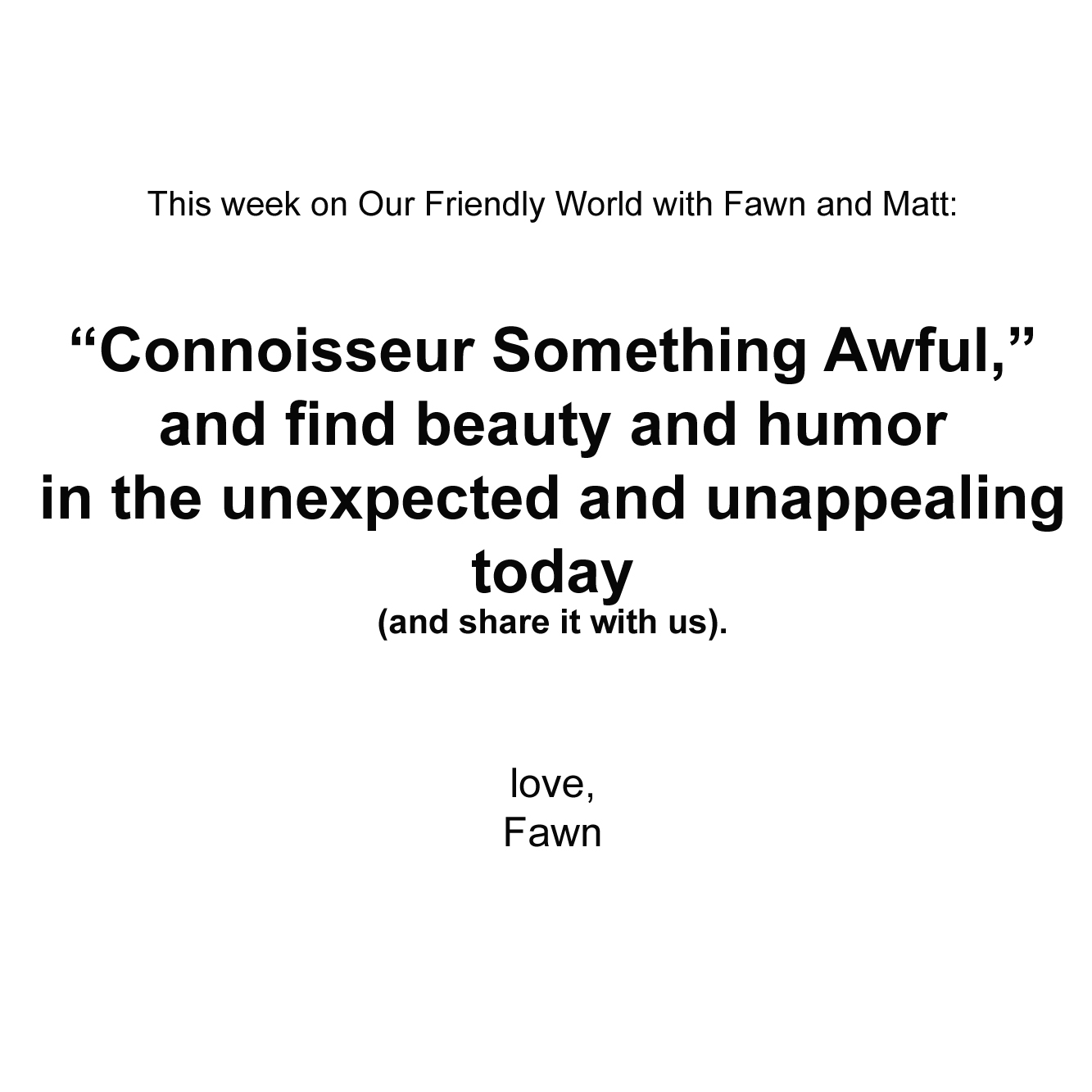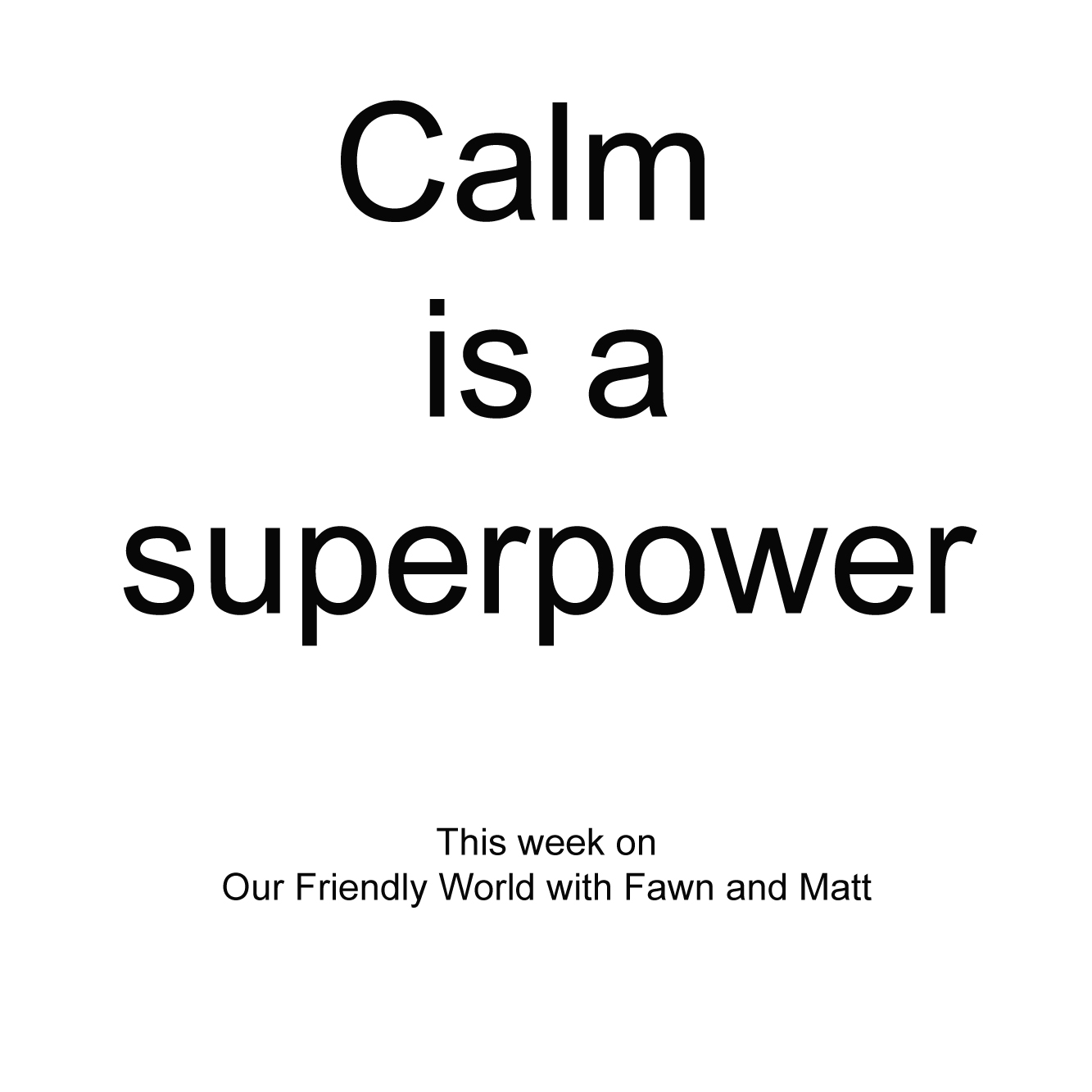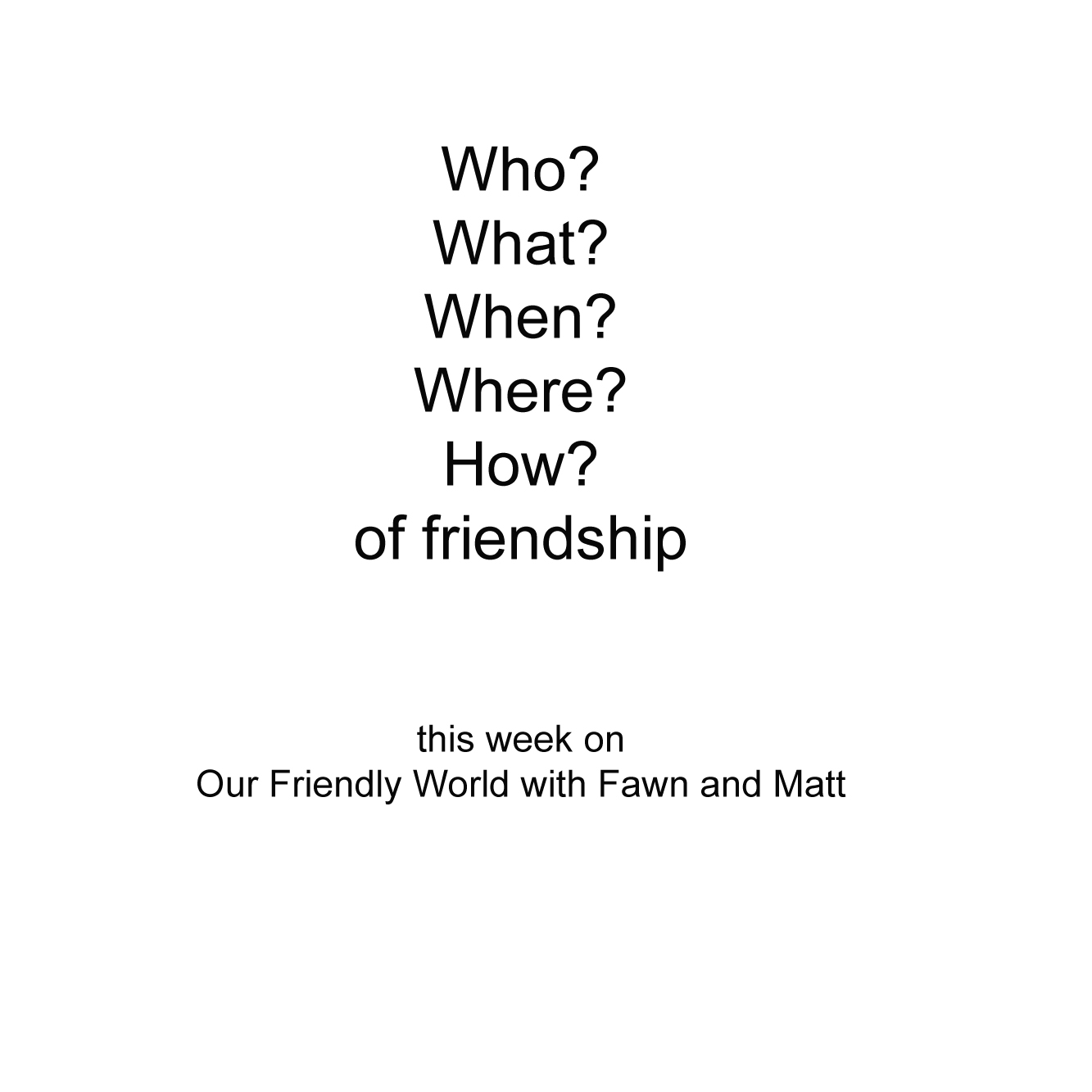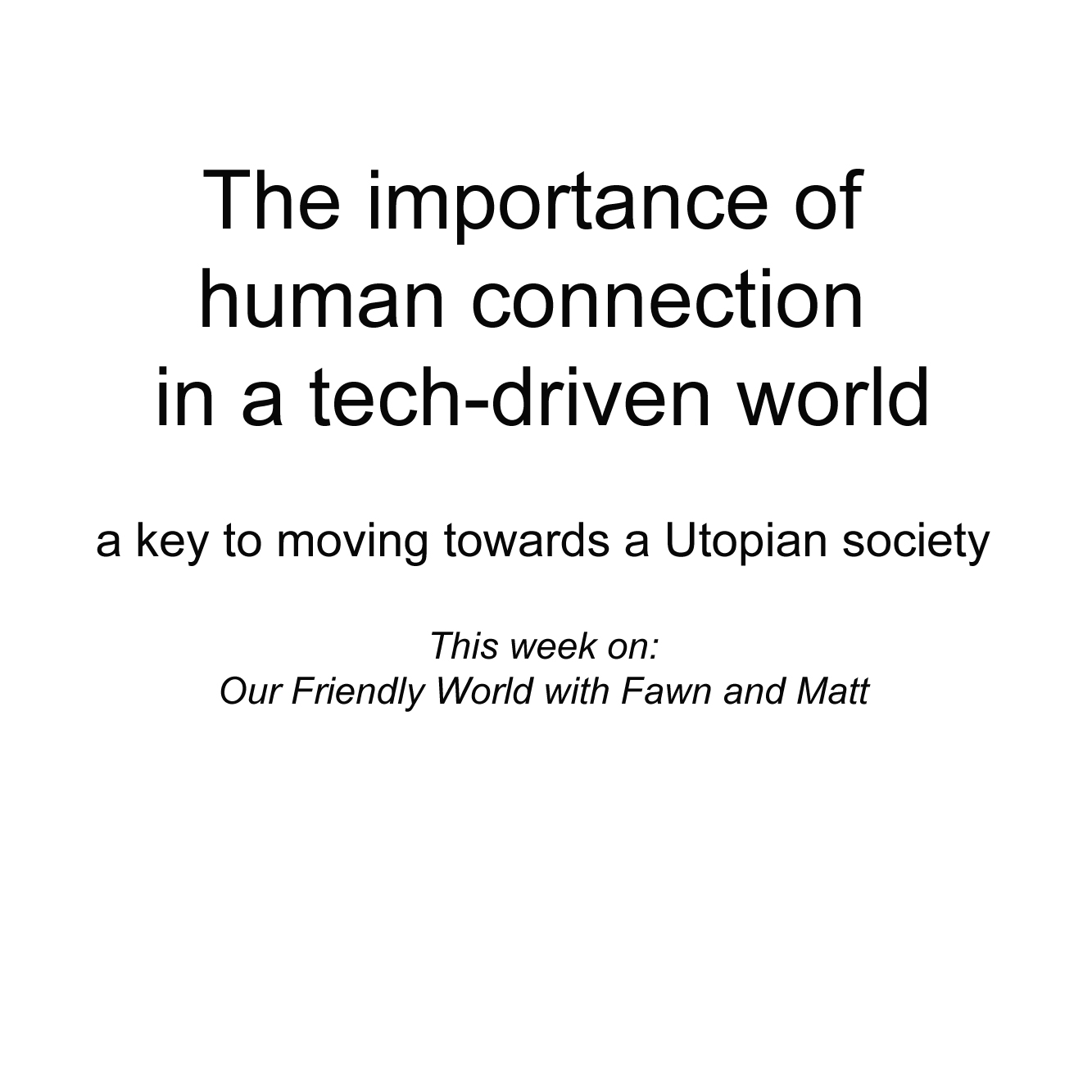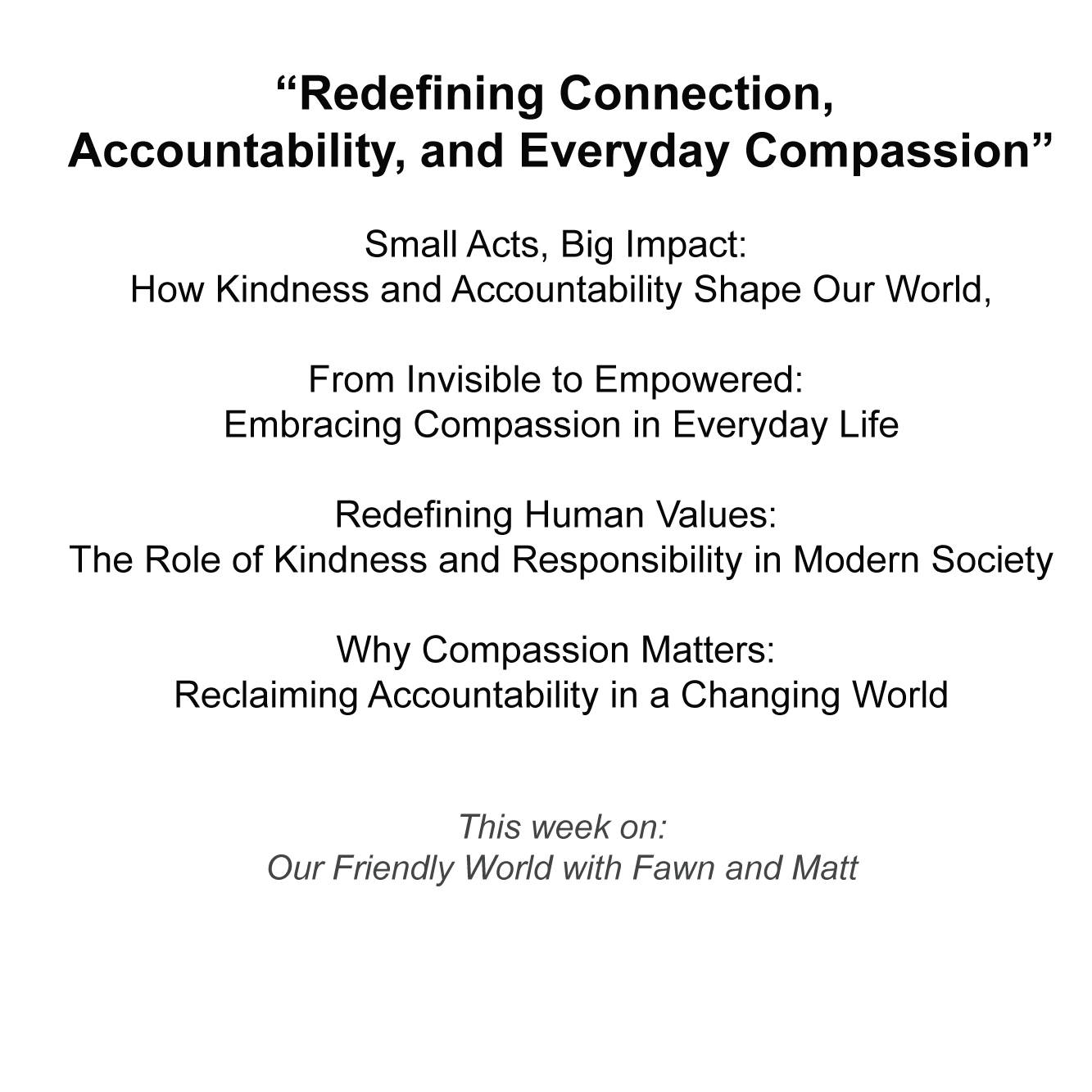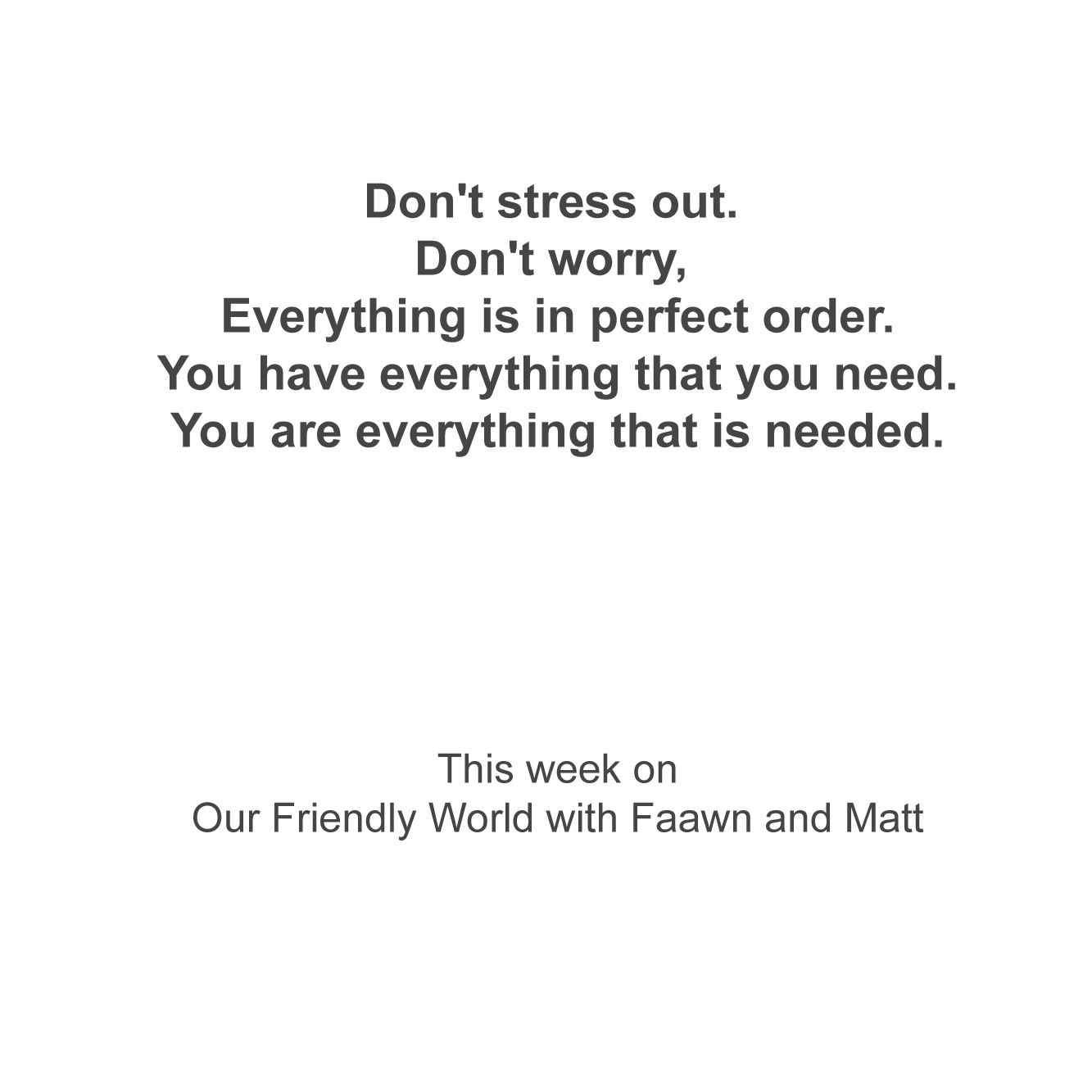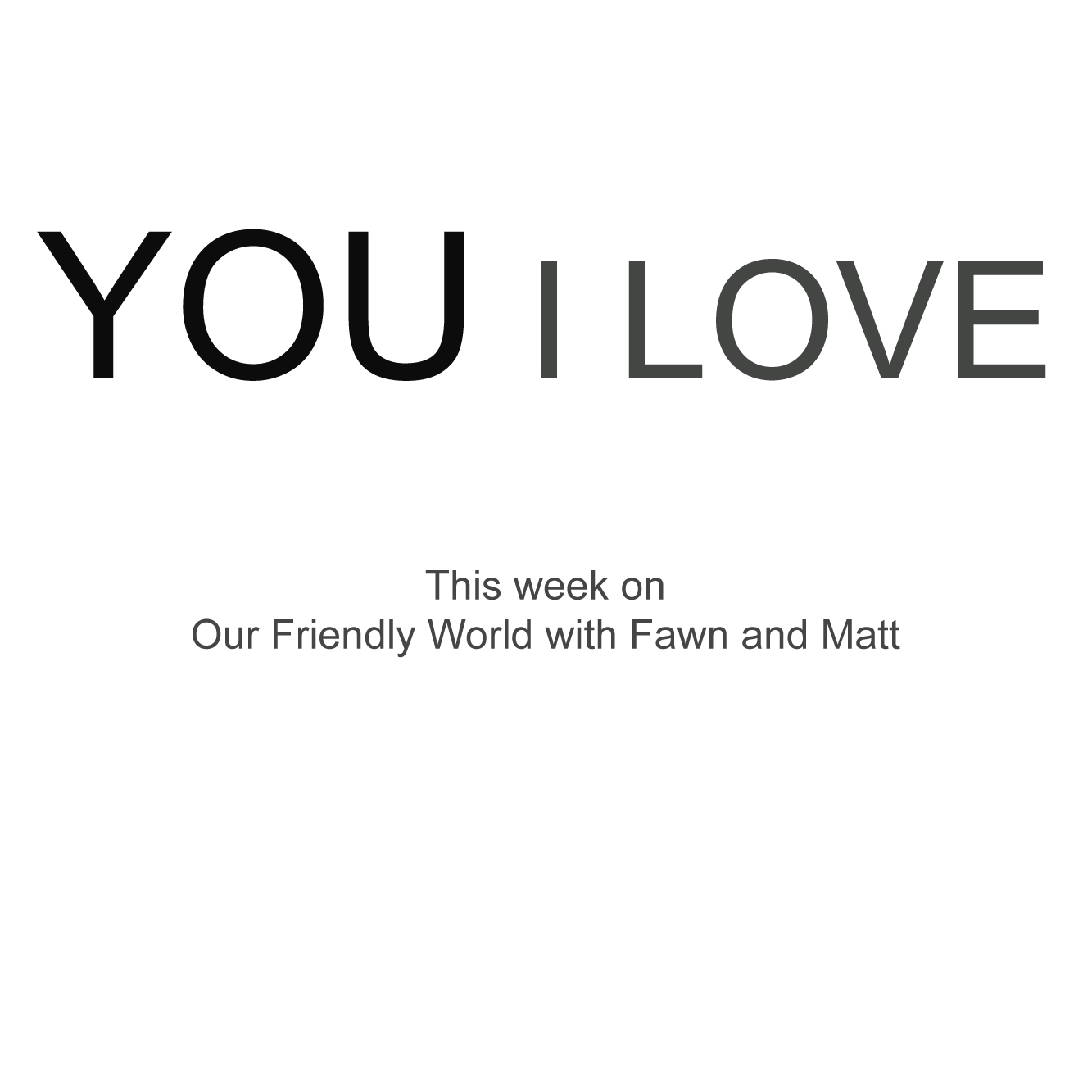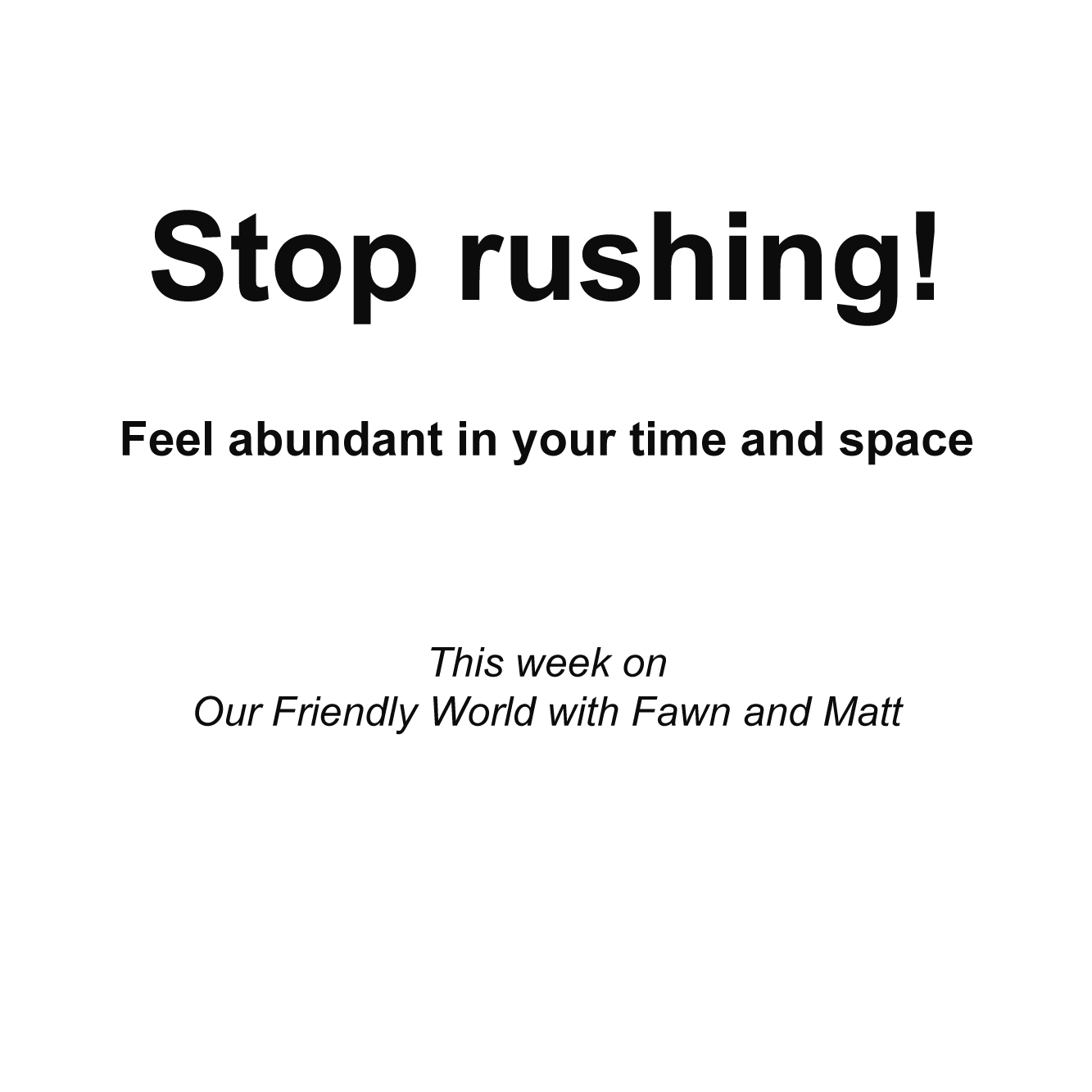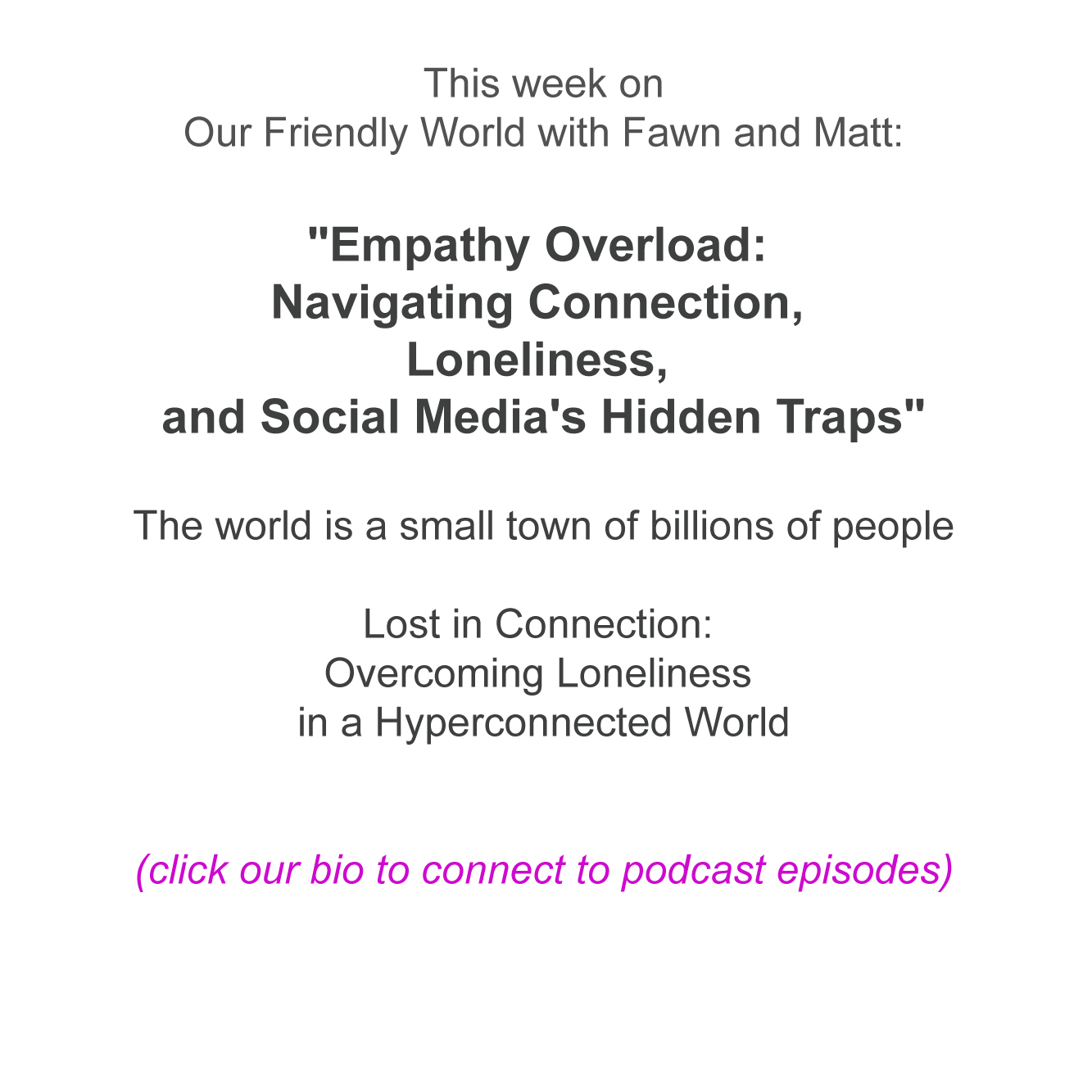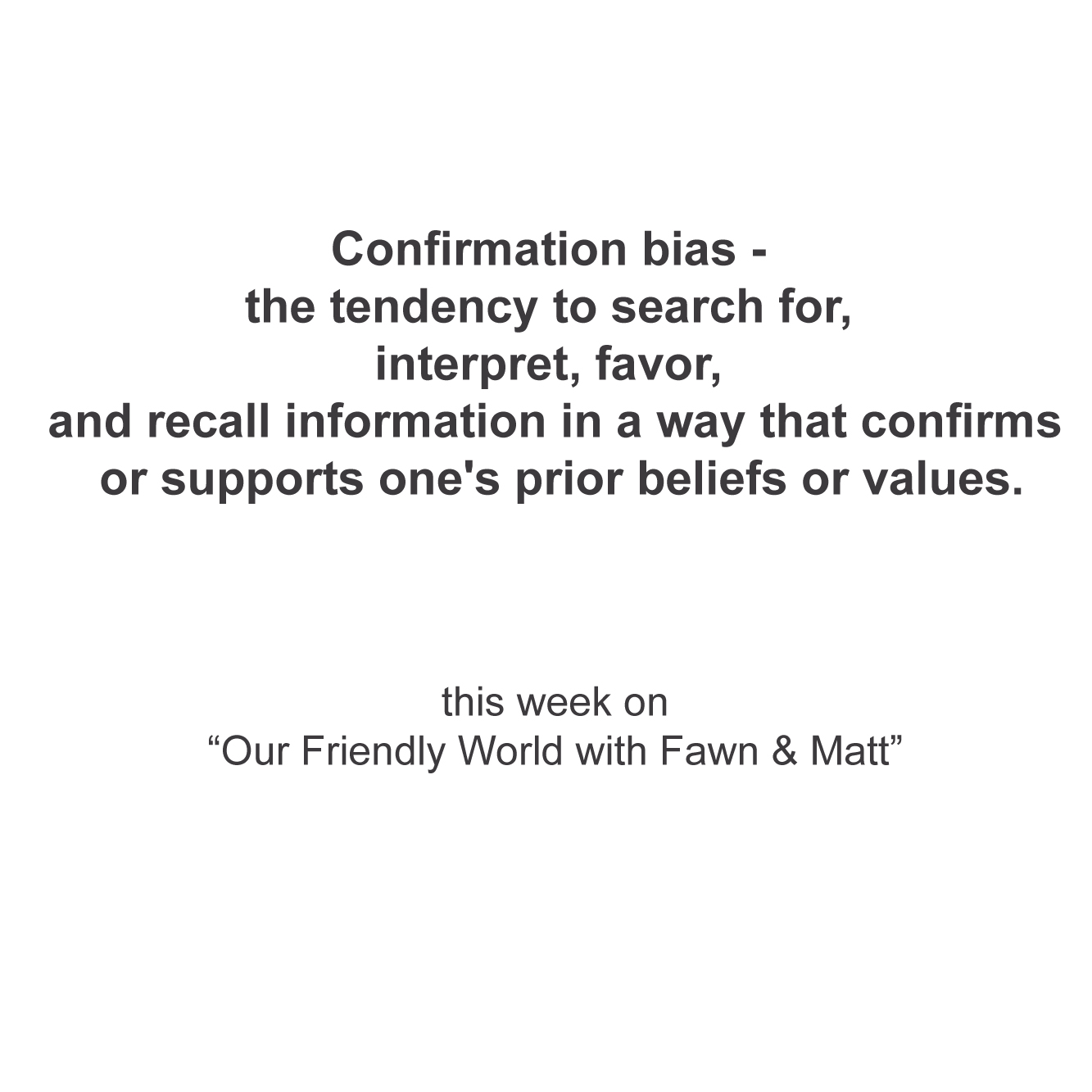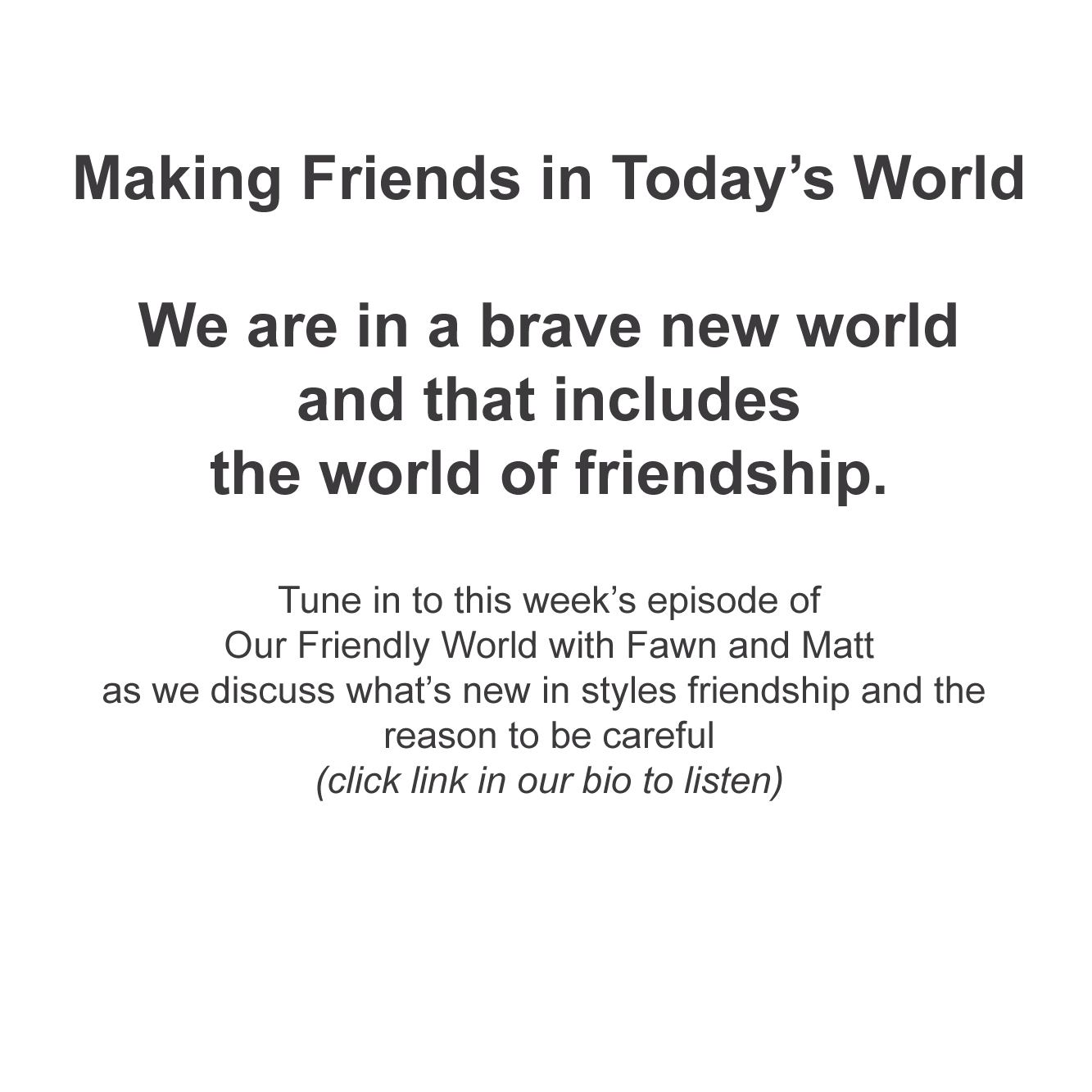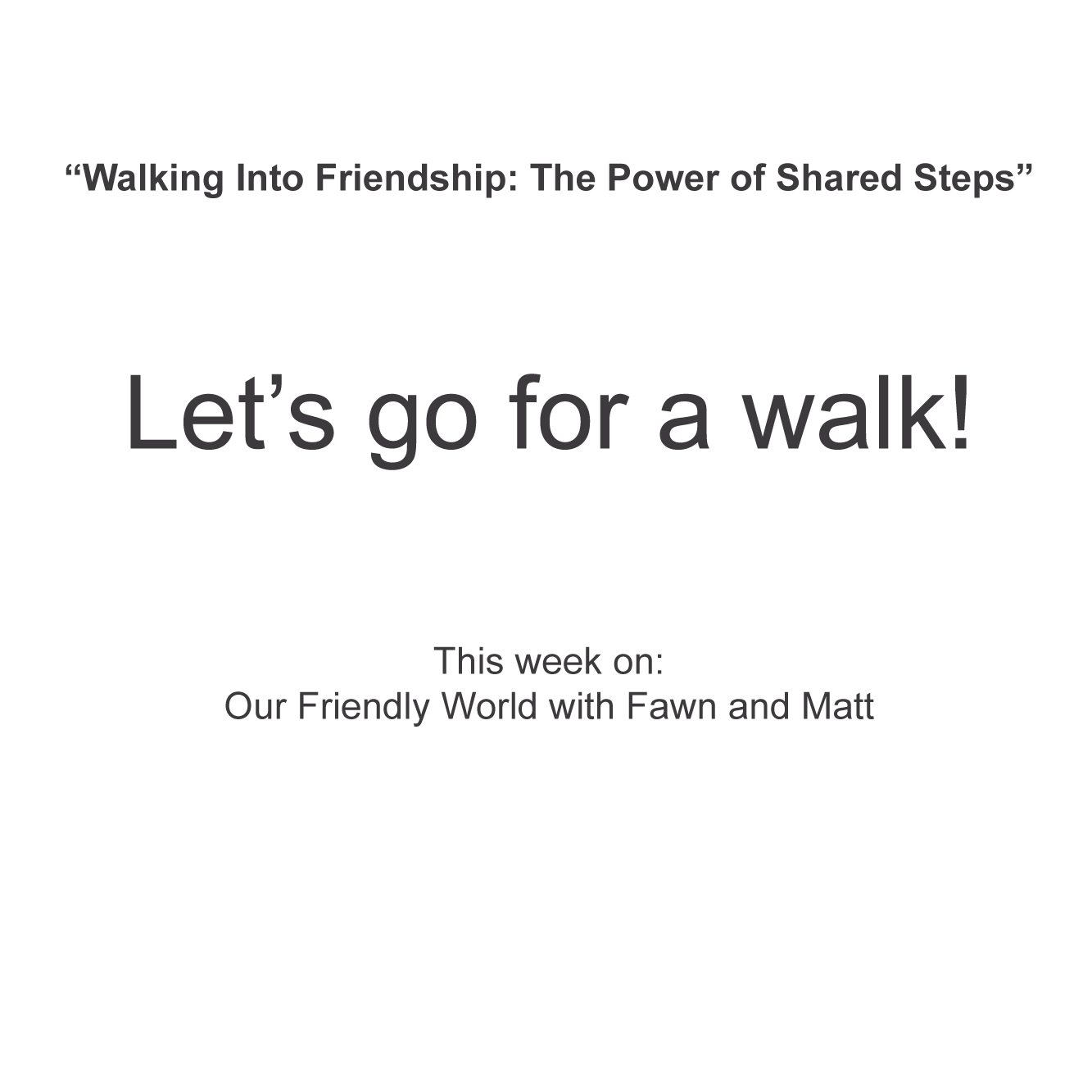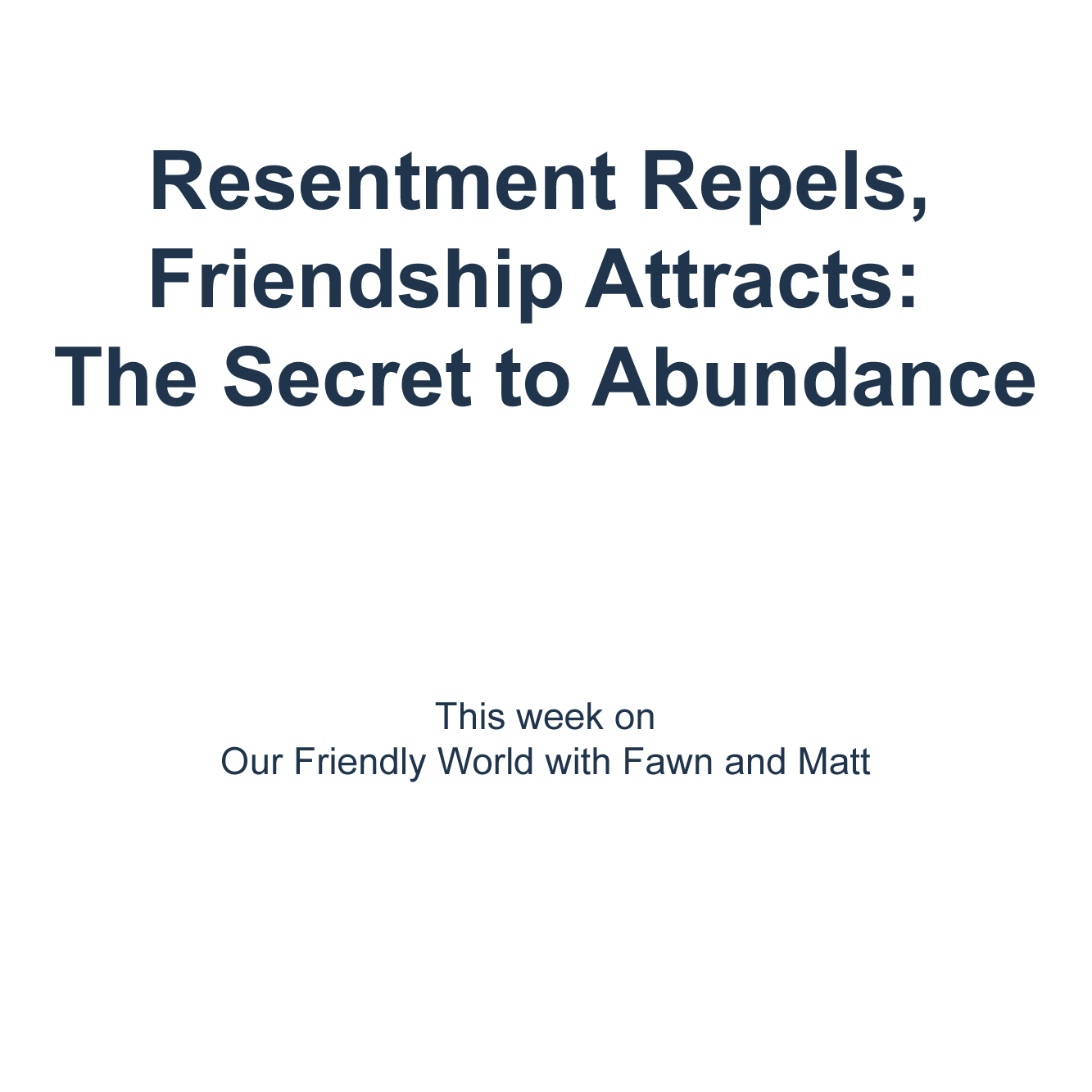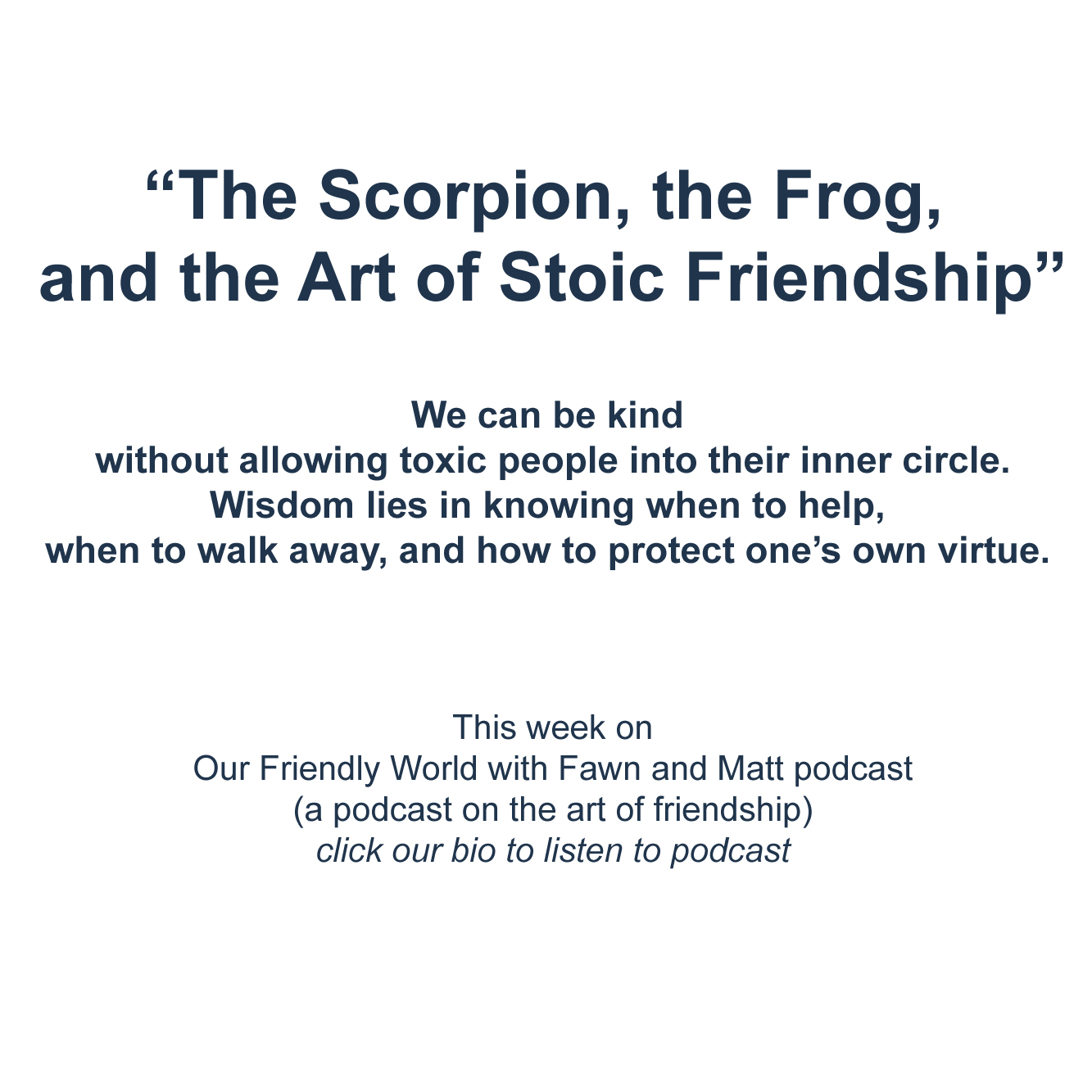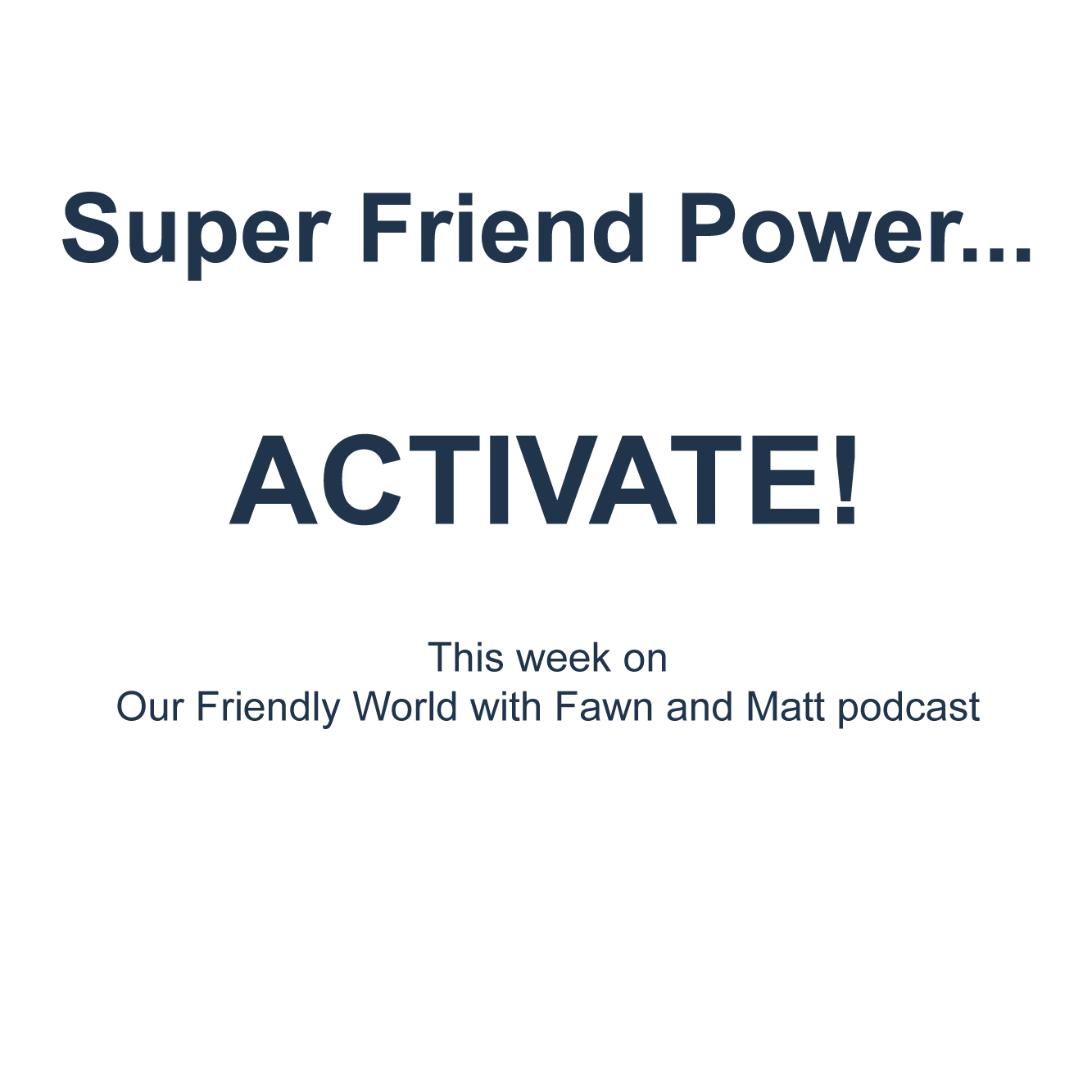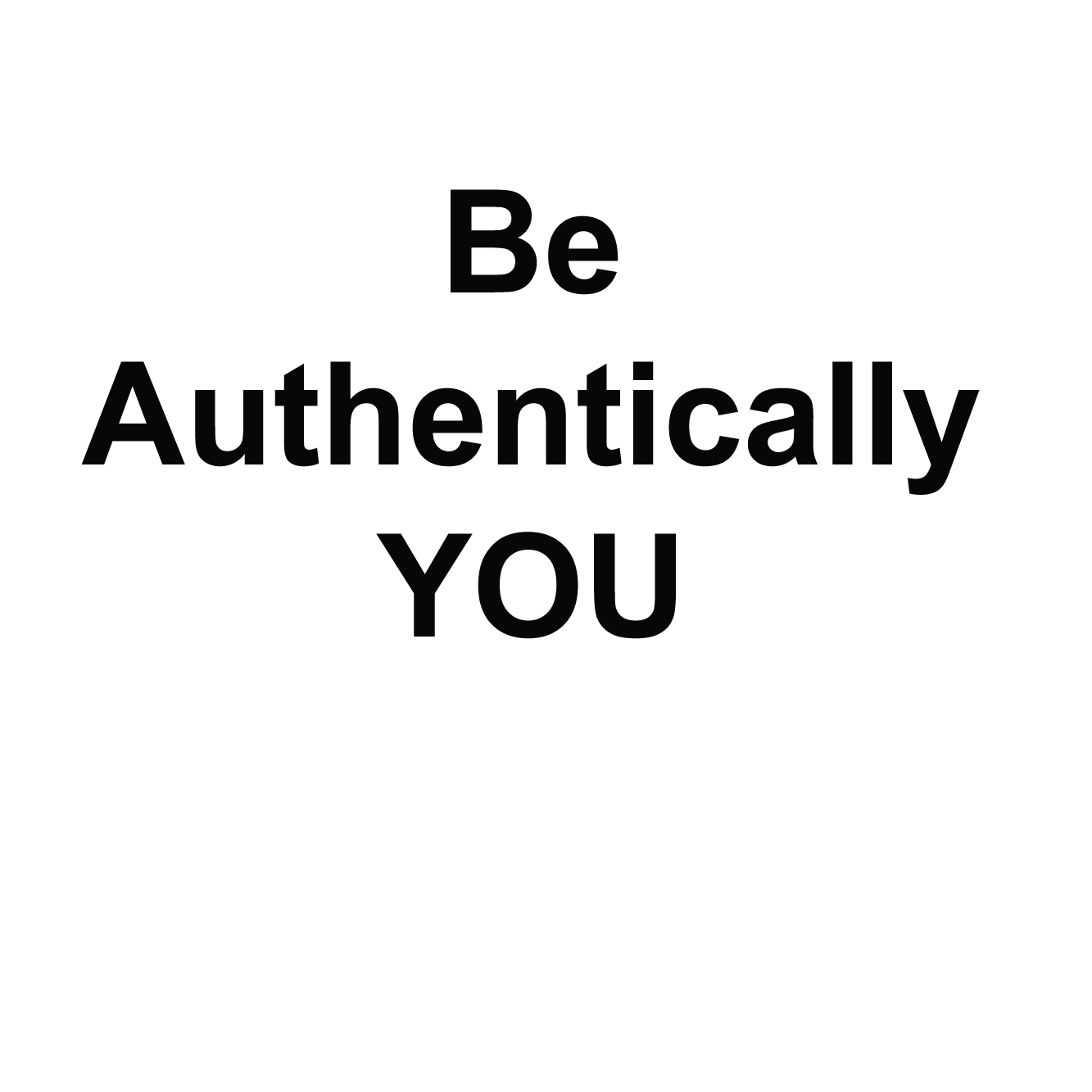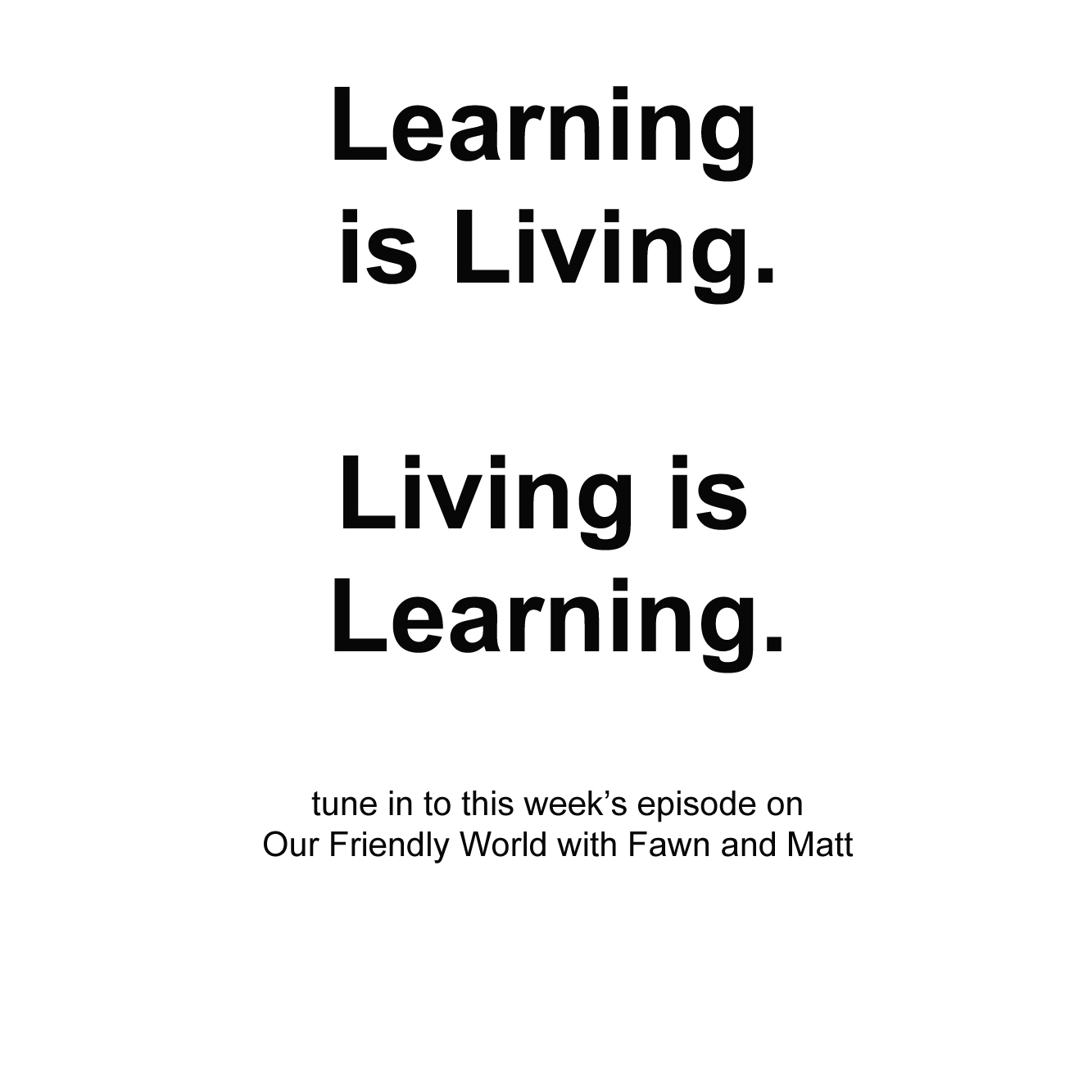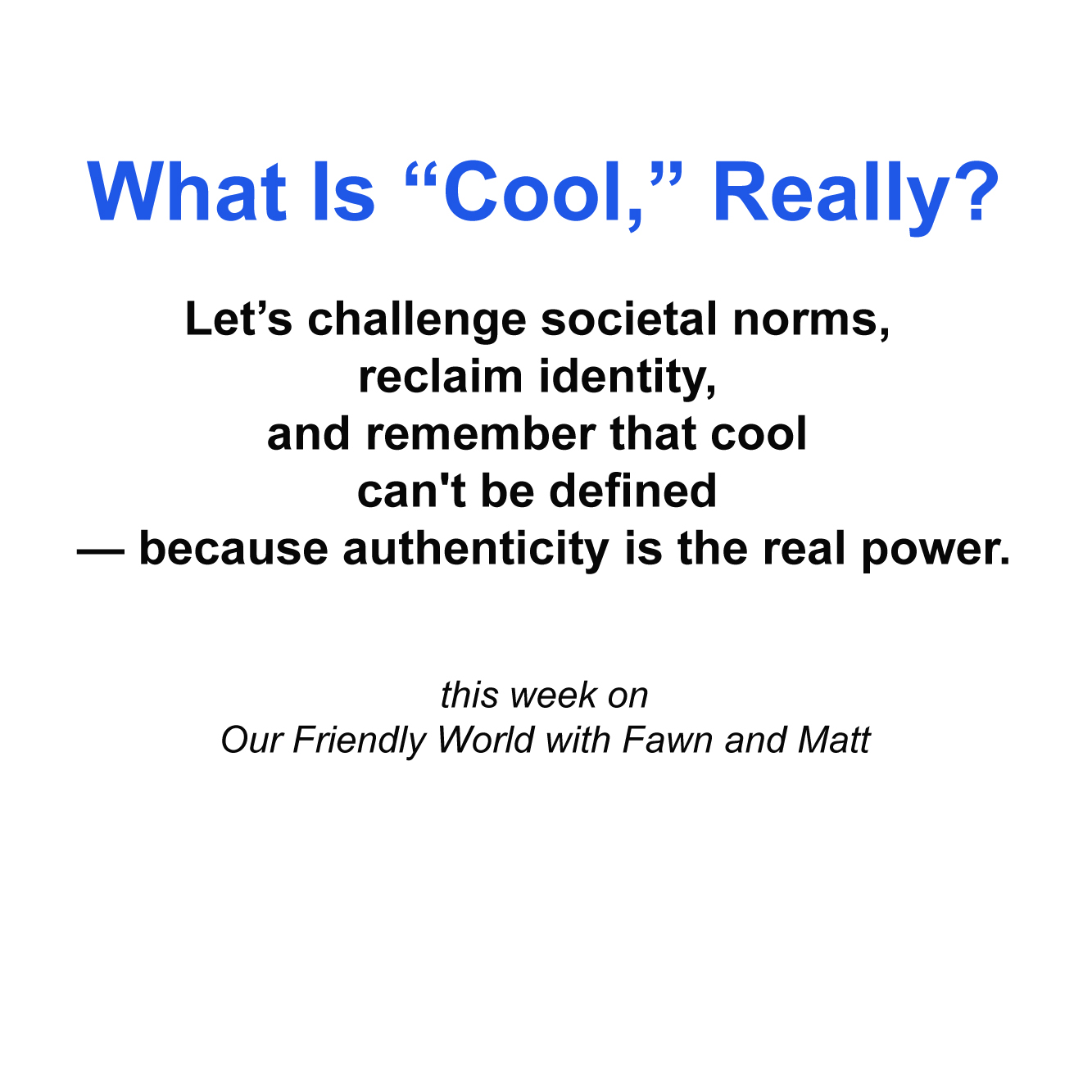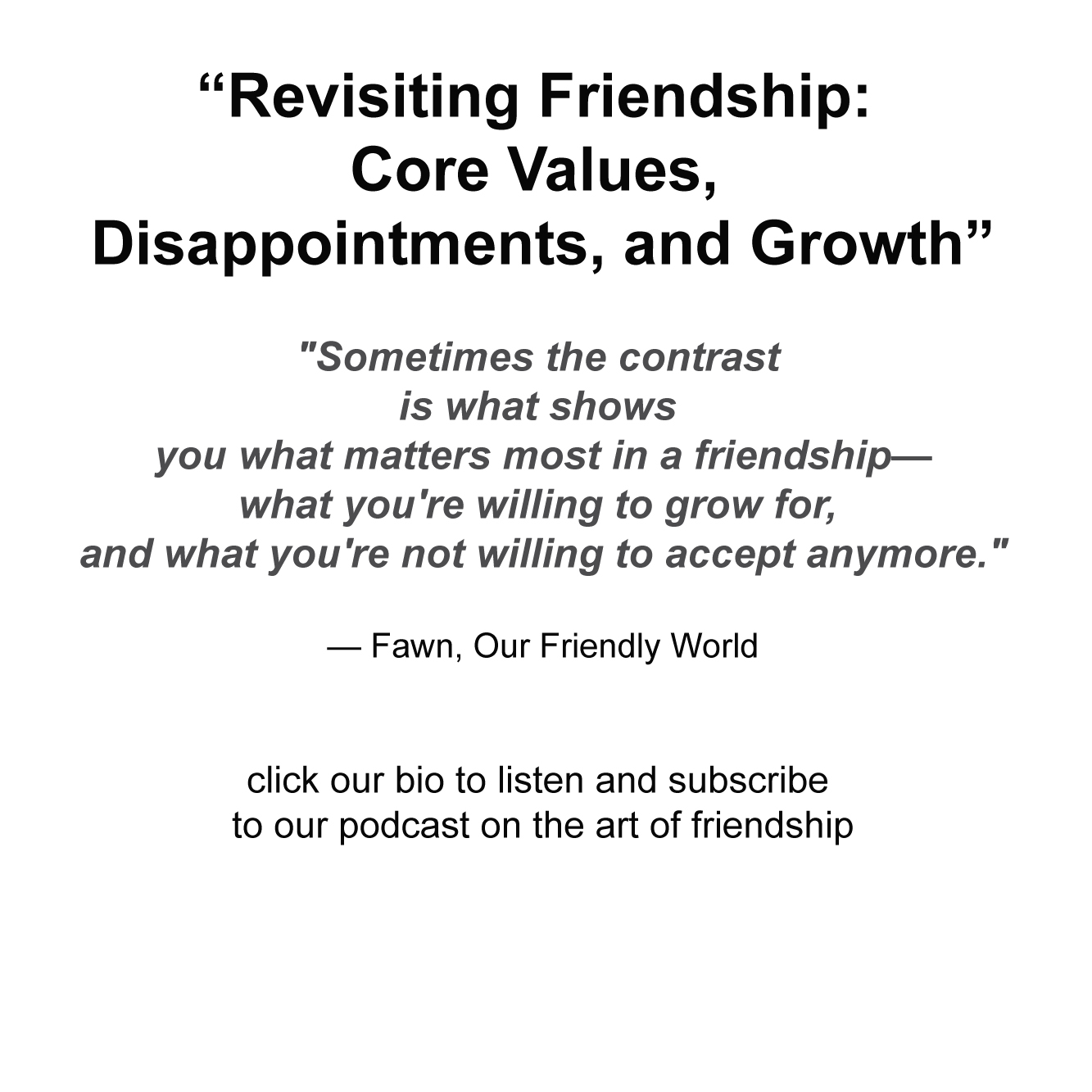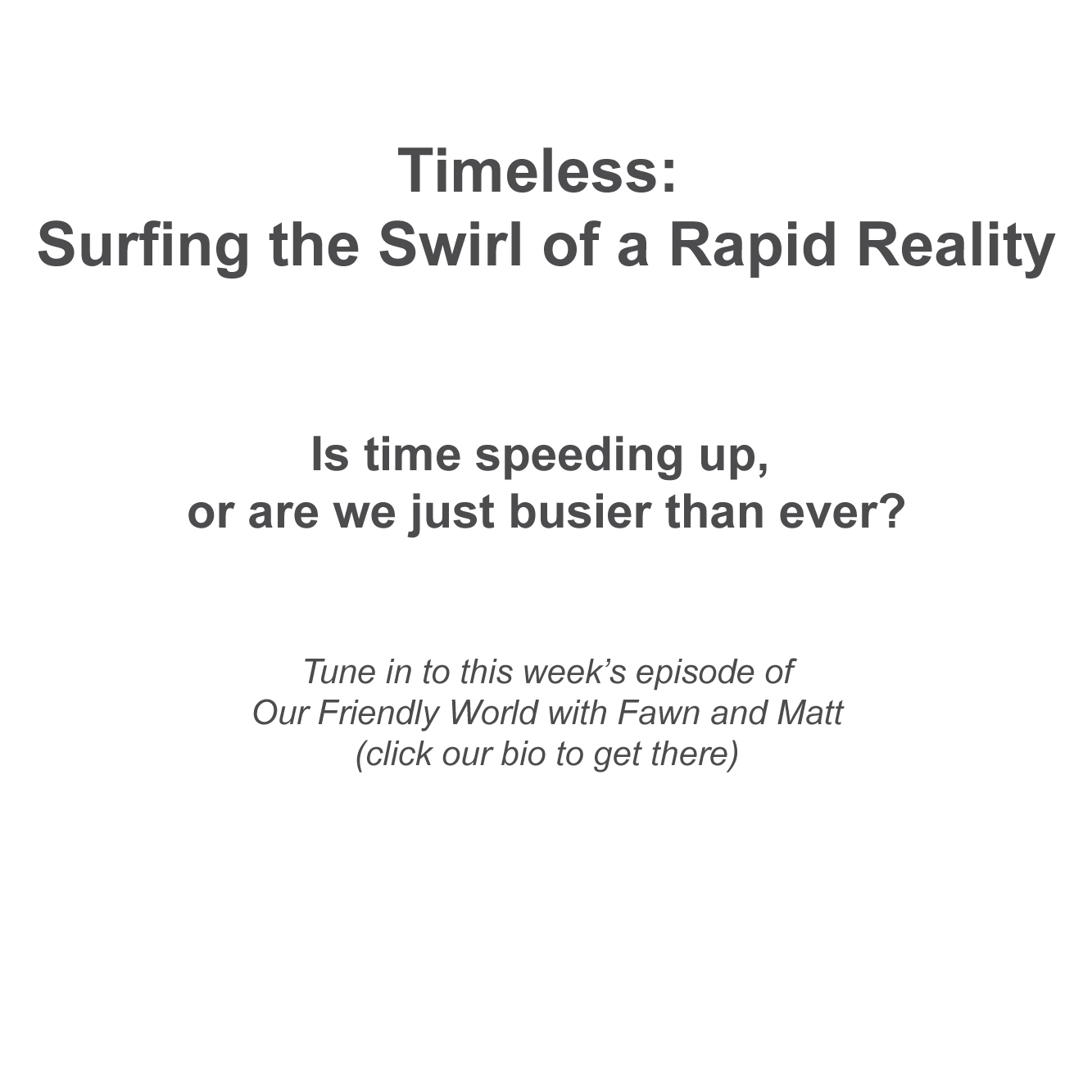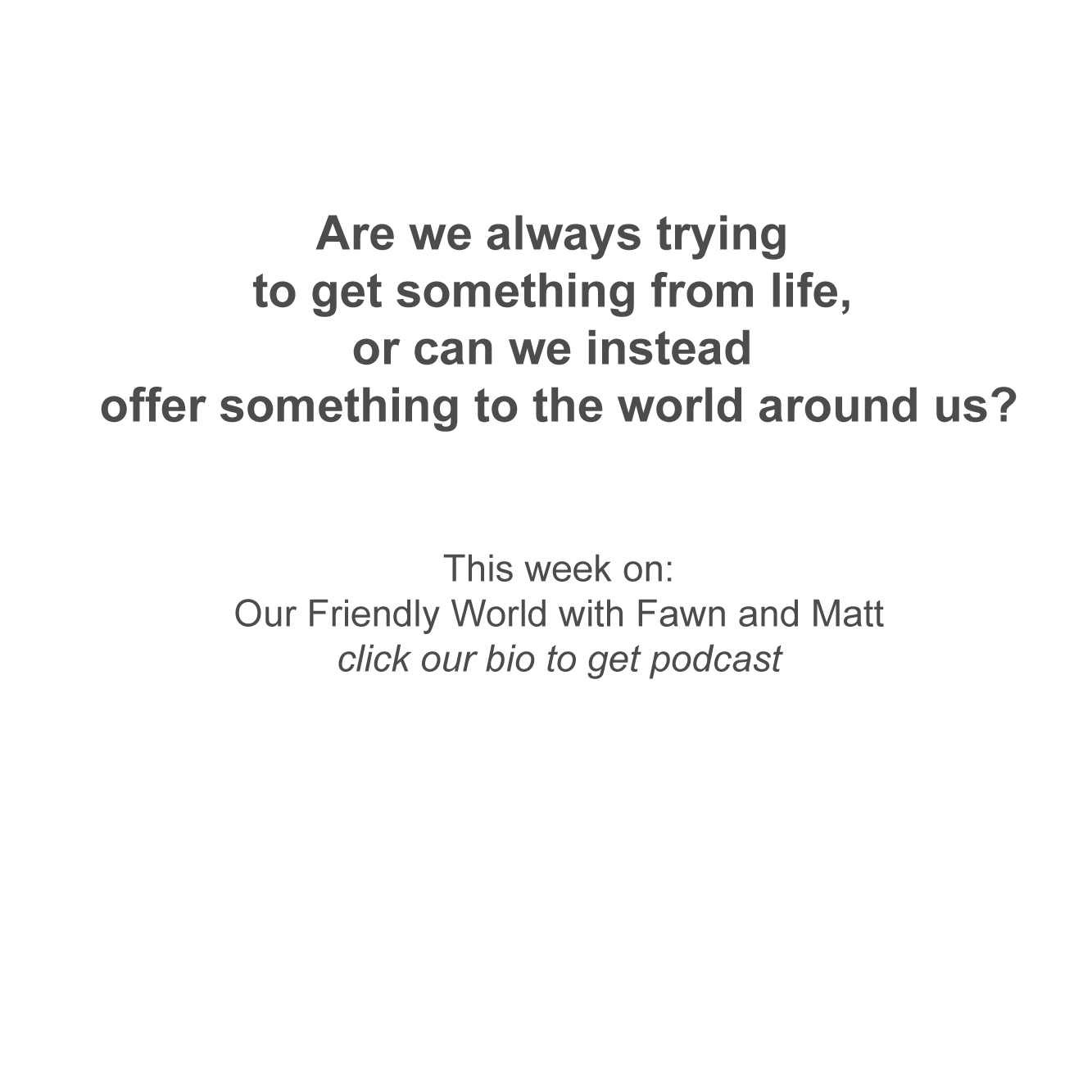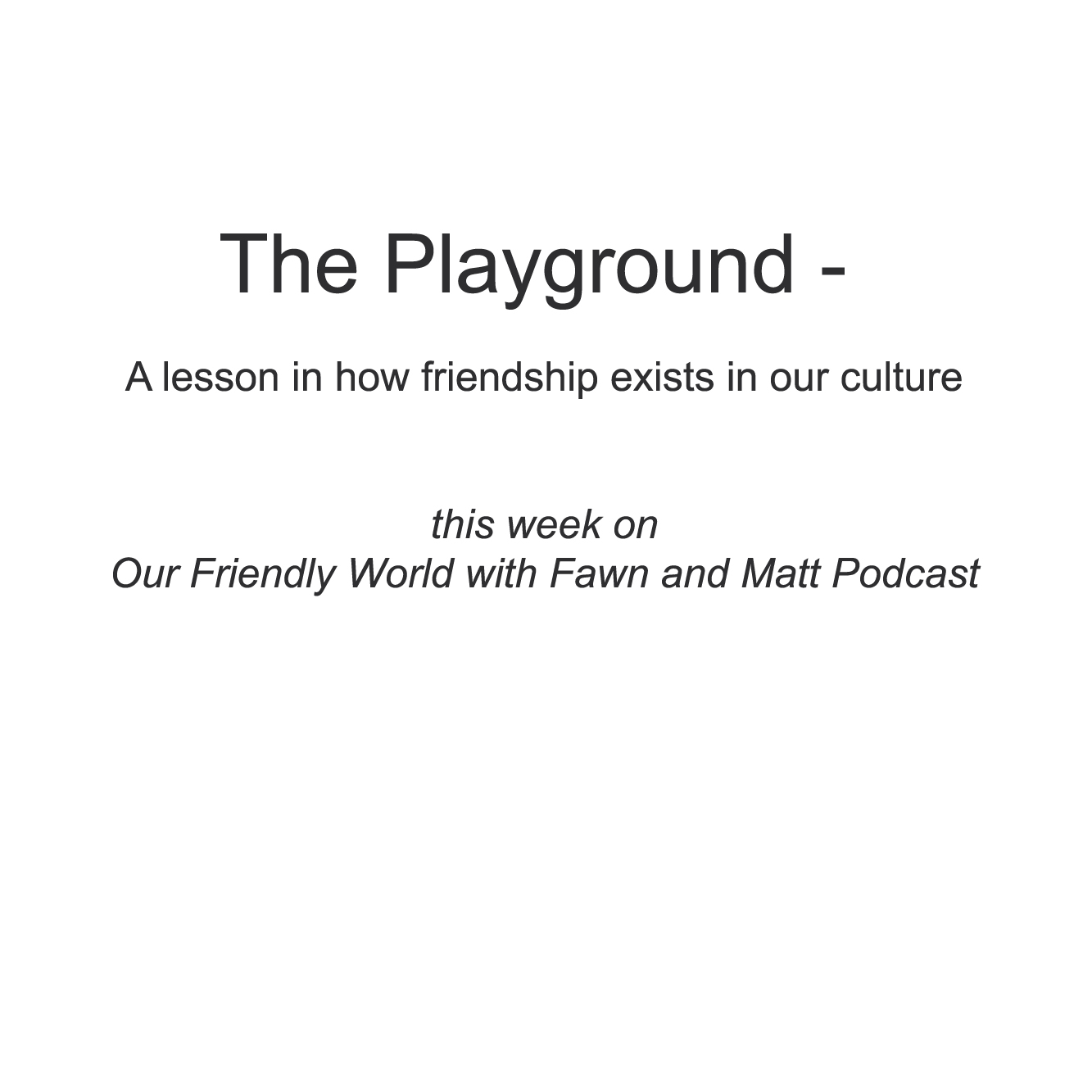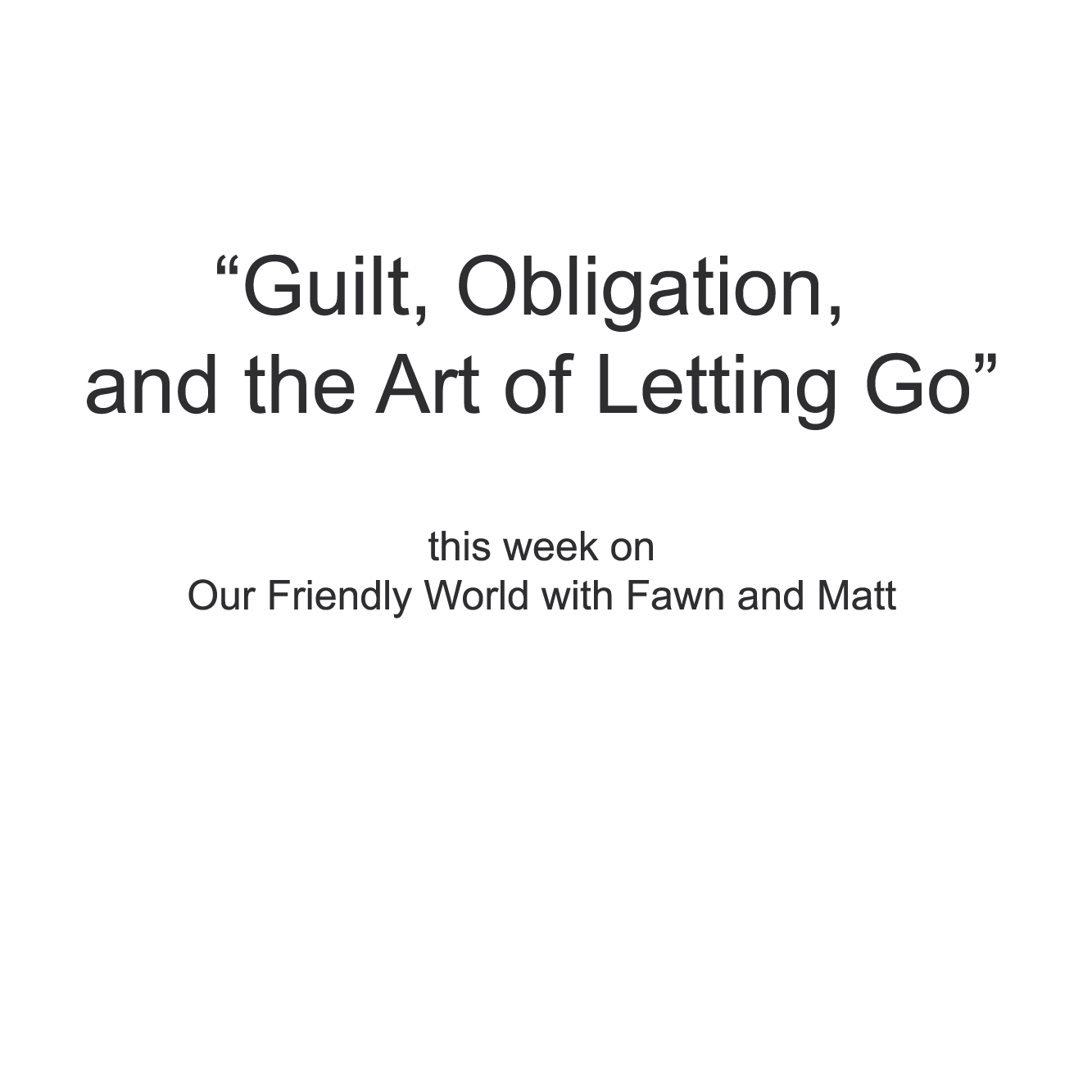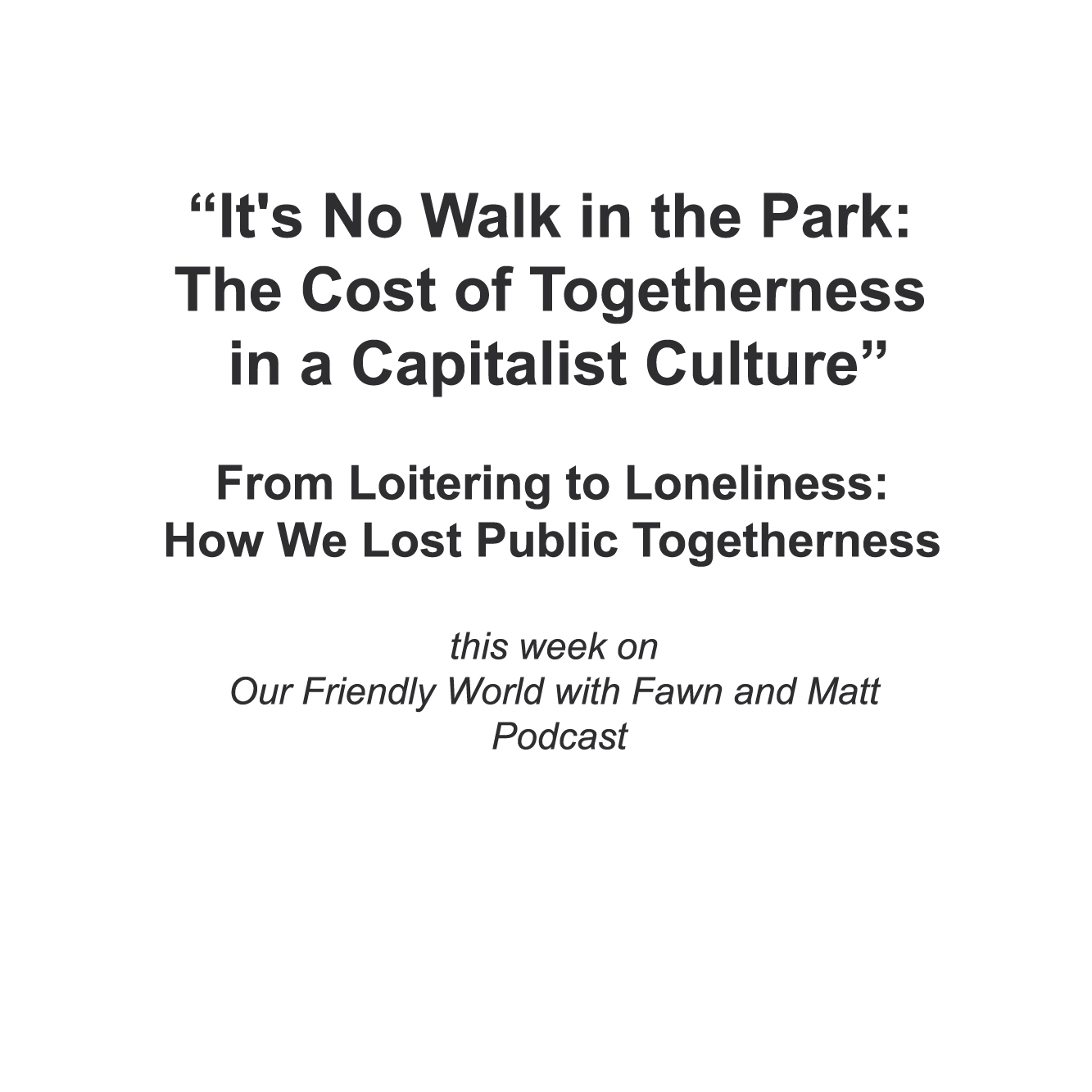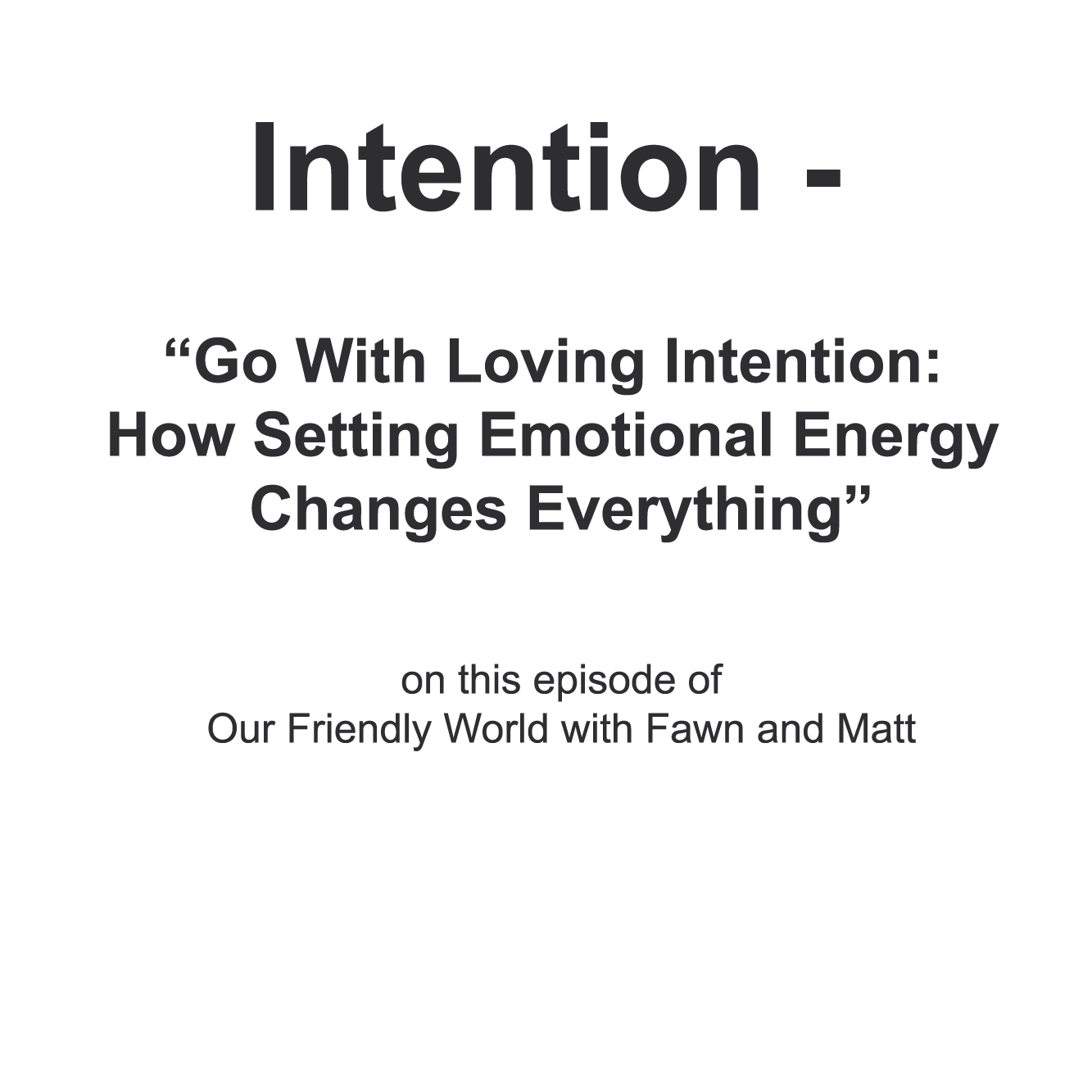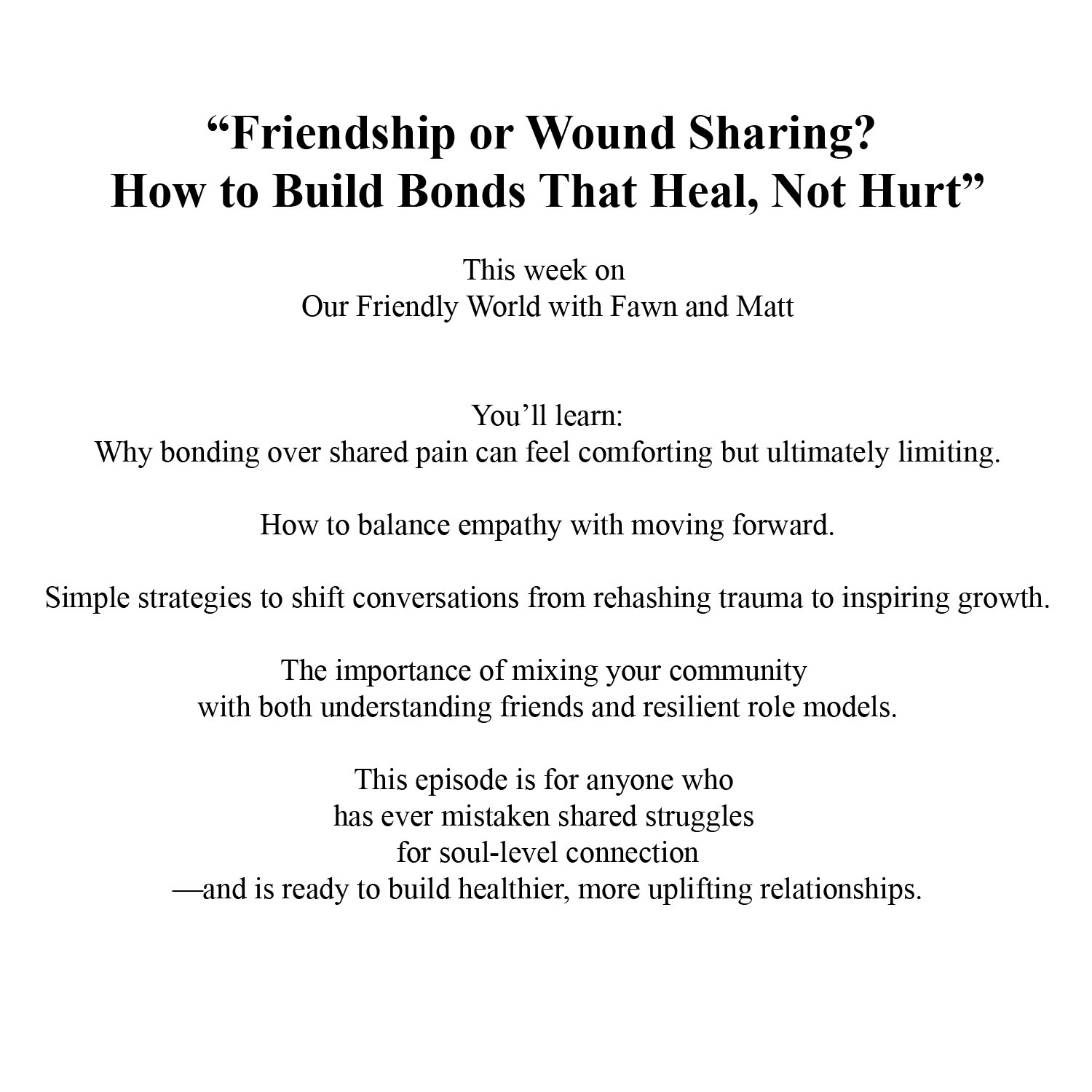"A New Era - The Philosophy of Friendship: Wisdom on Building Meaningful Connections"
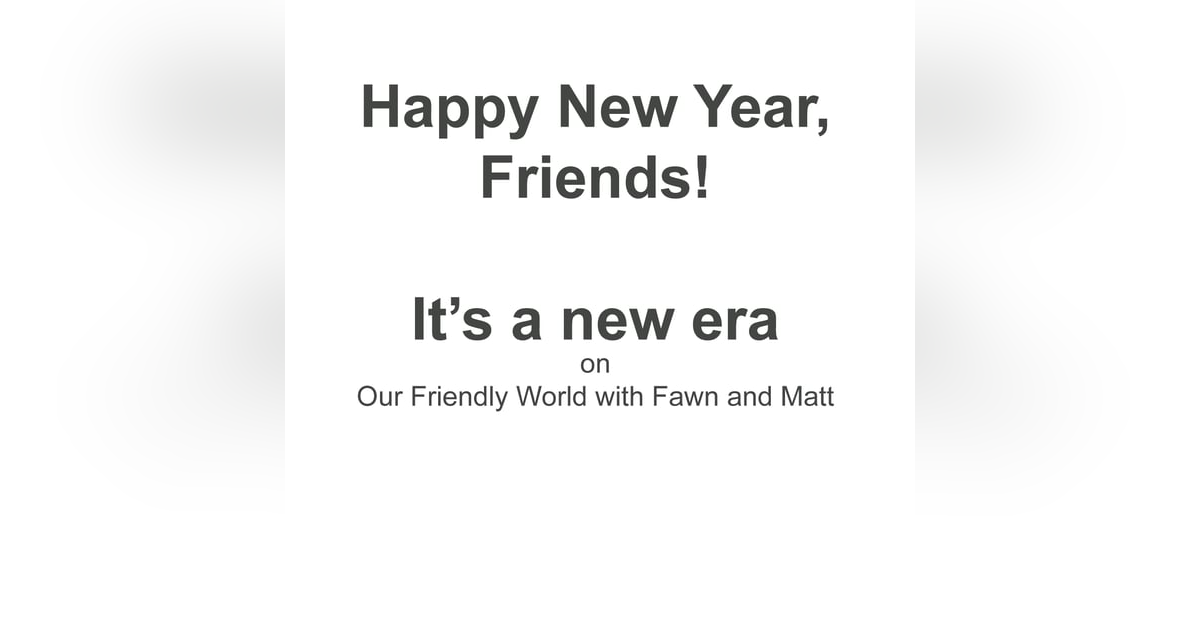
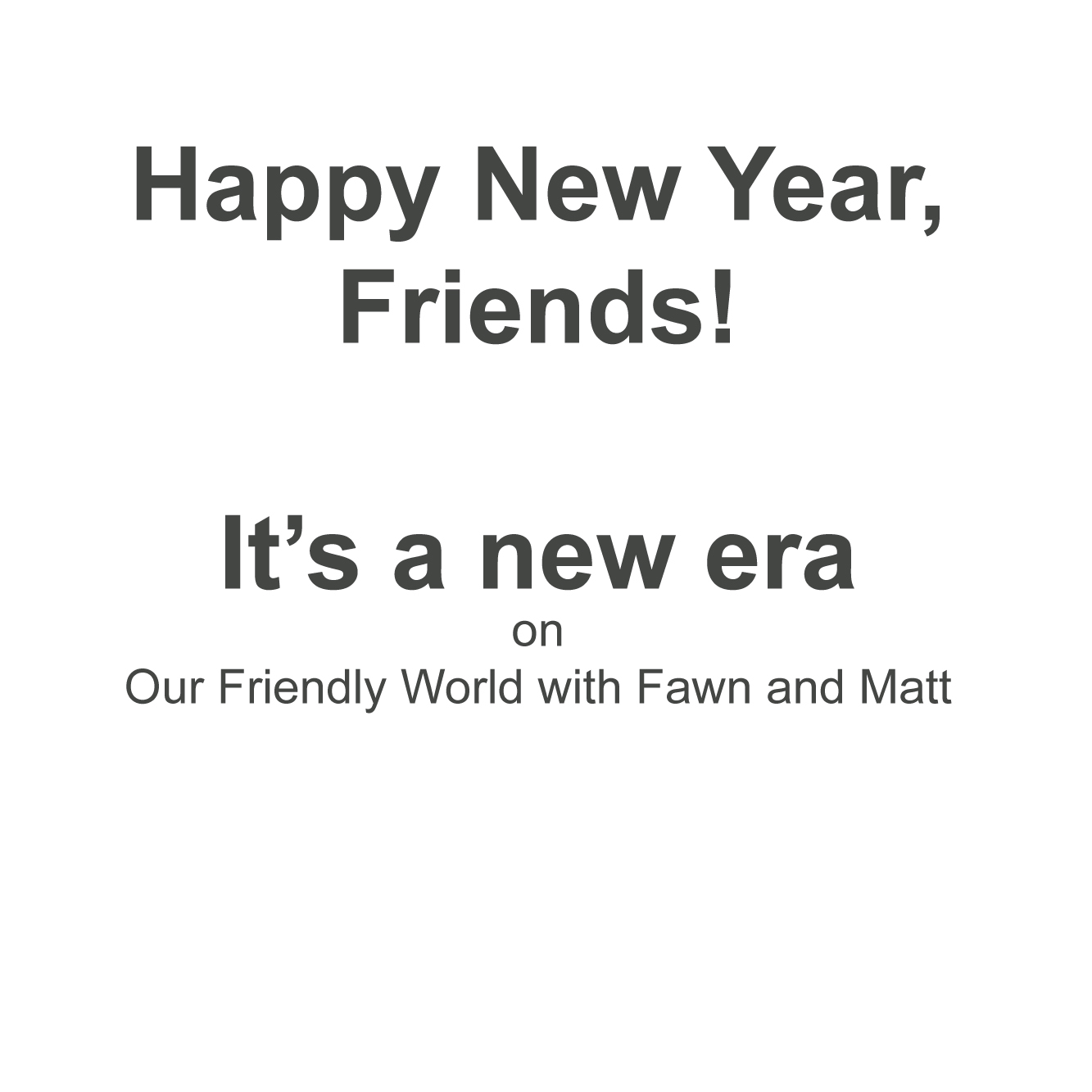
This Week’s Episode Description: "A New Era"
In this reflective episode of Our Friendly World with Fawn and Matt, we embark on a journey into a new chapter, revisiting the essence of friendship through the lens of Aristotle's teachings. Fawn and Matt discuss the three types of friendships—transactional, pleasure-based, and virtuous—and how recognizing these distinctions can deepen our connections. Drawing from four and a half years of exploration, they emphasize the transformative power of true friendships in shaping not only our personal lives but also society at large. This episode invites listeners to reflect, reevaluate, and move forward with a clearer understanding of the vital role friendship plays in fostering a more connected and compassionate world.
Friendship philosophy, Aristotle on friendship, Three types of friendships, Virtue in relationships, Importance of connection, Transforming friendships, Friendship dynamics
#FriendshipMatters, #ConnectionIsKey, #AristotleWisdom, #VirtuousLiving, #RelationshipGoals, #BuildingFriendship, #MeaningfulConnections
This Week’s Episode Description: "A New Era"
In this reflective episode of Our Friendly World with Fawn and Matt, we embark on a journey into a new chapter, revisiting the essence of friendship through the lens of Aristotle's teachings. Fawn and Matt discuss the three types of friendships—transactional, pleasure-based, and virtuous—and how recognizing these distinctions can deepen our connections. Drawing from four and a half years of exploration, they emphasize the transformative power of true friendships in shaping not only our personal lives but also society at large. This episode invites listeners to reflect, reevaluate, and move forward with a clearer understanding of the vital role friendship plays in fostering a more connected and compassionate world.
Friendship philosophy, Aristotle on friendship, Three types of friendships, Virtue in relationships, Importance of connection, Transforming friendships, Friendship dynamics
#FriendshipMatters, #ConnectionIsKey, #AristotleWisdom, #VirtuousLiving, #RelationshipGoals, #BuildingFriendship, #MeaningfulConnections
A New Era
[00:00:00] Fawn: Welcome back to our friendly world, everyone.
[00:00:02] MATT: Hello.
[00:00:02] Fawn: It's been four and a half years, and we've never missed a show. Every week, we discuss something new. I think we're going into a new era. We're going into a new time period. You can go forward with what you've learned. You can go forward with what you want to create.
[00:00:23] And going forward in terms of friendship, I think what I'm going to do from now on What do you think, Matt? From now on, I think we should really get into specifics of what we talked about this whole time. And going back to the root of friendship and what it actually means. Going back to Aristotle's Nicomachean ethics on friendship and the three different kinds of friendships and exactly What that means really get into the idea that friendship is a virtue and also friendship is the most [00:01:00] indispensable requirement In life and get into the hows and how we can create it and how we can spot the three different kinds of friendships There's the kind of friend that, if you look at all the relationships, there's a friend that's with you because they're getting something out of the friendship. Something that they can use. Like, it could be physical, it could be, yeah, it's most likely physical. And
[00:01:29] MATT: it could be reciprocal.
[00:01:31] Fawn: There's the kind of friendship where, You're friends with someone or someone is friends with you because of how it feels. Now it's life.
[00:01:42] We're gonna feel all kinds of ways. So That can go astray that could go awry because when you are thinking oh this person It will always be upbeat or I'm always upbeat But then you go through something and that person is not upbeat for that moment or you're [00:02:00] not upbeat at that moment Those people will most likely leave, you know, which is one of the reasons I started this Conversation four and a half years ago was because of the things that I noticed You Like, people that I thought were our best friends, my best friends, who suddenly disappeared at a very, very scary time in my life.
[00:02:24] I almost lost Matt, and it was so scary, and people didn't want to deal with hardships in hospitals. They disappeared. These friends disappeared. I never heard from them again. They couldn't deal. And so throughout the four and a half years we've broken down like what happens, why this happens, what you can do about it, how you can find your strength again and how you can find your place again and how you can find true friends again and how to spot that and how to spot the true friendship that is.[00:03:00]
[00:03:00] We're going to get even more in depth now that we've had four and a half years of study In talking, I think we should go forward in a scholastic kind of way from now on. We're still gonna have fun.
[00:03:14] MATT: Well, okay then. So, my pupils, ah, please. Ha ha ha ha ha.
[00:03:21] Fawn: So, I mean,
[00:03:24] friendship, let's just, with this episode today, let's just reflect on why friendship is important. We originally talked about how friendship really transforms every aspect of life, including economics. If you go back to Aristotle, he talks about what I have been saying
[00:03:45] so when I read it in Aristotle's writings, I'm like, Oh my God, I've been saying that I didn't even know. But friendship. forms cities. It forms the way [00:04:00] we behave. A friendlier society is a peaceful society, but why exactly? You're not going to harm someone that is your friend. You're going to be looking out for their best interest also, to make sure that they are thriving financially, they're thriving physically, that they're thriving emotionally.
[00:04:22] And when we don't have that, we don't care. It's all me, me, me, I'm going to get mine, take care of me and mine.
[00:04:30] MATT: Does that sound familiar?
[00:04:32] Fawn: And it seems like, it seems like that's what we were years ago, and I feel like this is the time now to really move forward in a, in a better way.
[00:04:47] What do you think, Matt? Do you want to go through the three types of friendships and what you think they are and, some advice for now. How to center ourselves right now. How to pull ourselves together. Right. So [00:05:00] we can move forward.
[00:05:02] MATT: Well, the hardest thing, I think, is just identifying the types of friendships that you are surrounded by.
[00:05:09] So, the first type, which is the one where they're getting something or I'm getting something, is certainly It feels, what's a good word for it? It feels very kind of almost like a banker. You know, you have a bank balance with someone and you're, you're keeping tally on both sides. It's transactional. It feels very transactional.
[00:05:33] It is.
[00:05:34] Fawn: And, and there's nothing wrong with having that kind of friendship. The, the point is to realize, to recognize that that's what it is.
[00:05:41] MATT: Stealing my thunder.
[00:05:42] Fawn: So, oh, I'm sorry. No, it's all
[00:05:44] MATT: good.
[00:05:44] Fawn: Well, it's just, you know, I, that's what I came to terms with. Right. And once I, once I did Once I got over the heartbreak of an ending of a friendship and really having to come to terms with like, Wow, this thing ended, but [00:06:00] why did it end?
[00:06:01] Mm hmm. Realizing why the why was, it was a transactional one. It was transactional. The transaction is complete.
[00:06:08] MATT: And so, you know, an example of a transactional type of a friendship could be something as, something you wouldn't even necessarily consider a friendship, which would be the relationship you have with your barber.
[00:06:20] Mm hmm. You're giving them money, they're cutting your hair, you have a pleasant time when you're in the chair, and then everybody moves on with their lives to the point where maybe this is somebody who can get you concert tickets, or, or, or, you know, um.
[00:06:36] Fawn: A work friend.
[00:06:38] MATT: When I was in high school, there was a friend who would not mark me absent when I cut class.
[00:06:46] So, you know, it runs the gamut. And, but it, it does feel very, this one feels the most transient to me.
[00:06:54] Fawn: Transactional, you mean. Transactional and transient.
[00:06:57] MATT: Because as soon as, [00:07:00] Uh, I, I want to go to a salon instead of a barber as soon as I graduated high school. As soon as, as soon as the transaction like doesn't balance, then what are you doing on some level?
[00:07:14] So it feels almost again, like a banker and then type number two, honestly, one who makes you feel good. Generally, it's feel good, because odds are you're not going to want to be close to somebody who makes you feel bad. You know, these are like your drinking buddies, or people who share your hobby. So, like, let's say, and I'm not, but let's say I was really into model railroading.
[00:07:42] I would have a group of people who I was surrounded by who were also into little trains. So, again, welcome to the world of, is it transient? Well, these are friendships that can last for a very, very, very long time. And, of course, you can segue between the types as time goes [00:08:00] by.
[00:08:00] And then number three really is, is the most interesting. And previously we said, these are the people who like you just for who you are. But now lately I've been also delving into, early Greek philosophy and early Greek history and early Greek thought. And the Stoic would say that this is a friendship of the good.
[00:08:22] This is somebody who is going to help you grow. This is somebody who's going to, who you're going to want to live your most virtuous life as a representation. And these are the things that you would share with them. So these are very different types of friendships. And if you're blessed to have one or two of them, you know,
[00:08:43] Fawn: I often describe this type of friendship as the forever friend.
[00:08:48] That that's, that's when you know this thing is for the long haul, for the ever forever. Right. I was, um, I was looking into it though. And we'll [00:09:00] discuss this in the future, because it also discusses within this kind of friendship that you have the same morals and the same ethics and everything. And I would argue you politics.
[00:09:11] And you don't need any of those. I know, I was going to say the other way. There's definitely good friends of mine, we have extreme opposite political beliefs, but we have the same morals. So again, it's a, it's a conversation that we should have more often. Mm hmm out there not just us on this podcast And that's what I want to speak more of starting next week a little bit by a bit Yes And really I mean it covers everyone because
[00:09:44] you you need friends in times of good fortune And, in times of bad fortune, and guess who needs them the most, according to Aristotle? Who needs friends the most? The people that are going through [00:10:00] bad times or the good times?
[00:10:01] If I'm reading this right, the prosperous person living in good times needs friends the most because he talks about without friends they can neither practice their goodness because you have remember we talked about a few weeks ago we were talking about there are poor people and there are rich people there are poor people People that don't have the advantages.
[00:10:24] They're down and out, right? And then there are people who are obviously striving and they have riches beyond riches It's not a fair and just world, is it? But really everyone has a job and the role of a wealthier person is they're able to help to lend a helping hand because we are here for one another we are interconnected, we are all depending on one another, so it's your opportunity to provide.
[00:10:58] Like a parent has more [00:11:00] than the child, so it's our job to provide and nurture. And that's what we should be doing. And so, when he talks about the prosperity, he says that
[00:11:12] It's the use of such prosperity if you take away the opportunity of beneficence
[00:11:16] which is most commonly displayed towards friends and meets with the greatest praise when displayed towards friends.
[00:11:25] Without friends they can neither practice their goodness nor obtain recognition for it. How can their prosperity be safeguarded and preserved without friends? The greater it is, the more it is exposed to dangers and the greater is the need of friends who will protect it.
[00:11:44] I don't know. I don't know. Is that more important? , and in bad times, he talks about in poverty or in any other misfortune, people think that their friends are their only resource. And then we get into stages of life, like [00:12:00] ages, how friendship is important at every age, at every stage in life.
[00:12:05] So let's get into all of that because it includes everybody. Remember when we started our, our whole, platonic Friendship dating service. Yes. And we had all these business coaches helping us out and they're like, well, who are you helping? What's your, who's your, what's your avatar? Who are you helping?
[00:12:26] What percent of the population? And I could never answer that. Right. One, maybe because I'm not a good business person. Yeah. But also I'm like, no, this involves every single person.
[00:12:38] MATT: Right. Yeah. I mean, who couldn't use more friends?
[00:12:42] Fawn: We need each other. Yes, very
[00:12:45] MATT: much.
[00:12:47] Fawn: And here, I found the line that Aristotle says, It is friendship which holds cities together by forming the bond between their members.
[00:12:55] He says, It will follow that friendship merits discussion [00:13:00] as a necessary means to the realization of the end for man. No less than justice. which ensures right conduct between the citizens. In fact, we can see at once that there must be some close connection between friendship and justice.
[00:13:19] MATT: Particularly between what's called the friendship of the good, which is the one where the other person mirrors your soul. The one where you're both trying to be the most virtuous people you can be and help each other grow in that way.
[00:13:36] Fawn: As we move forward into a new year, into a new time period, into a new life, let's take, what do you call it when you take record, like?
[00:13:47] Take stock. Take stock, but like, take inventory.
[00:13:51] MATT: Inventory. Of all
[00:13:52] Fawn: the relationships you've had so far in your life, and take a look at who stands where, realistically looking at is it number [00:14:00] one, number two, or number three friend that you've had with each person you're looking at without judgment say, okay, that's a number two.
[00:14:08] MATT: Oh Dear,
[00:14:09] Fawn: you know what? I'm saying? Well, that's number one. That's fine And then who are you was I a number one to this person is this person number one to me and going forward go with? the The wishing attitude of like, what would you like? What would you like? How do you want your family to be your family is People around you; doesn't have to be family you're born into. What kind of gathering do you want in your life? It could be a time period where you're just wanting to be alone for a little bit. It's perfectly, perfectly fine. At some point, know that in order to have alone time, you do need to have support around you.
[00:14:51] MATT: Sounds good.
[00:14:51] Fawn: How would your trash be taken away? How would water come to where you live? We need each other. [00:15:00] Okay, that's it for me.
[00:15:02] MATT: Sounds good.
[00:15:03] Fawn: That's it for you. That's it. We'll talk to you soon.
[00:15:05] MATT: Be well.
[00:15:06] Fawn: Have a beautiful every day.















